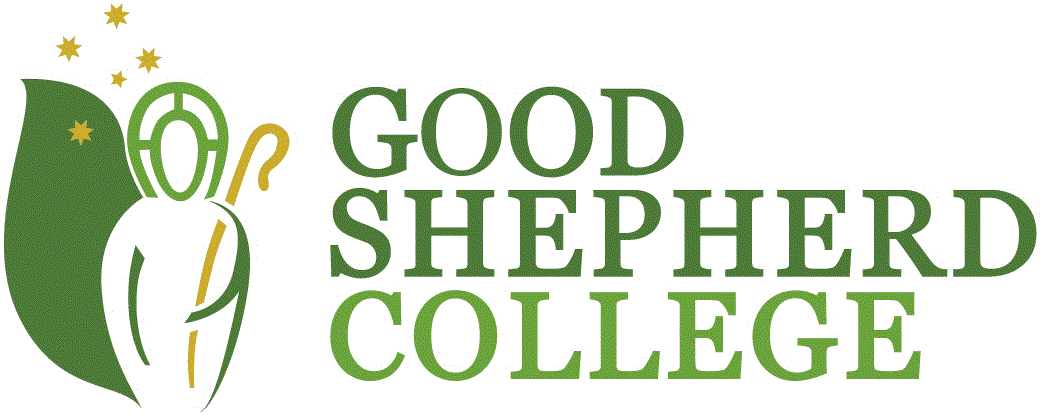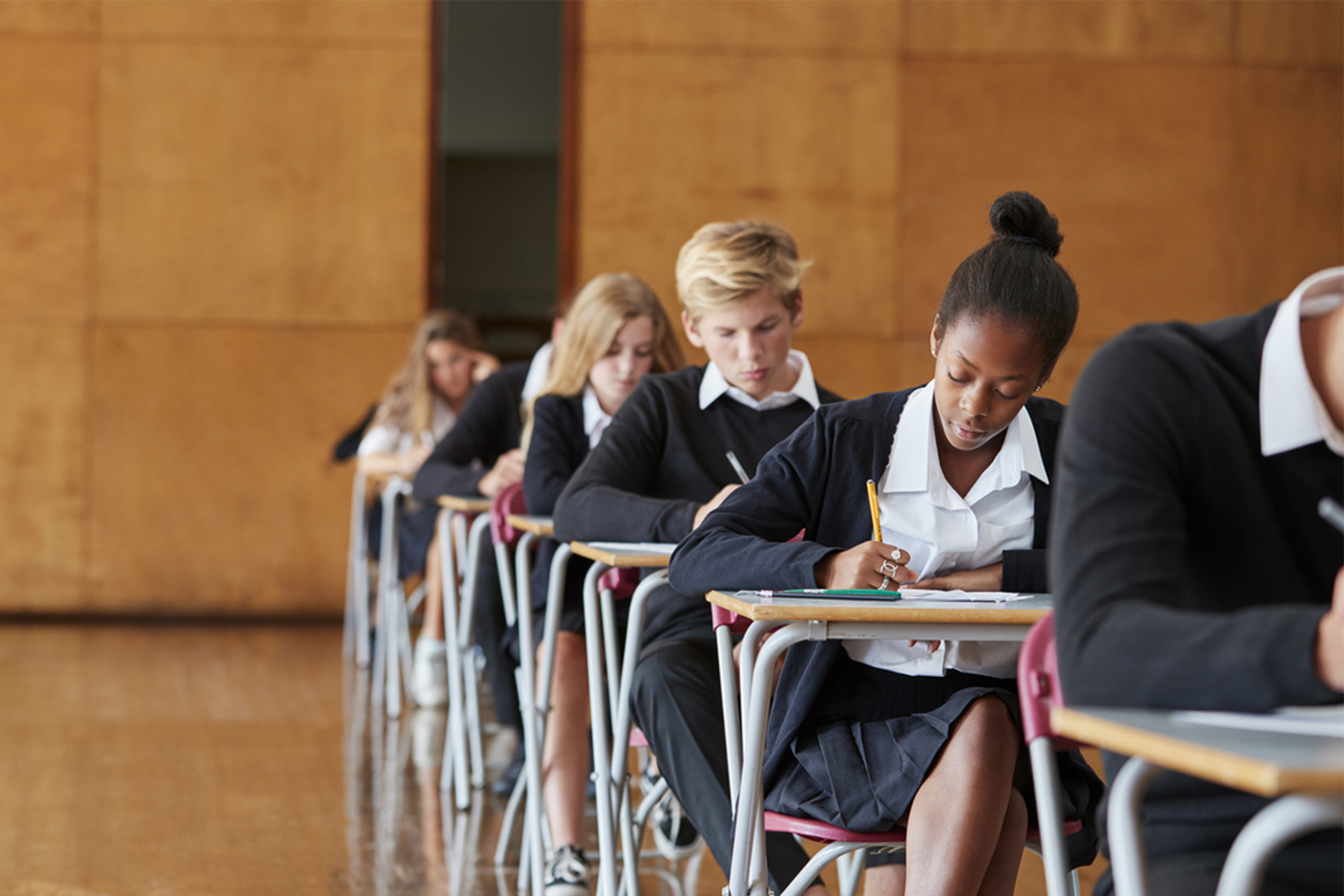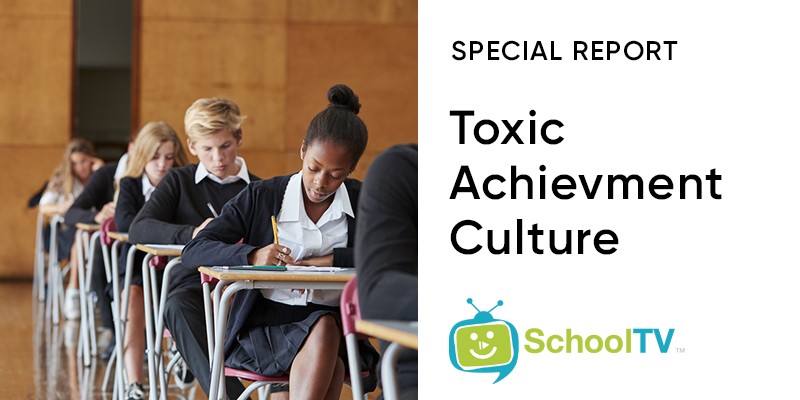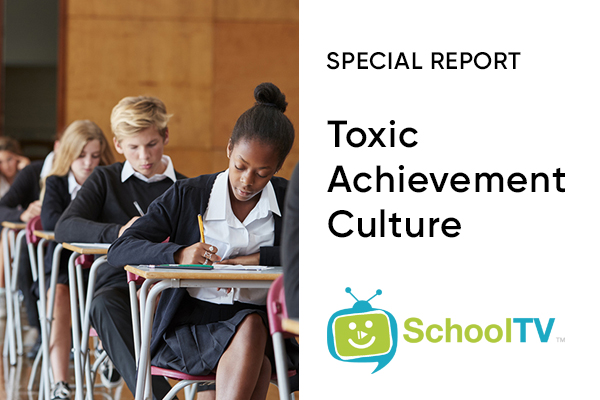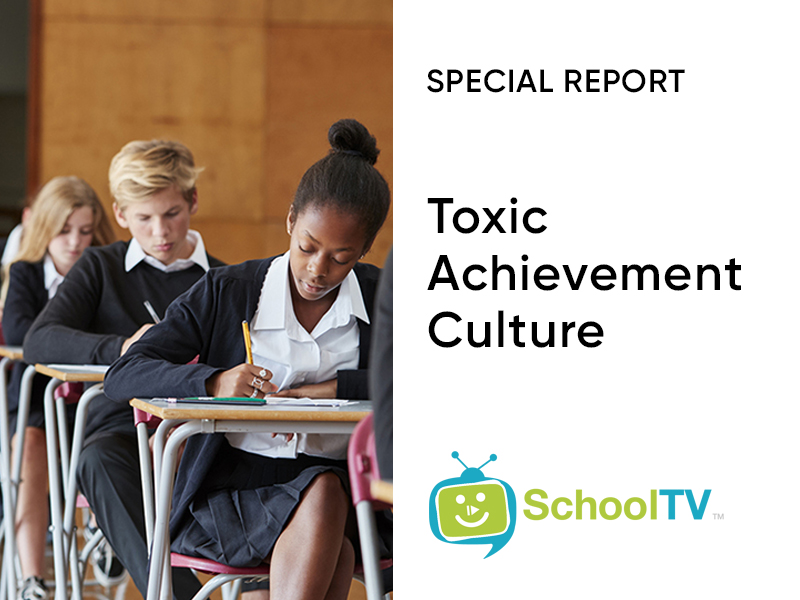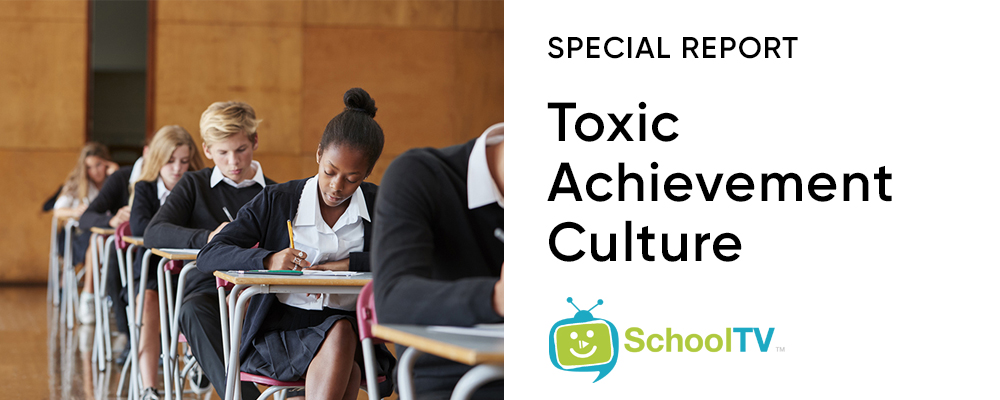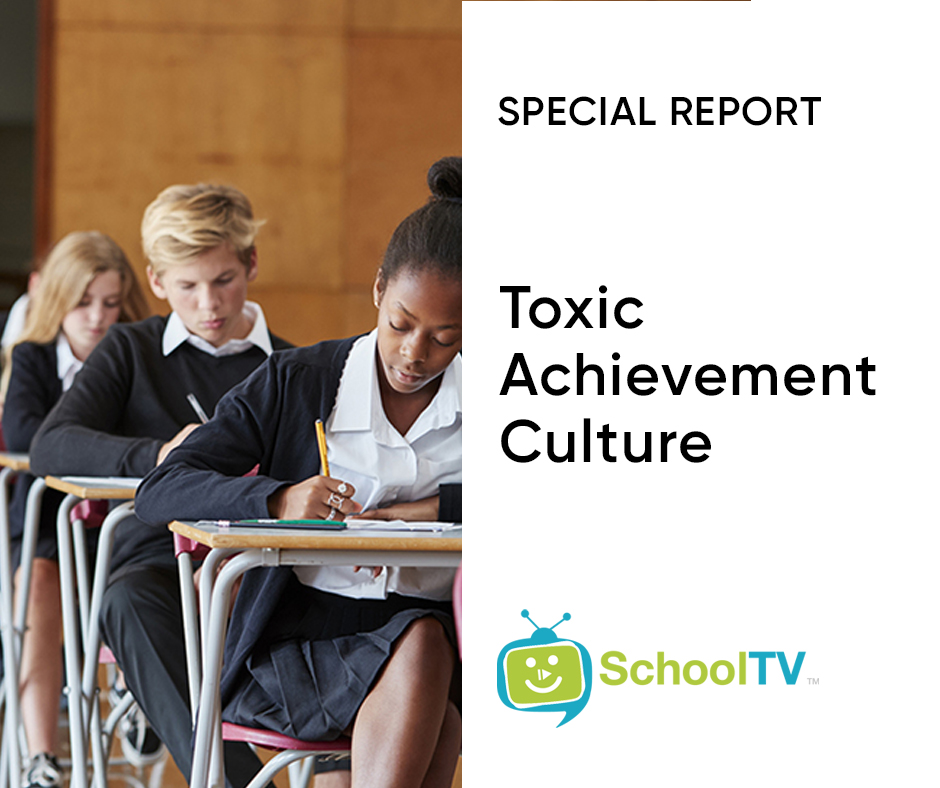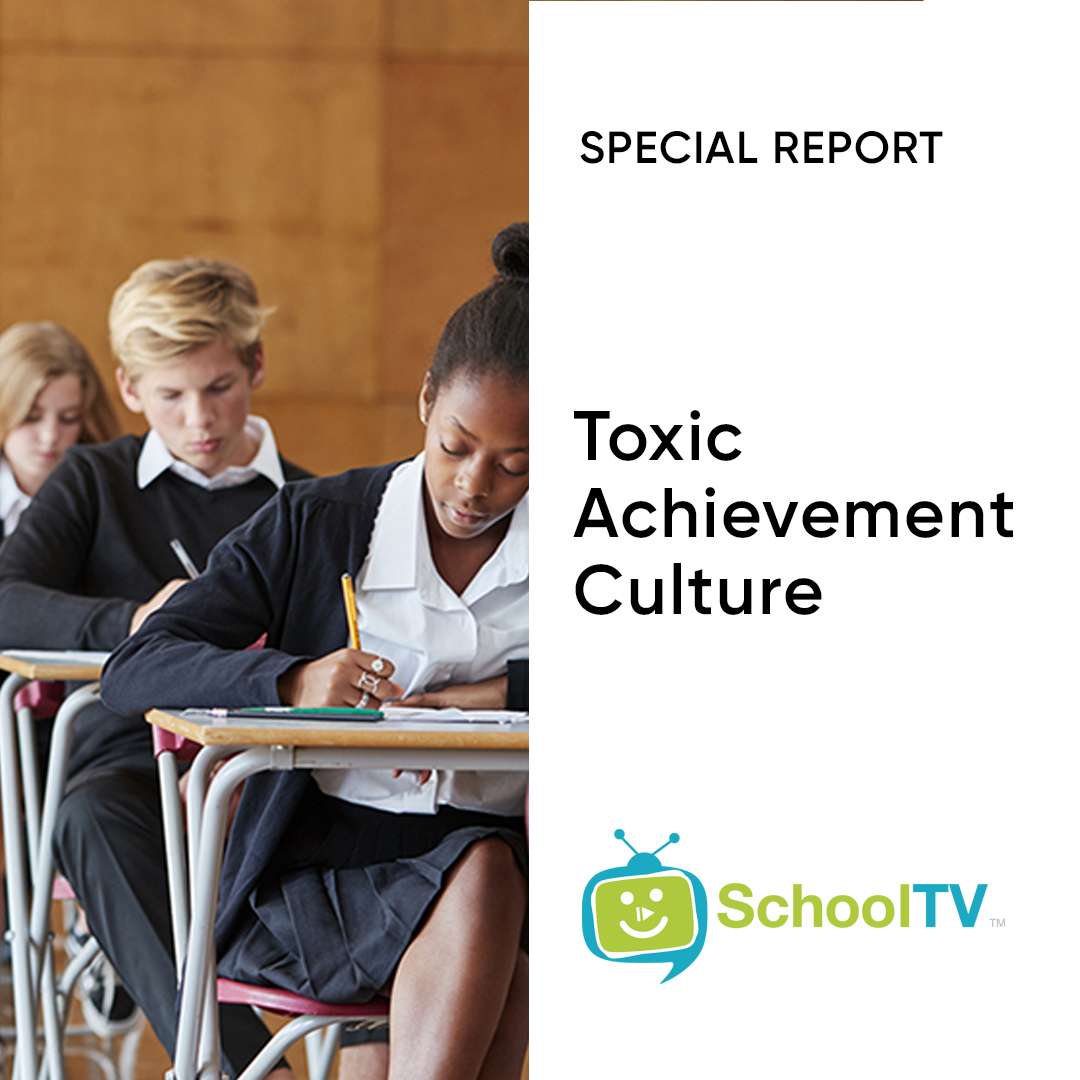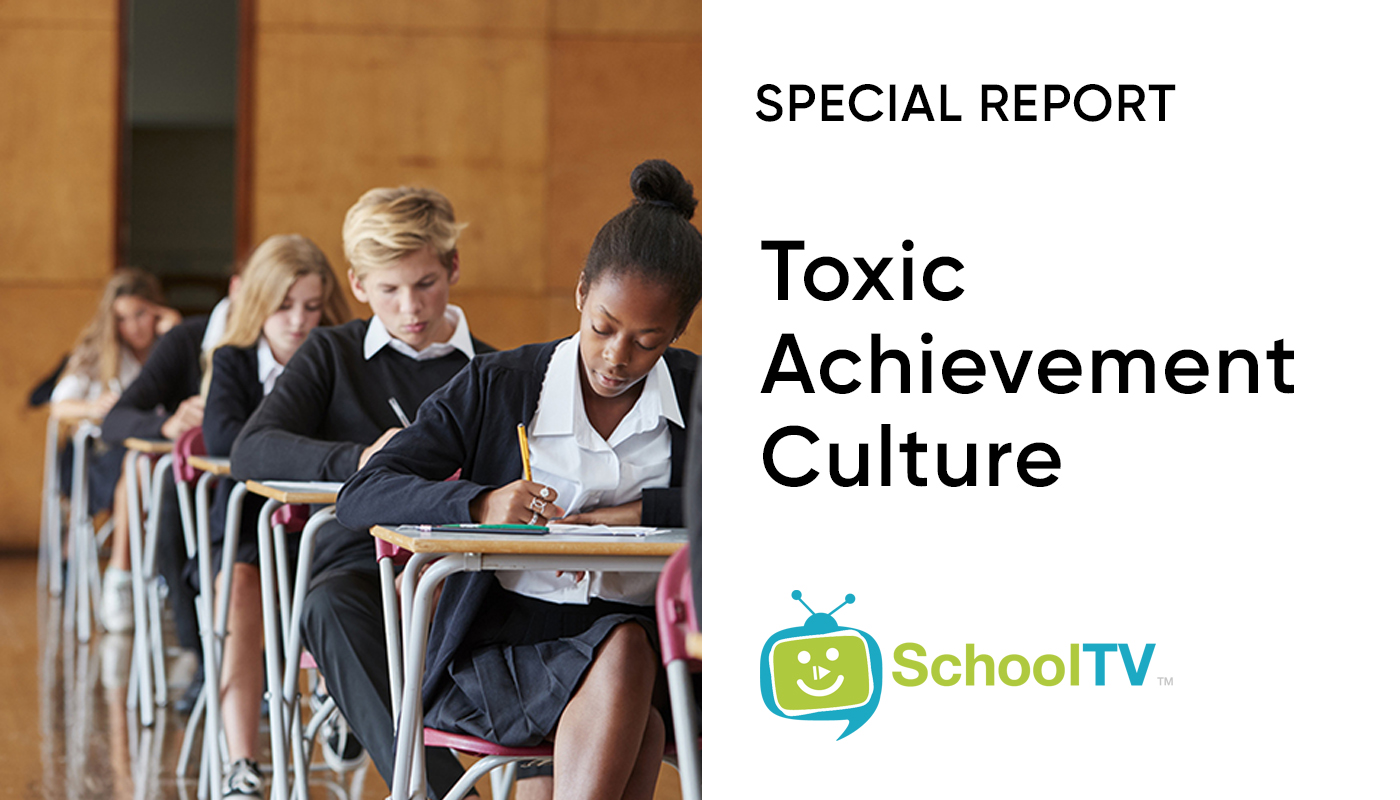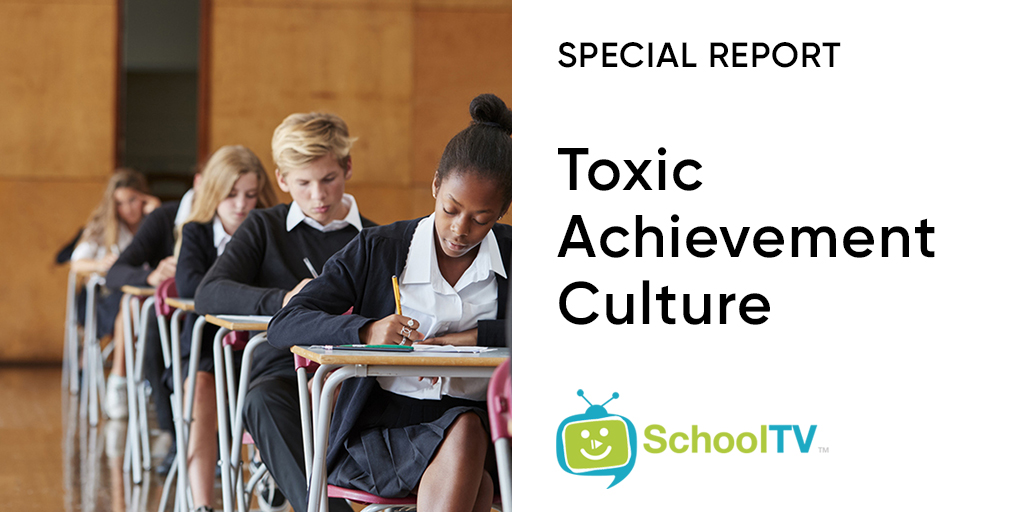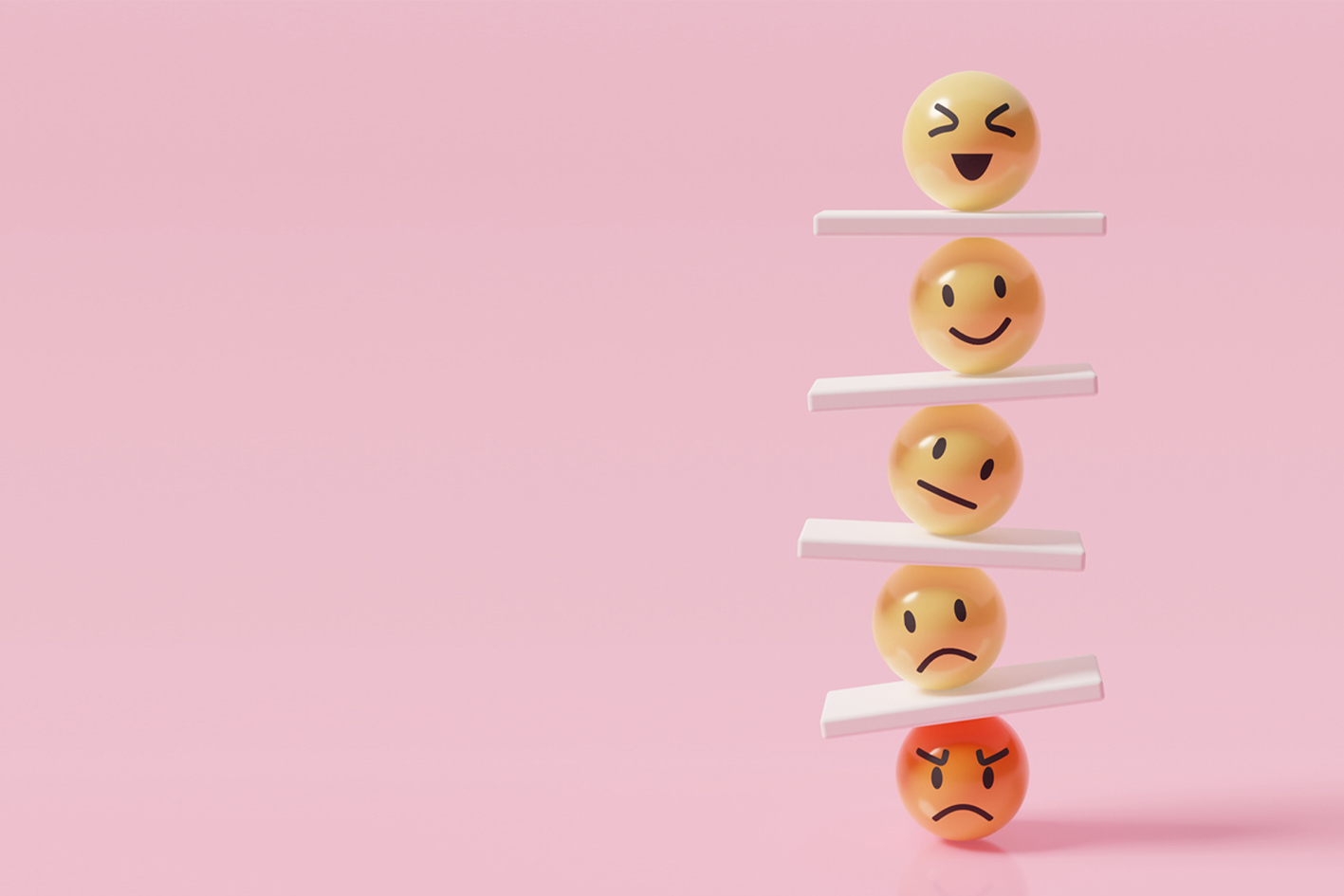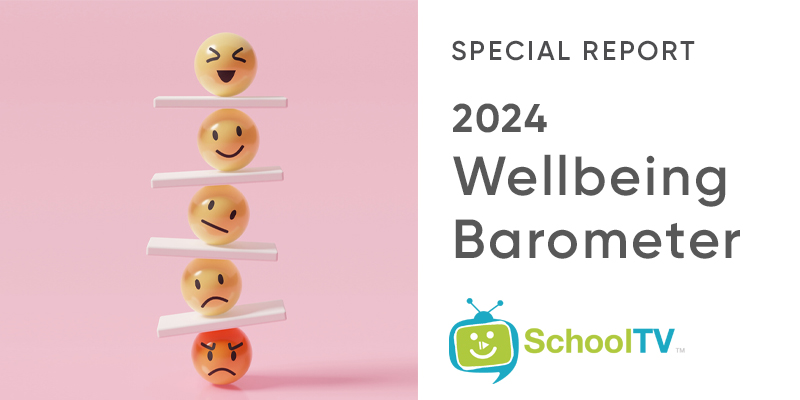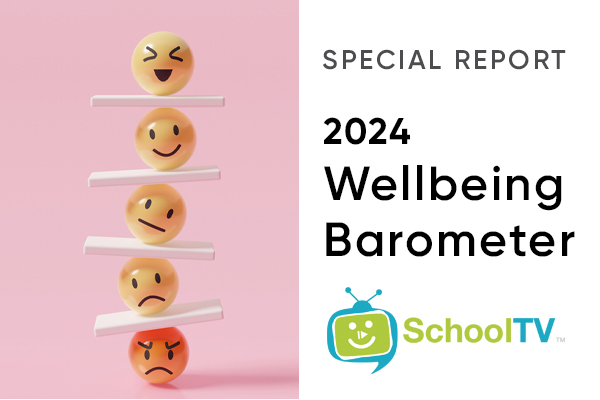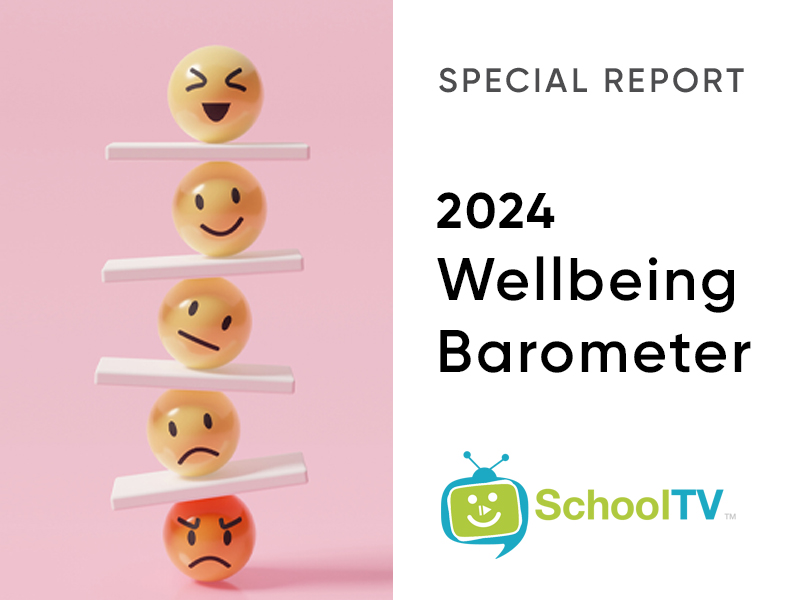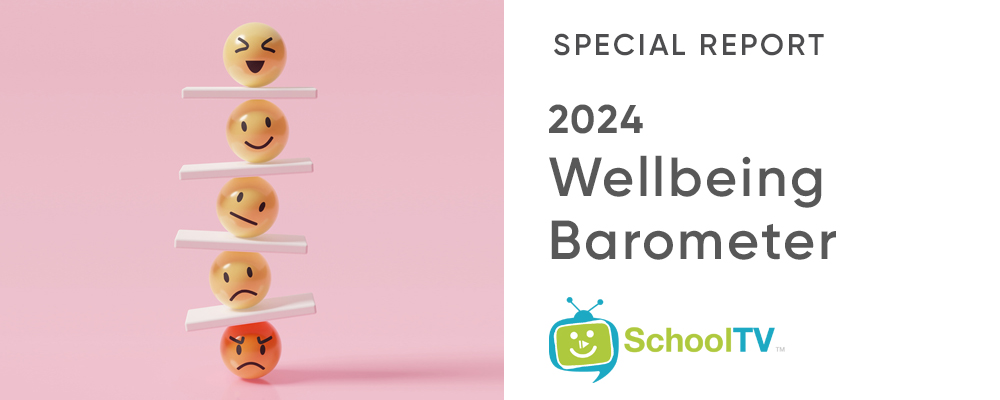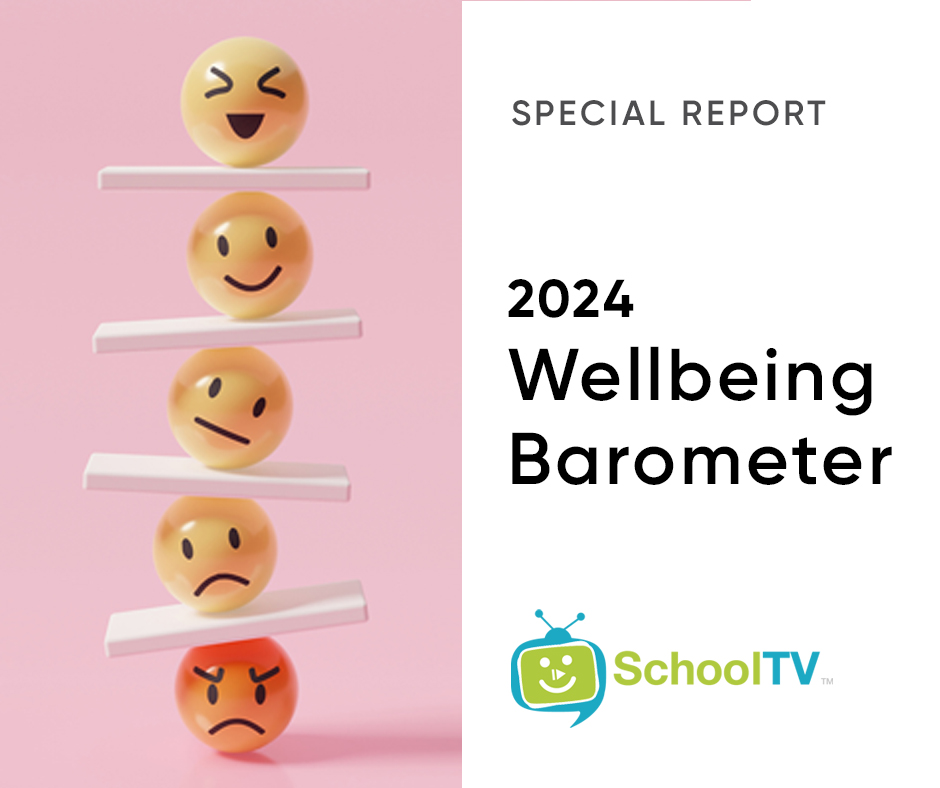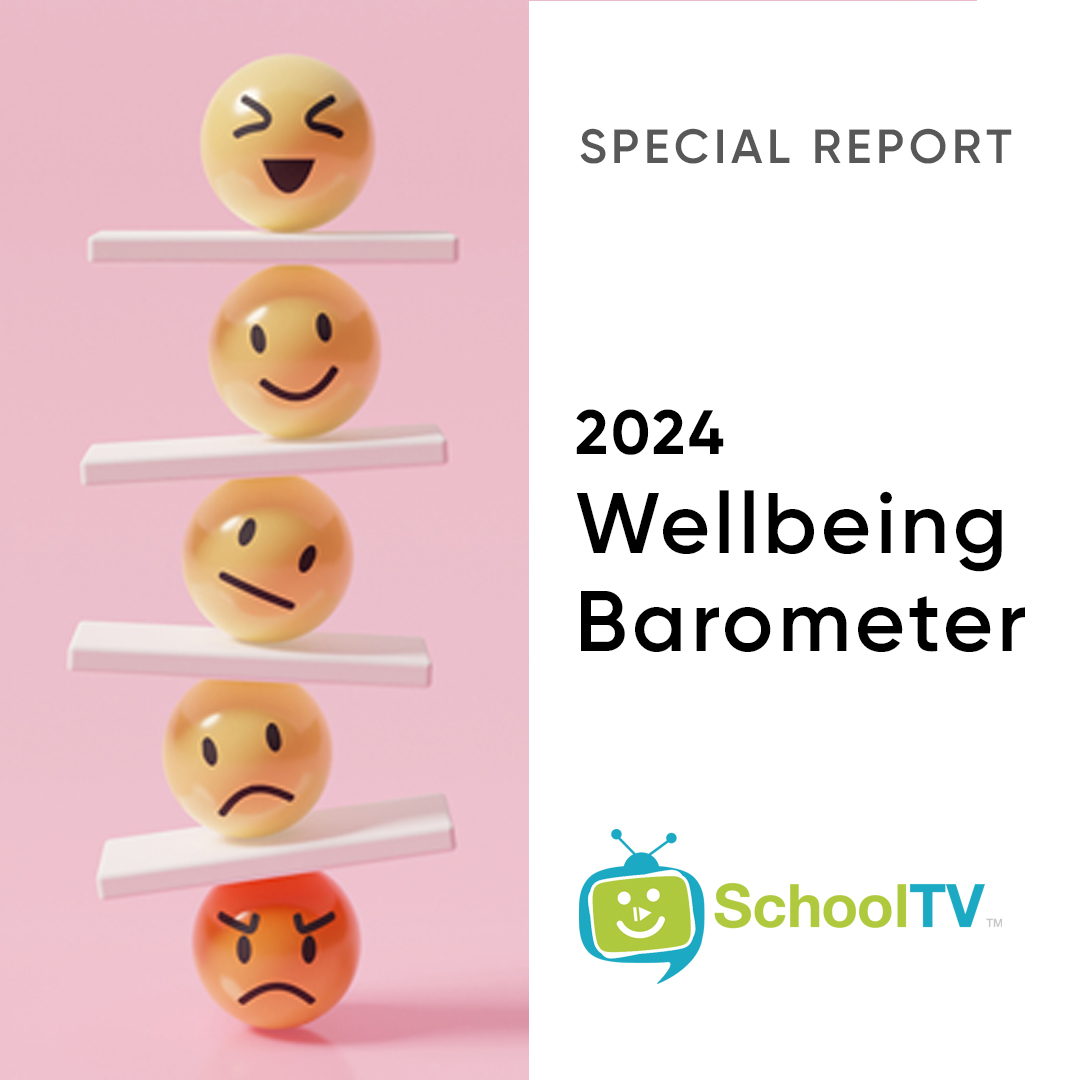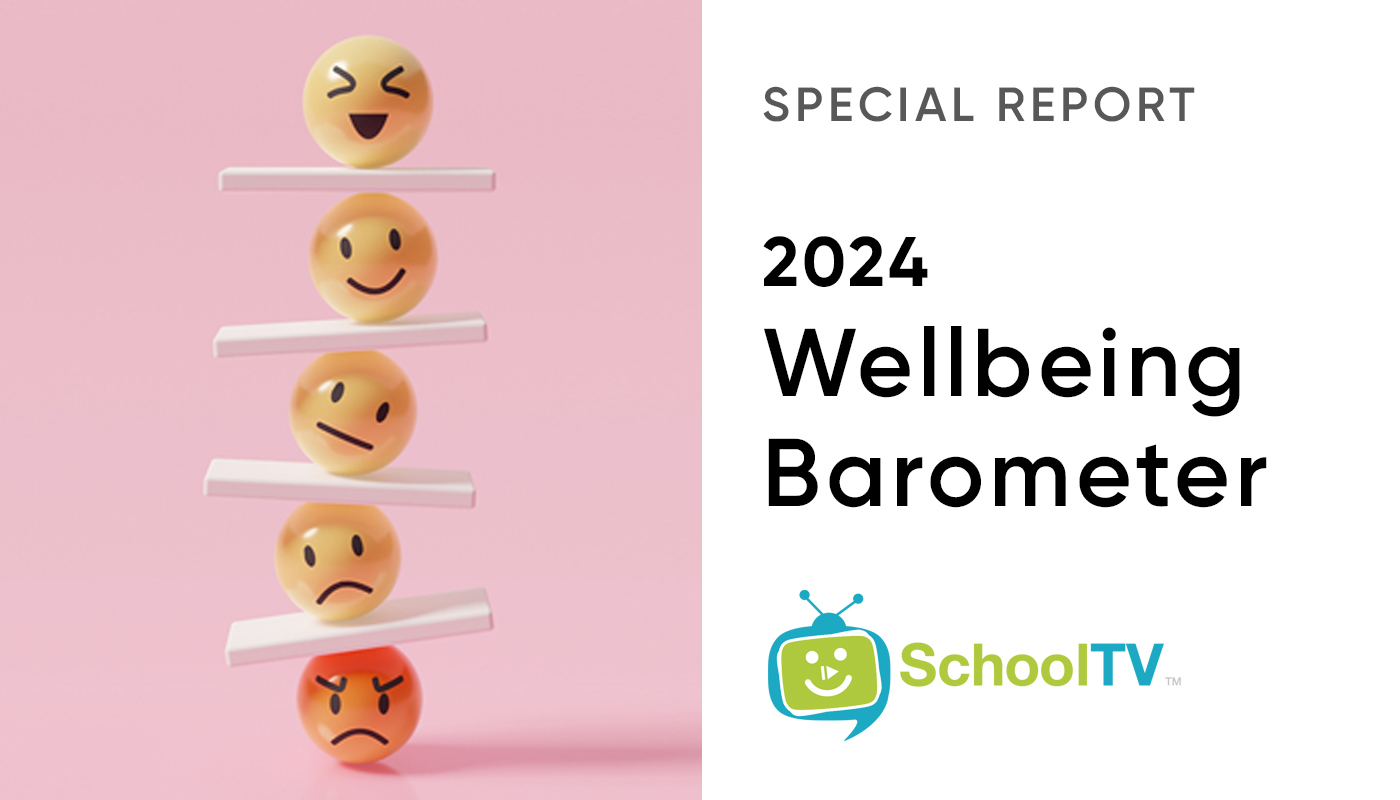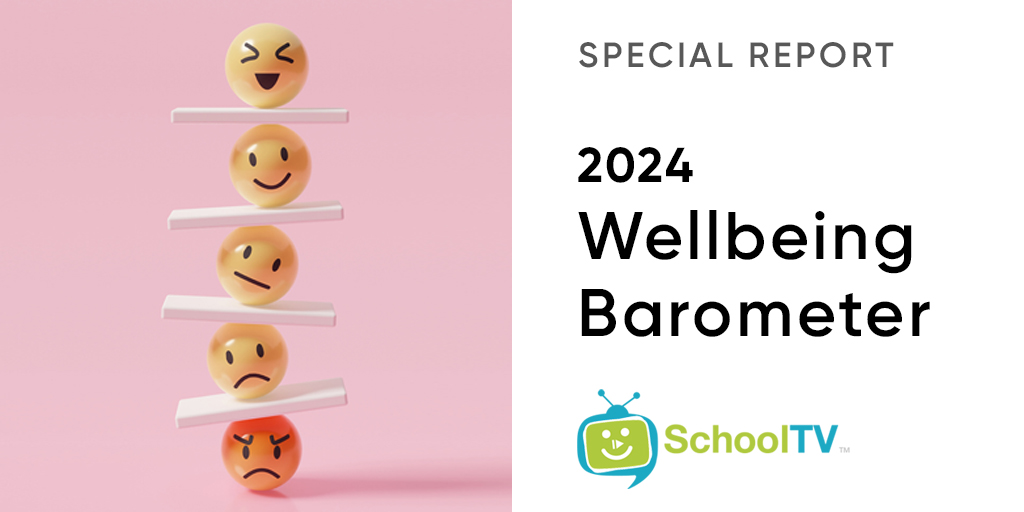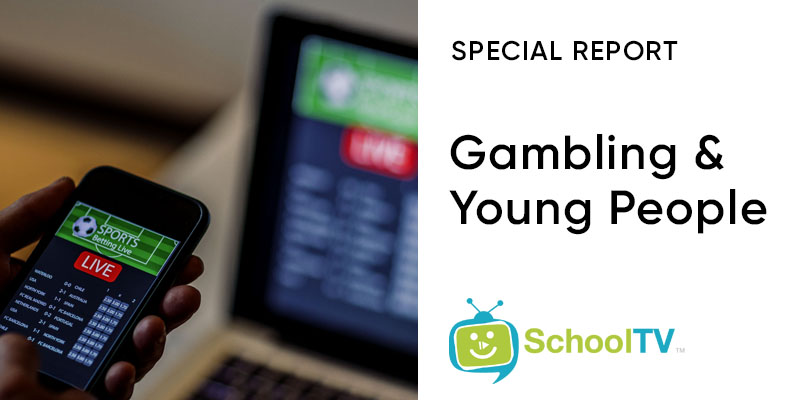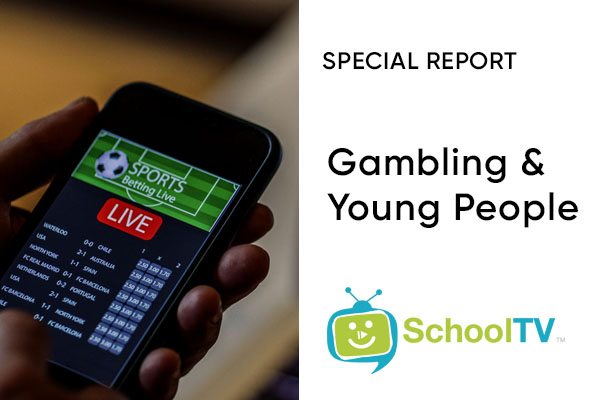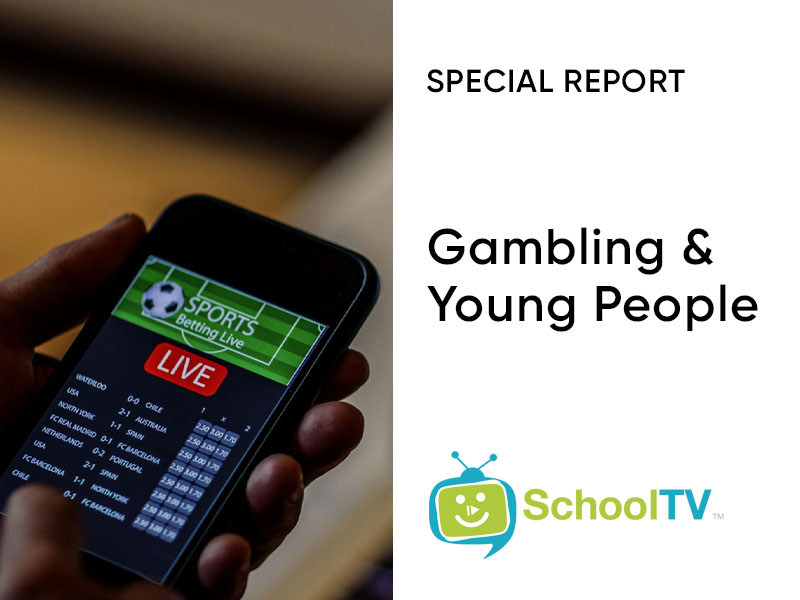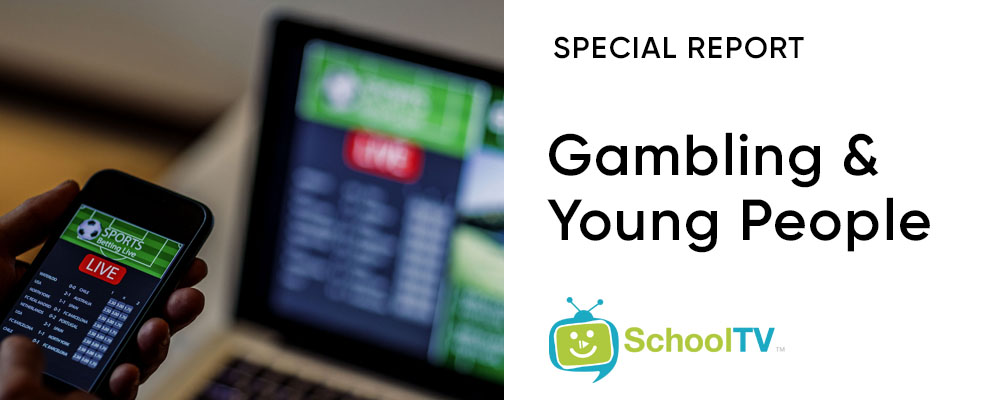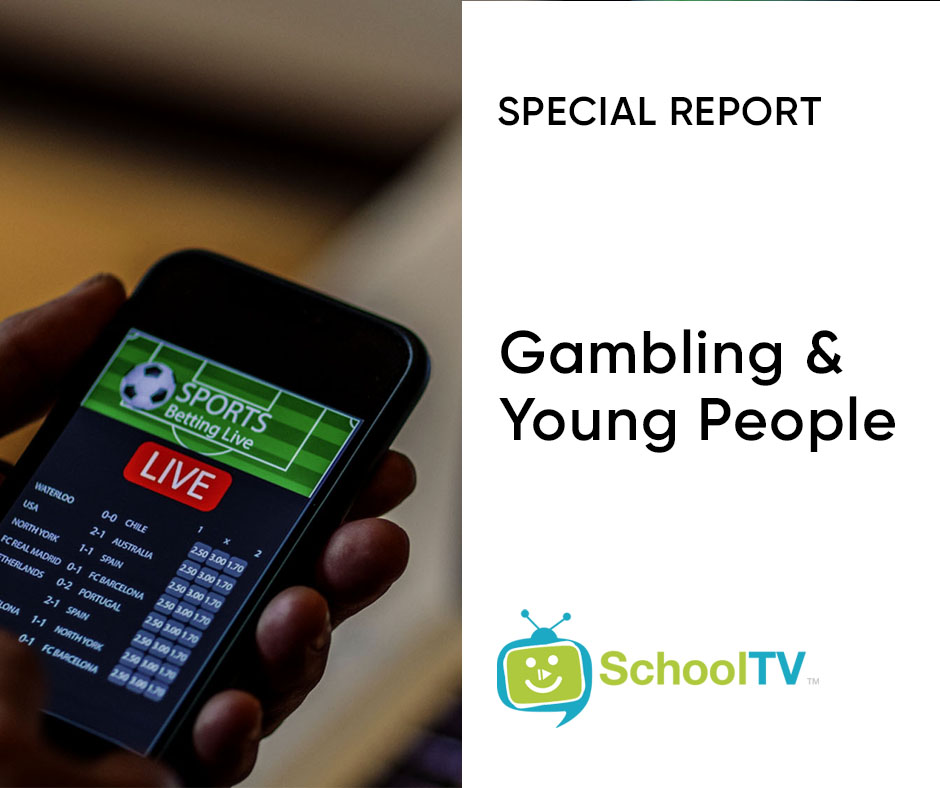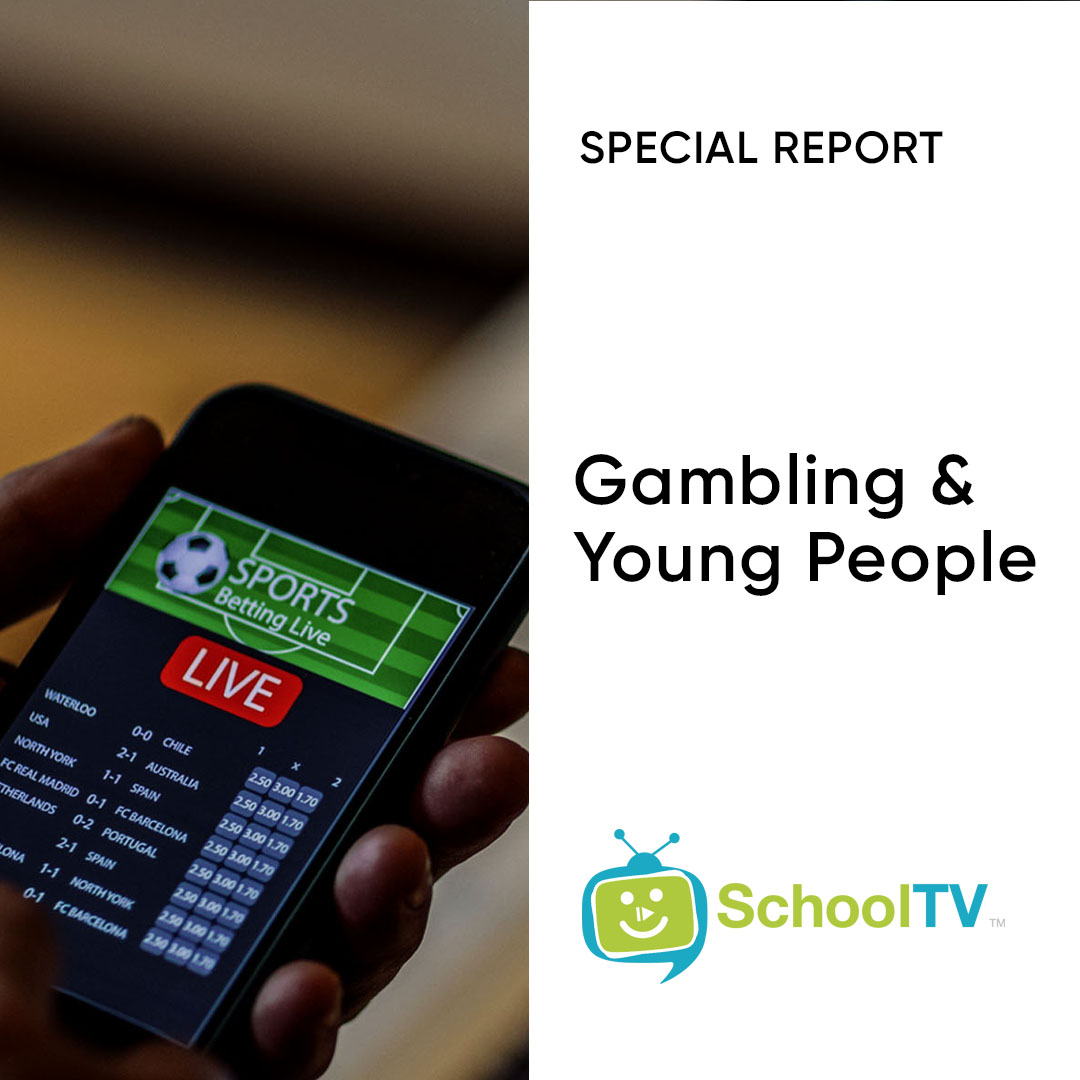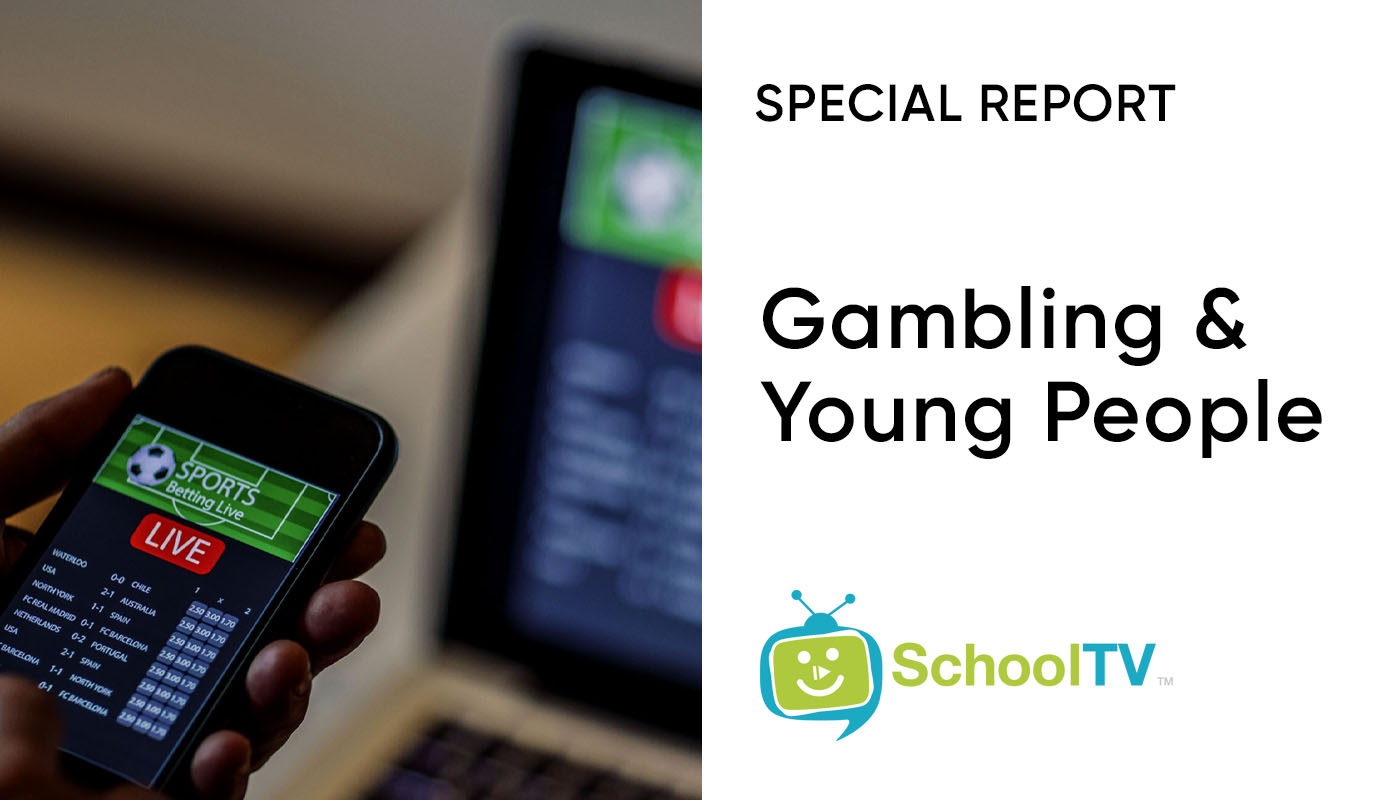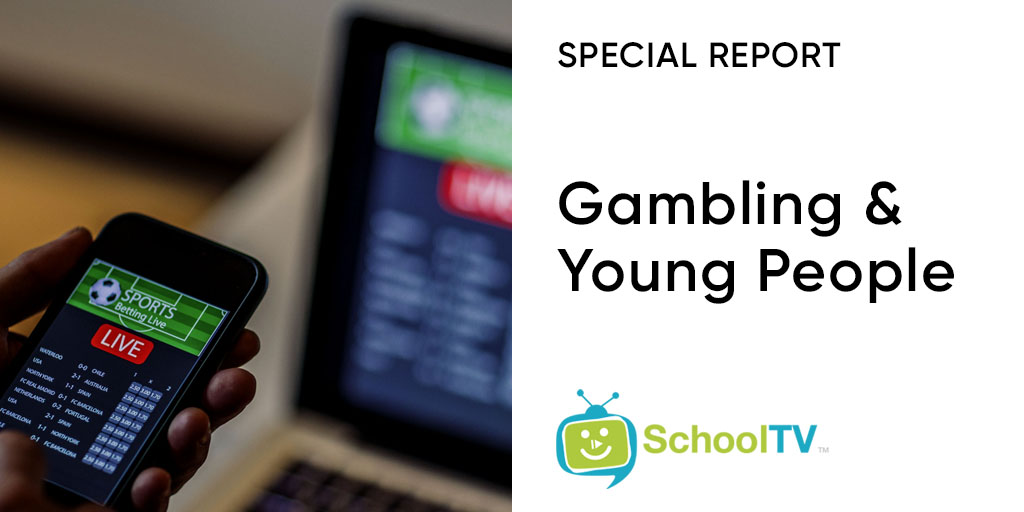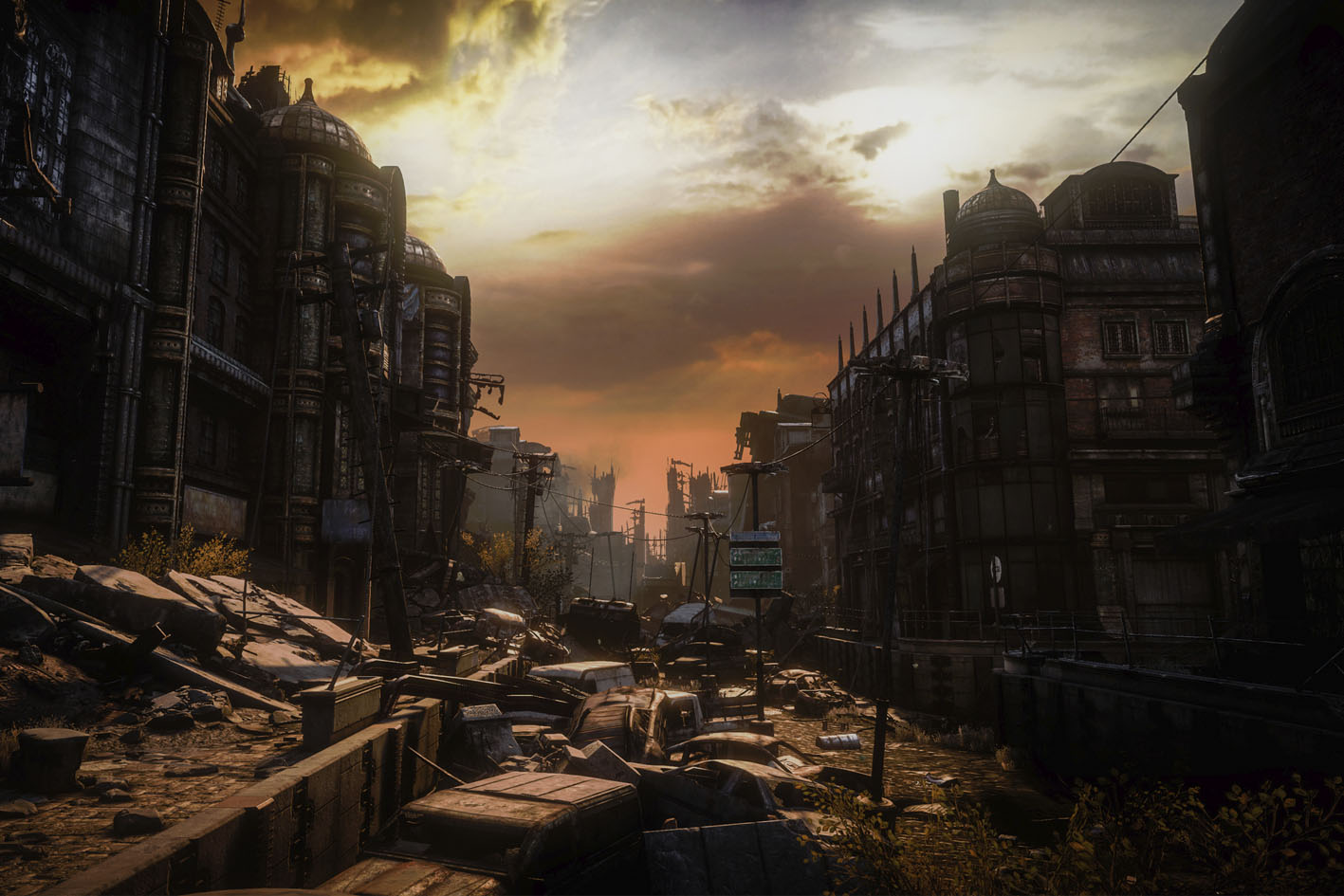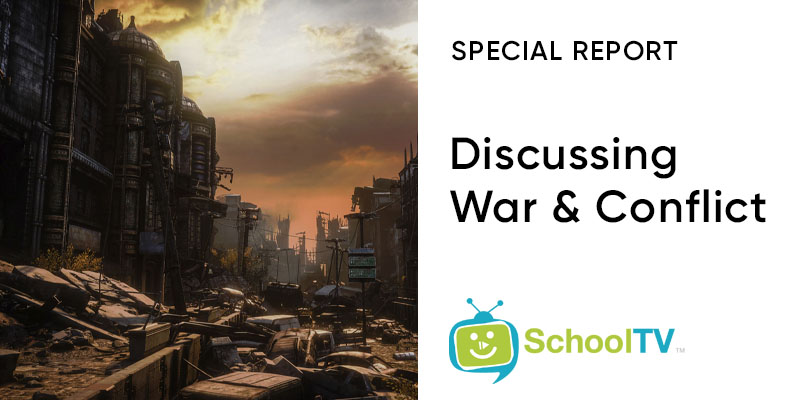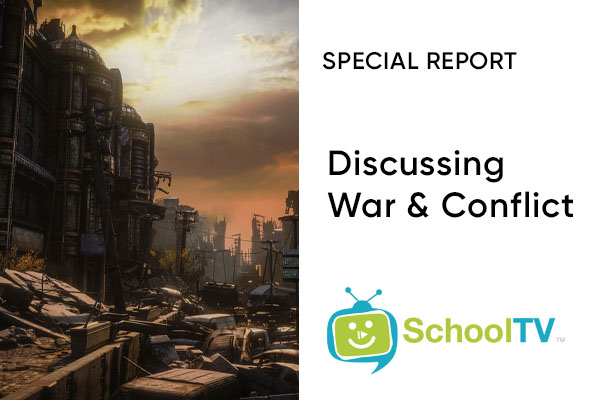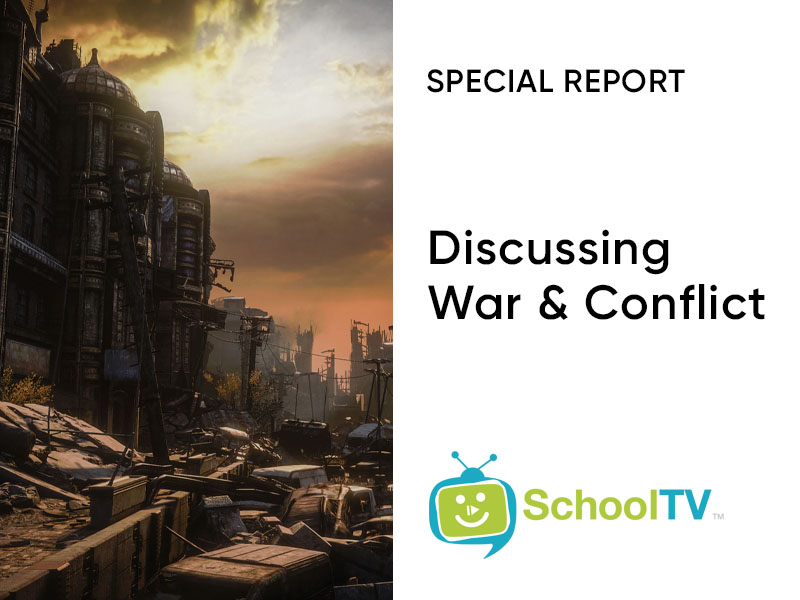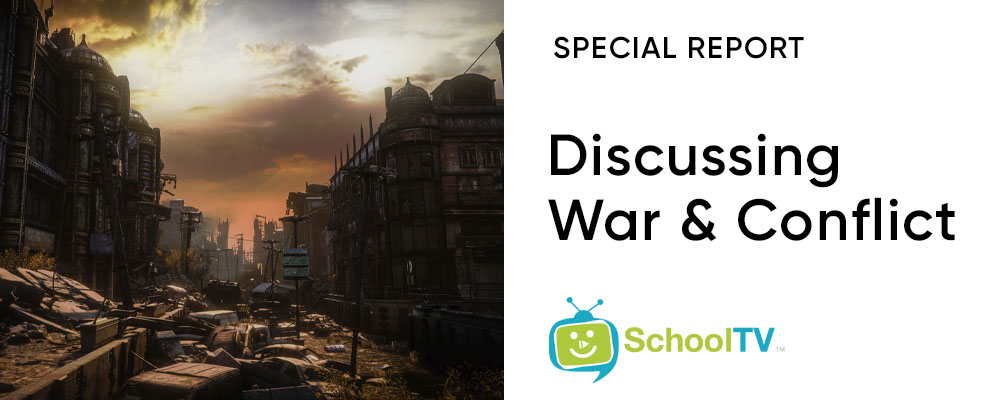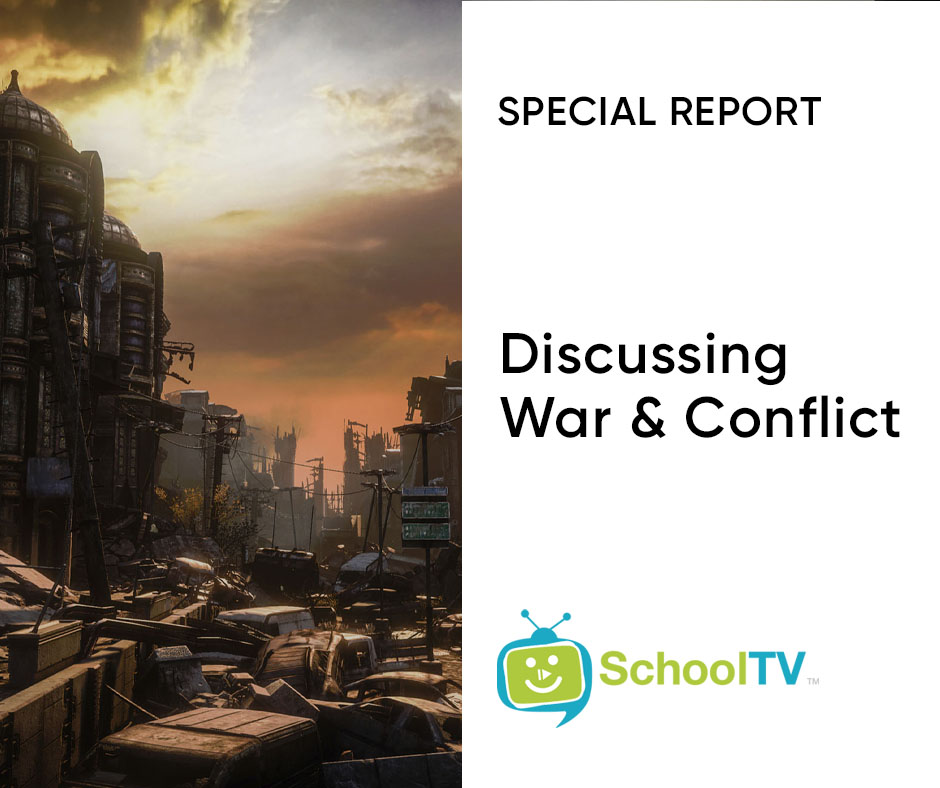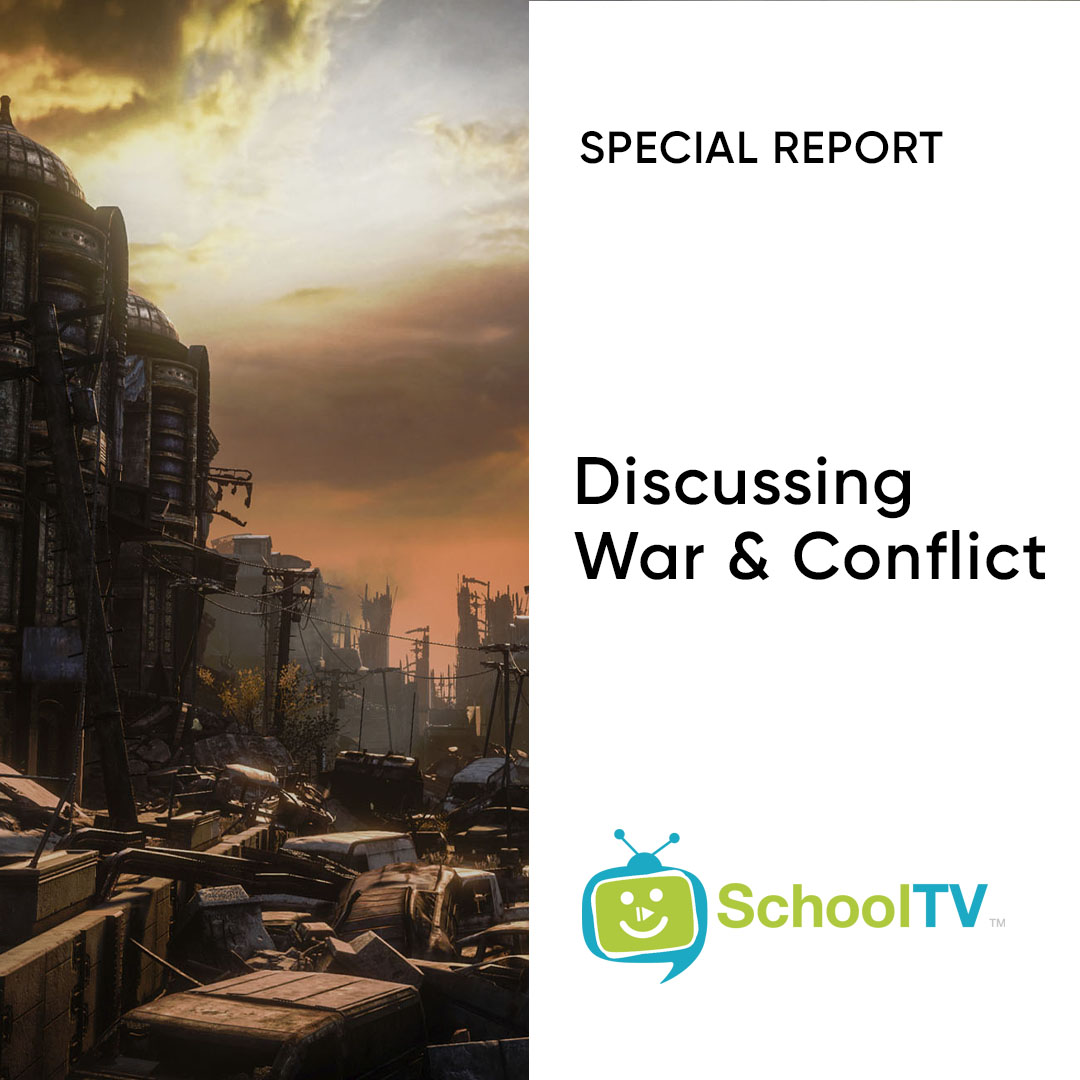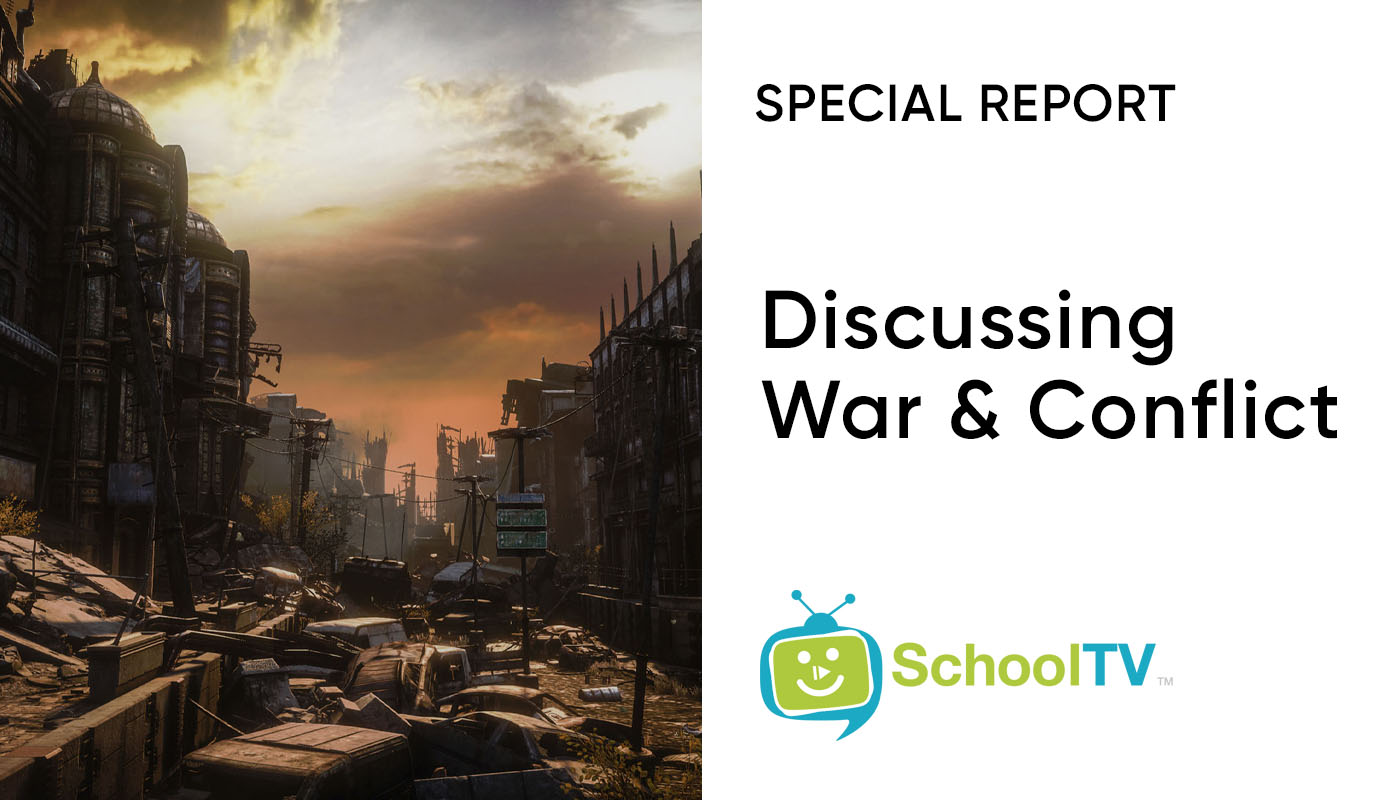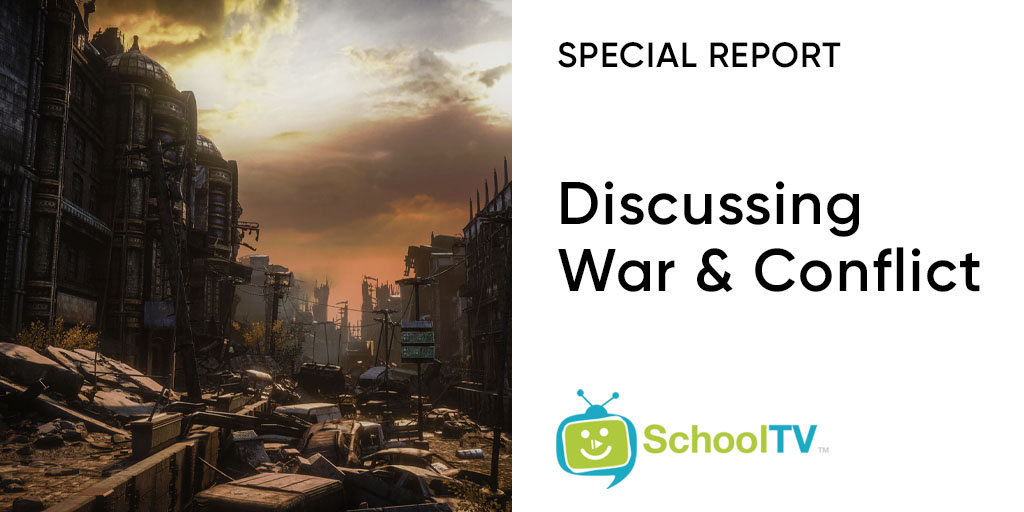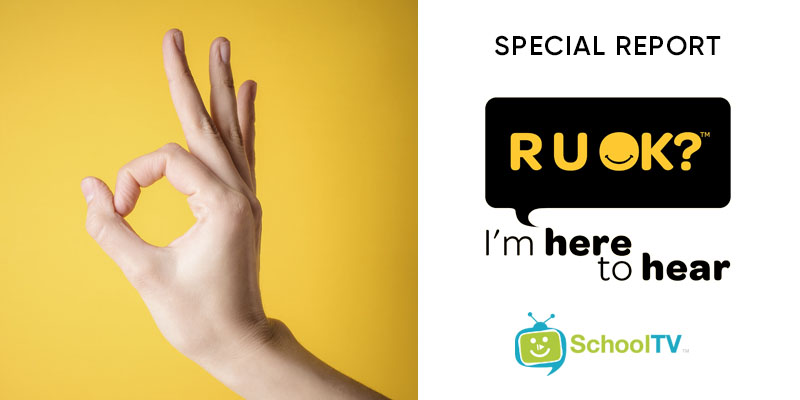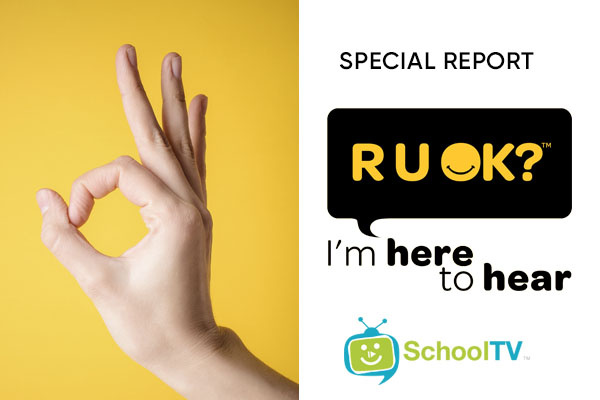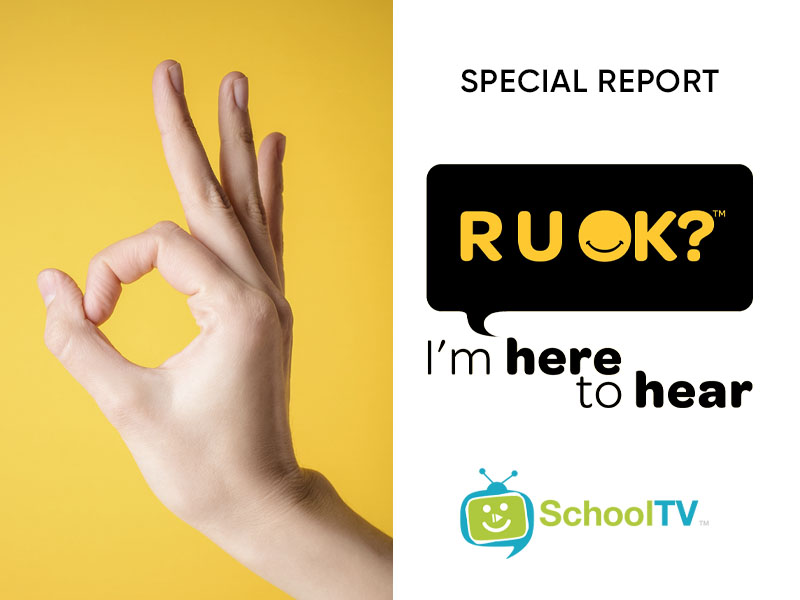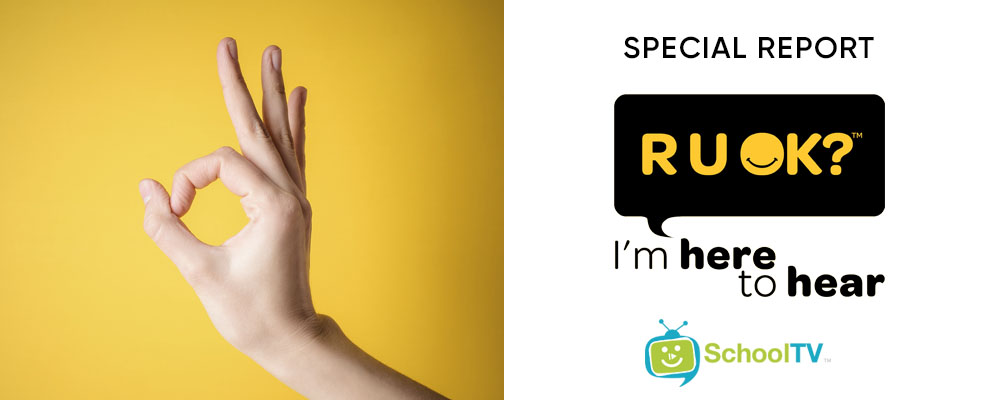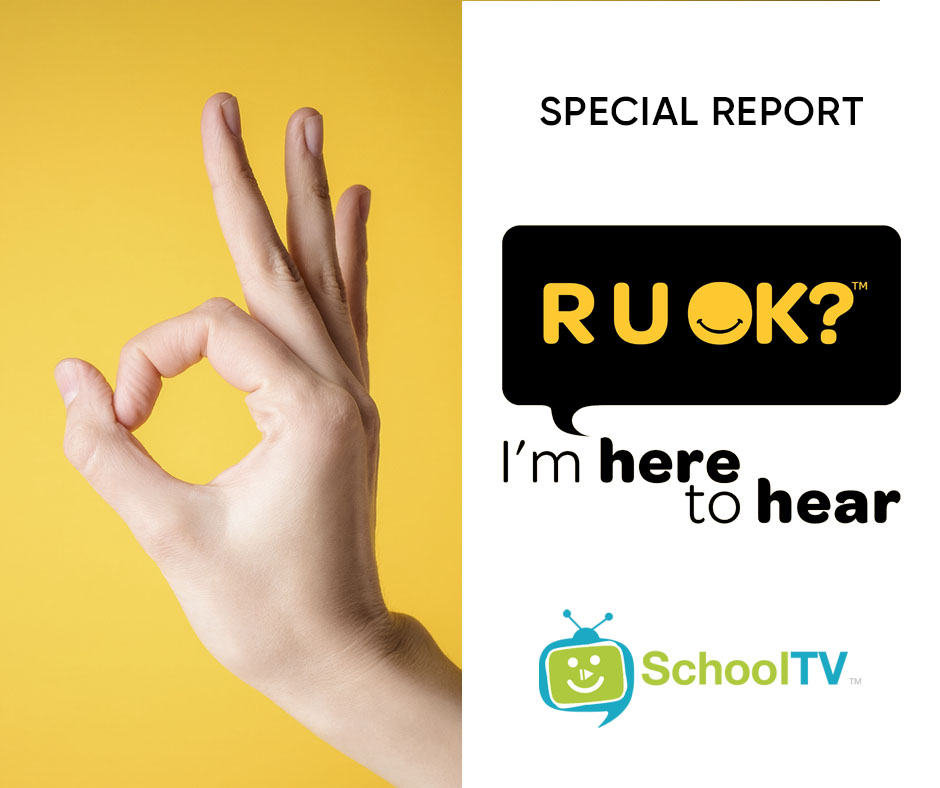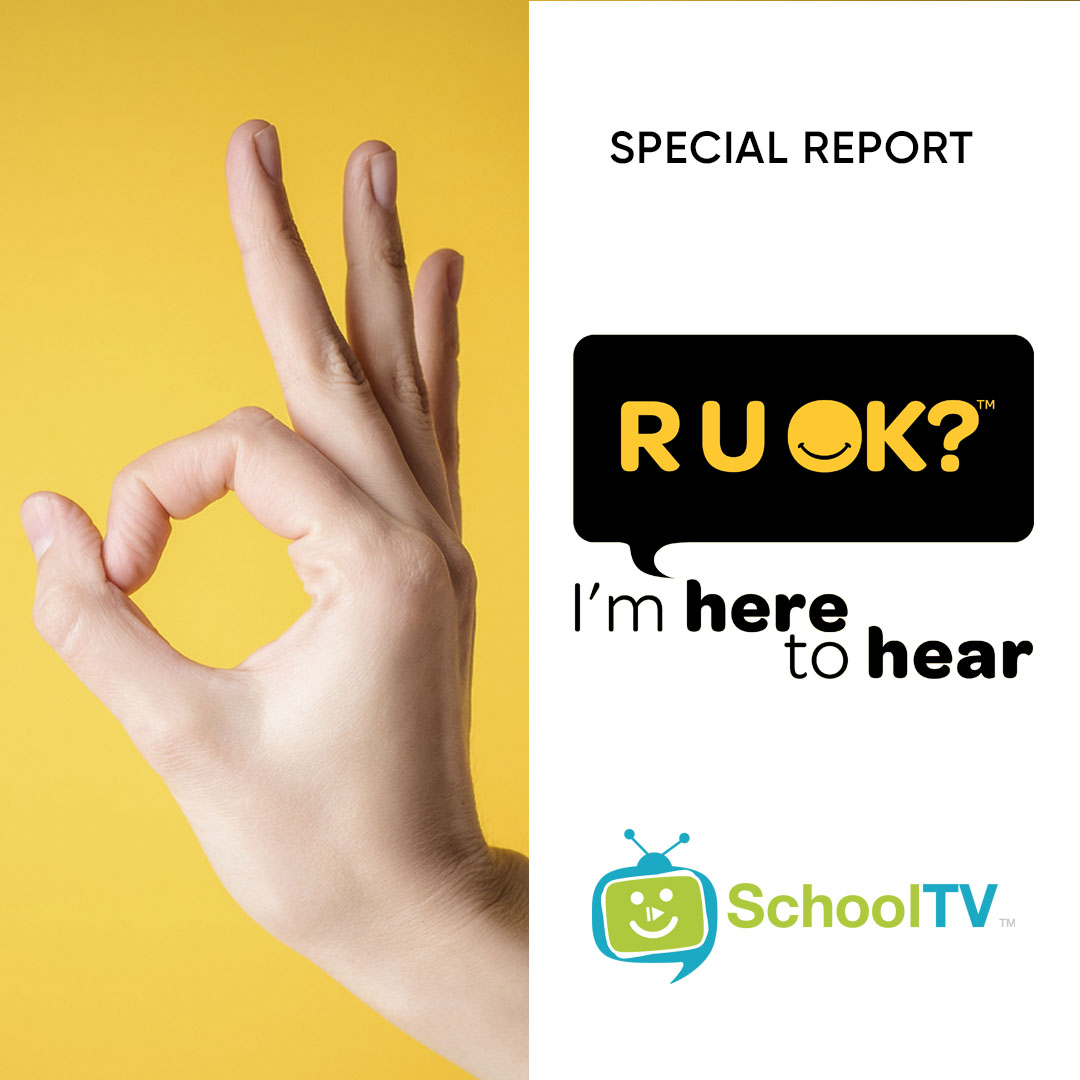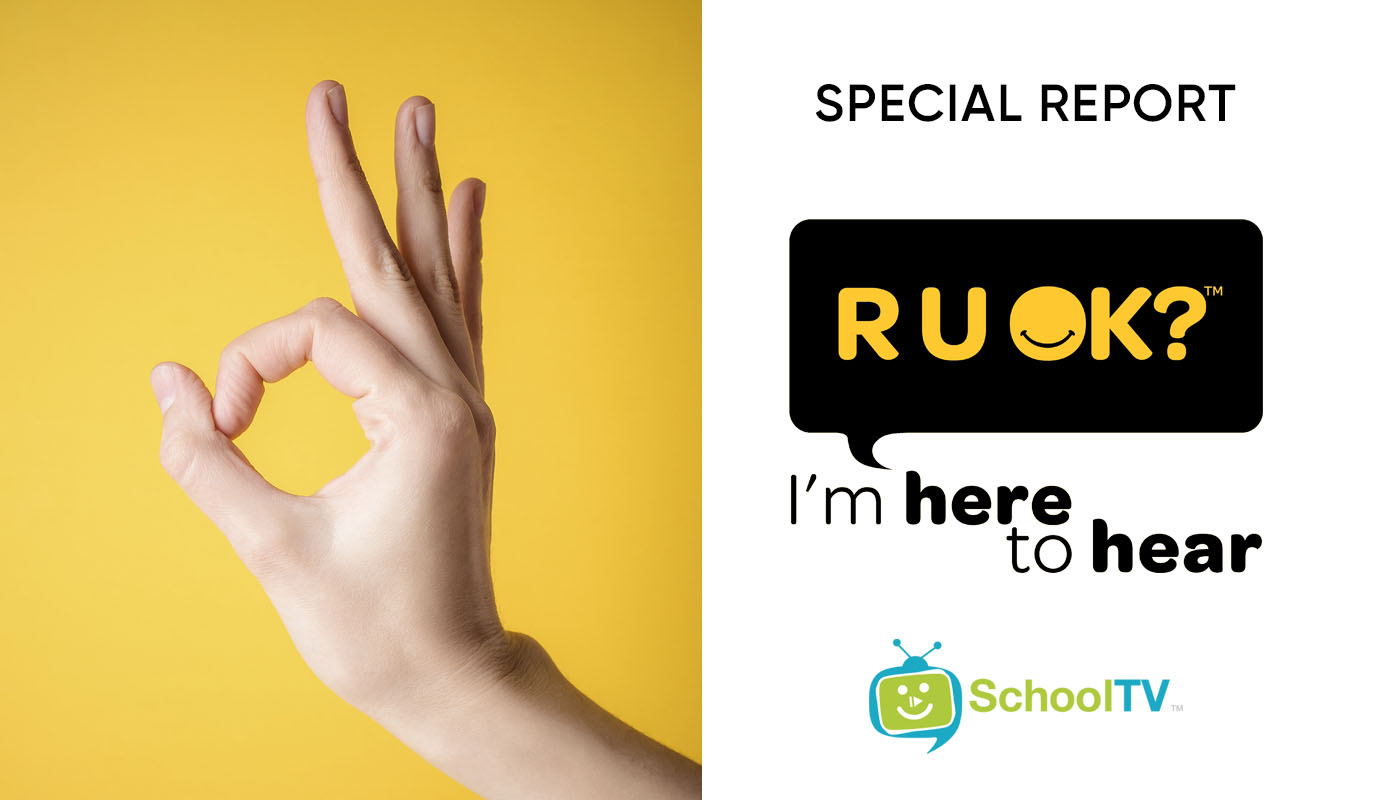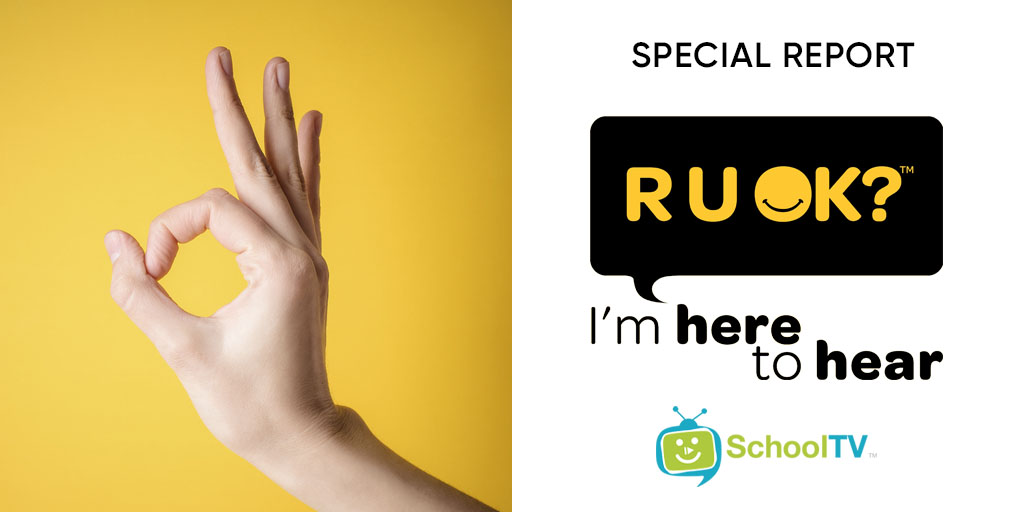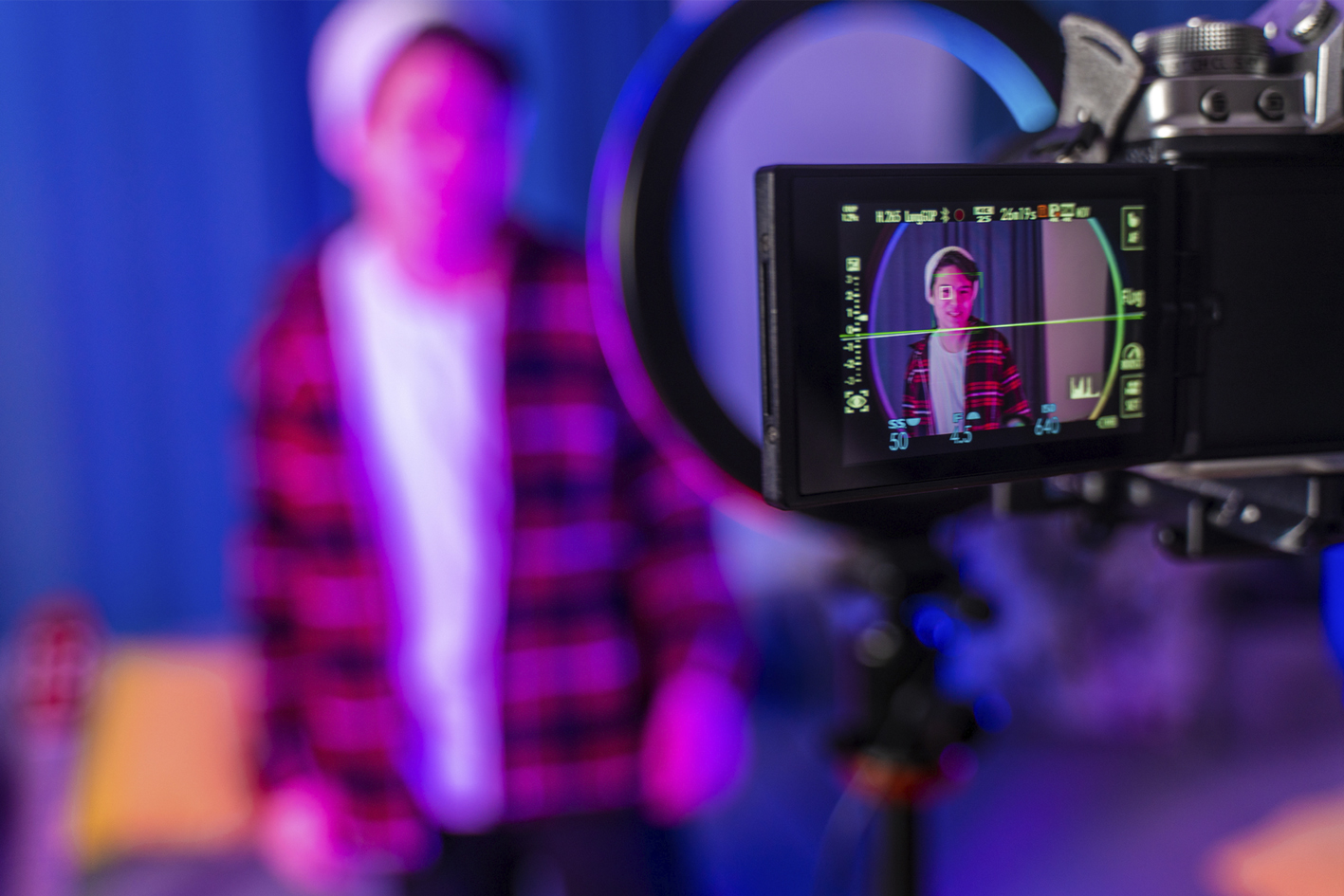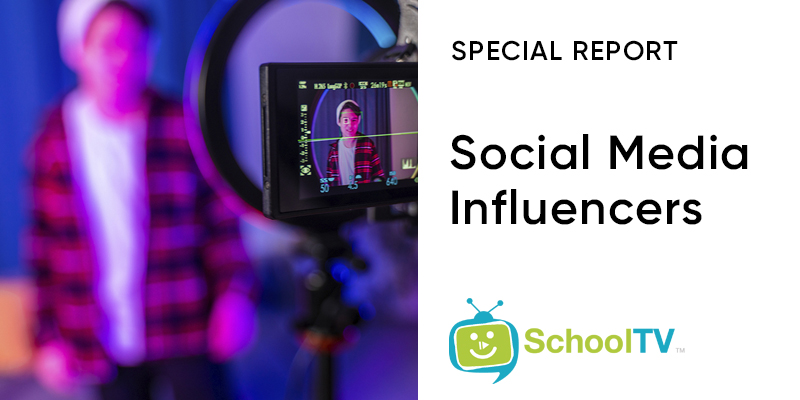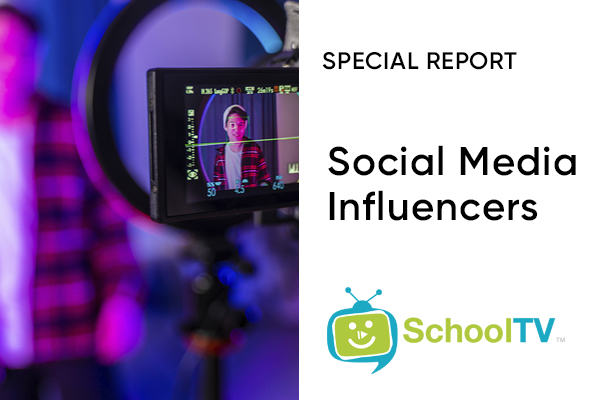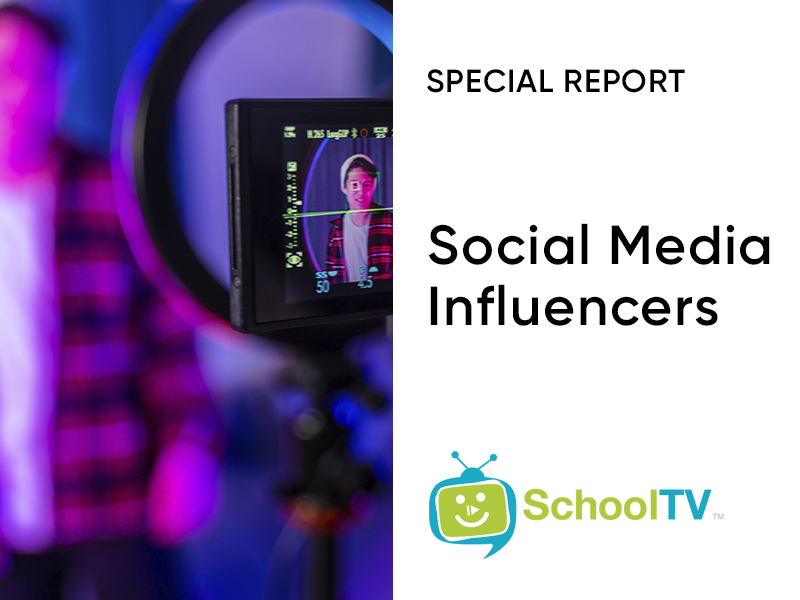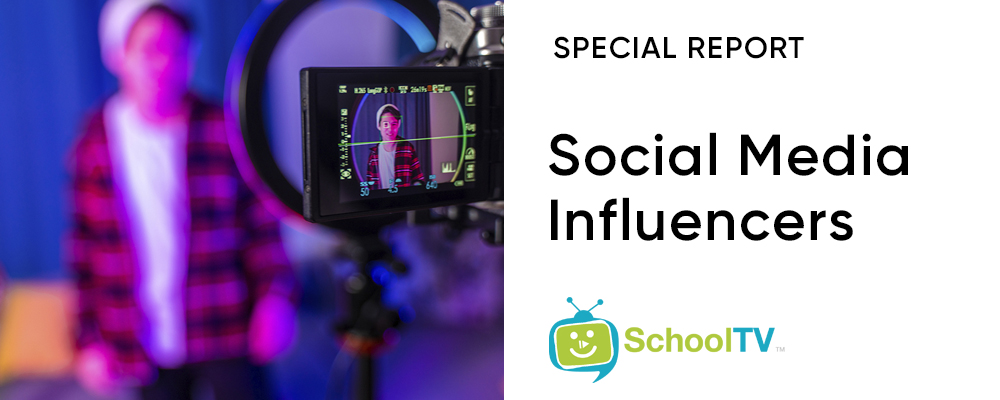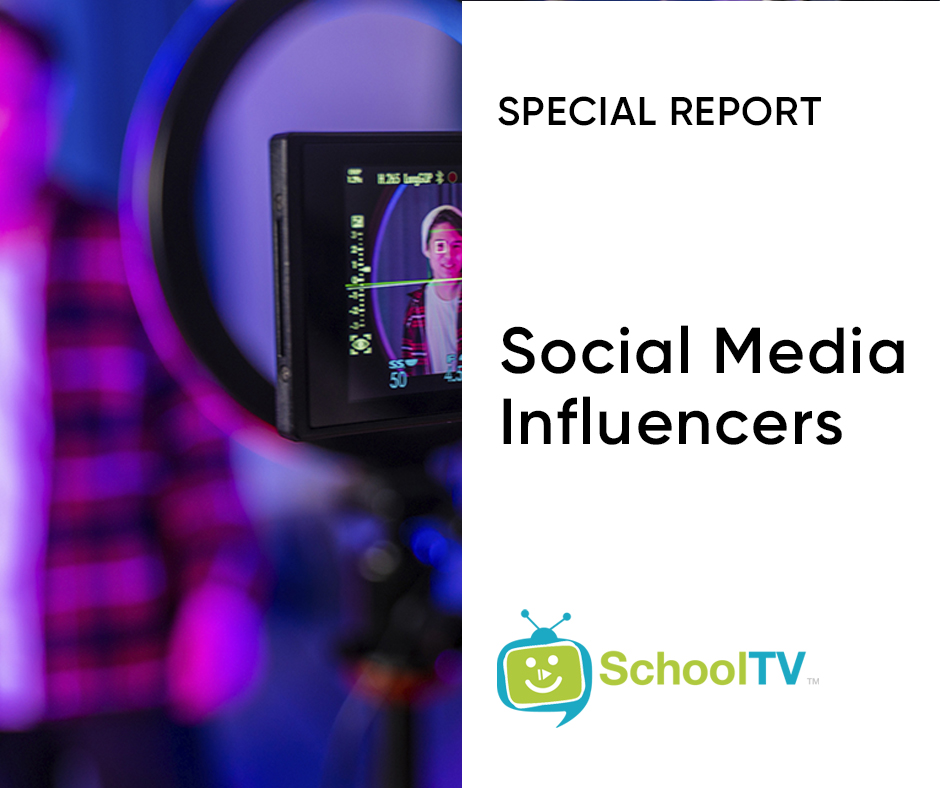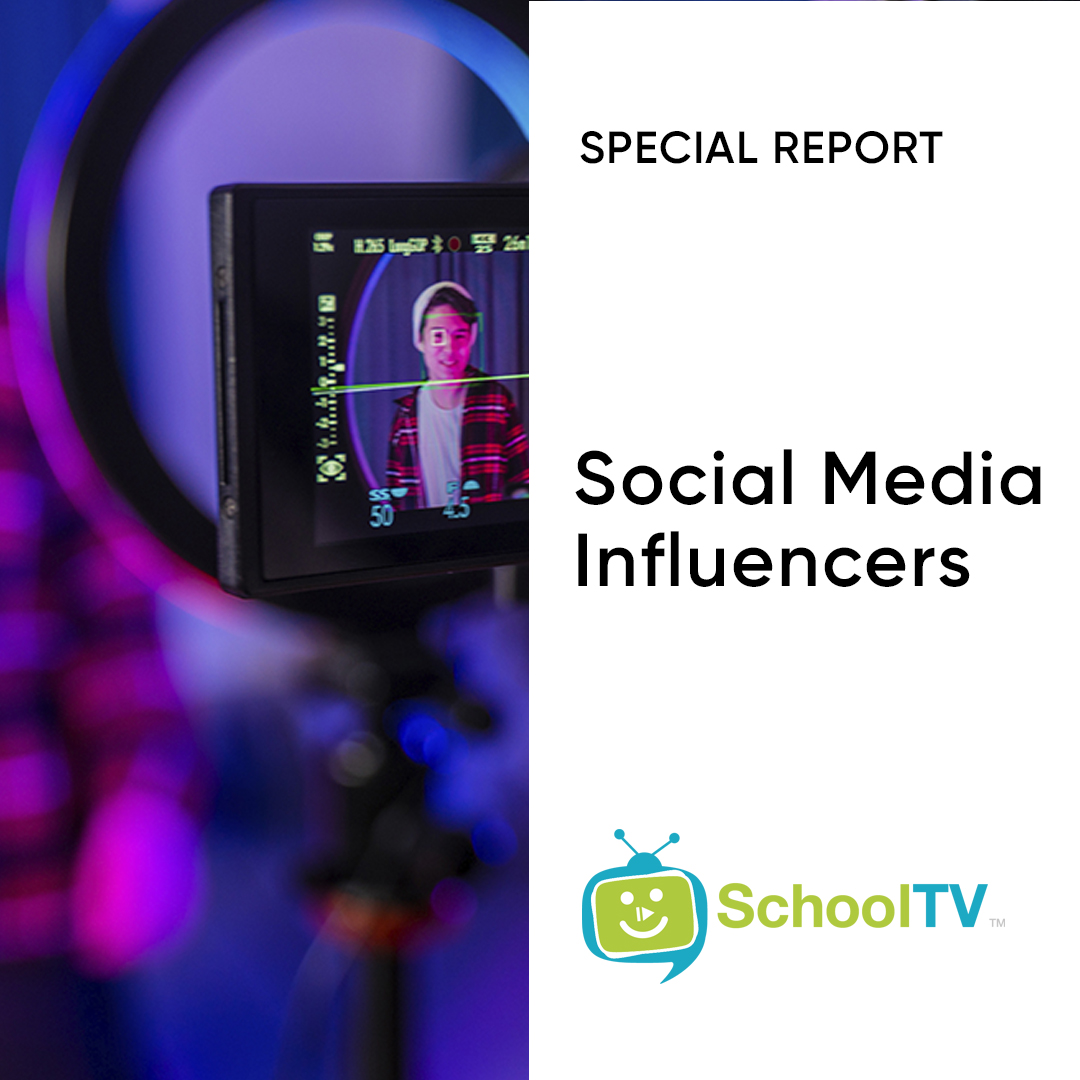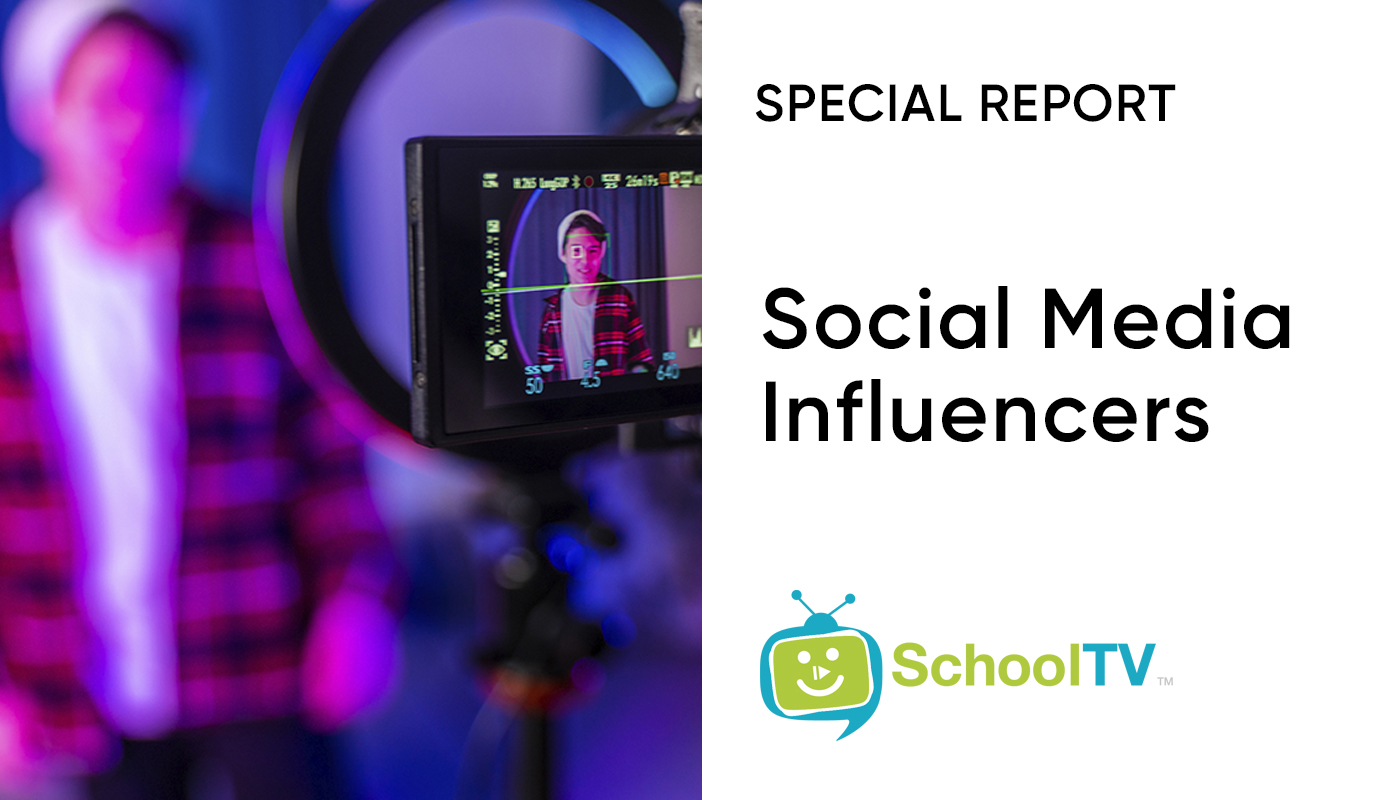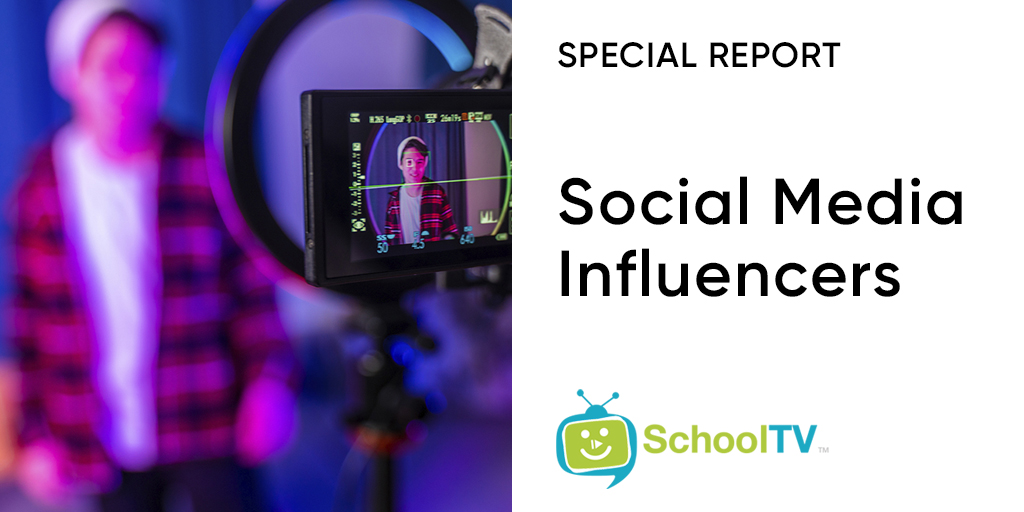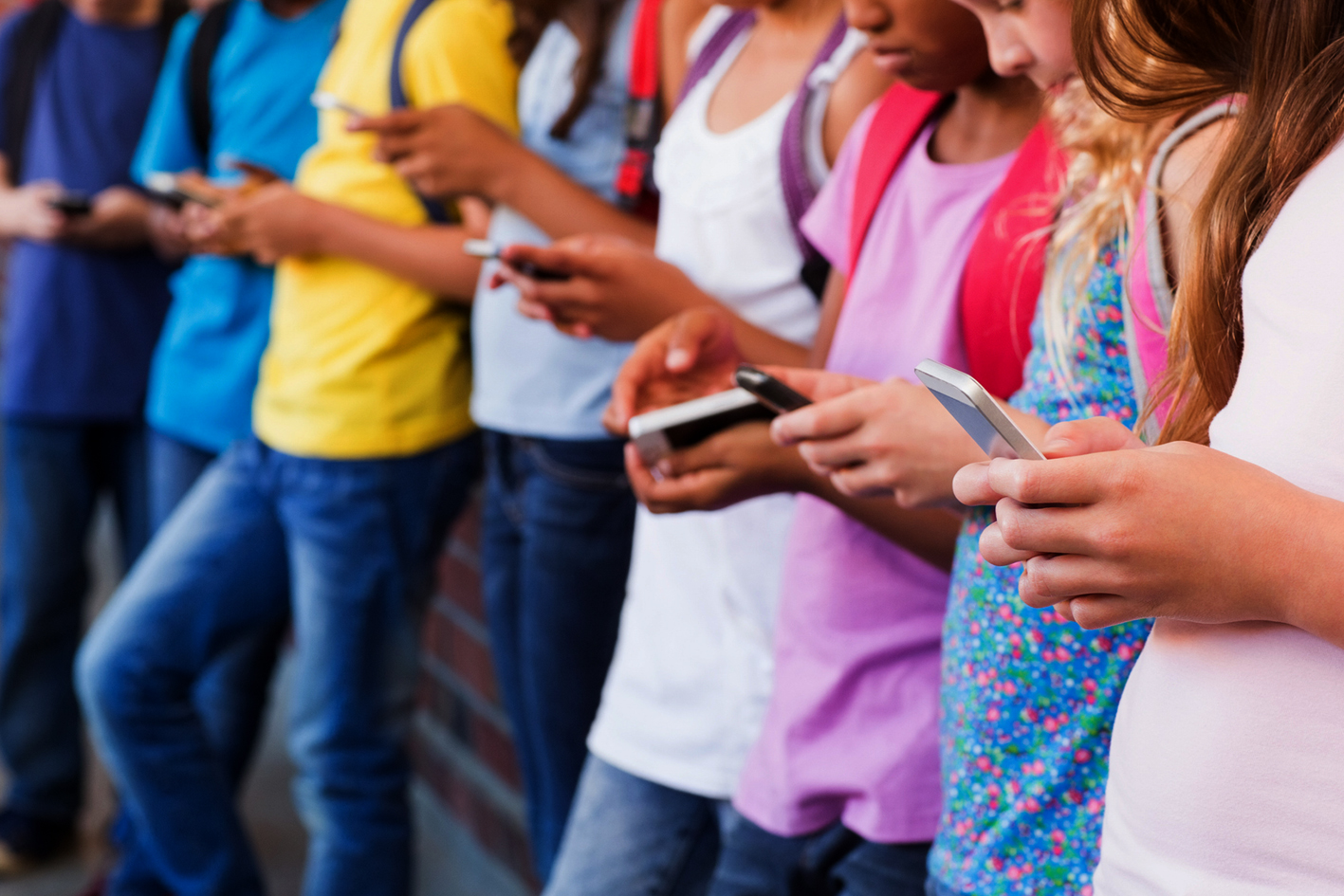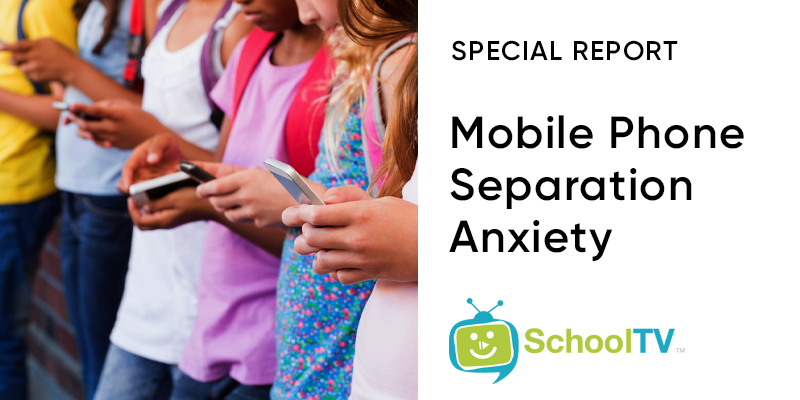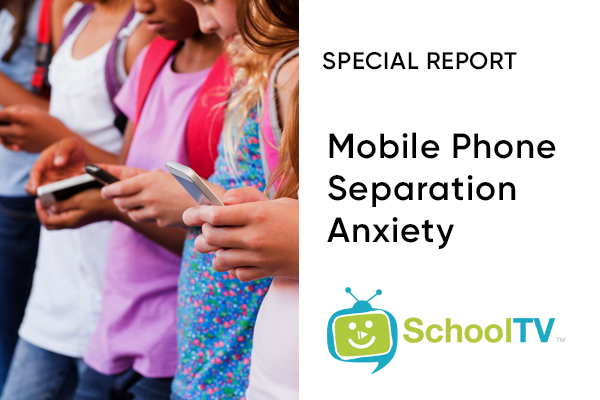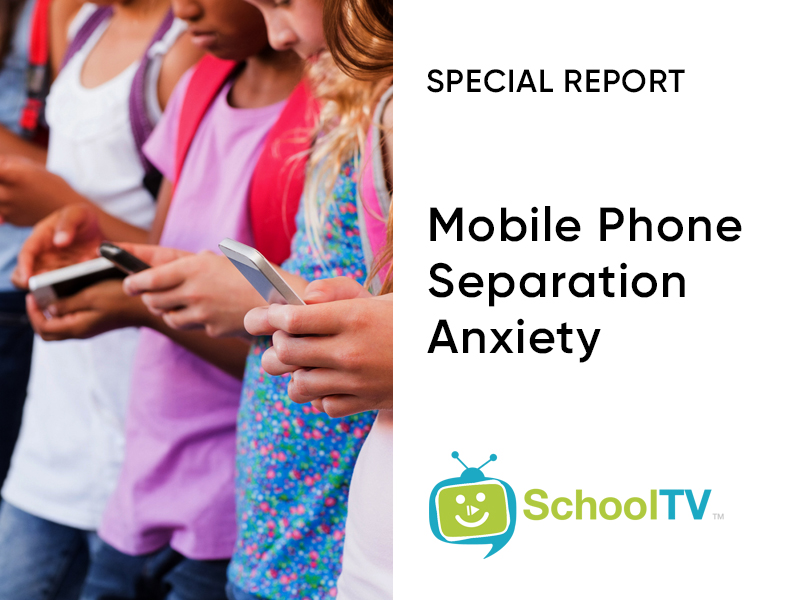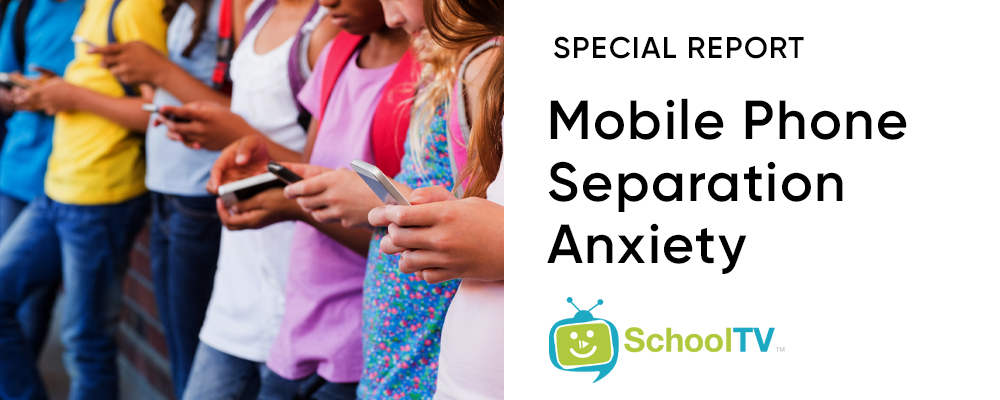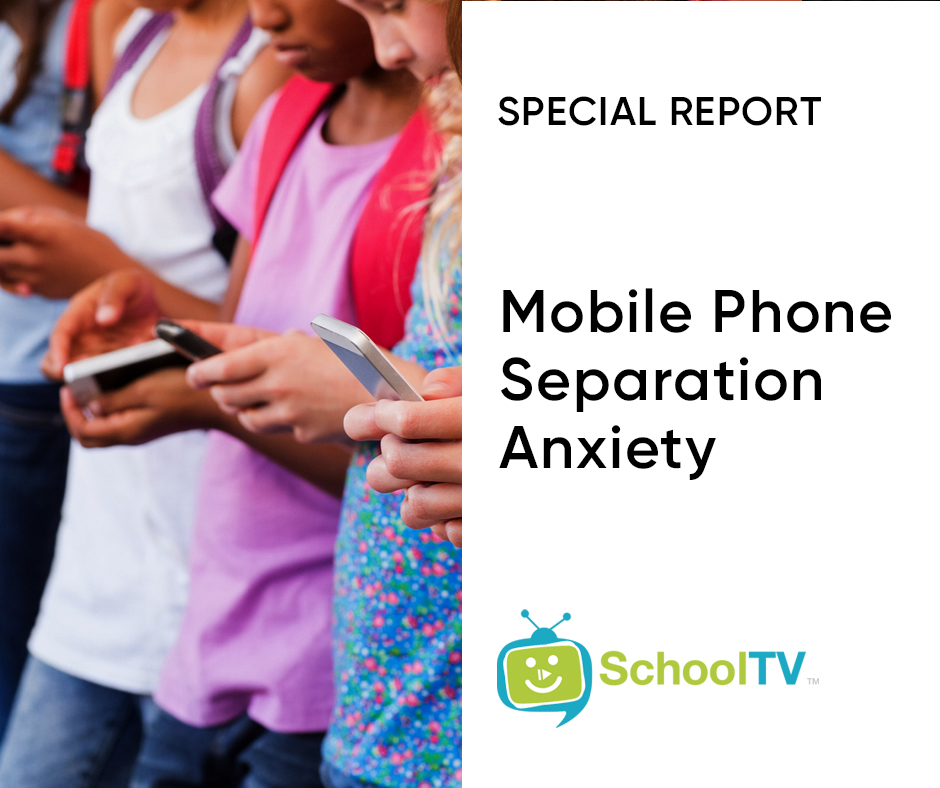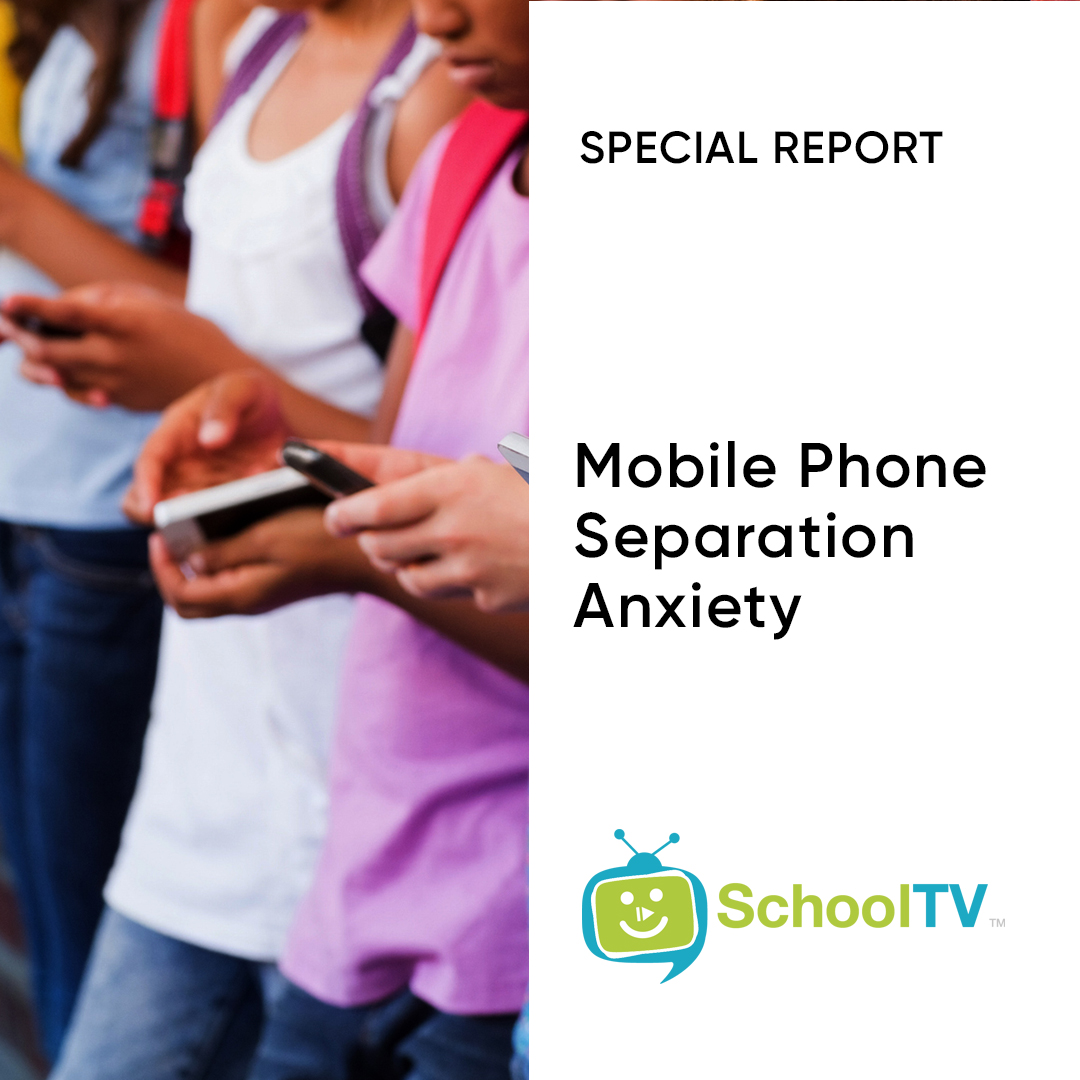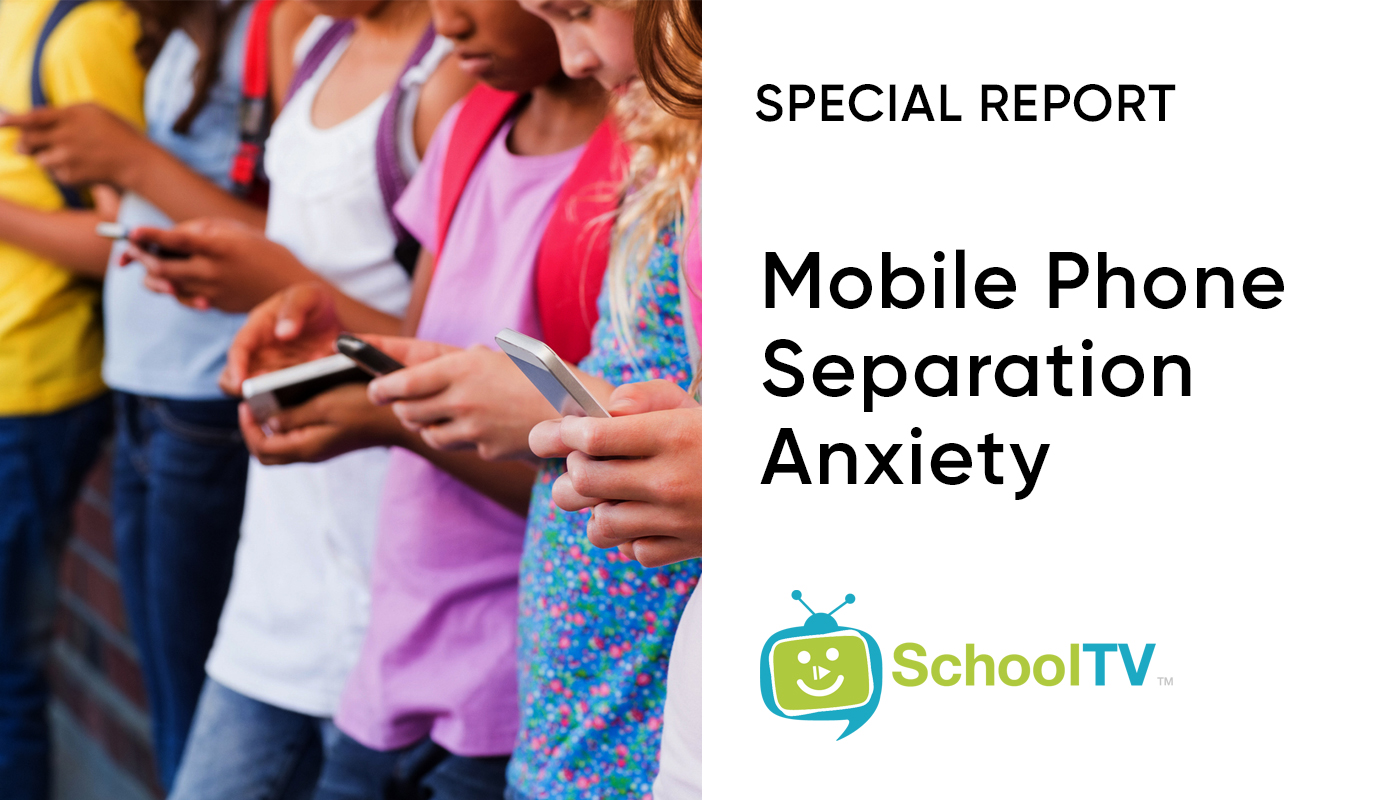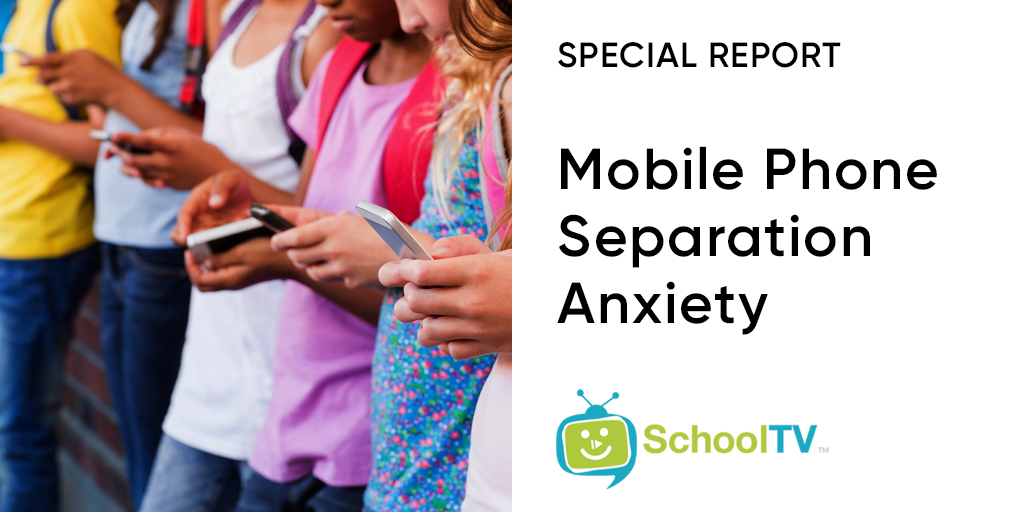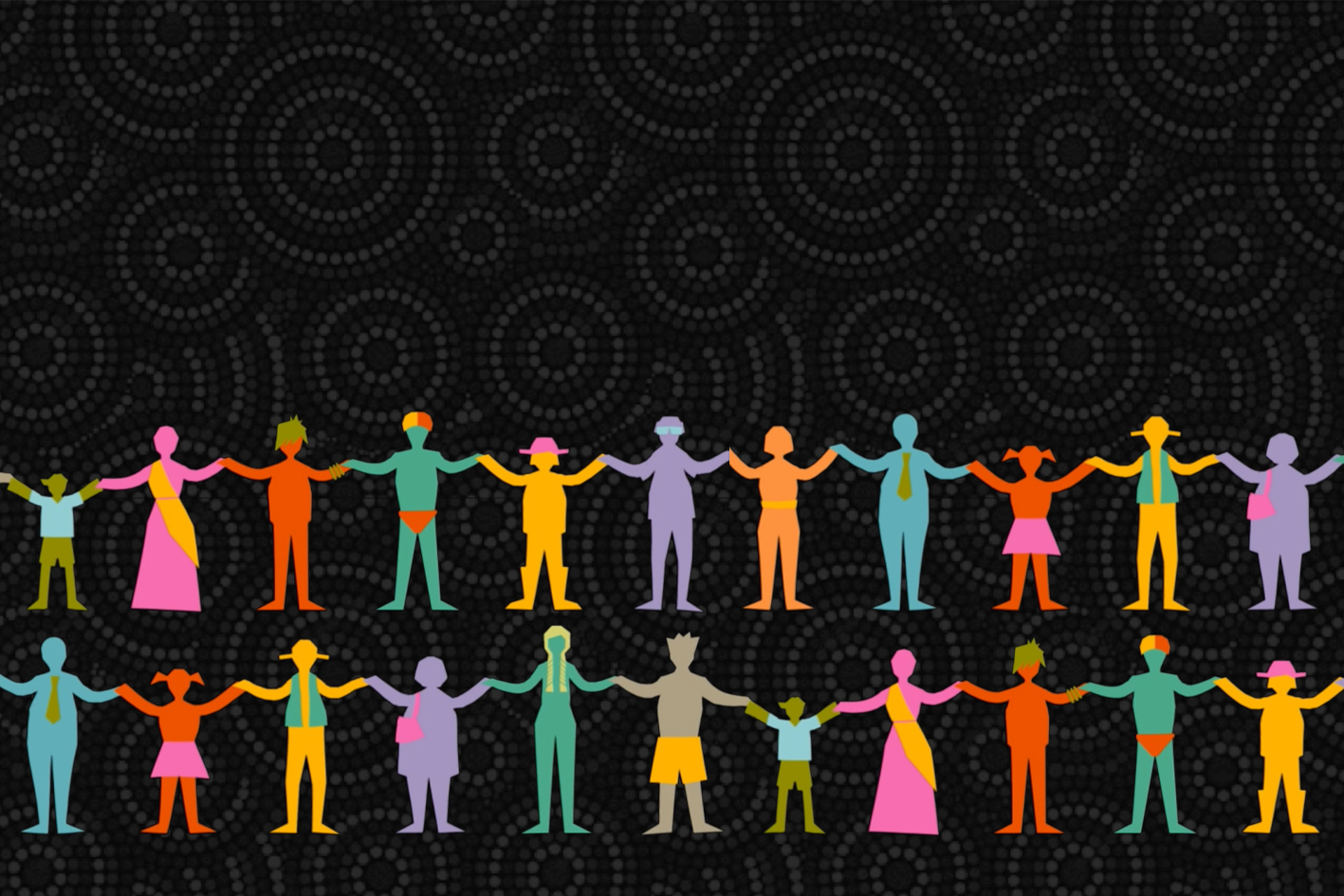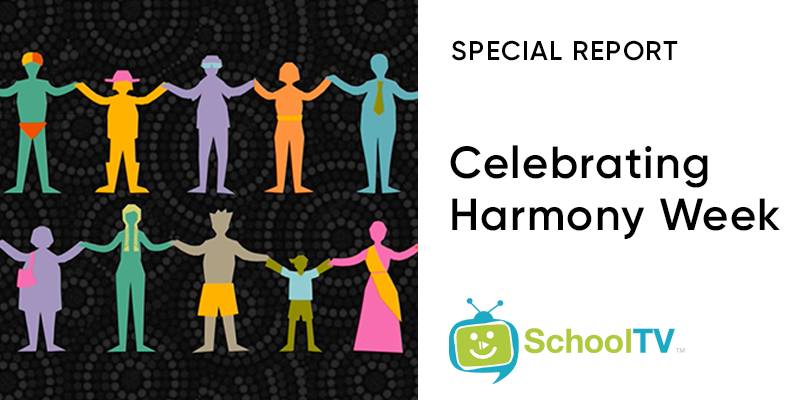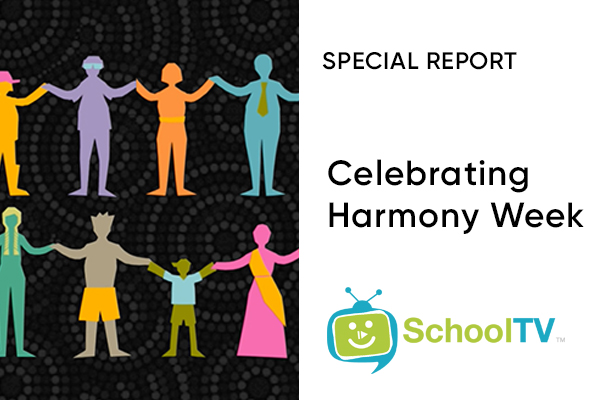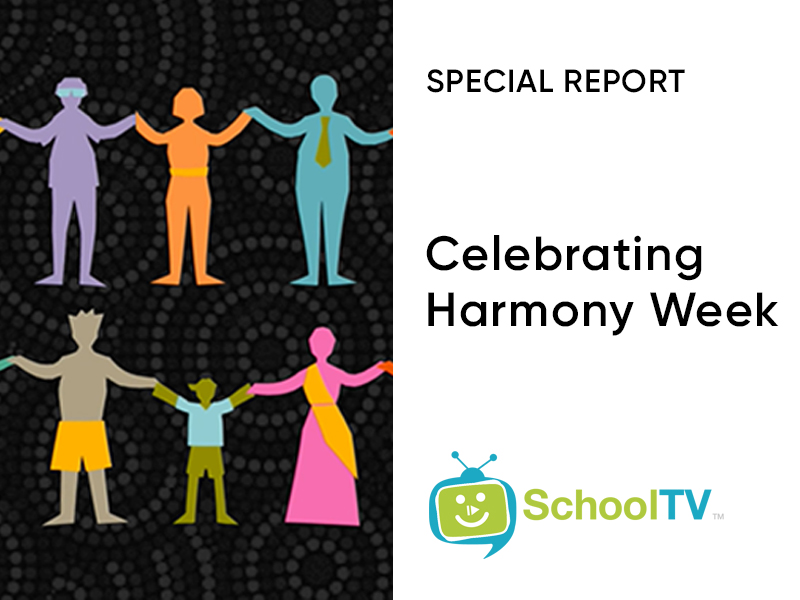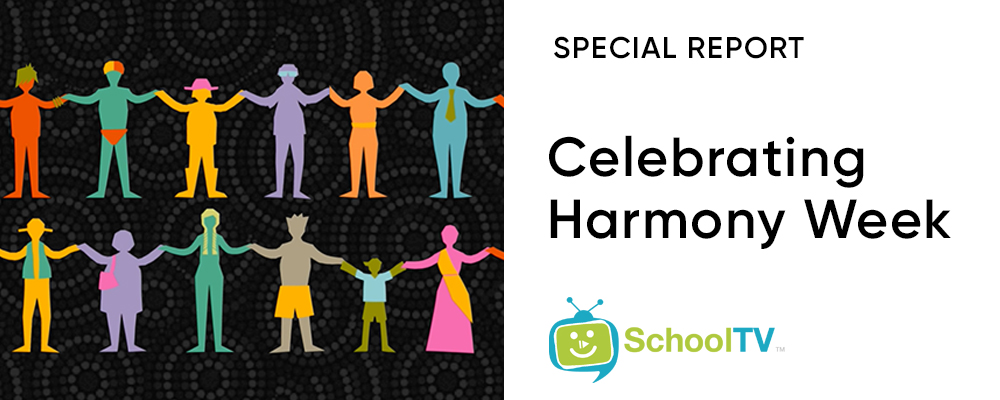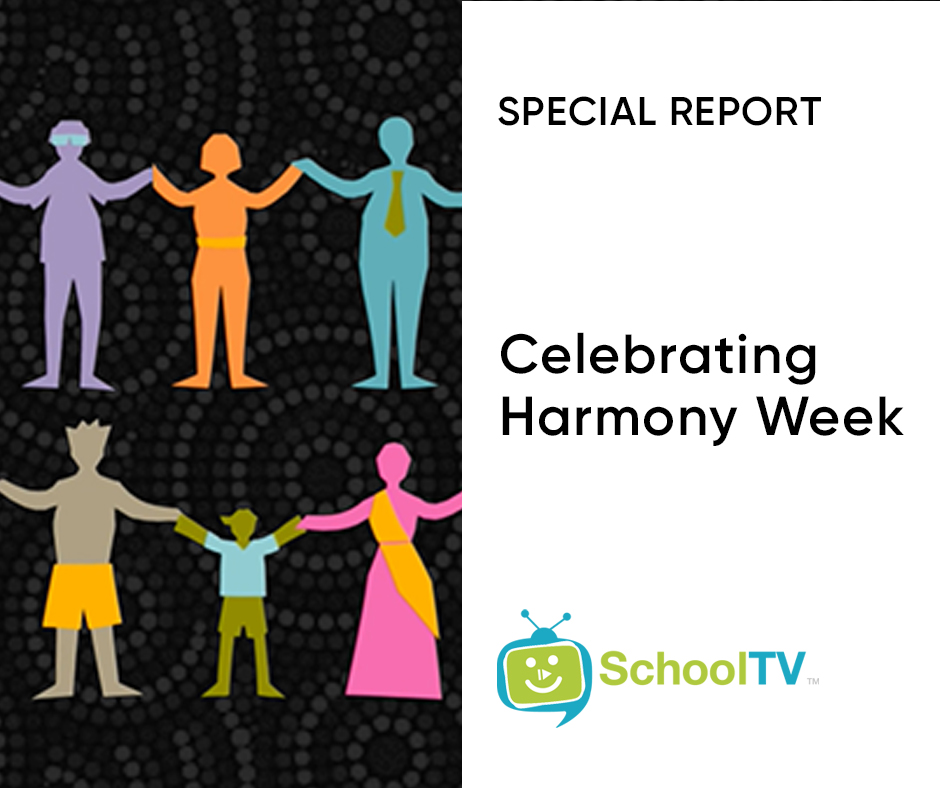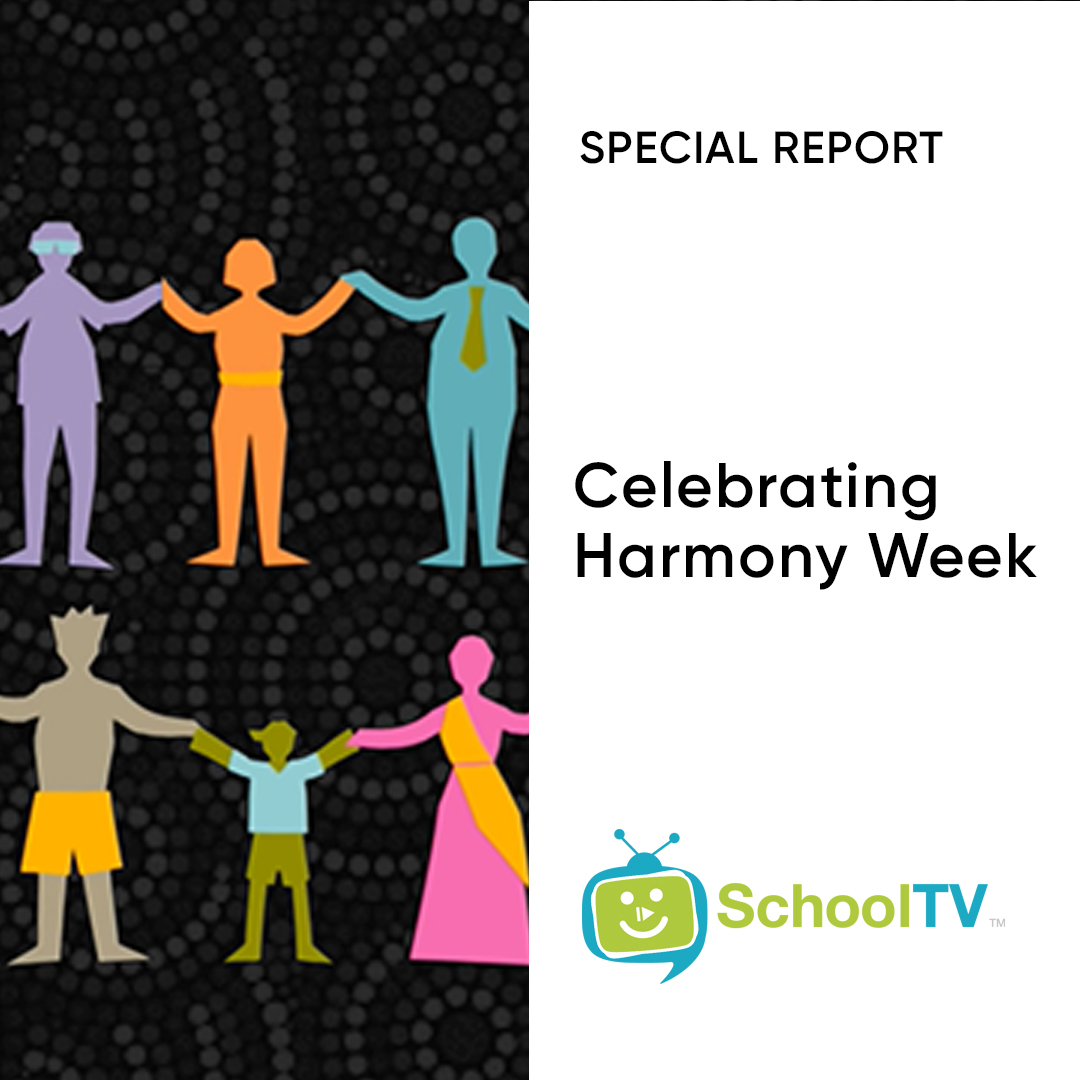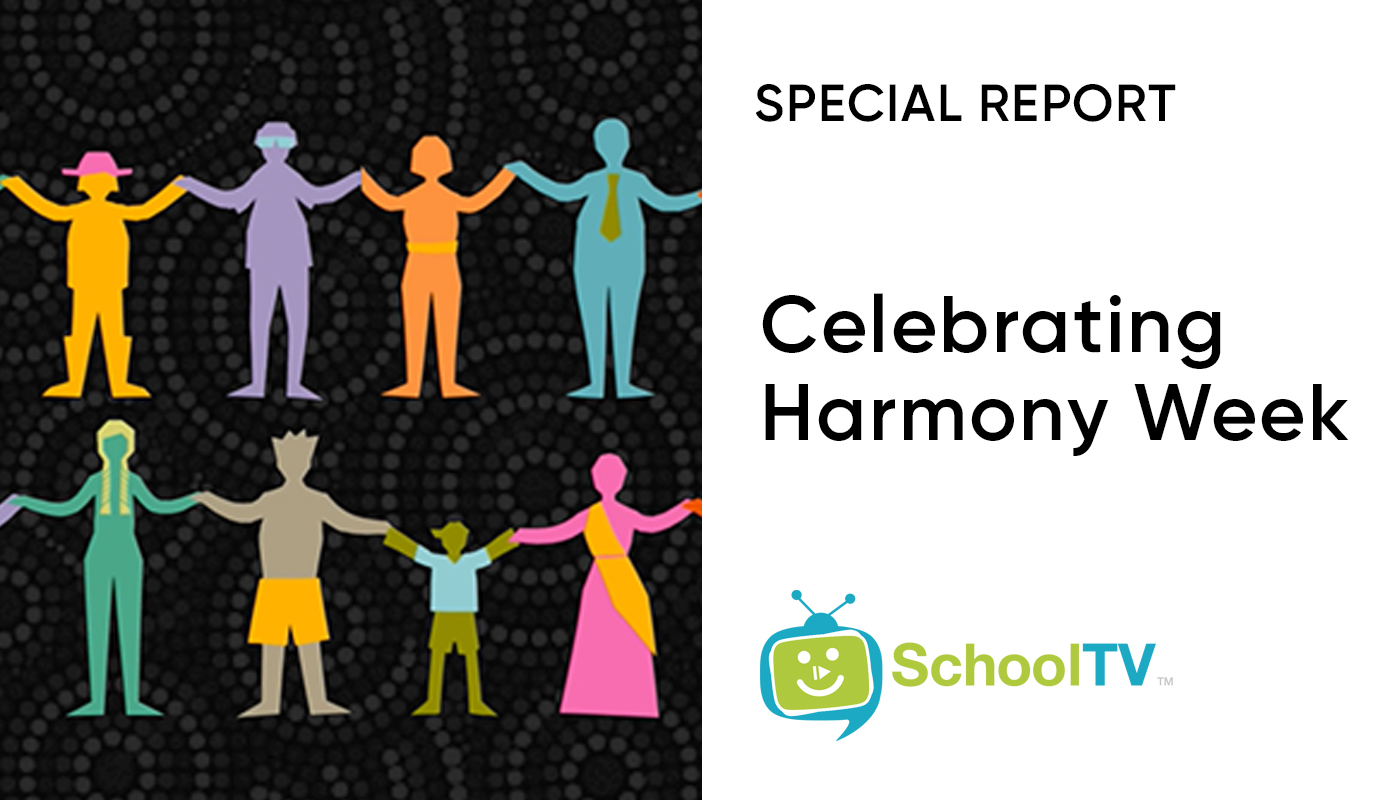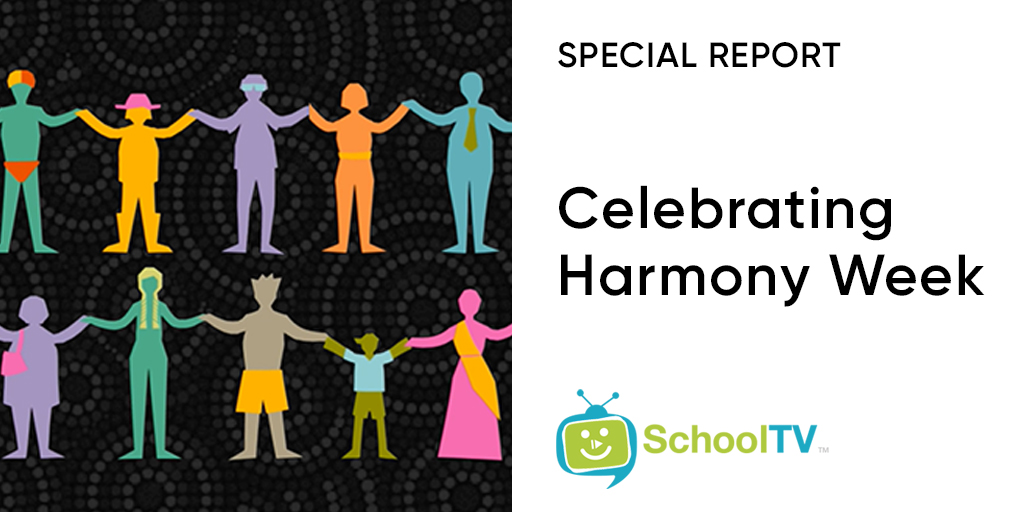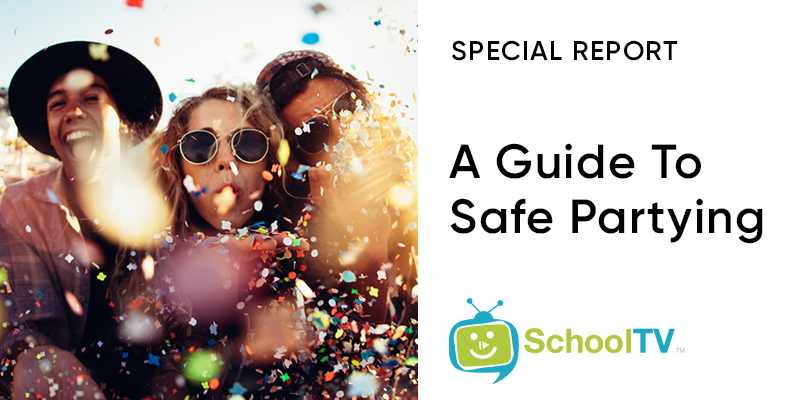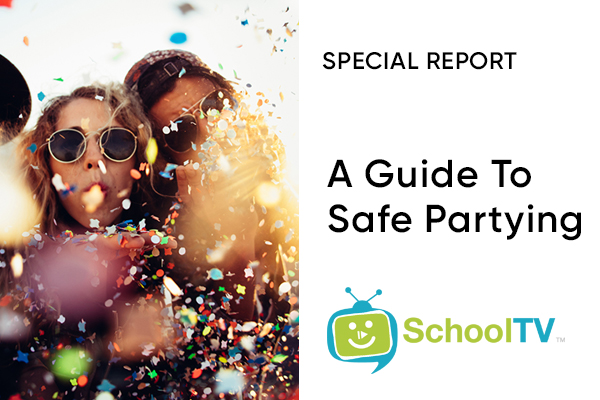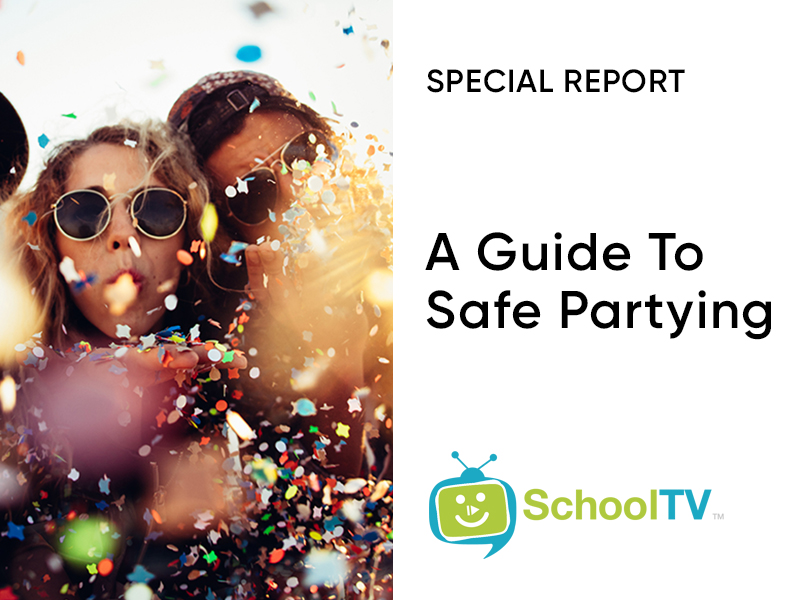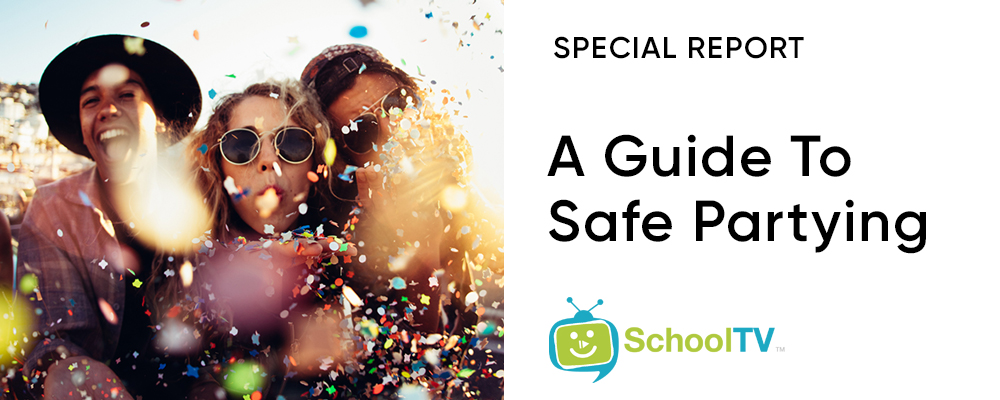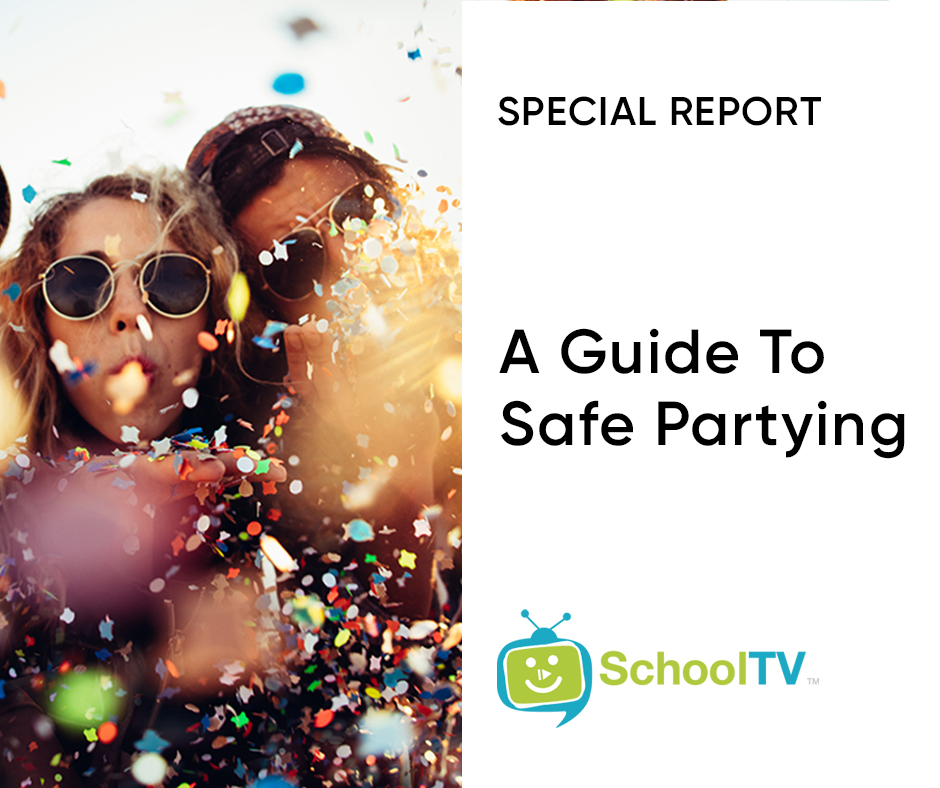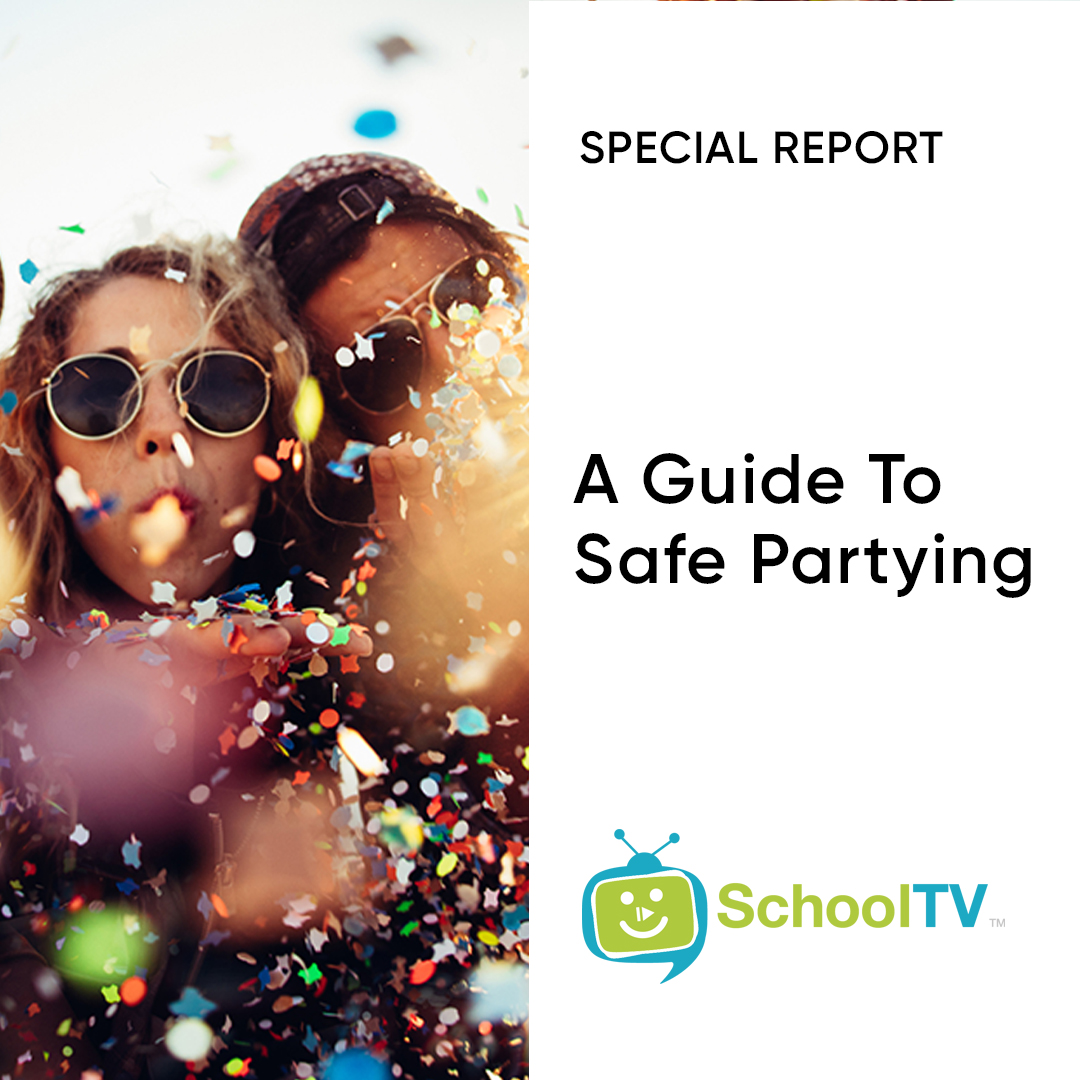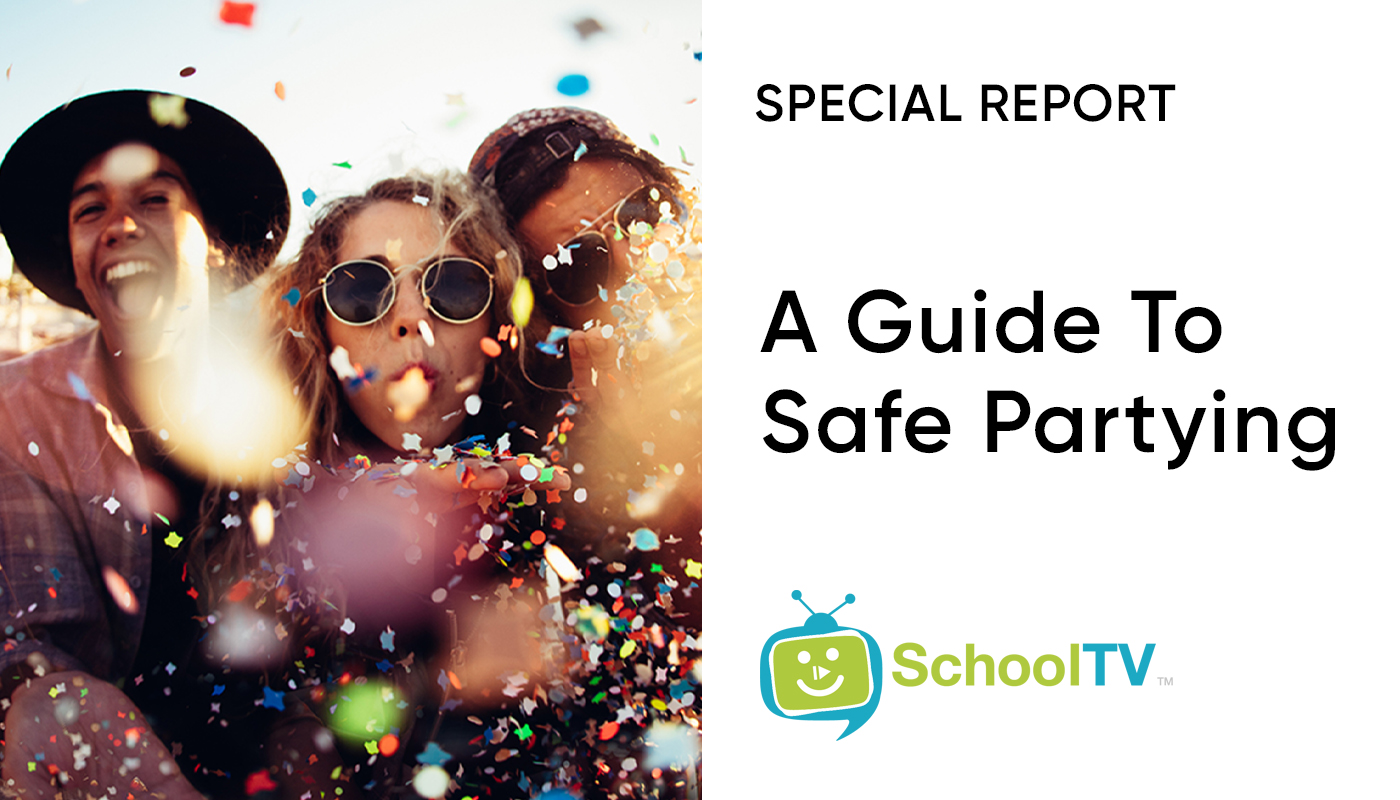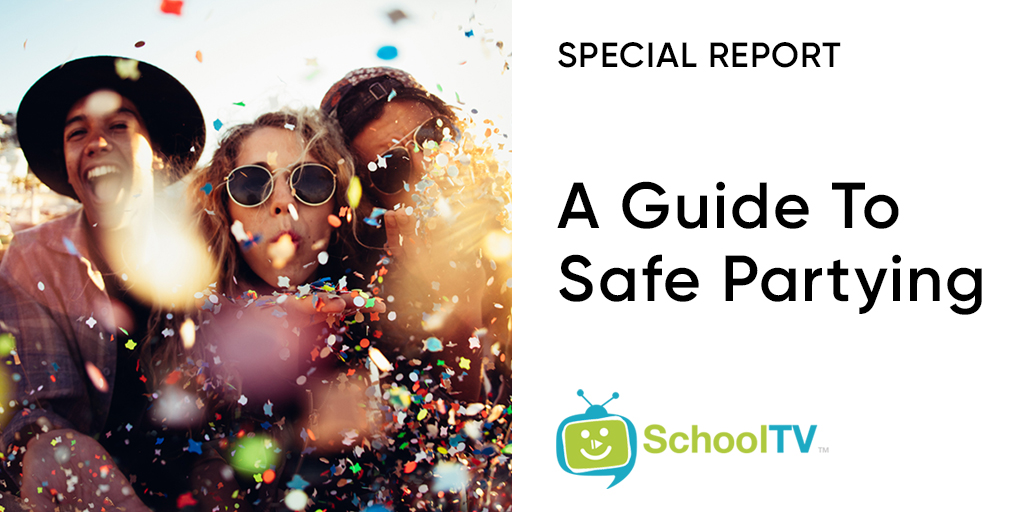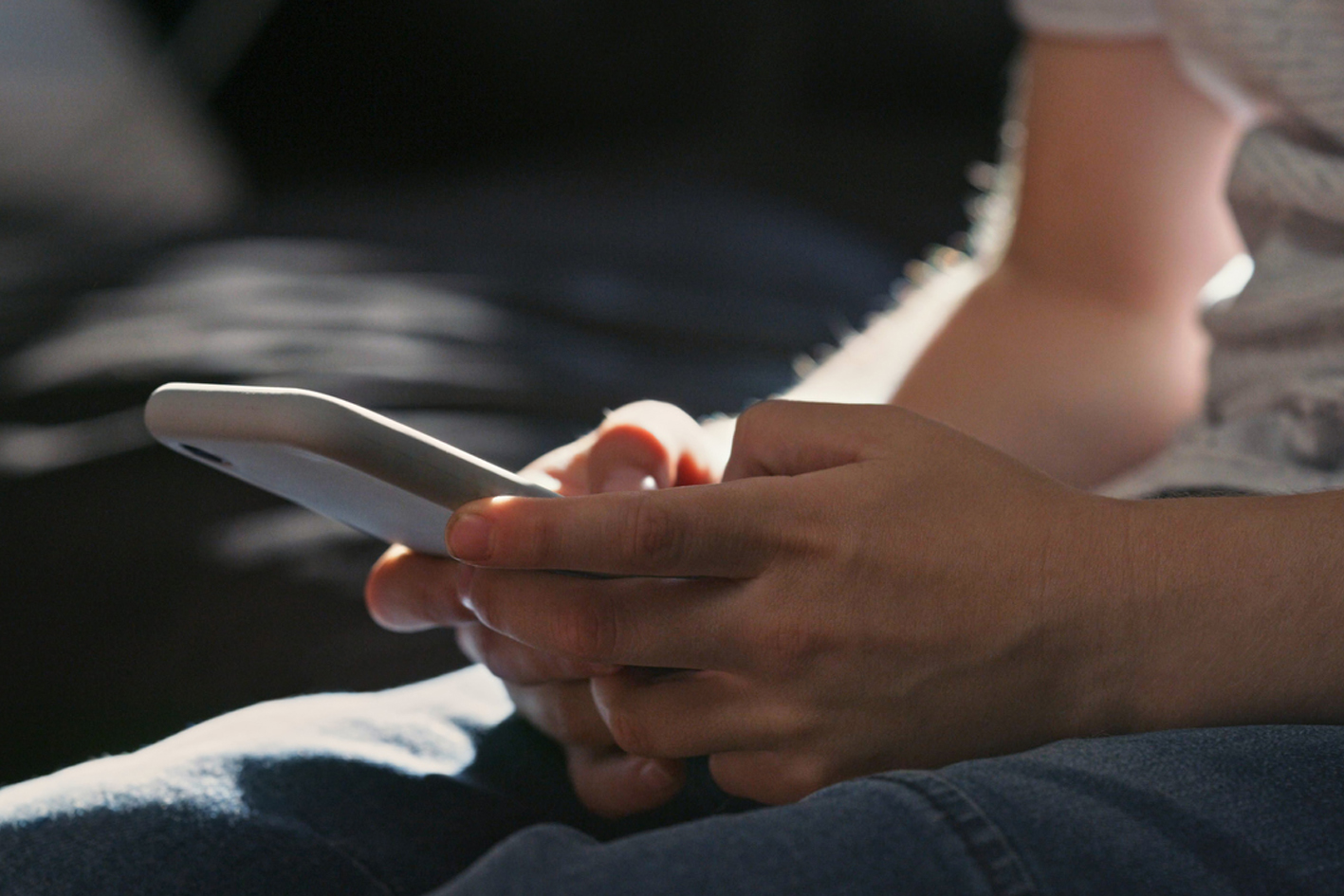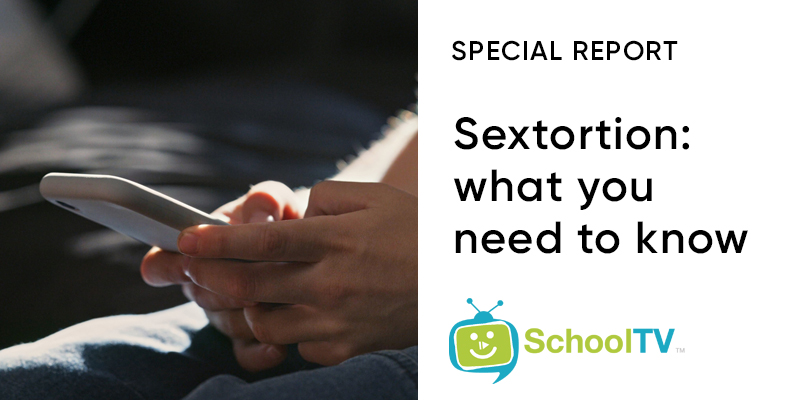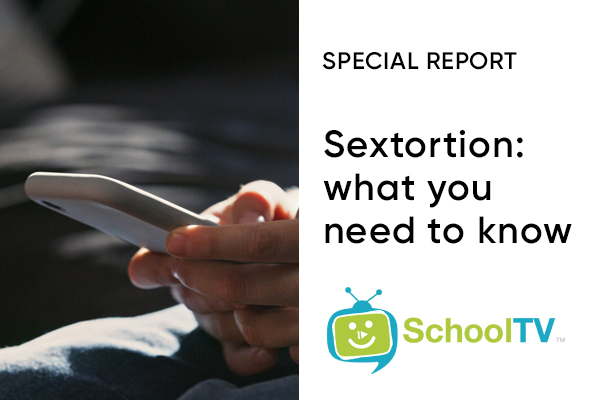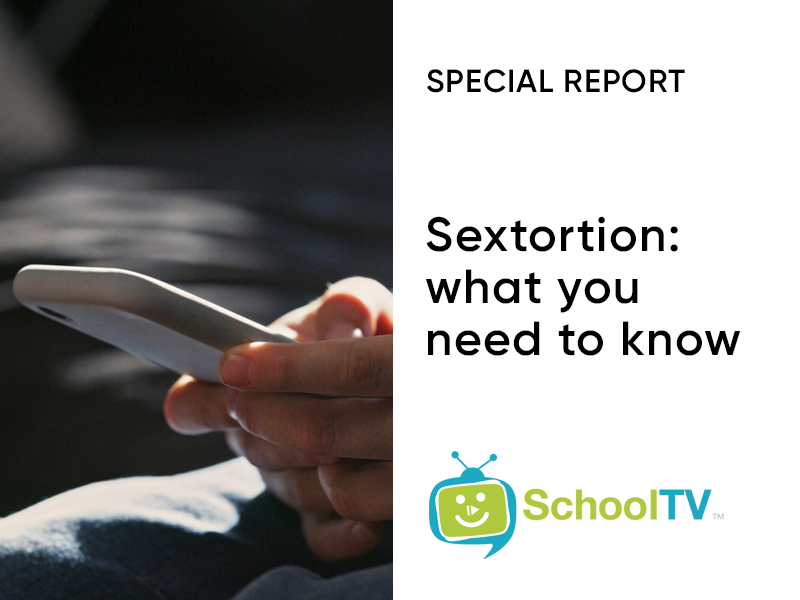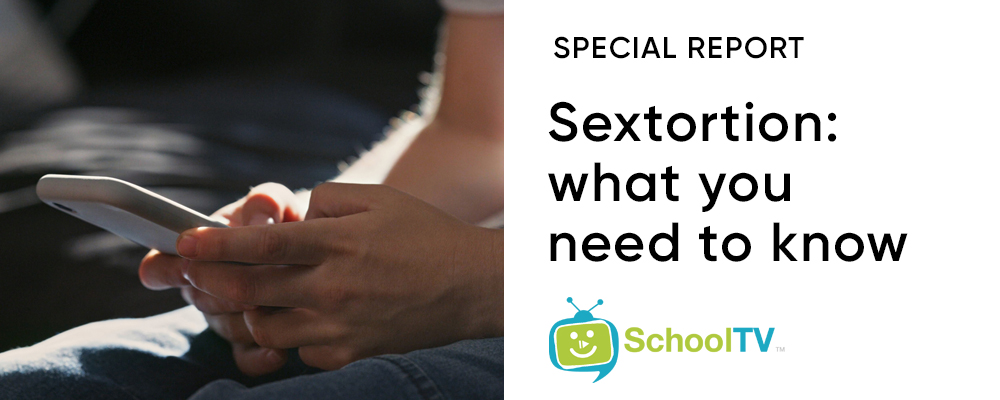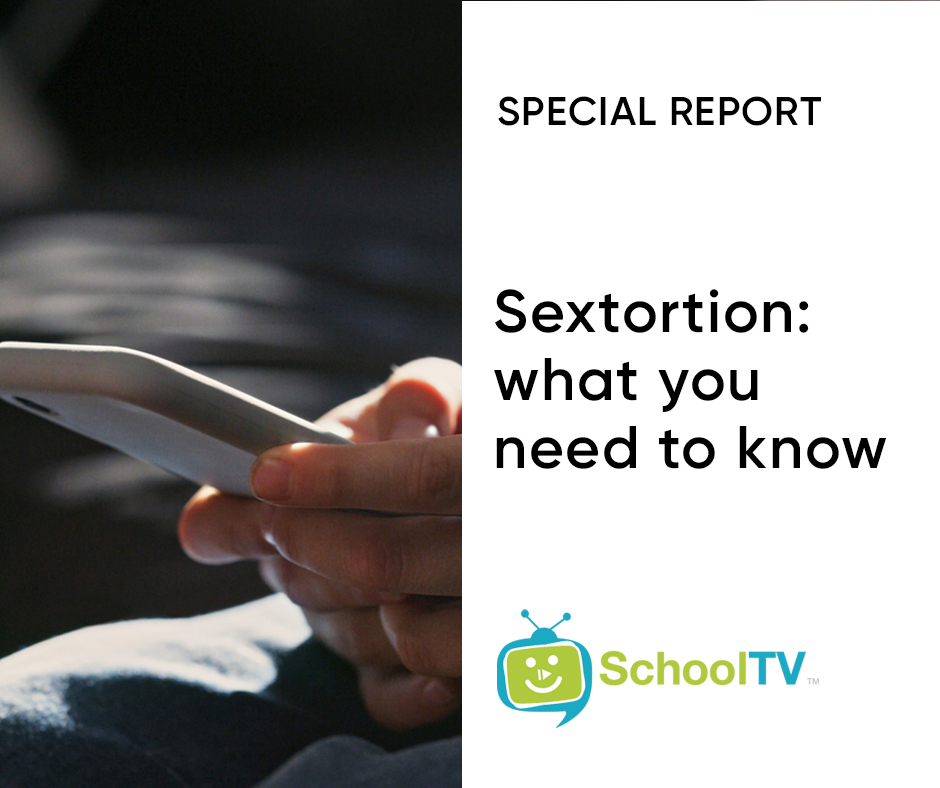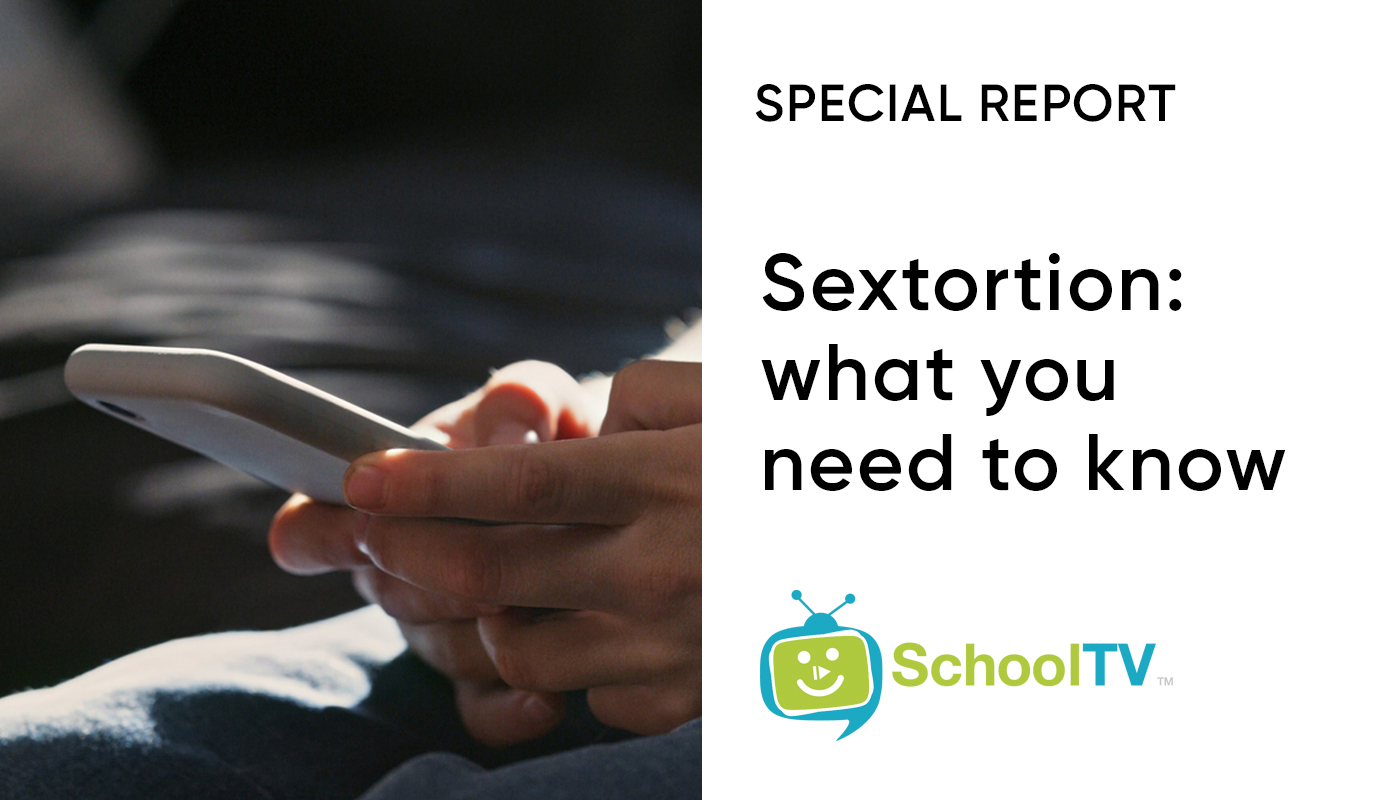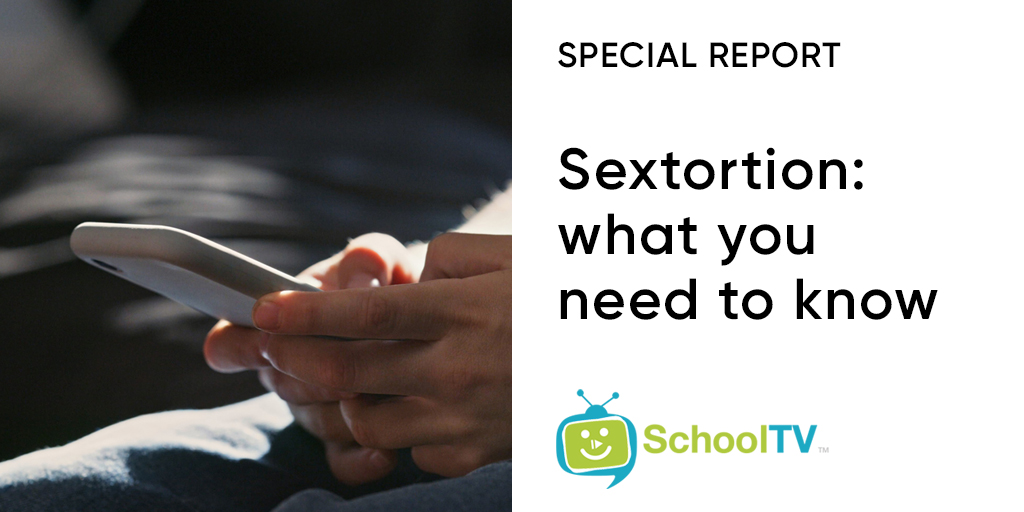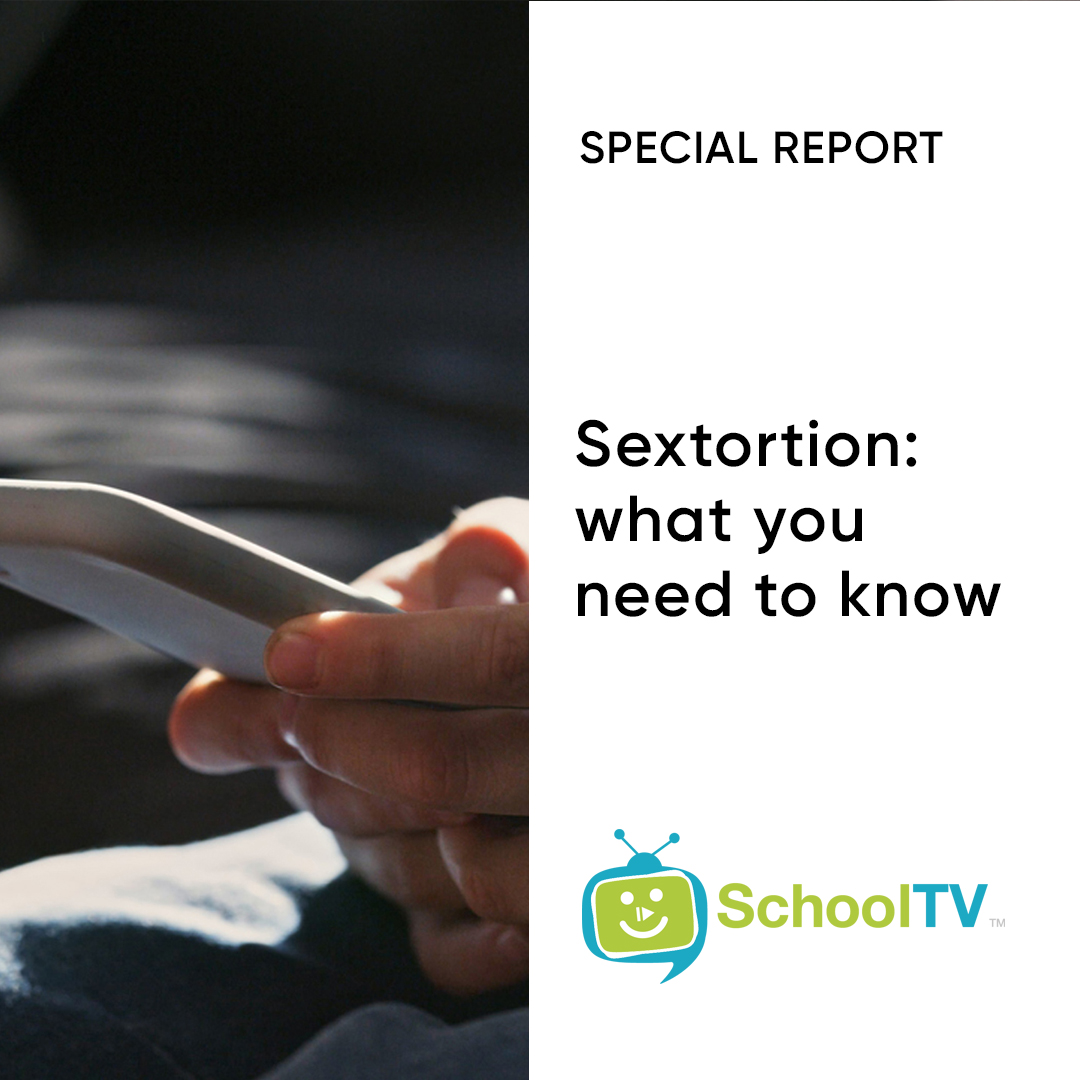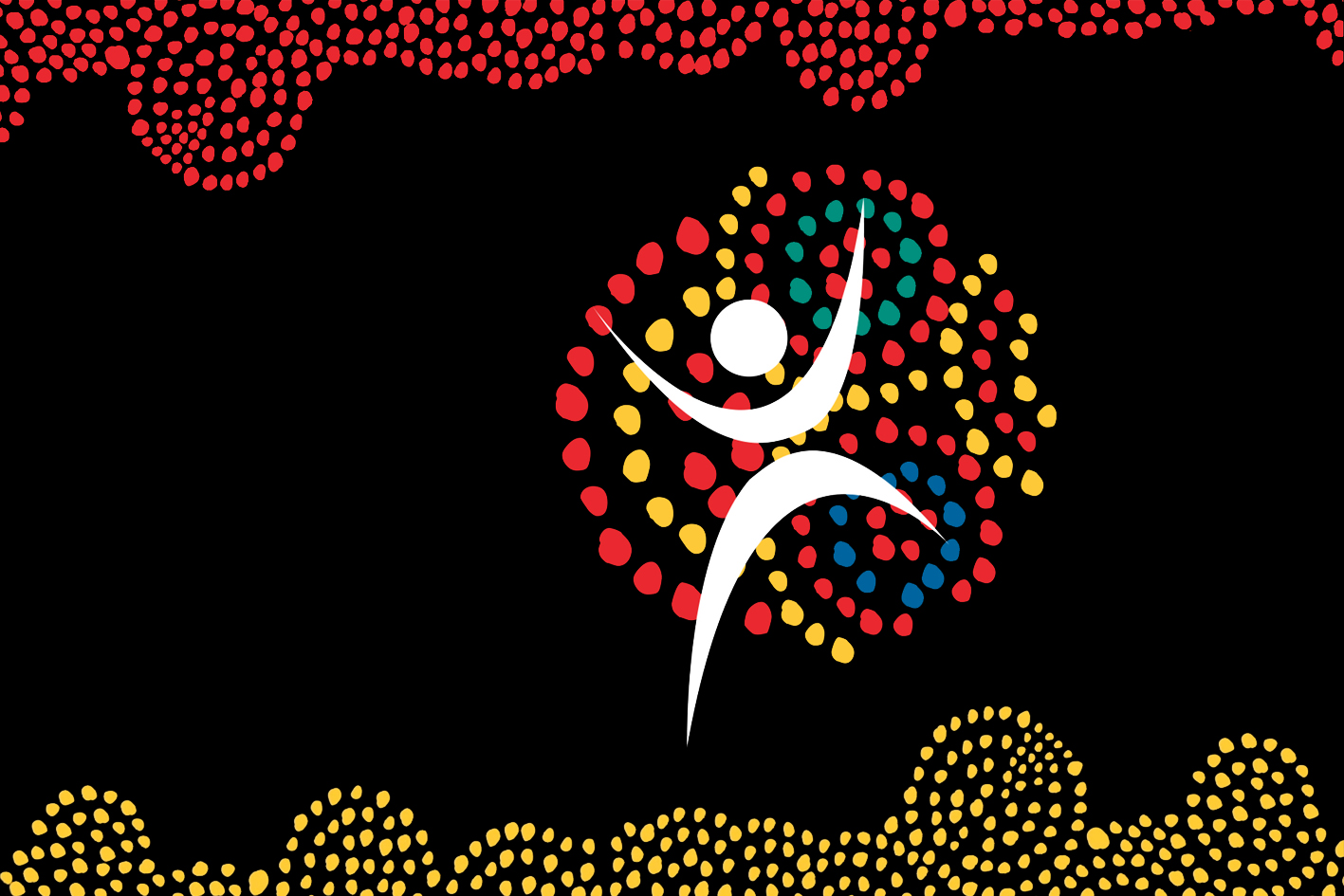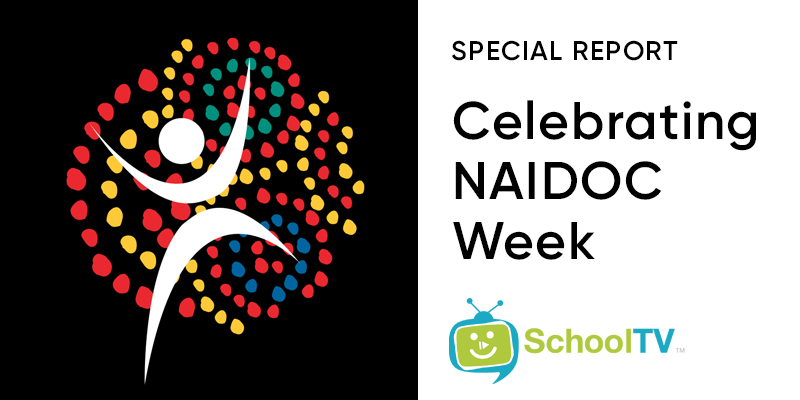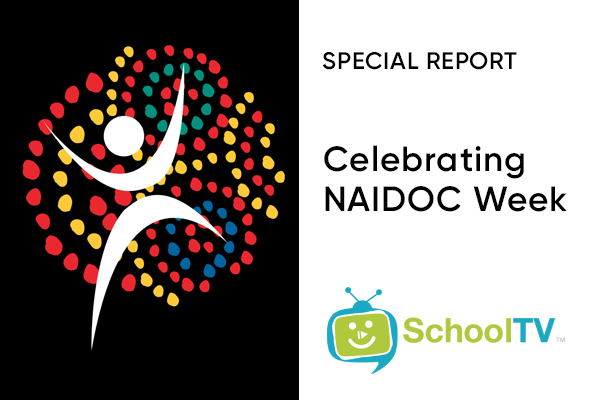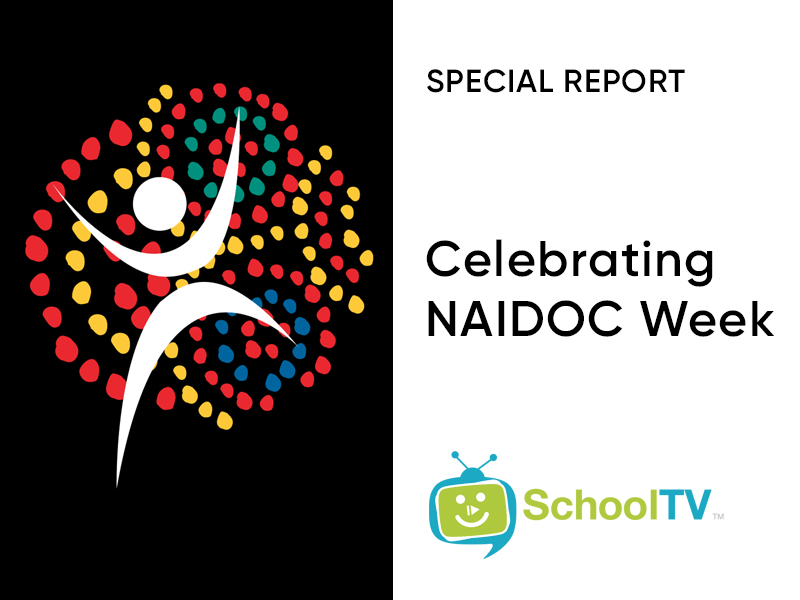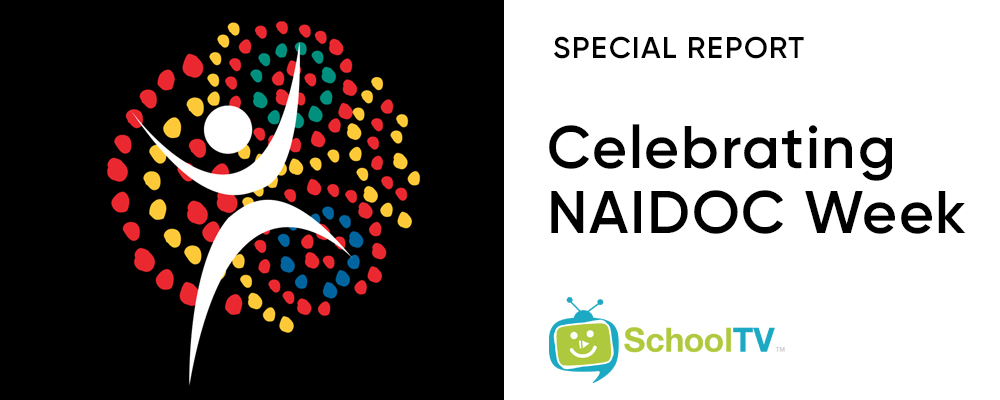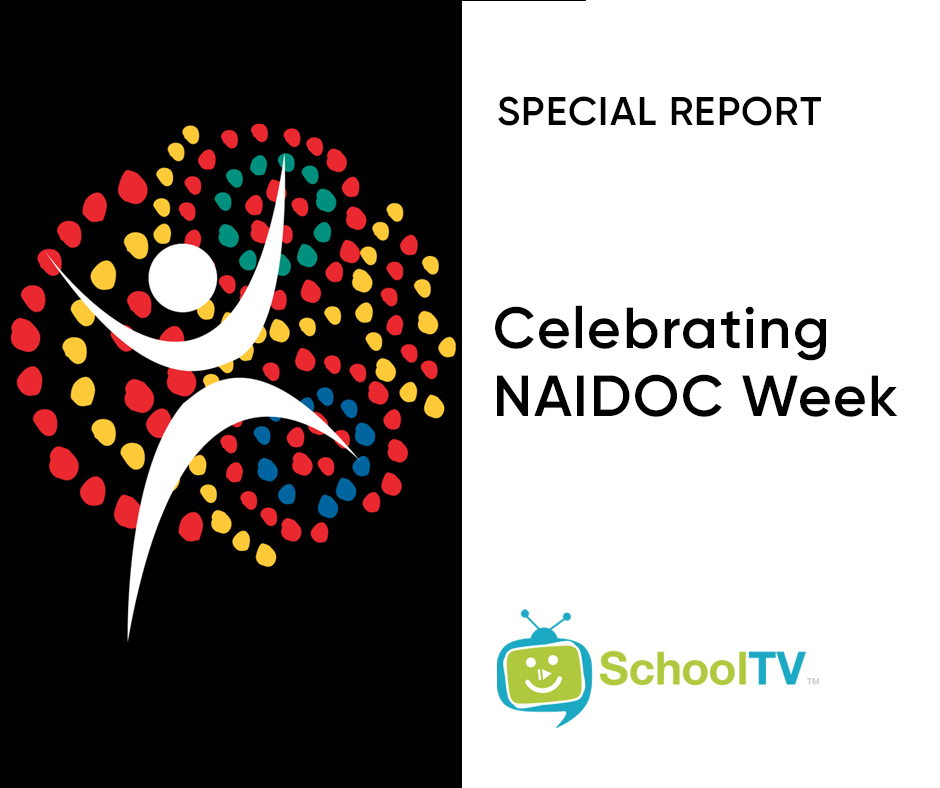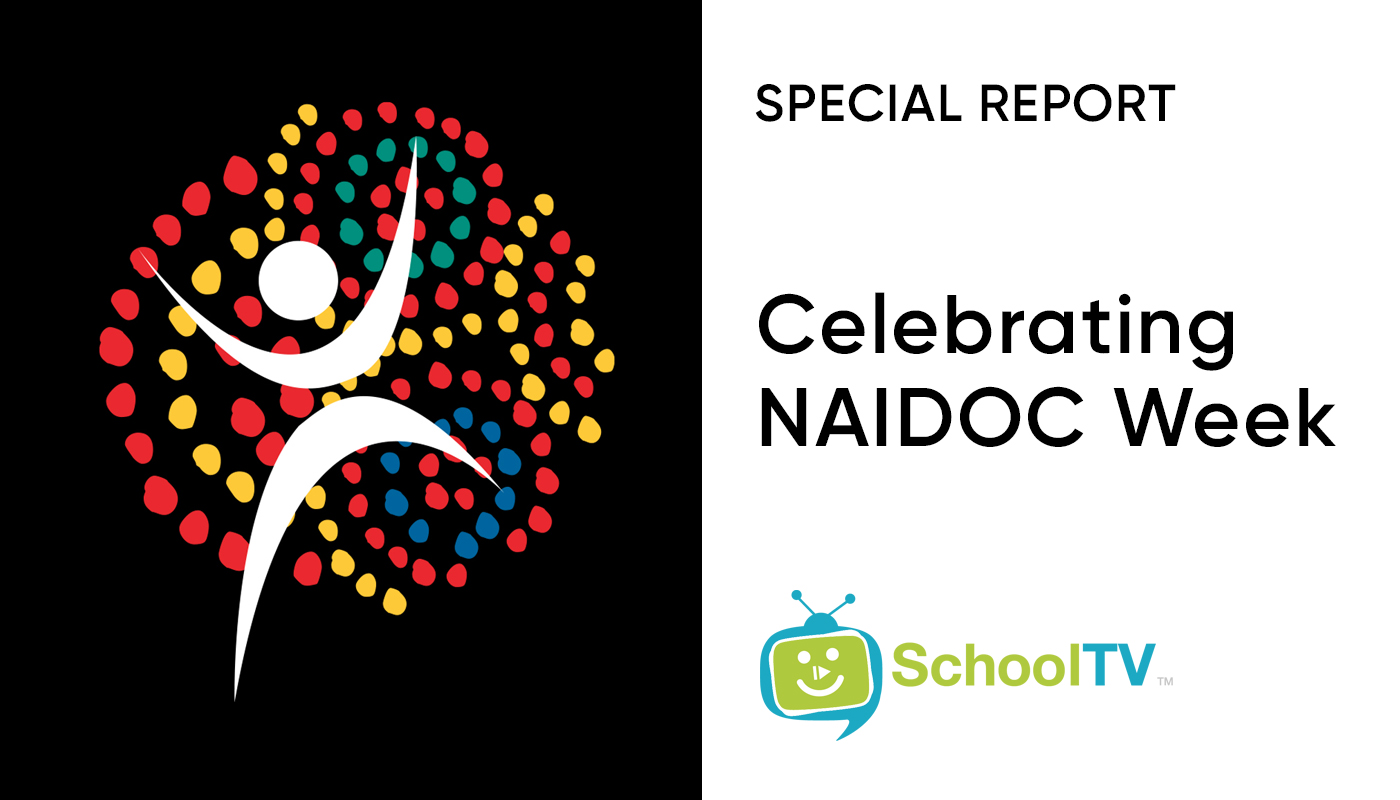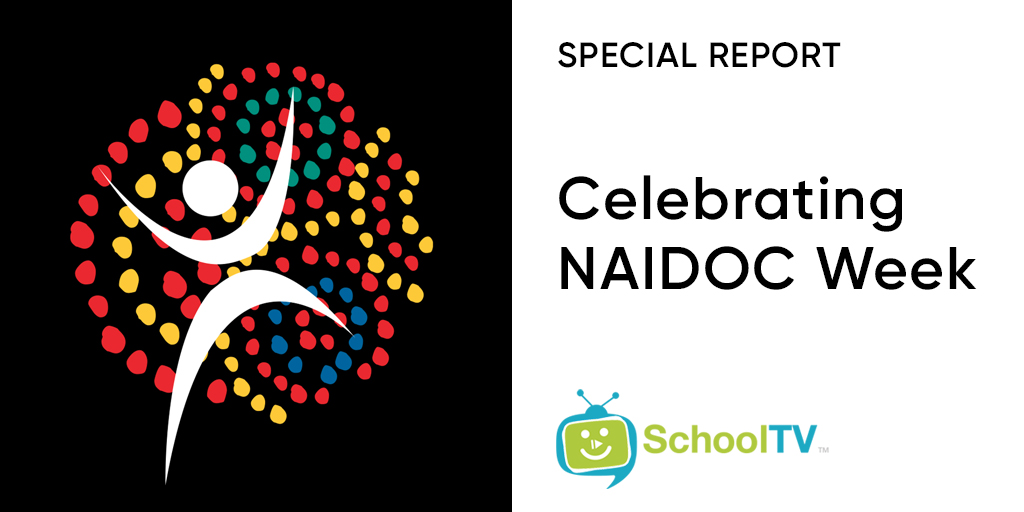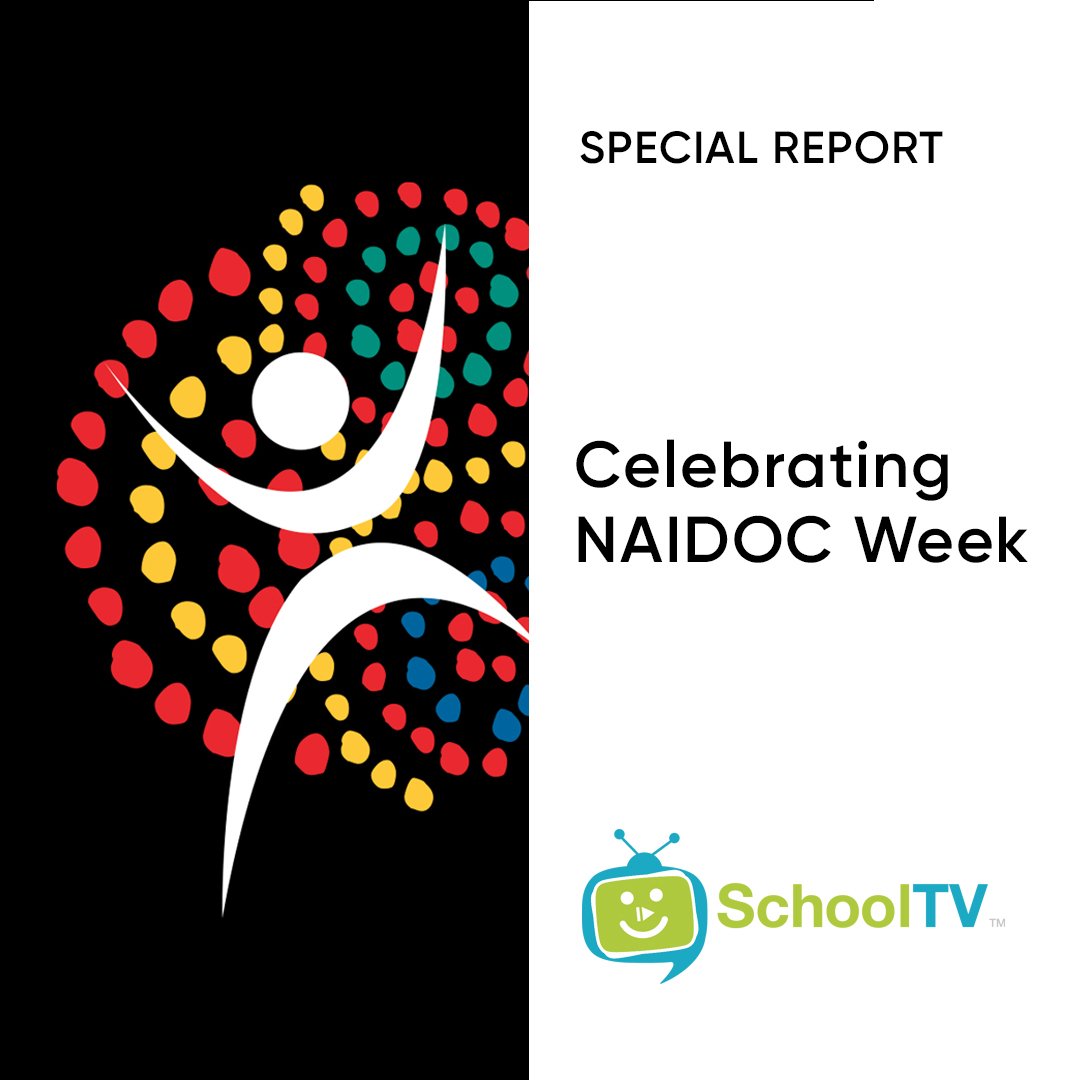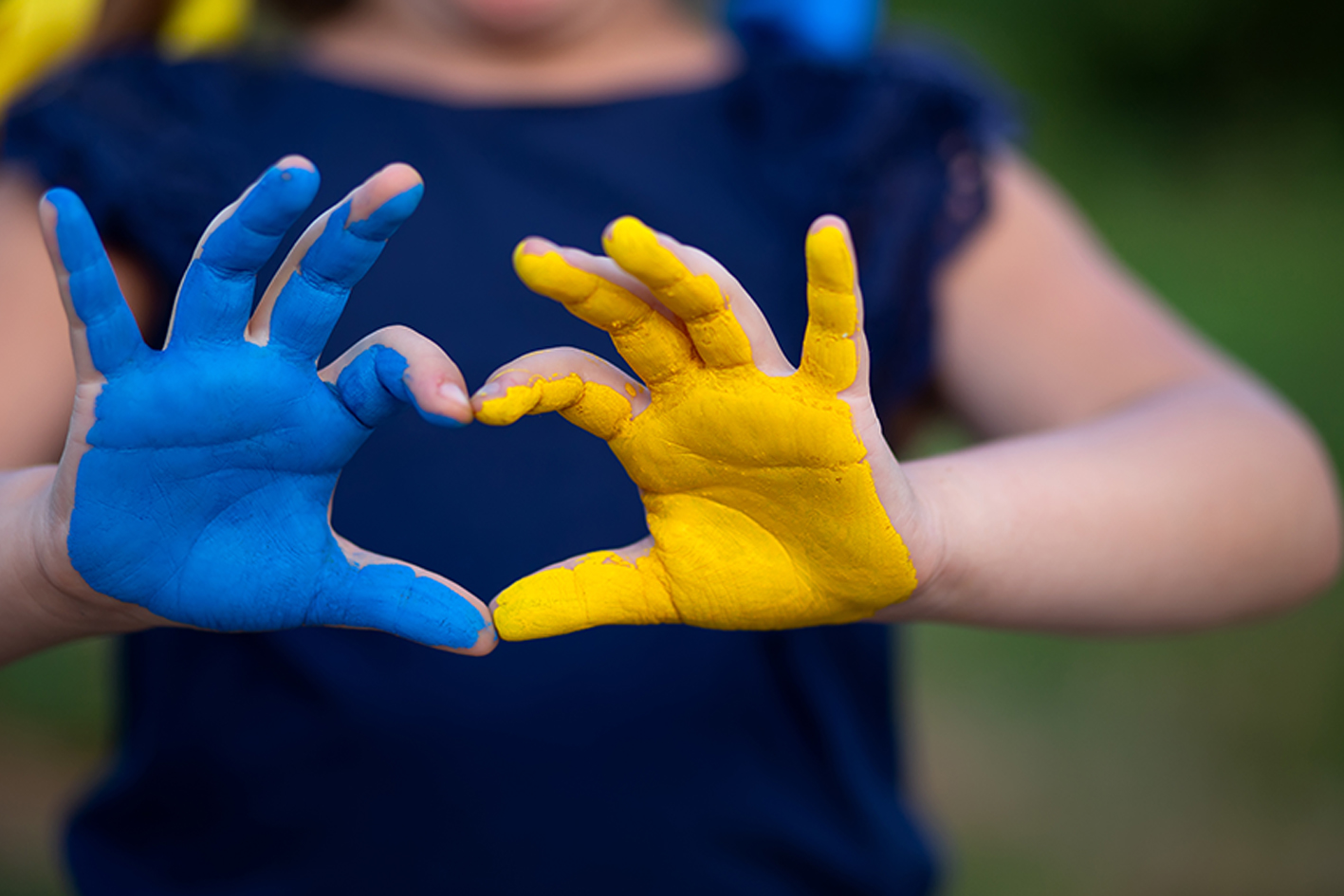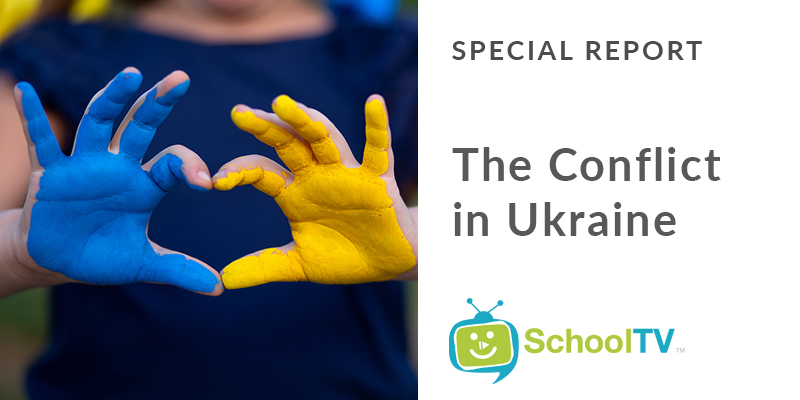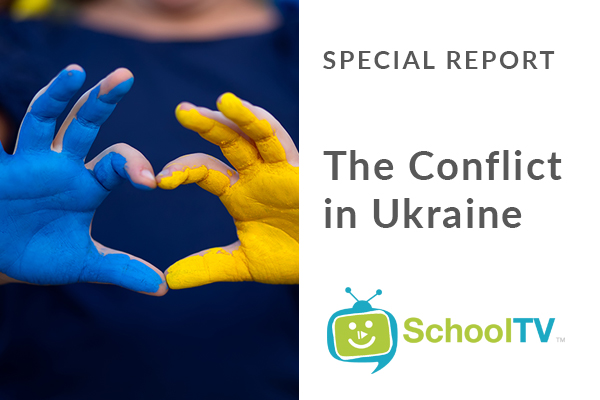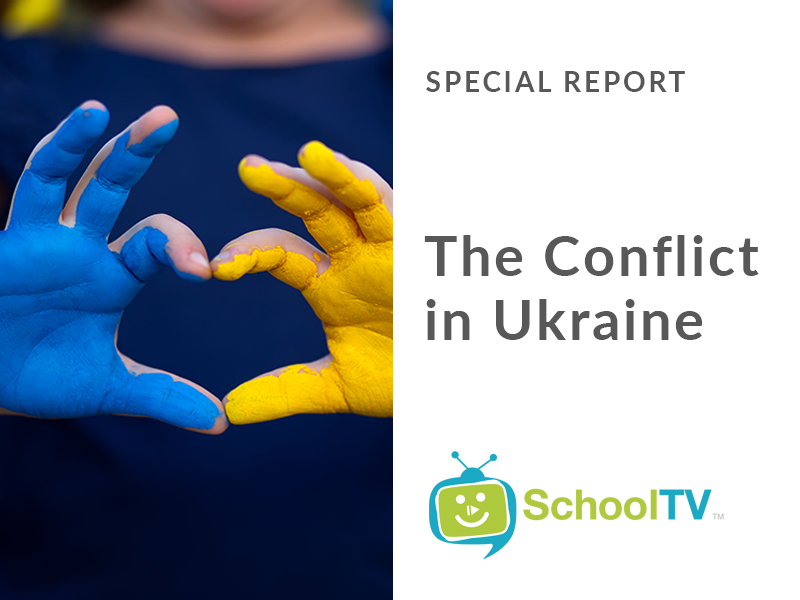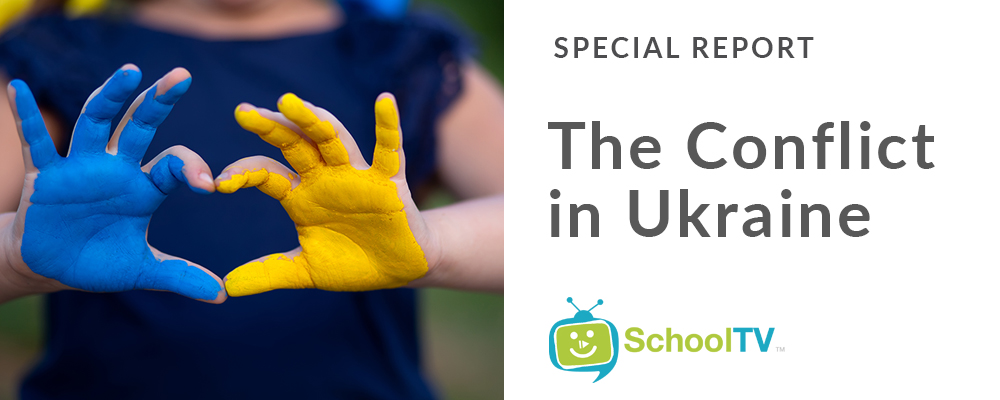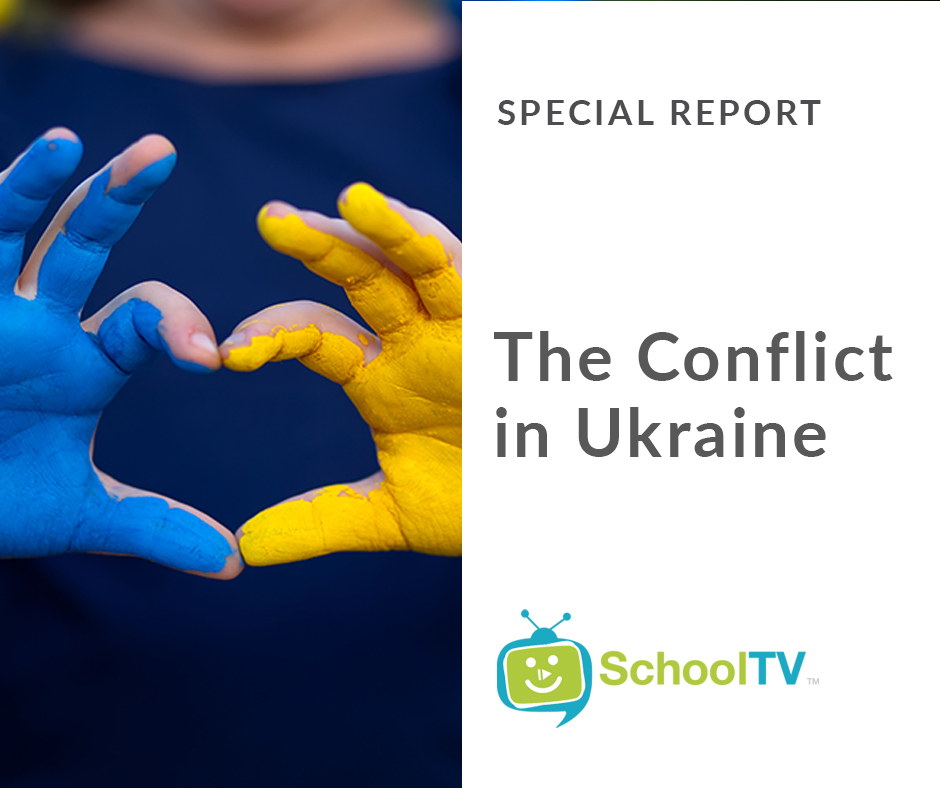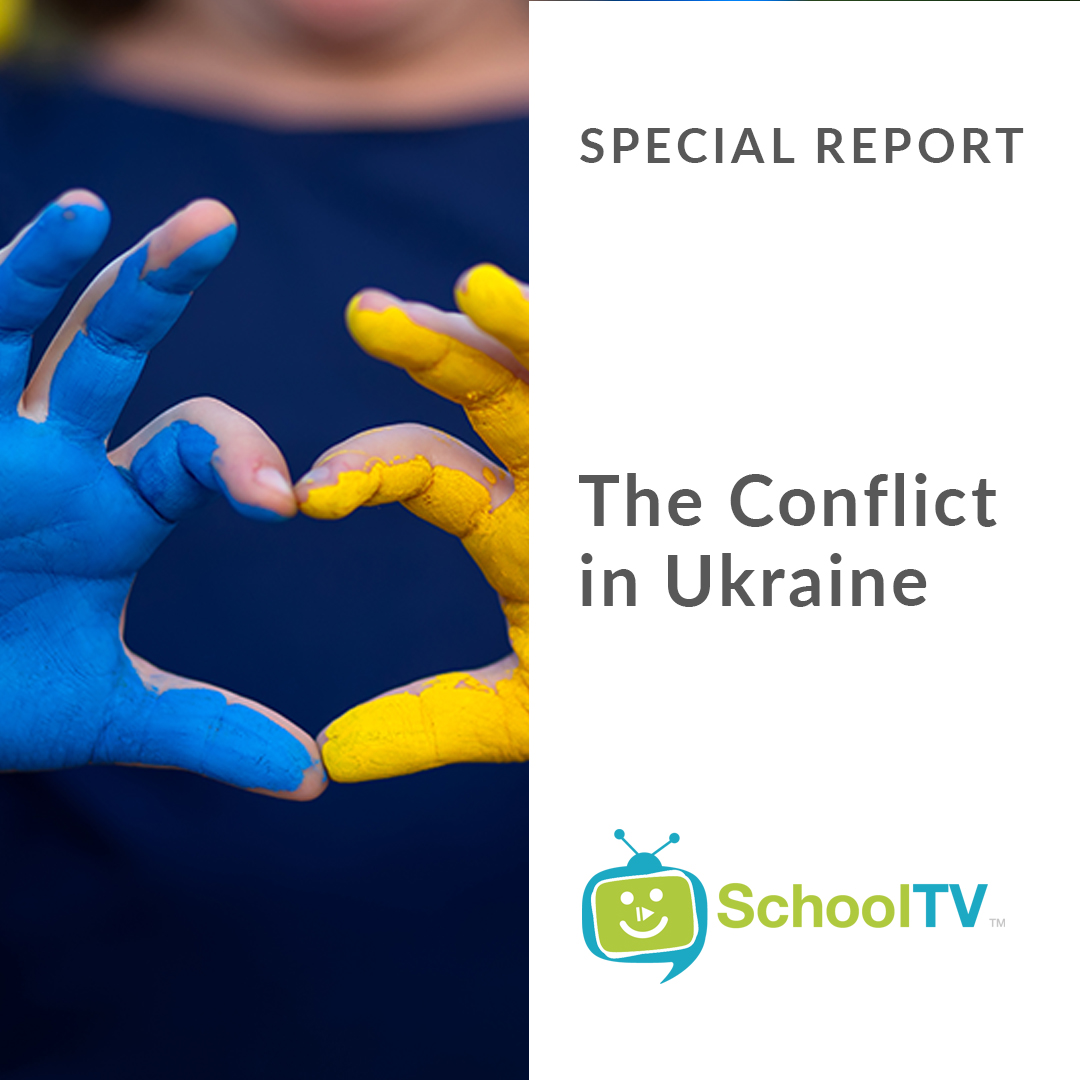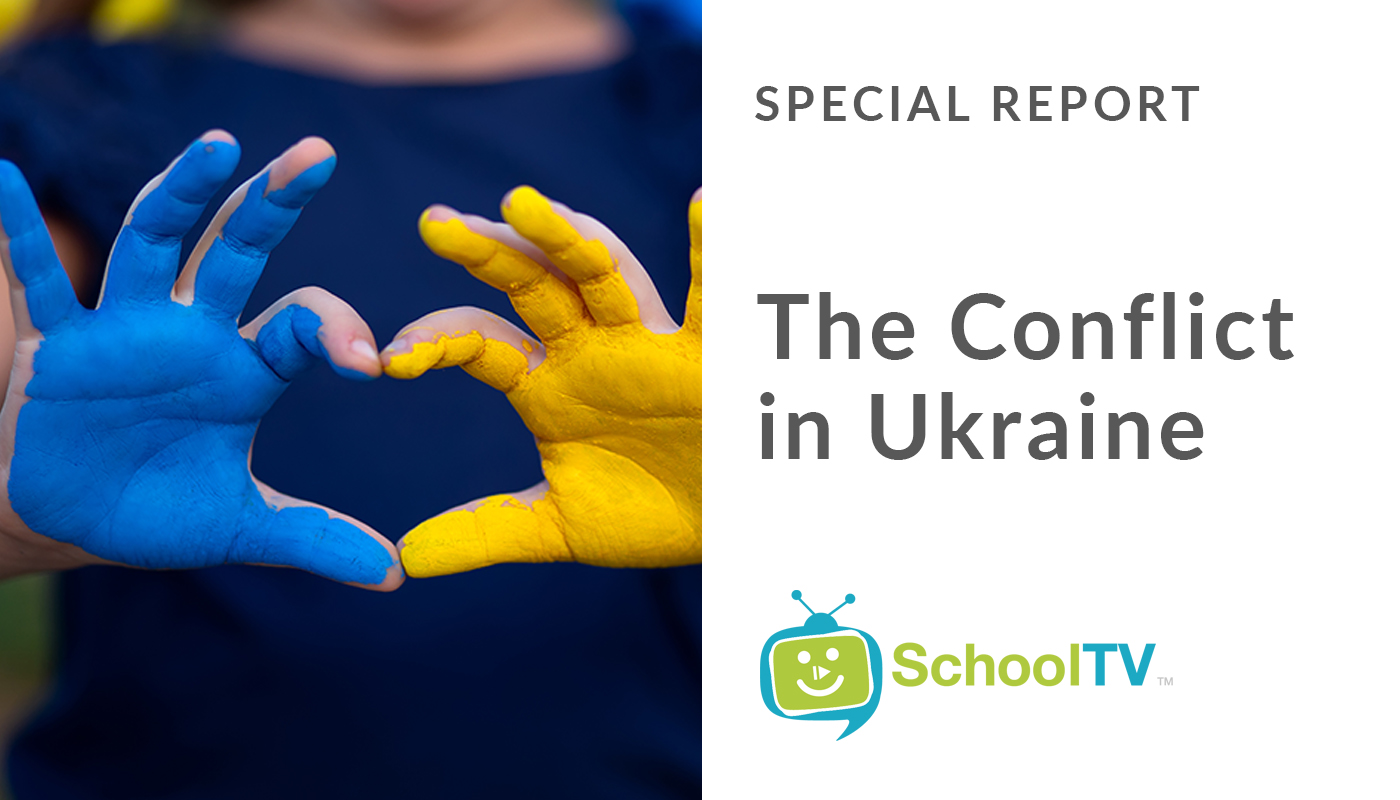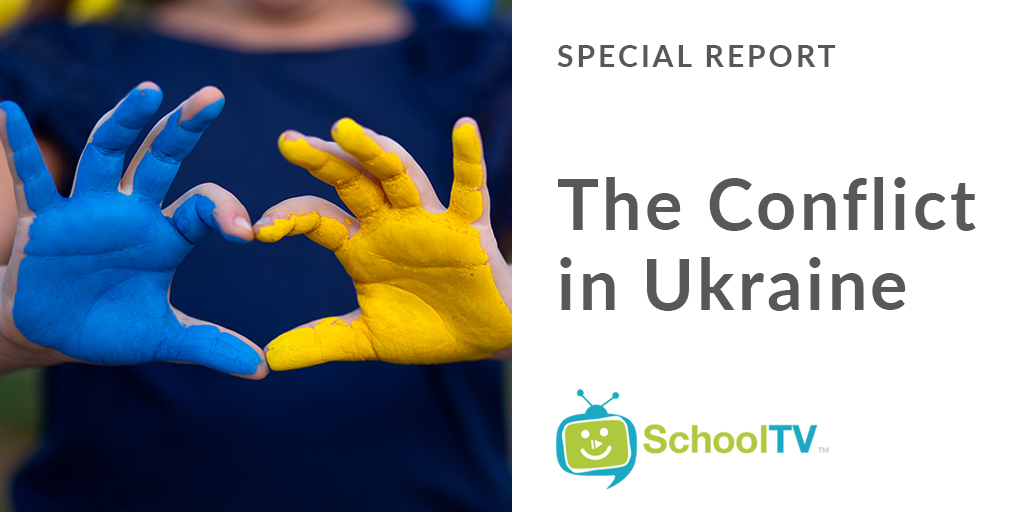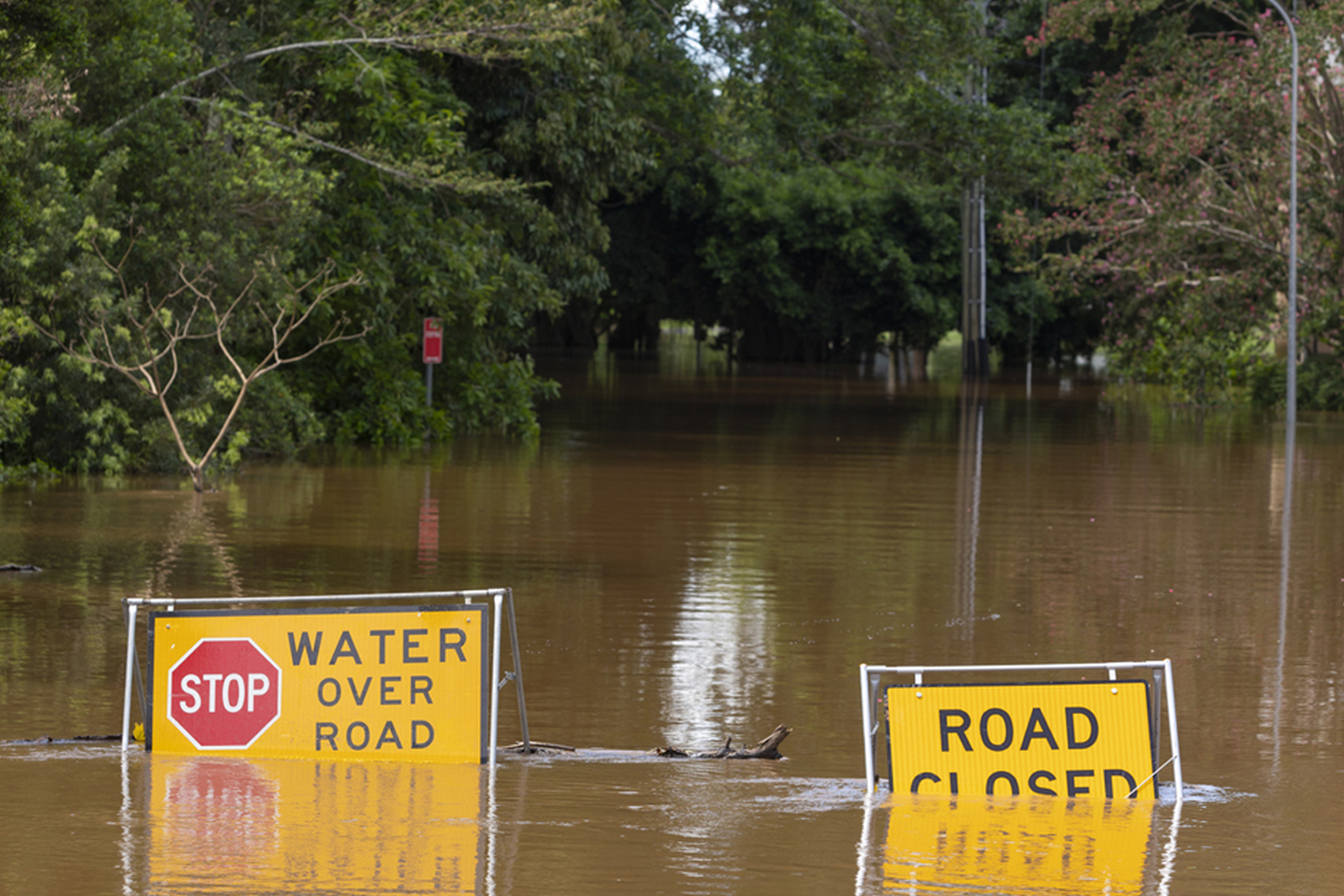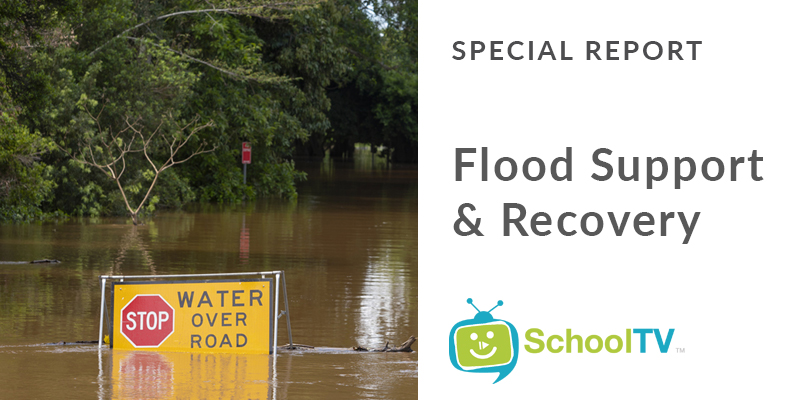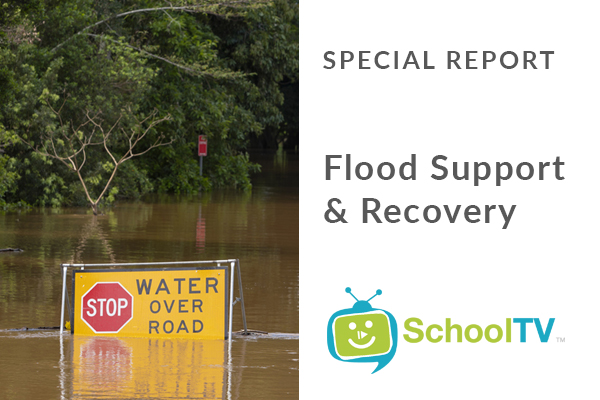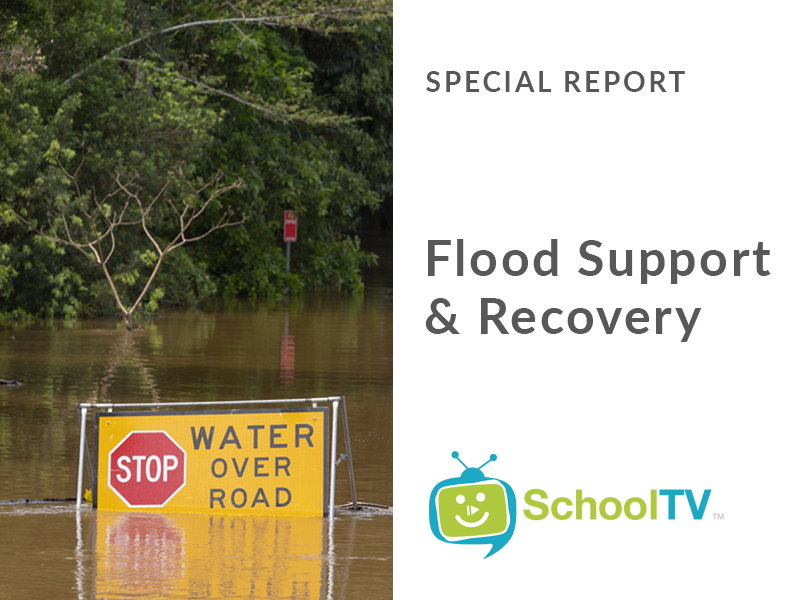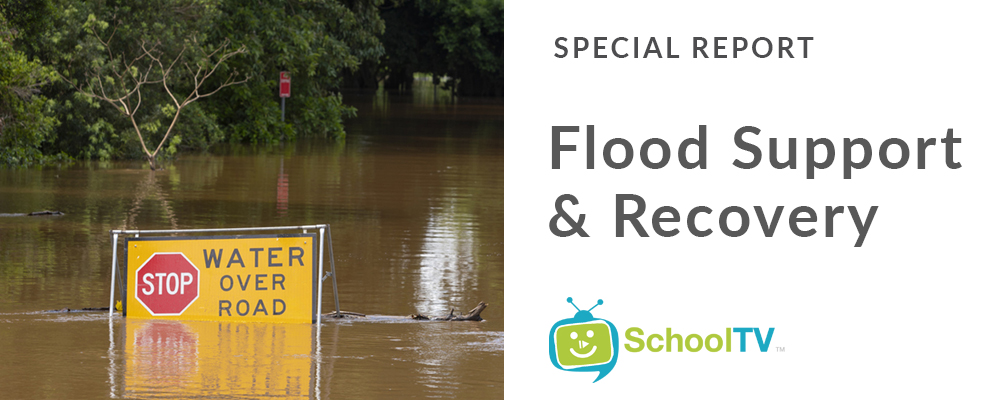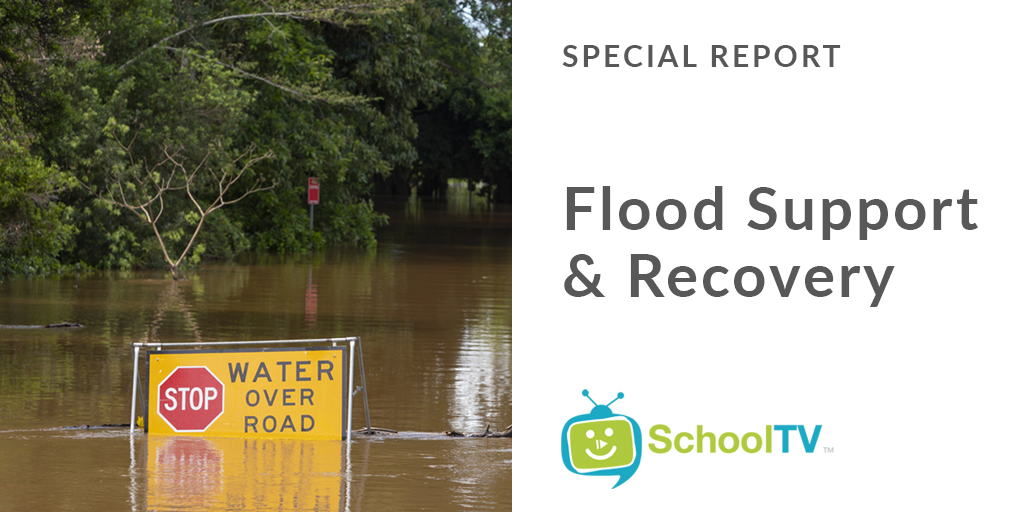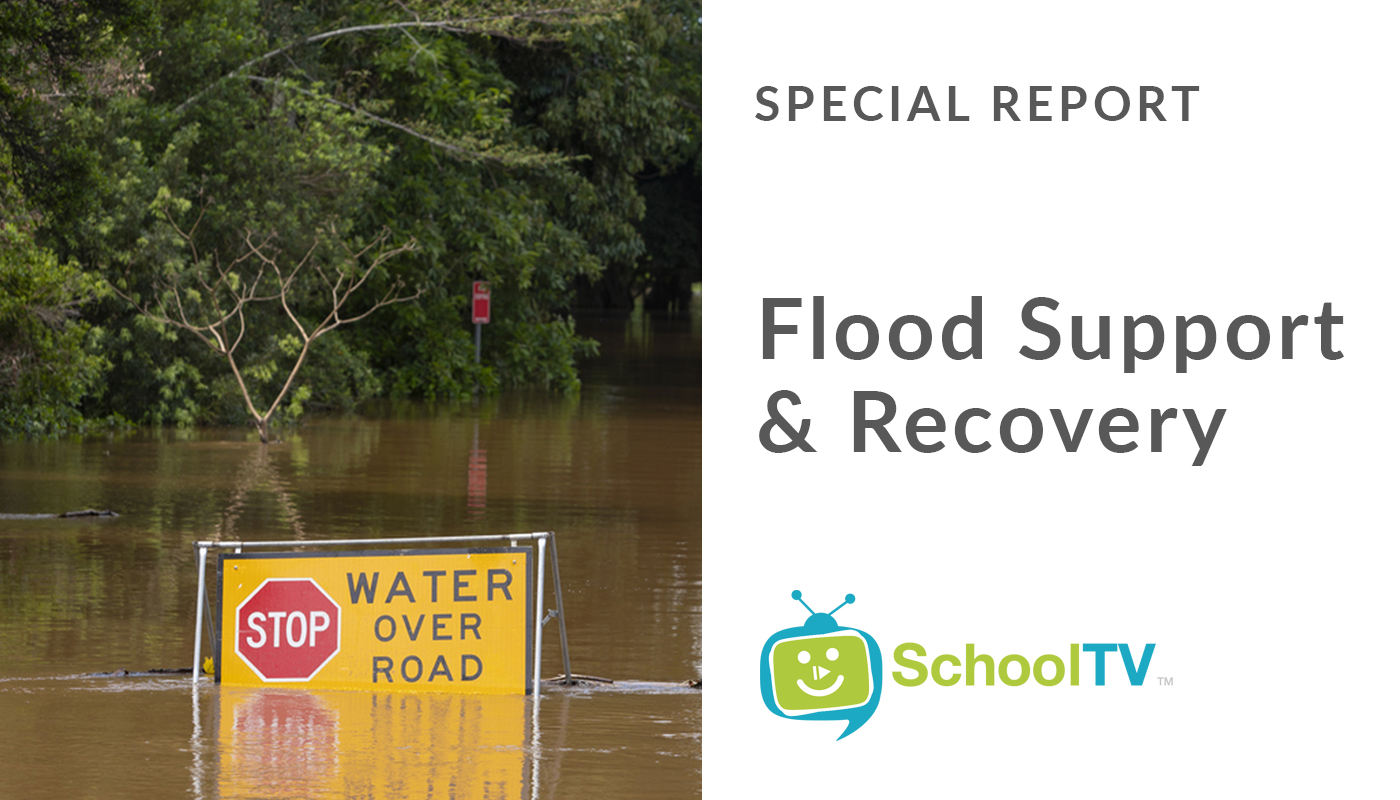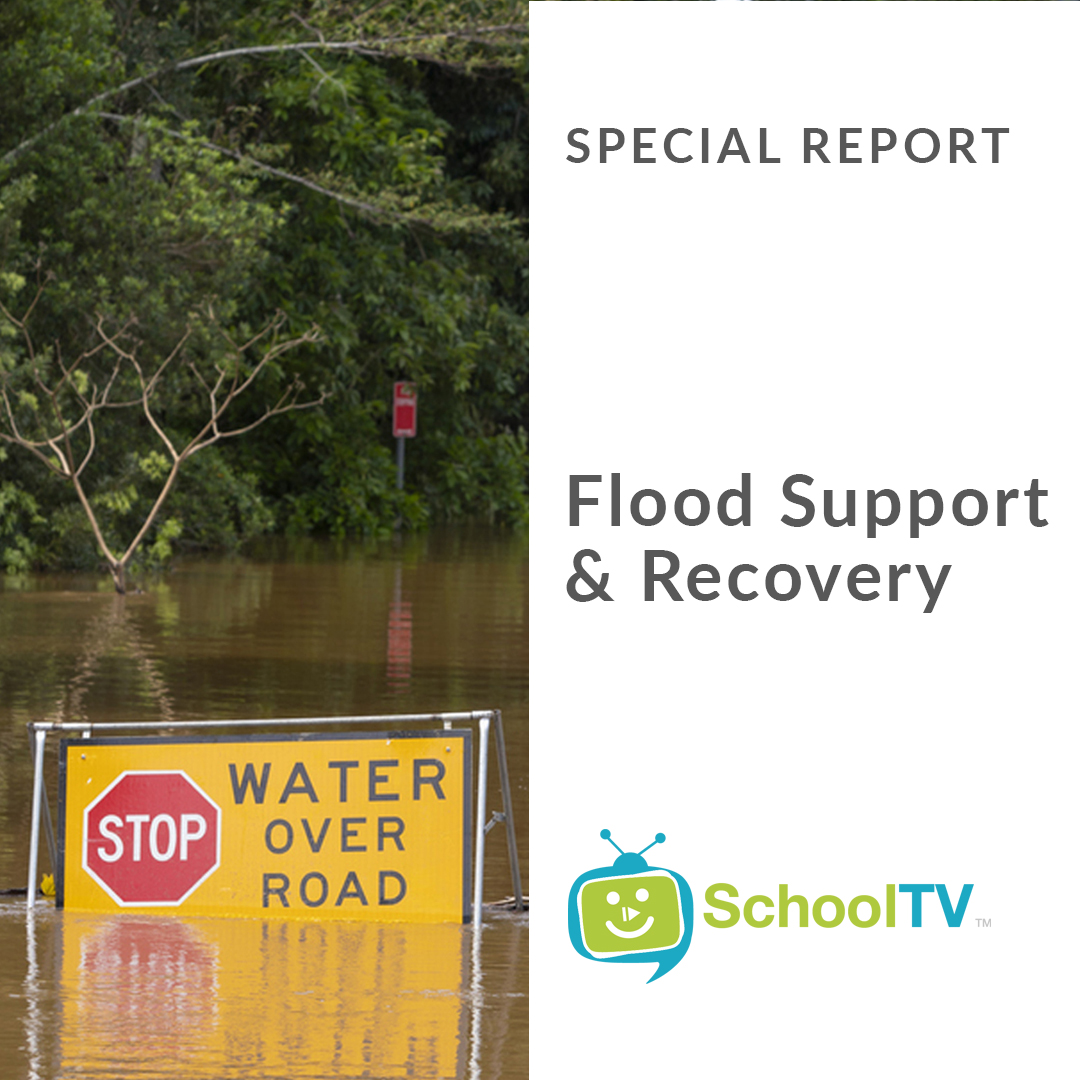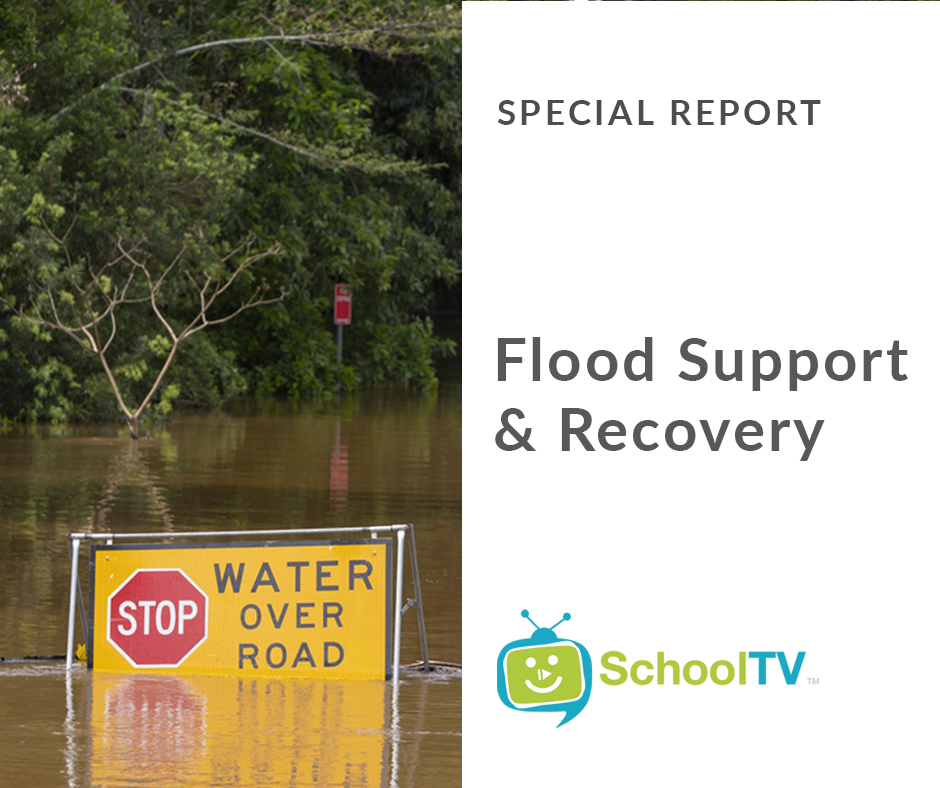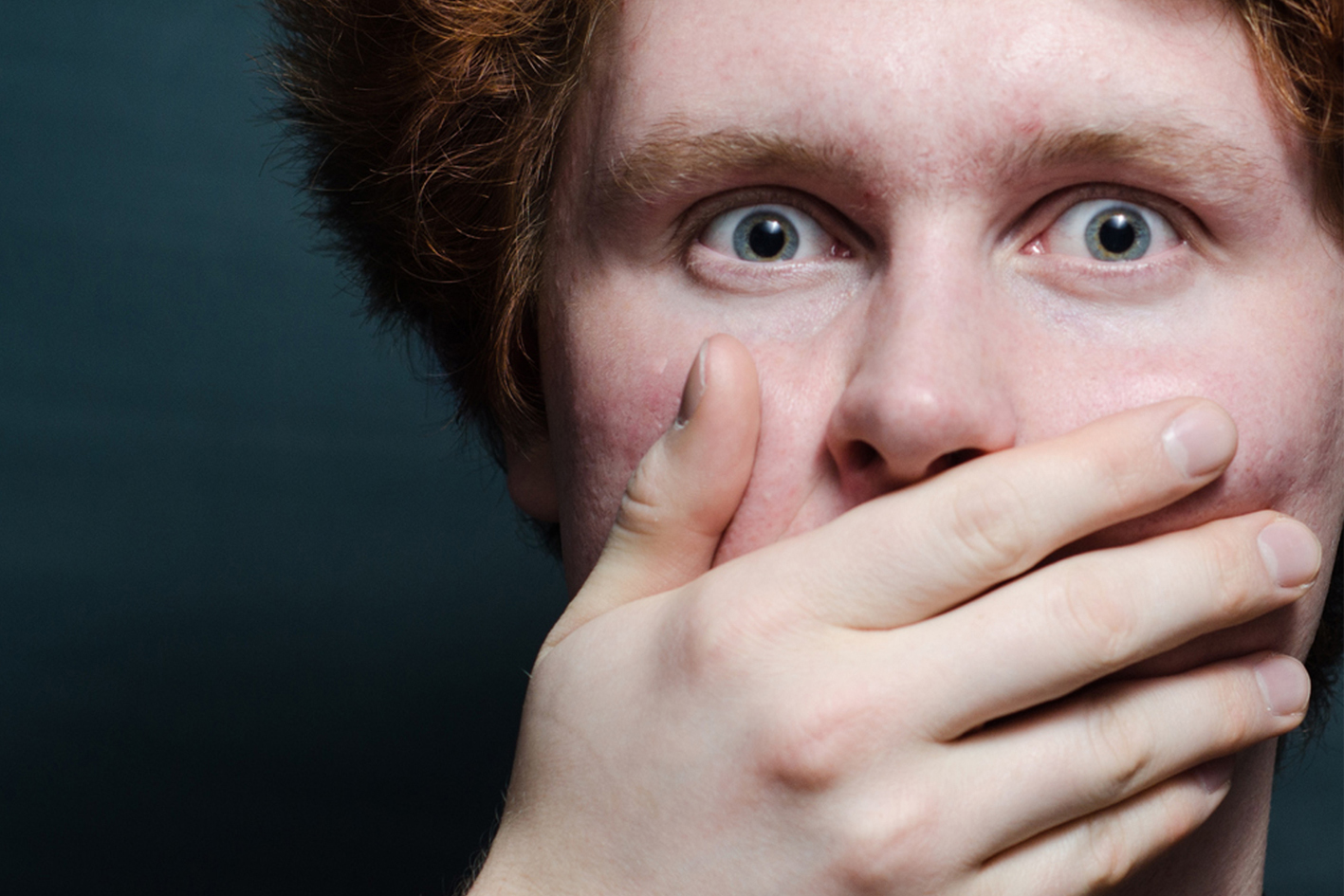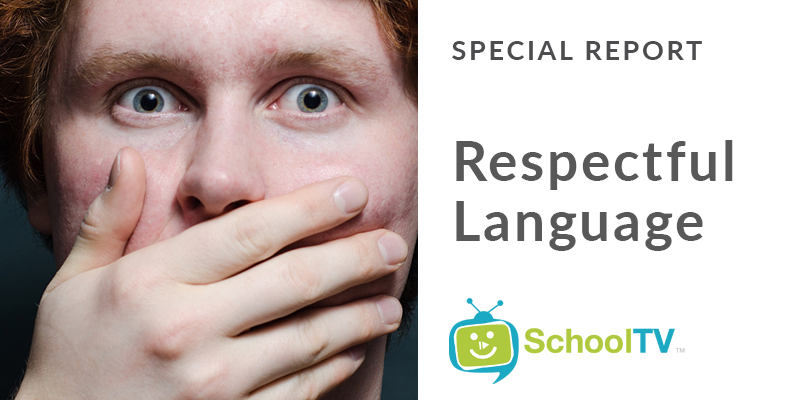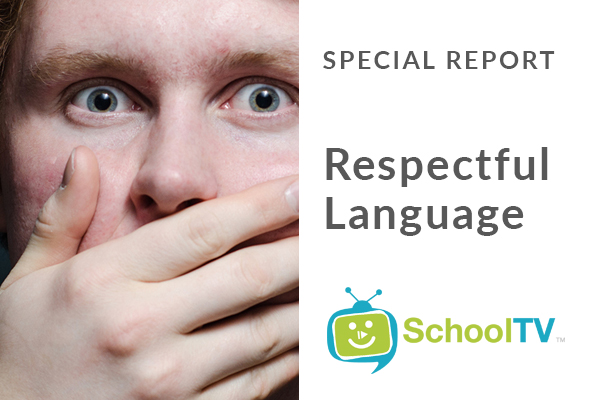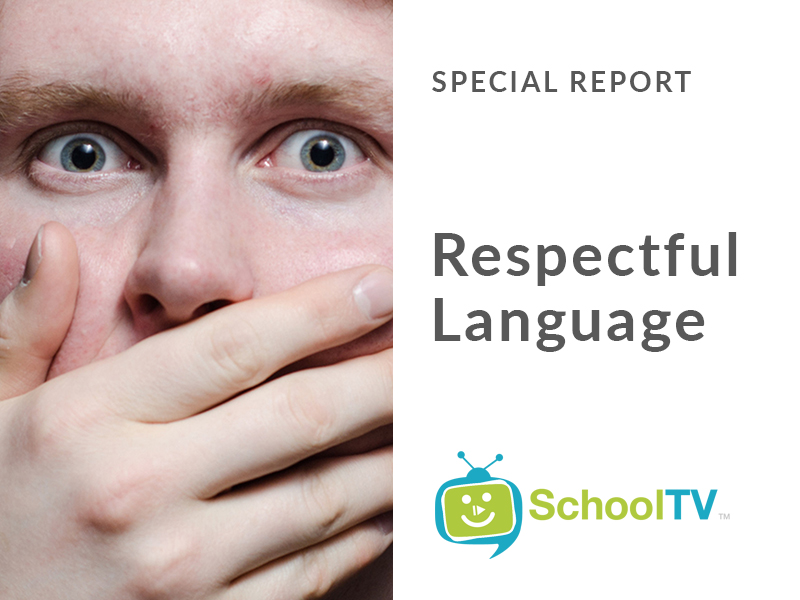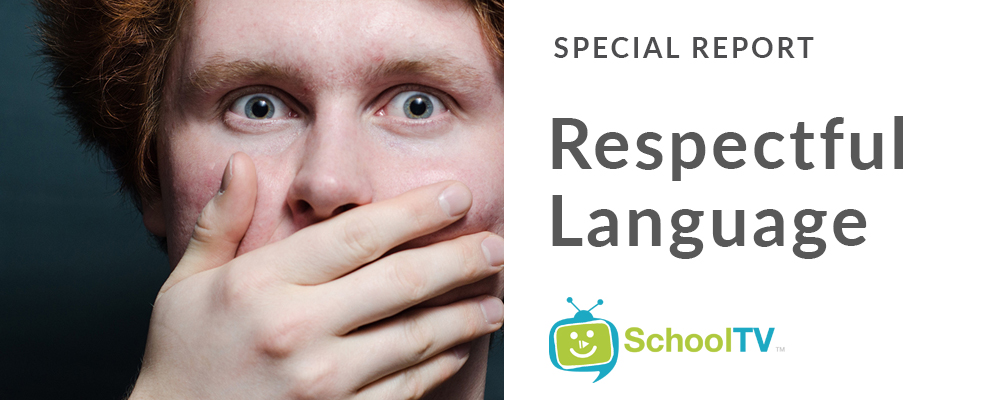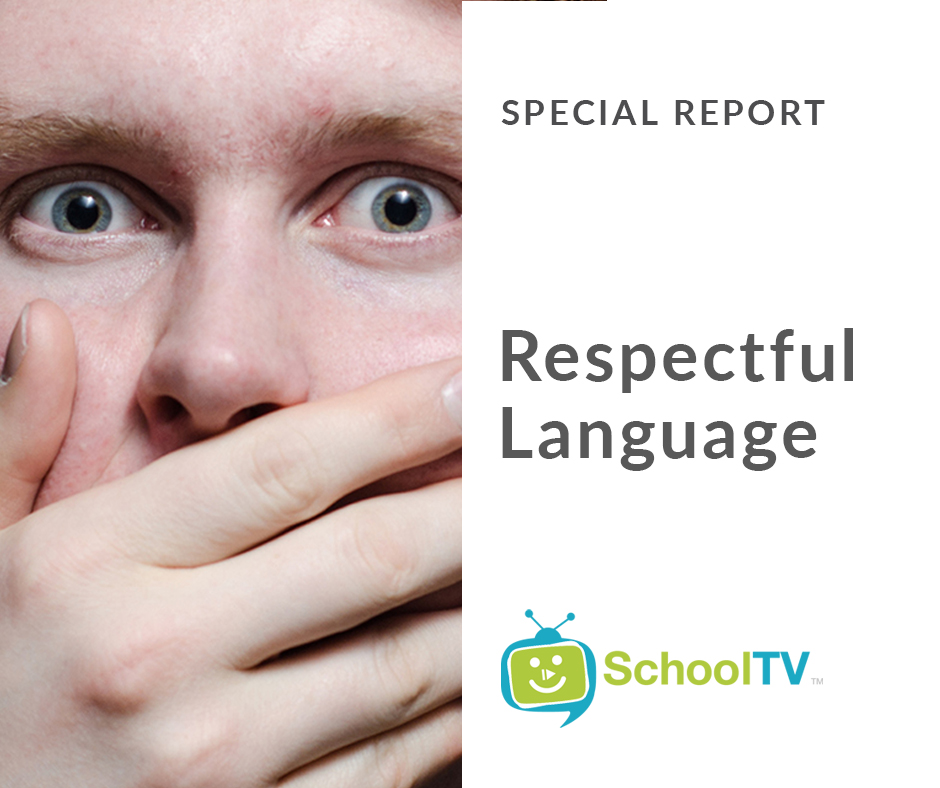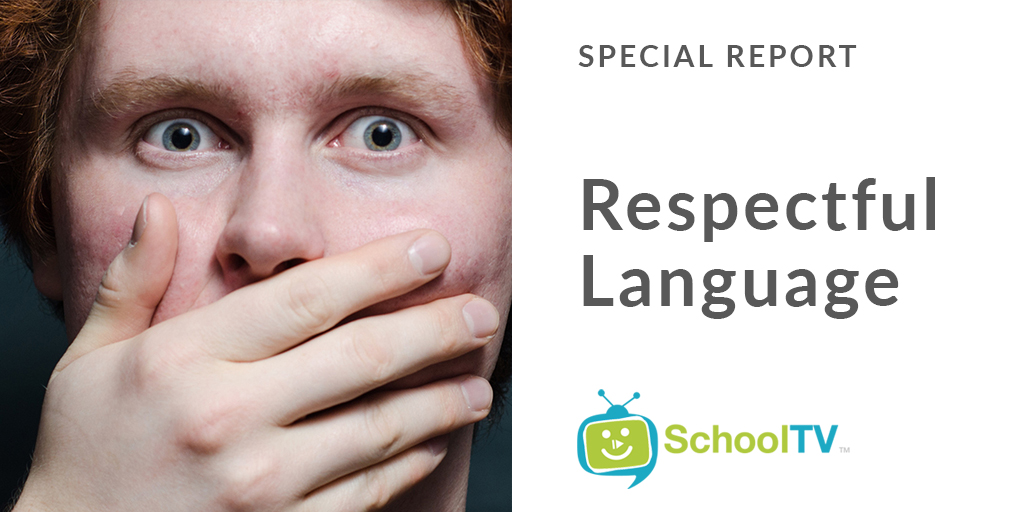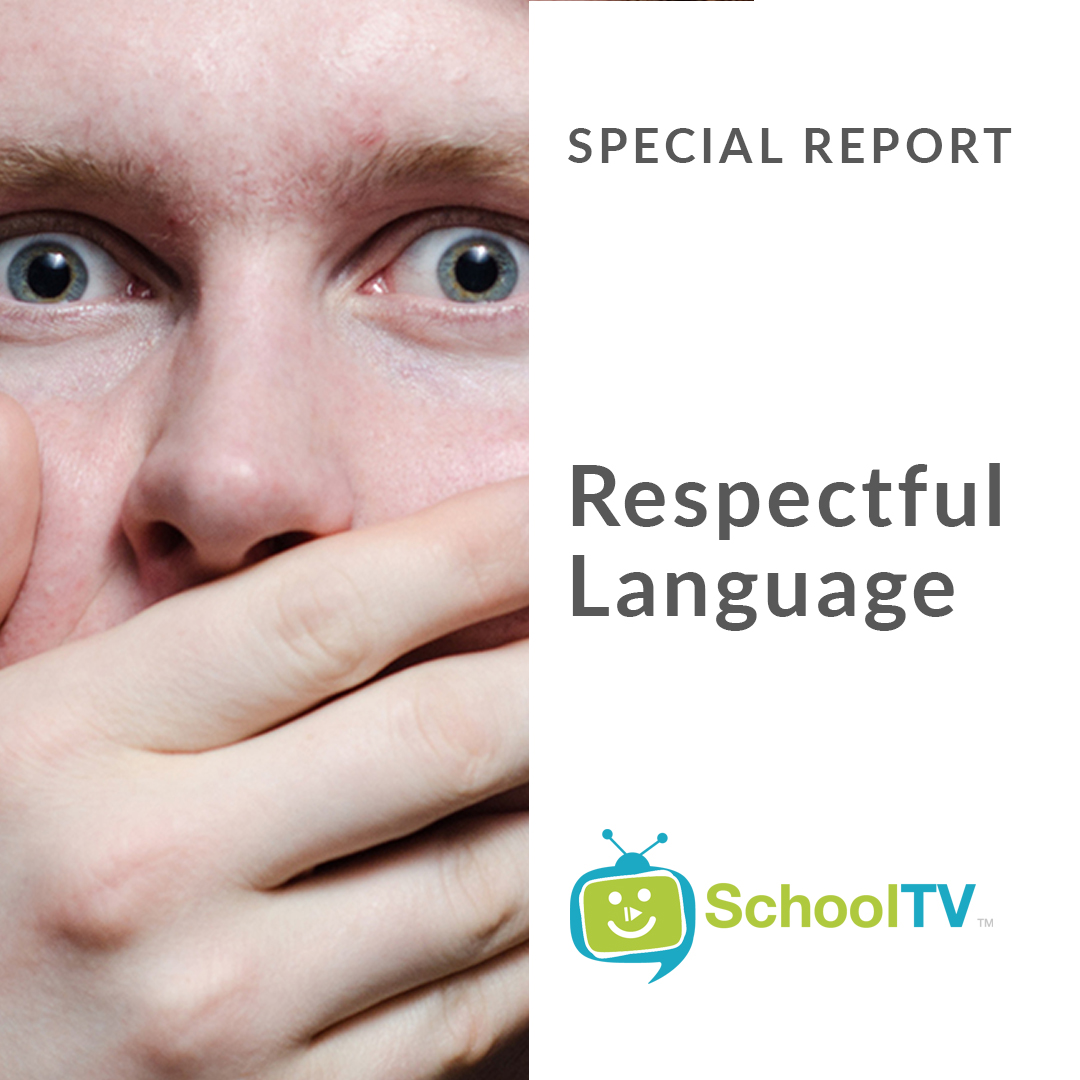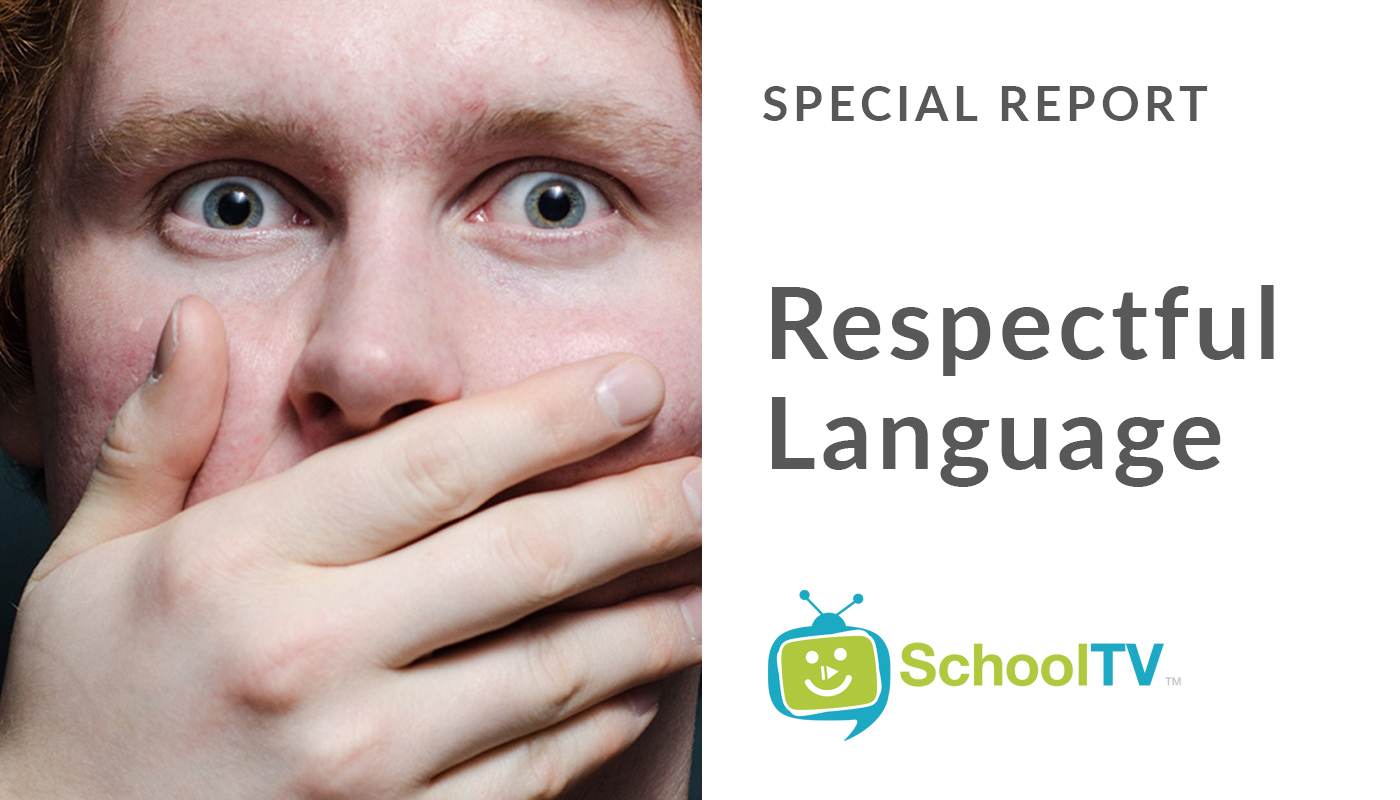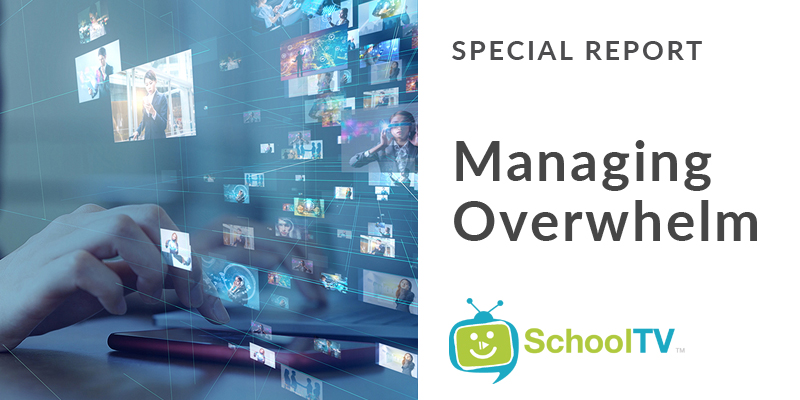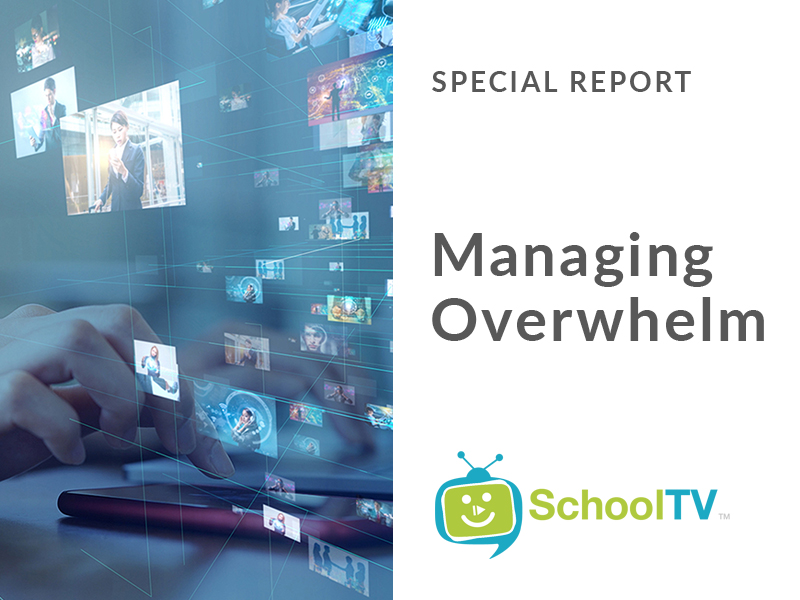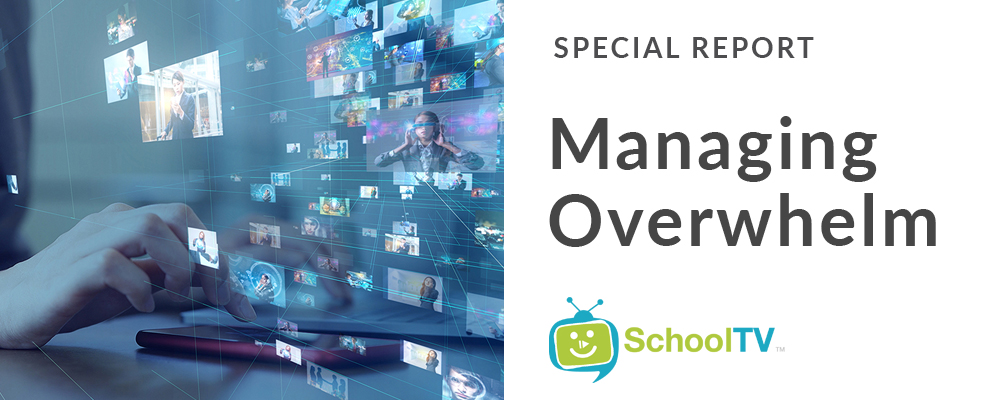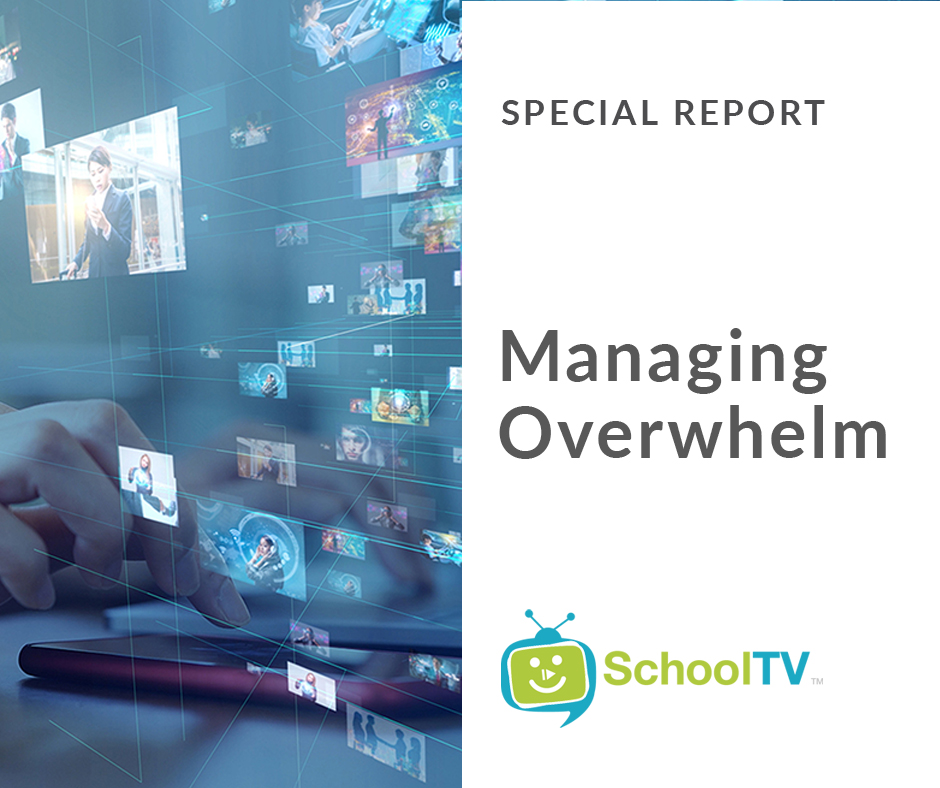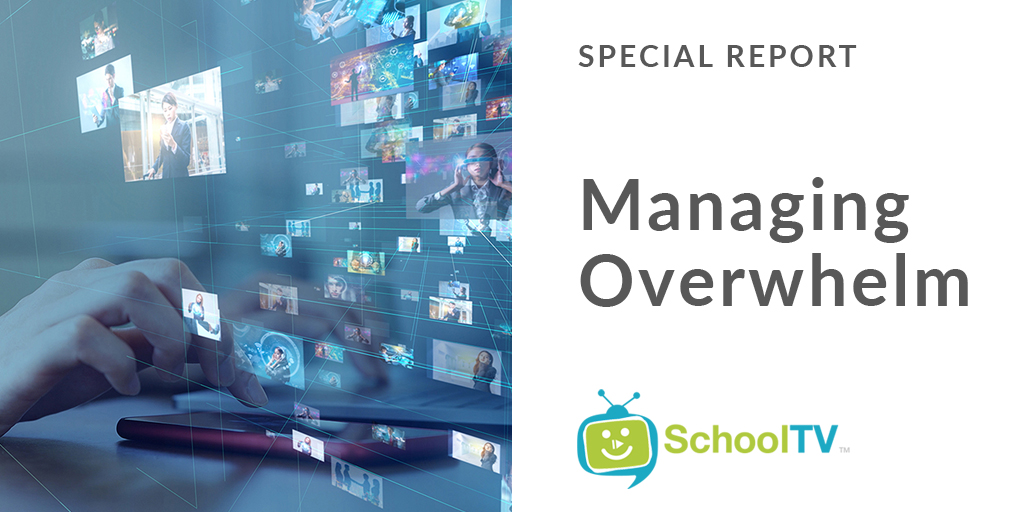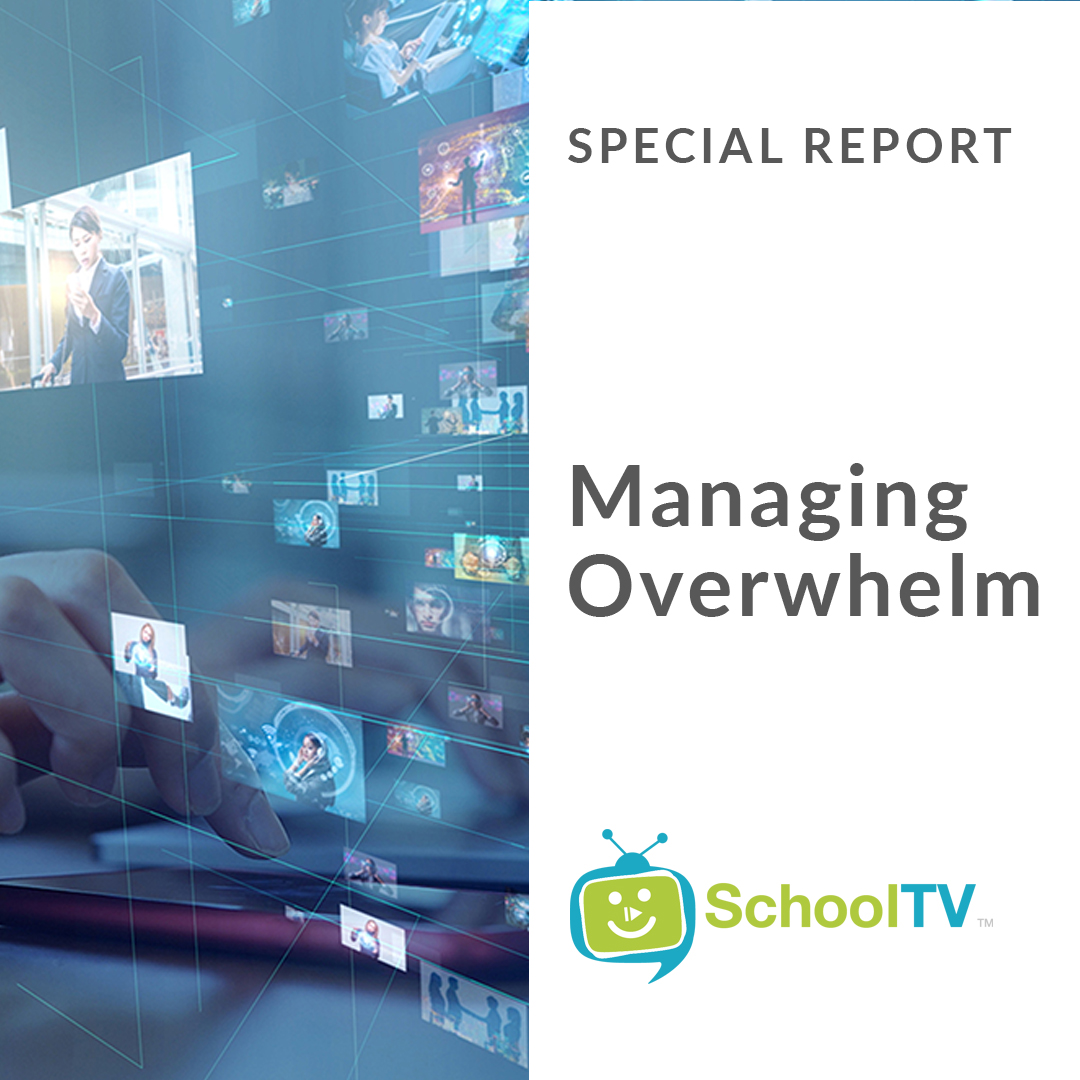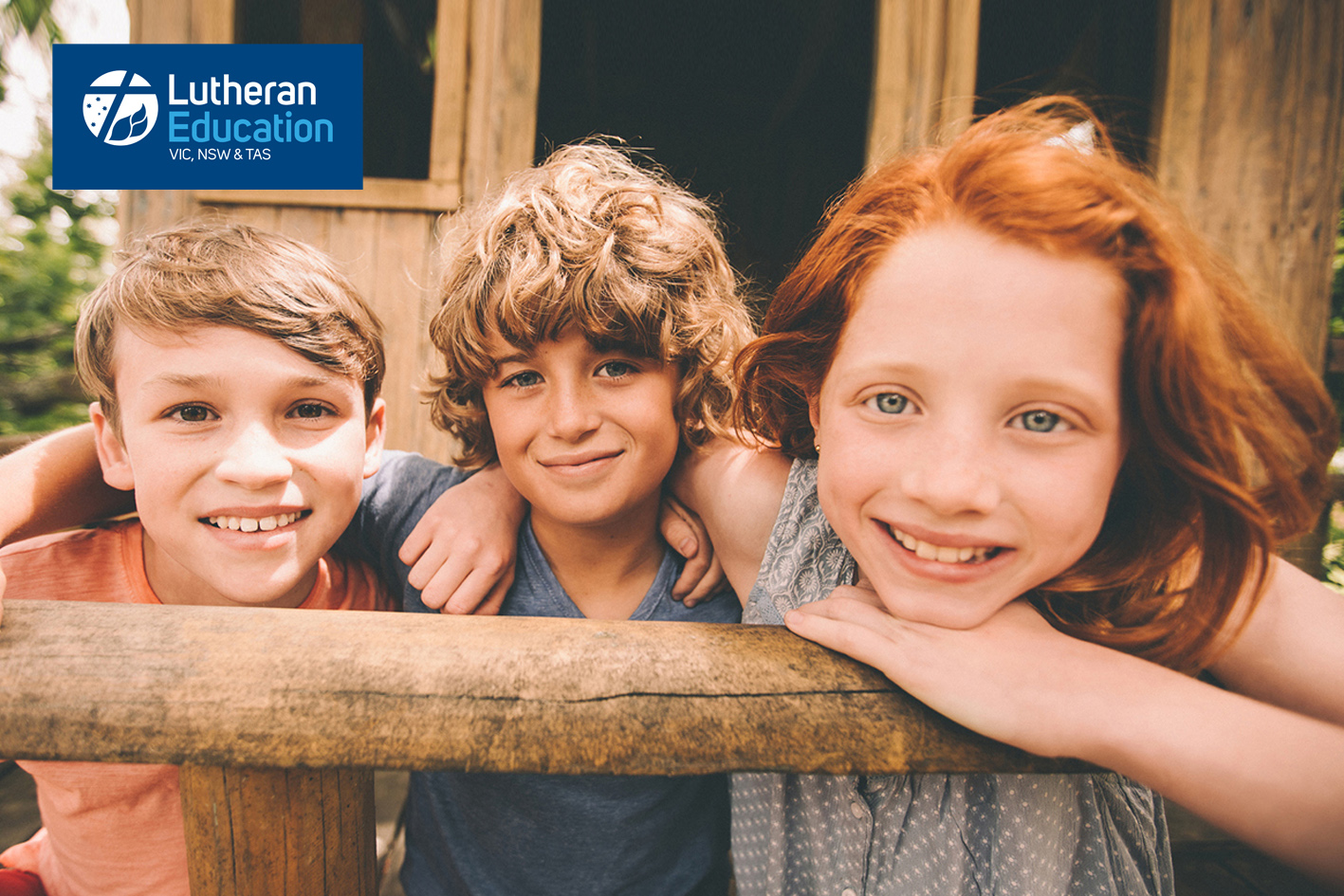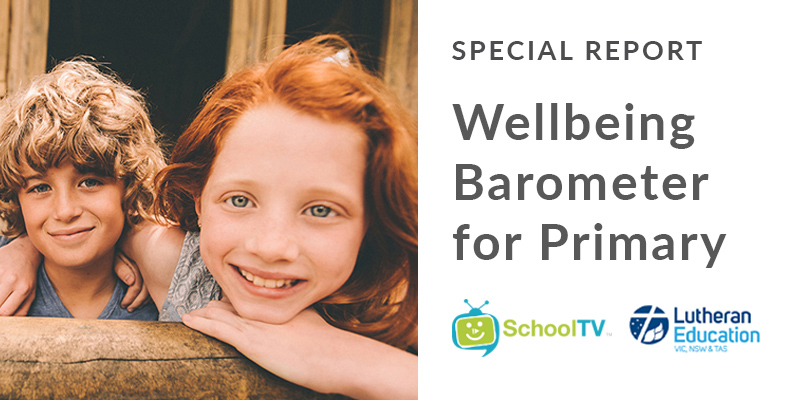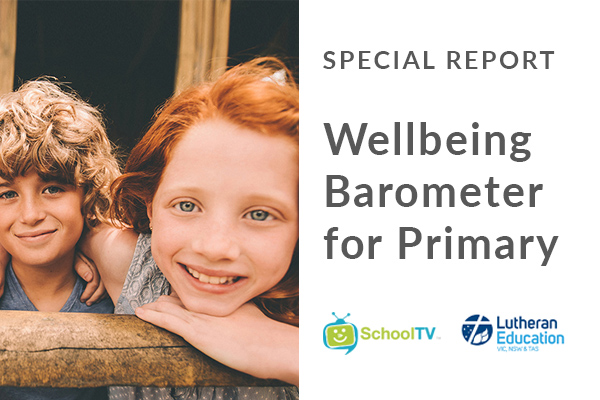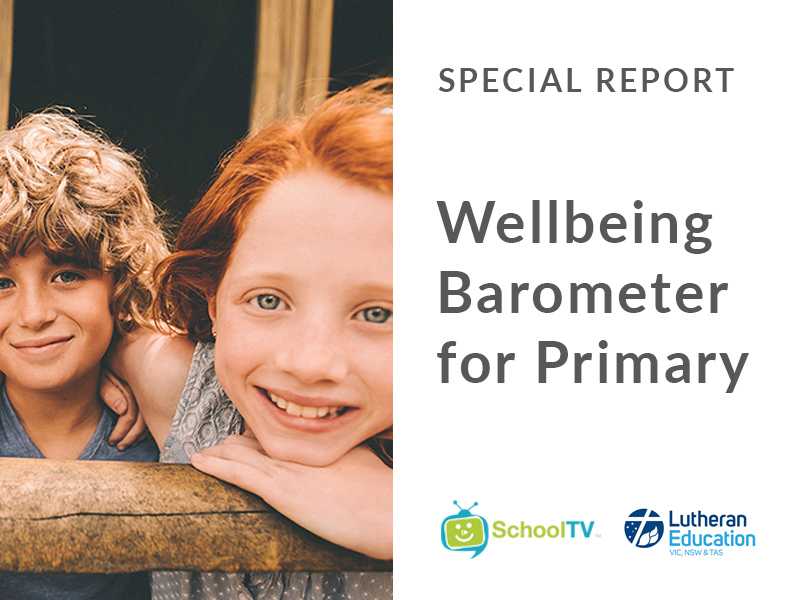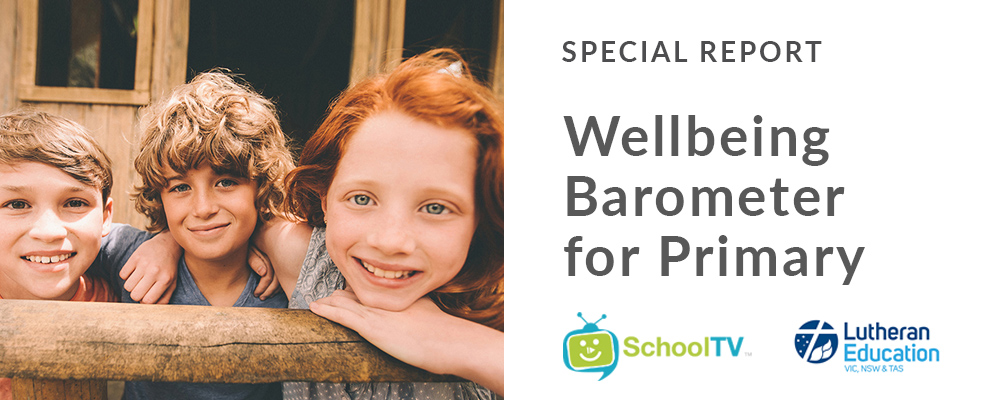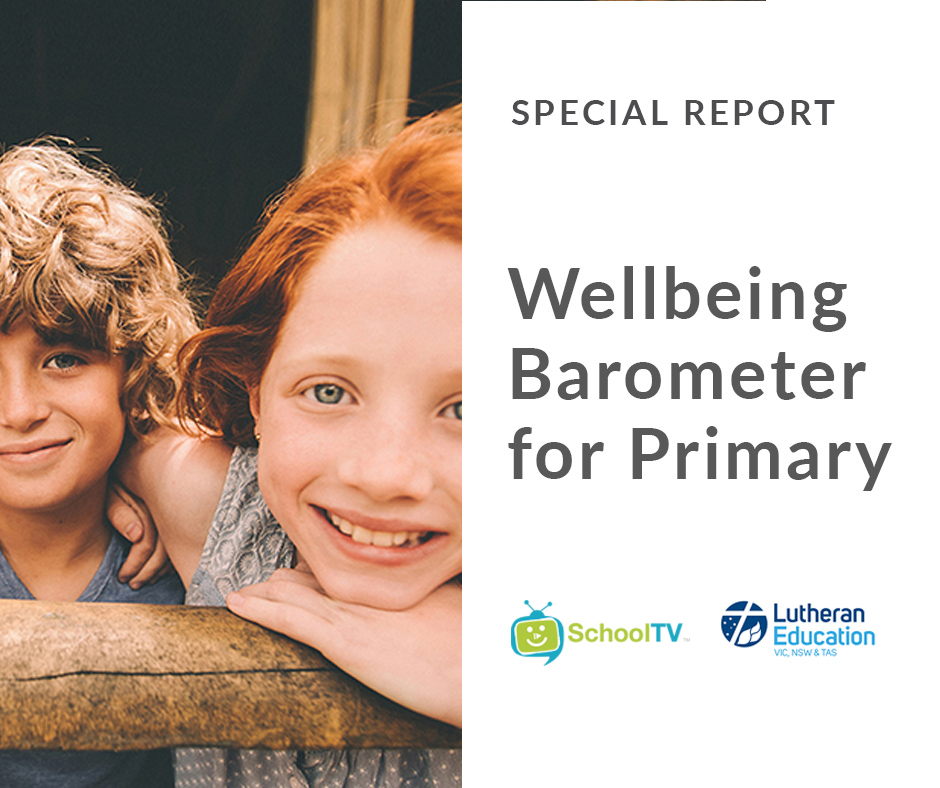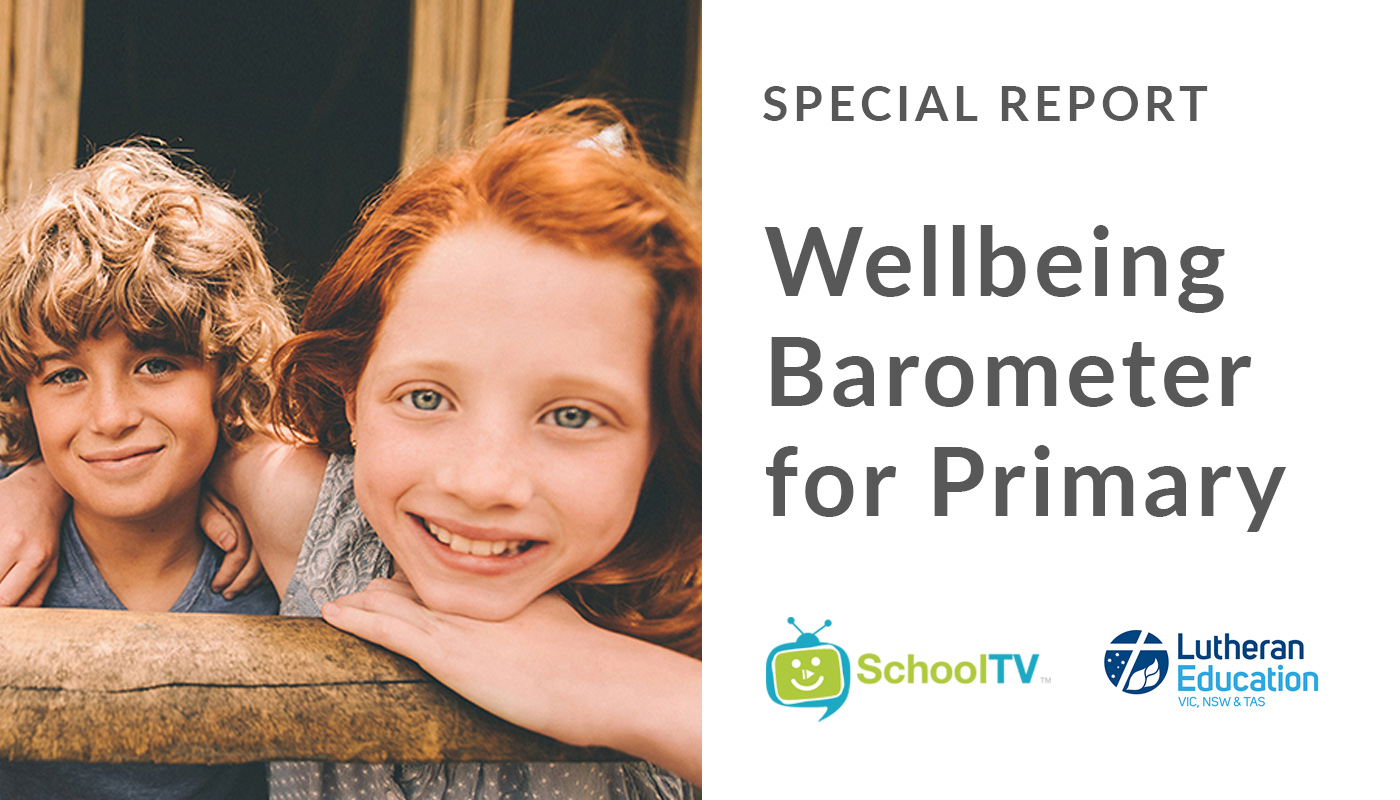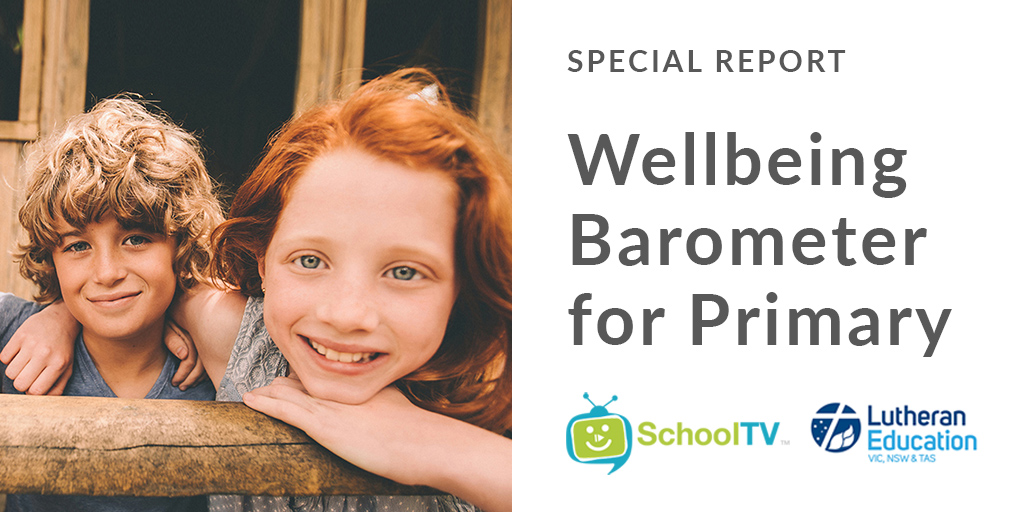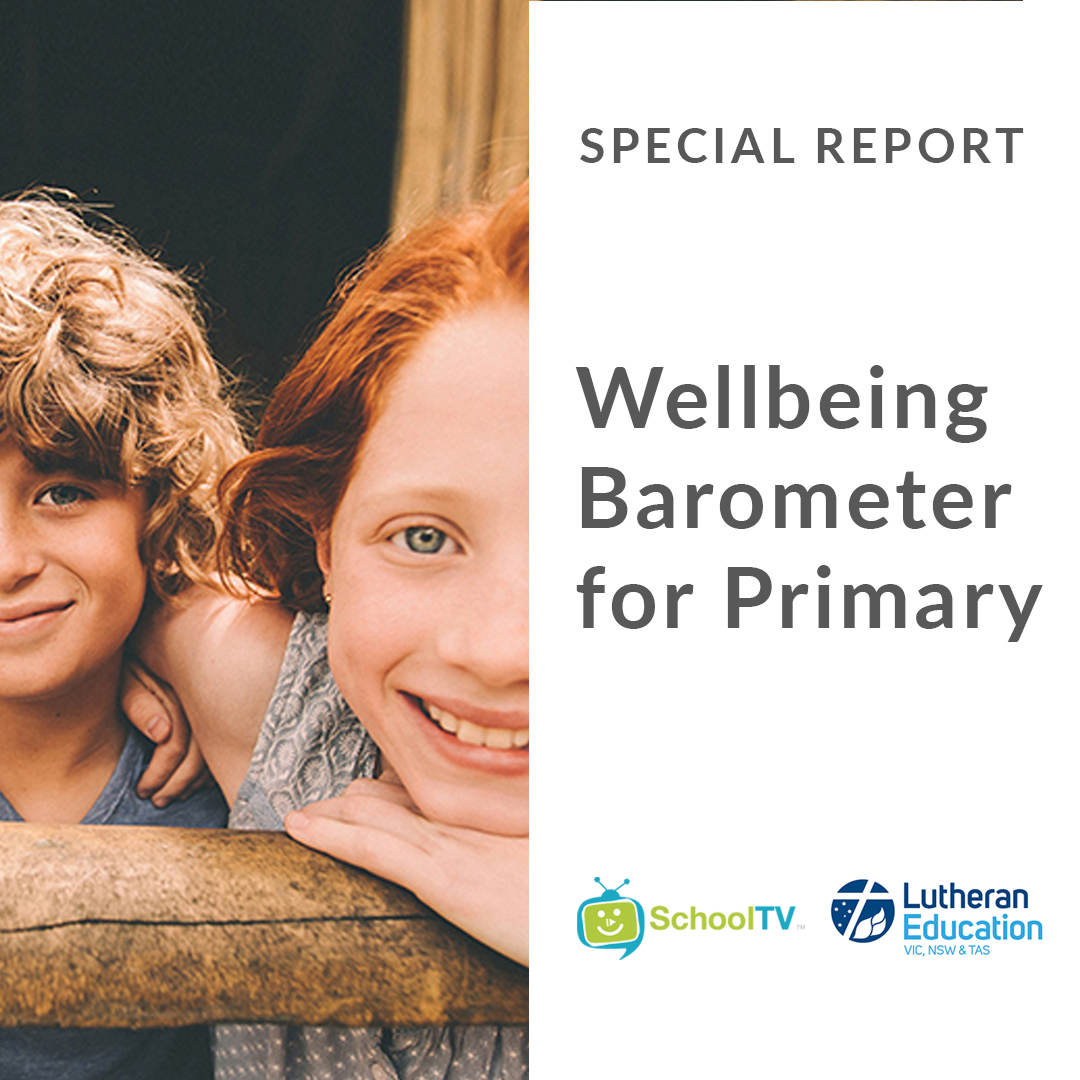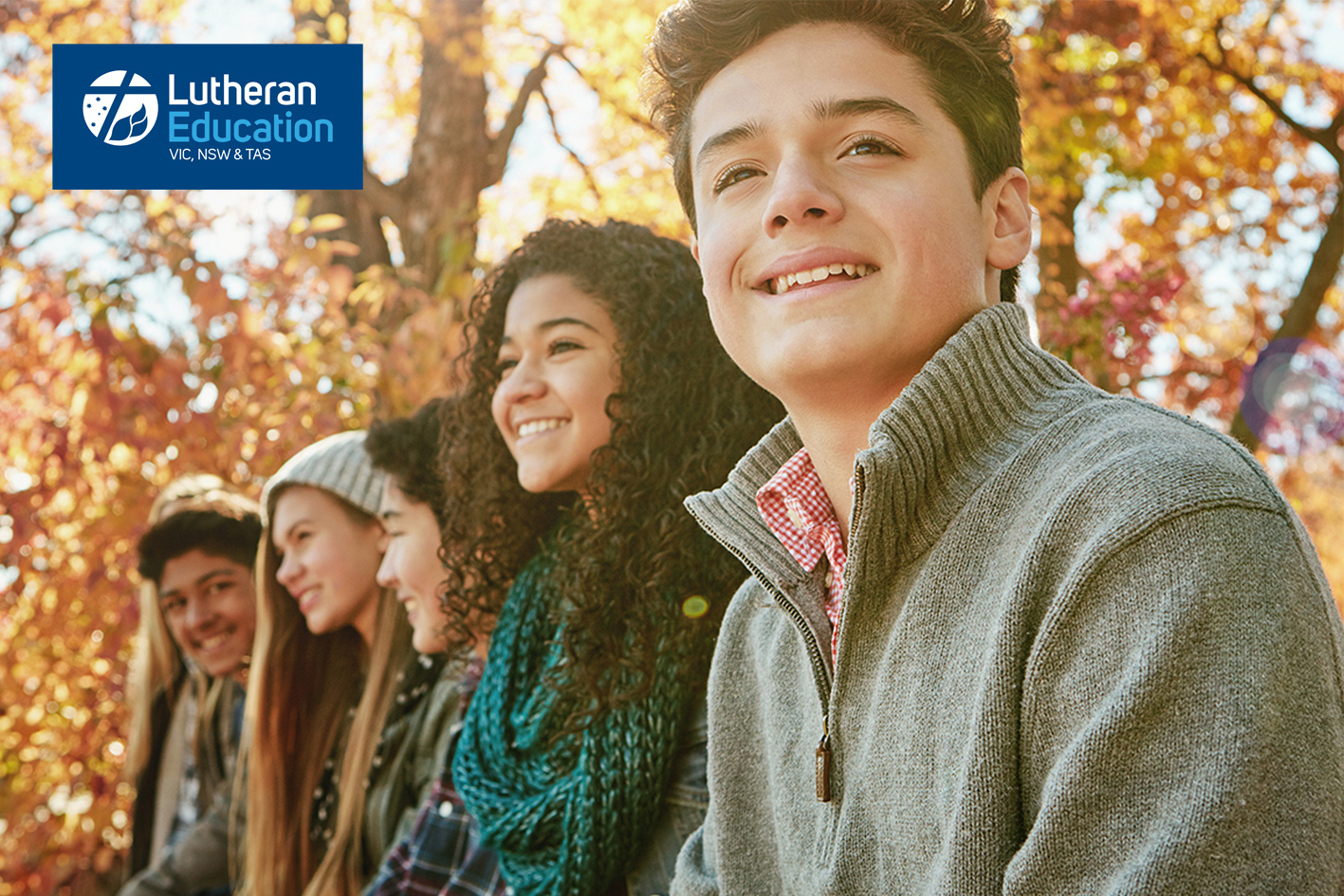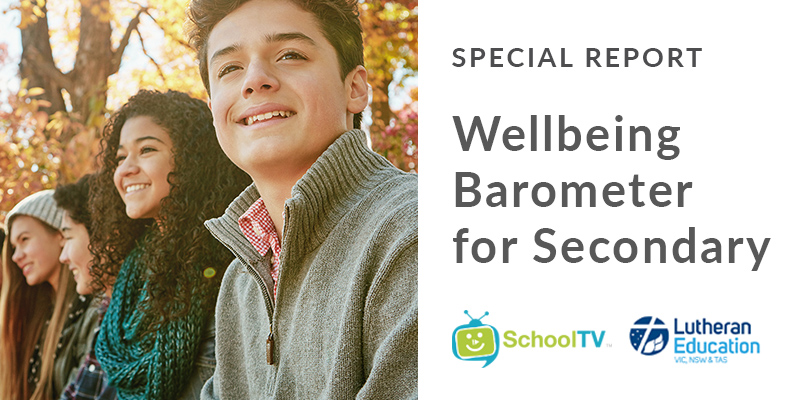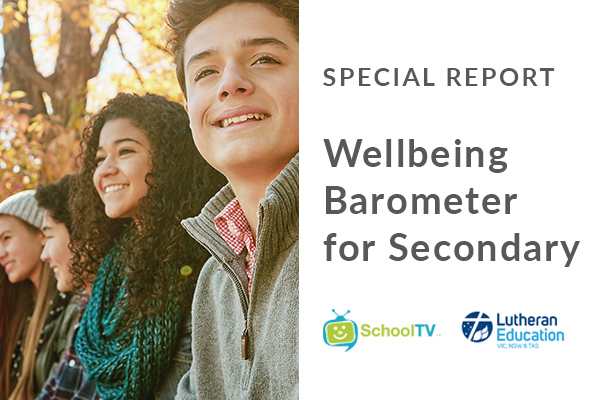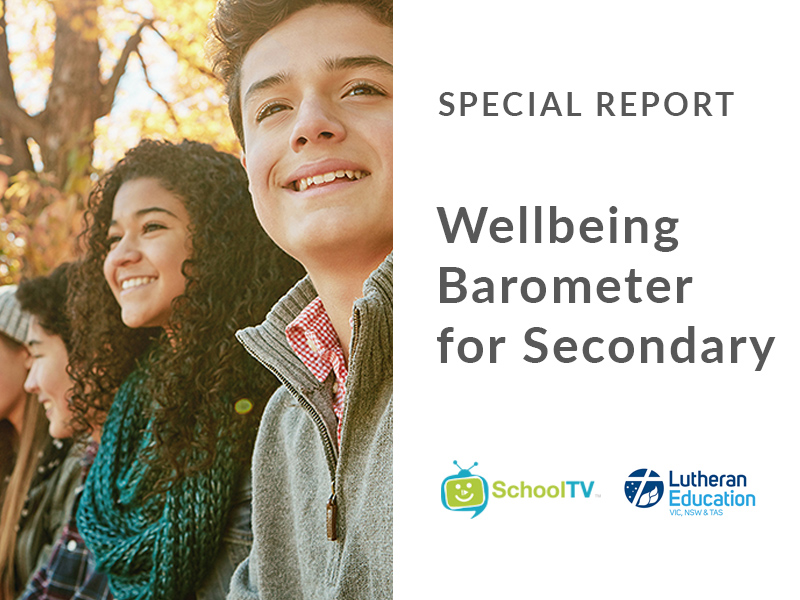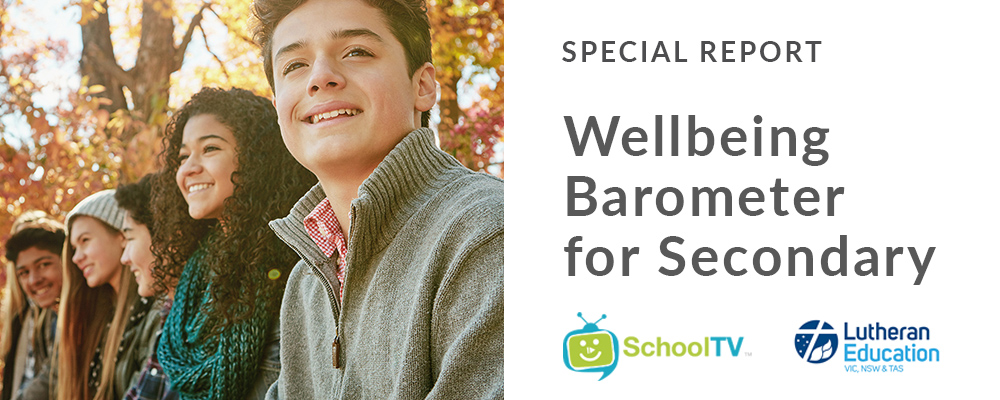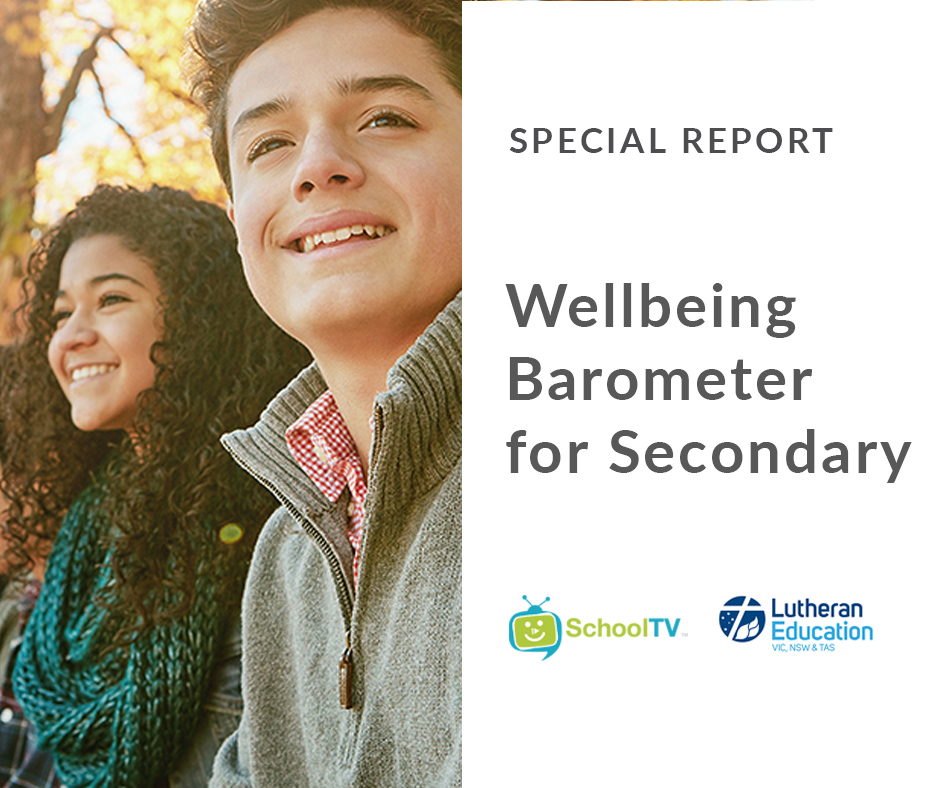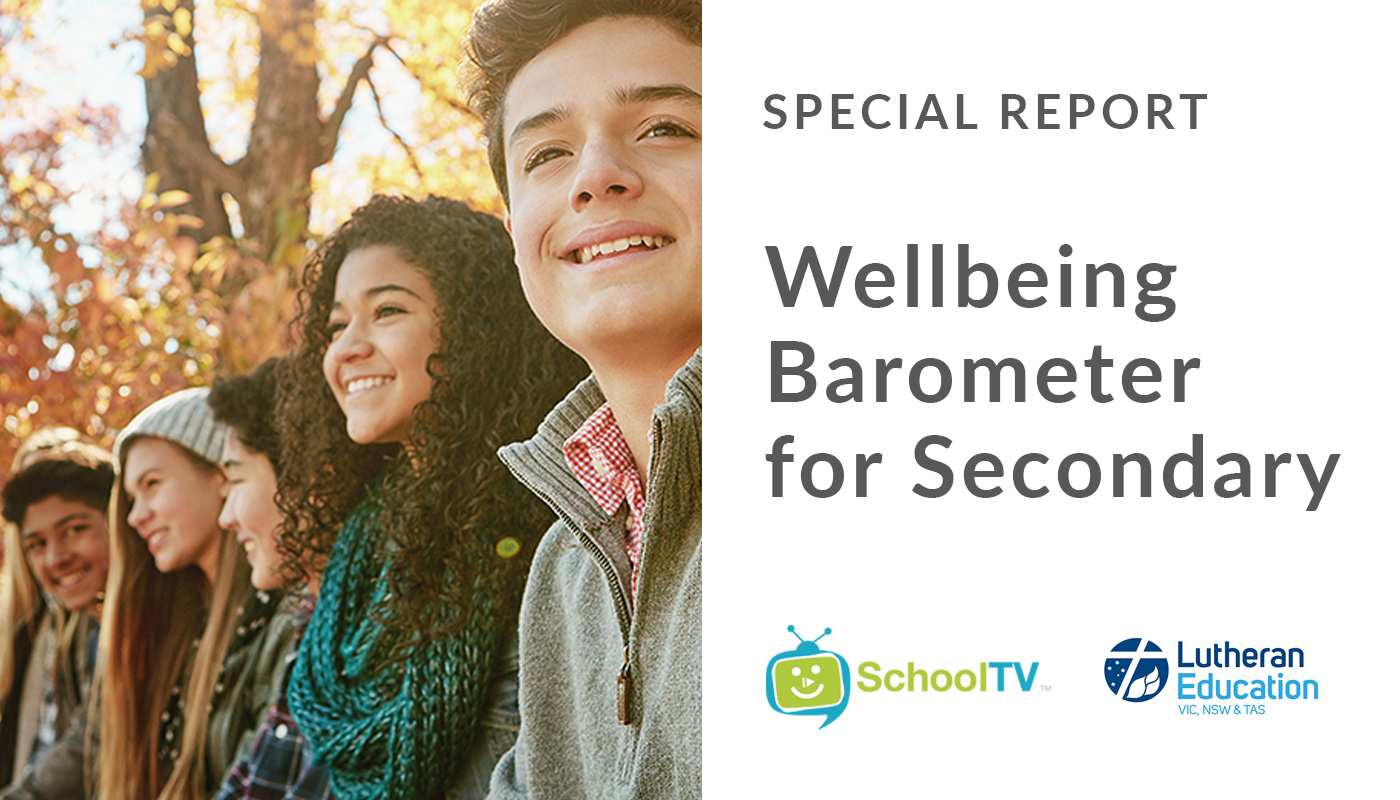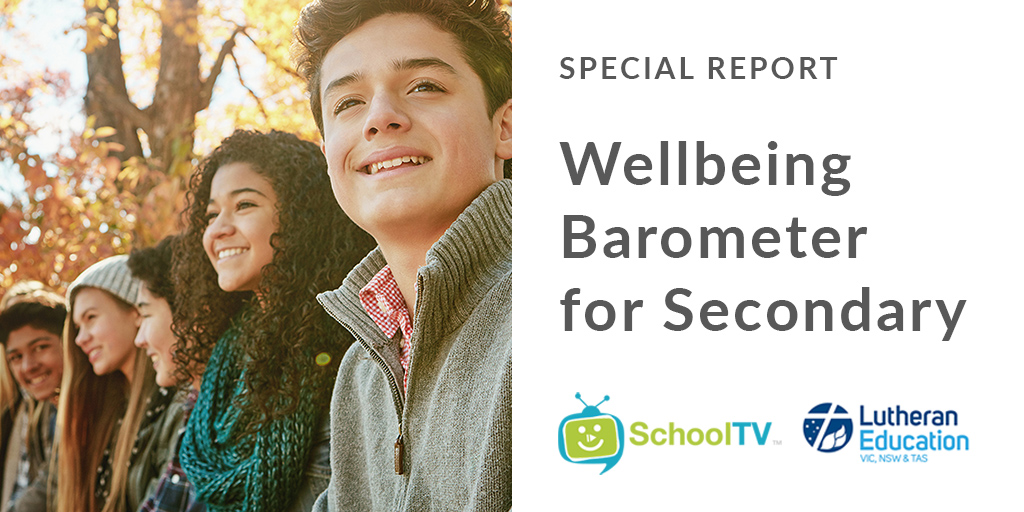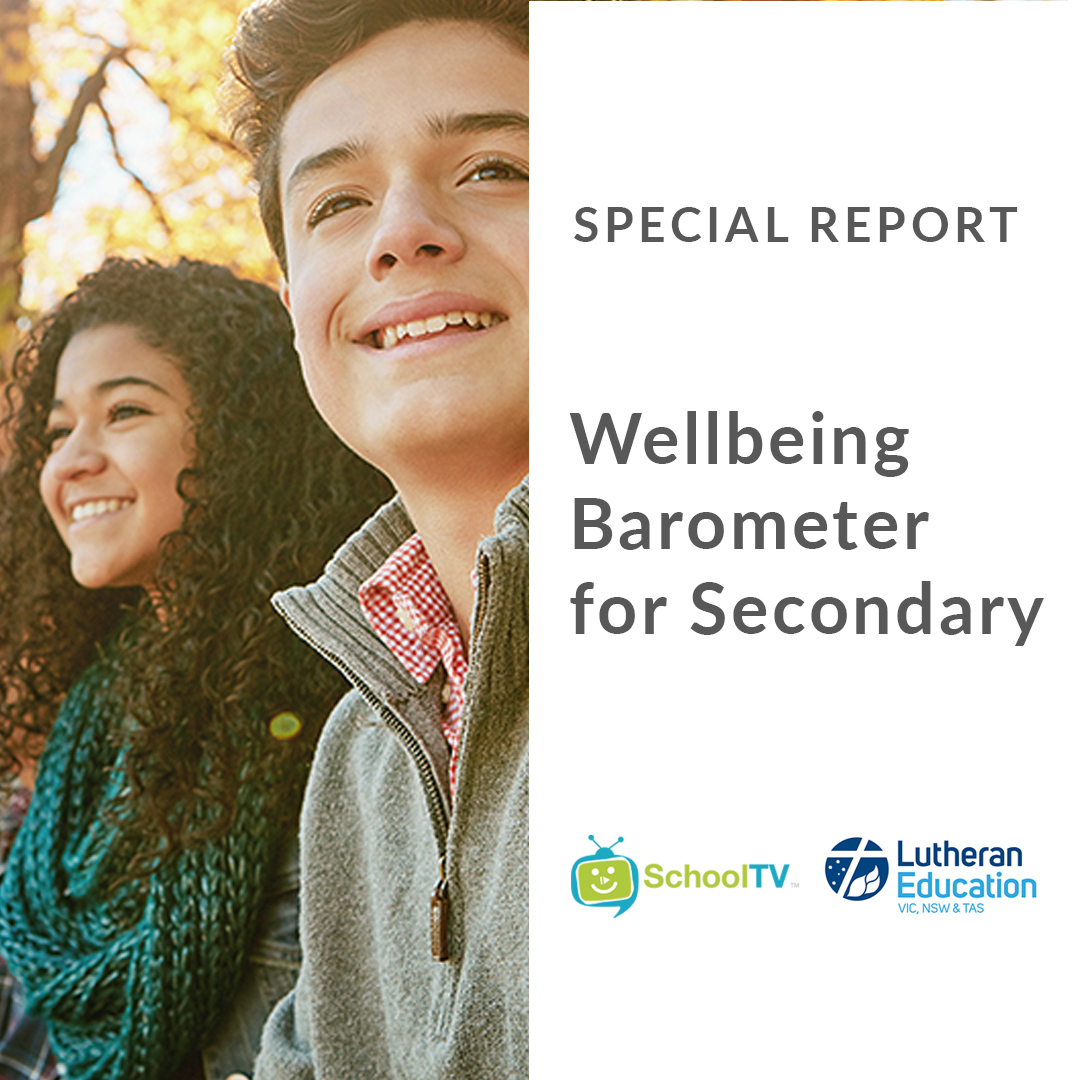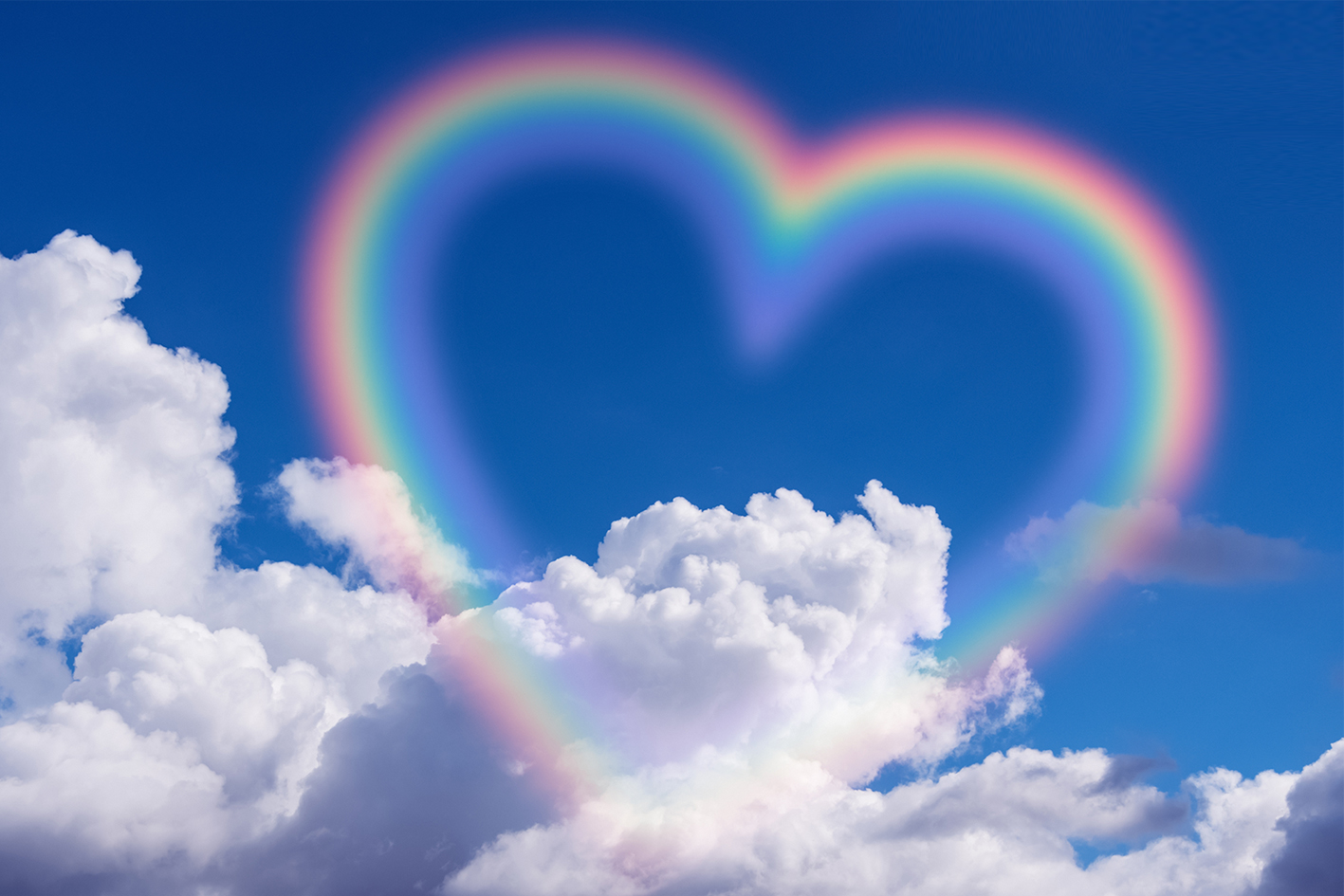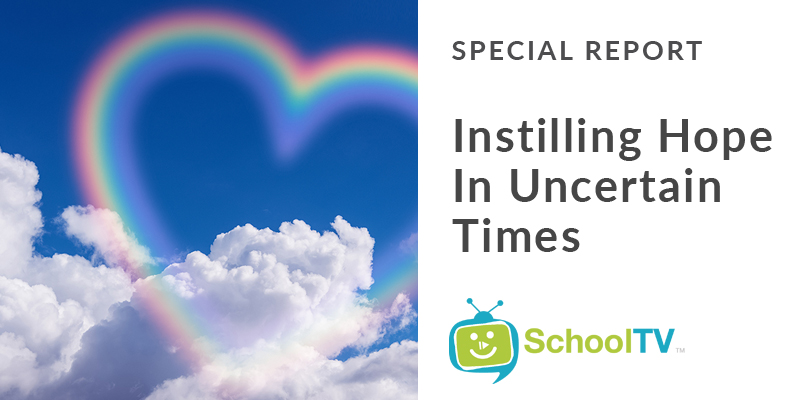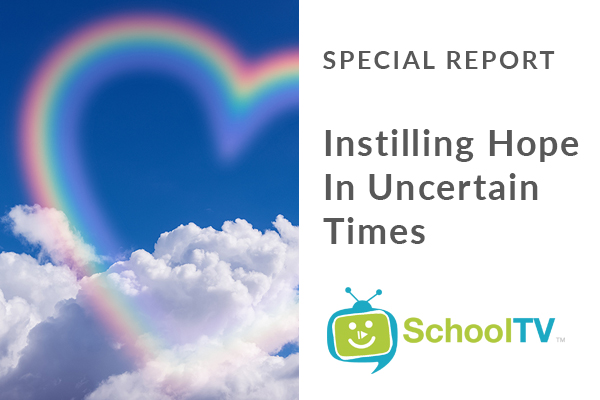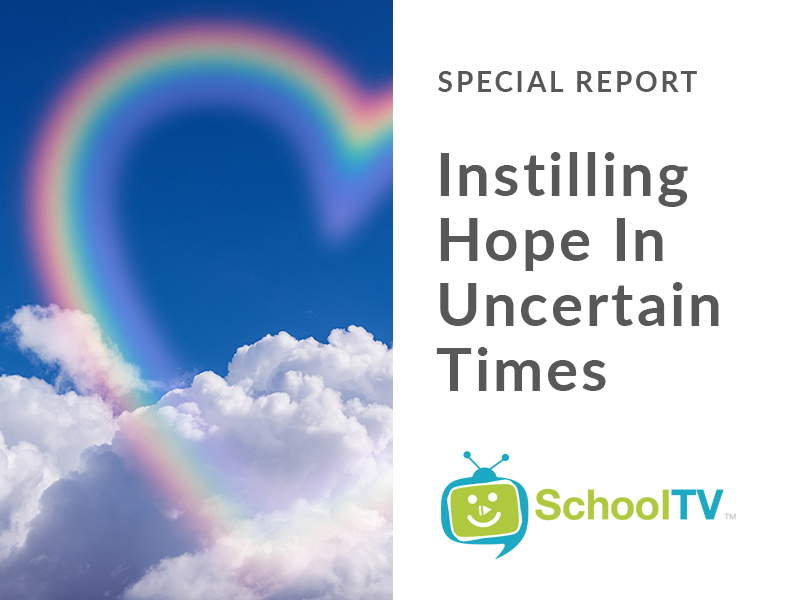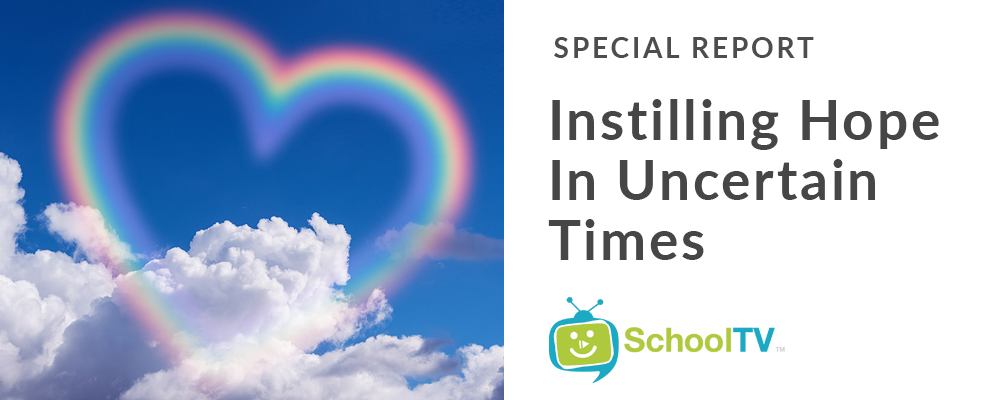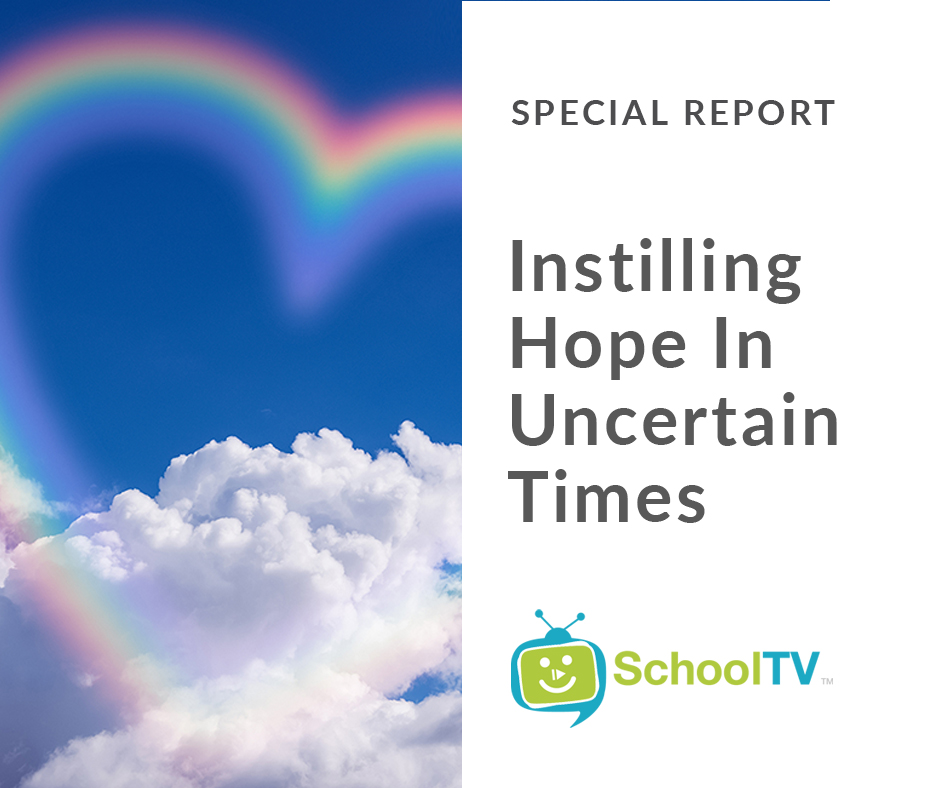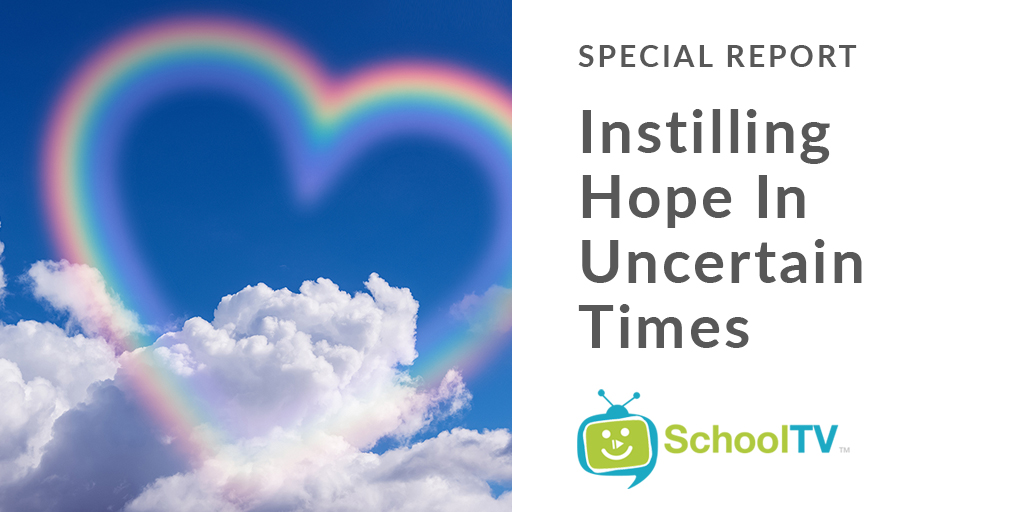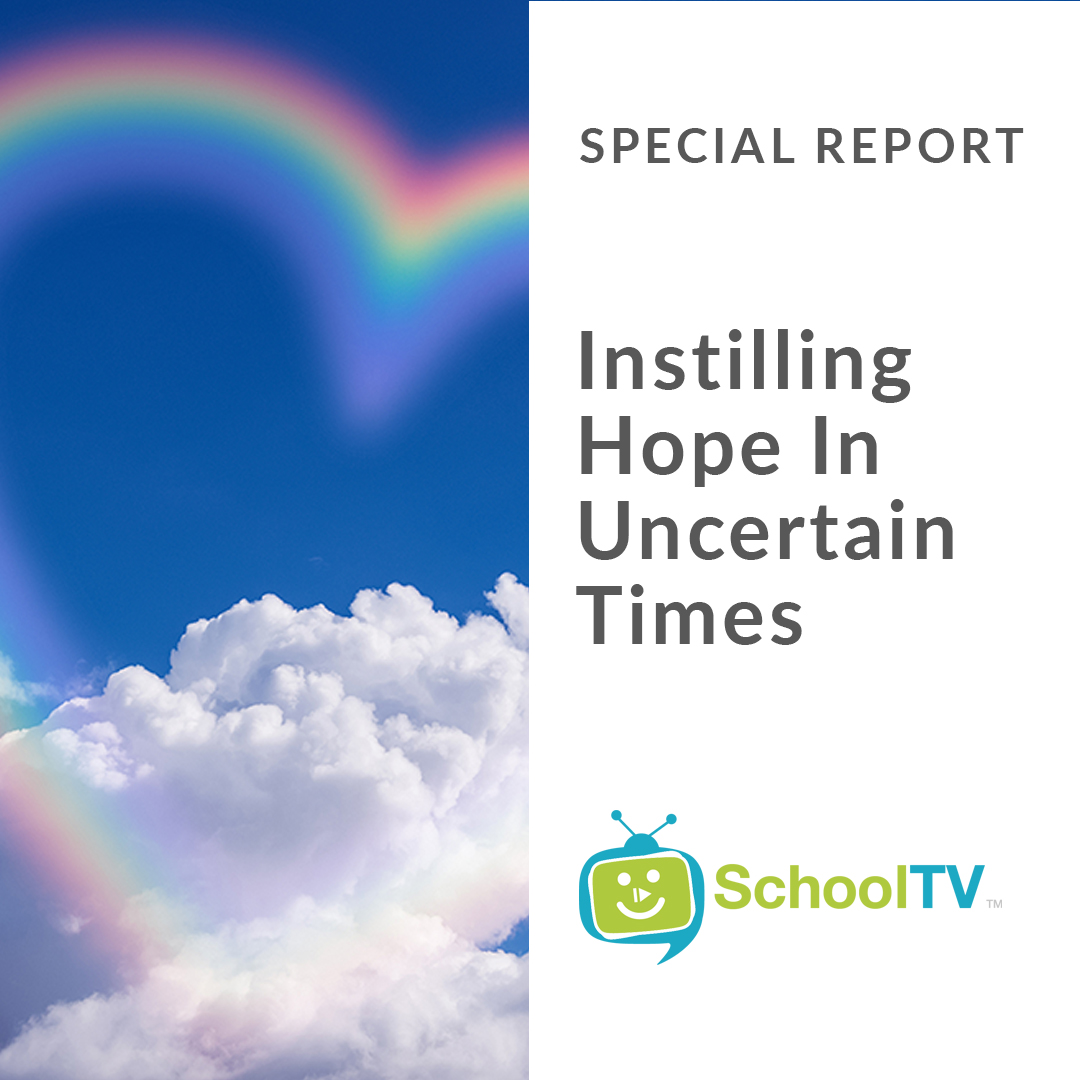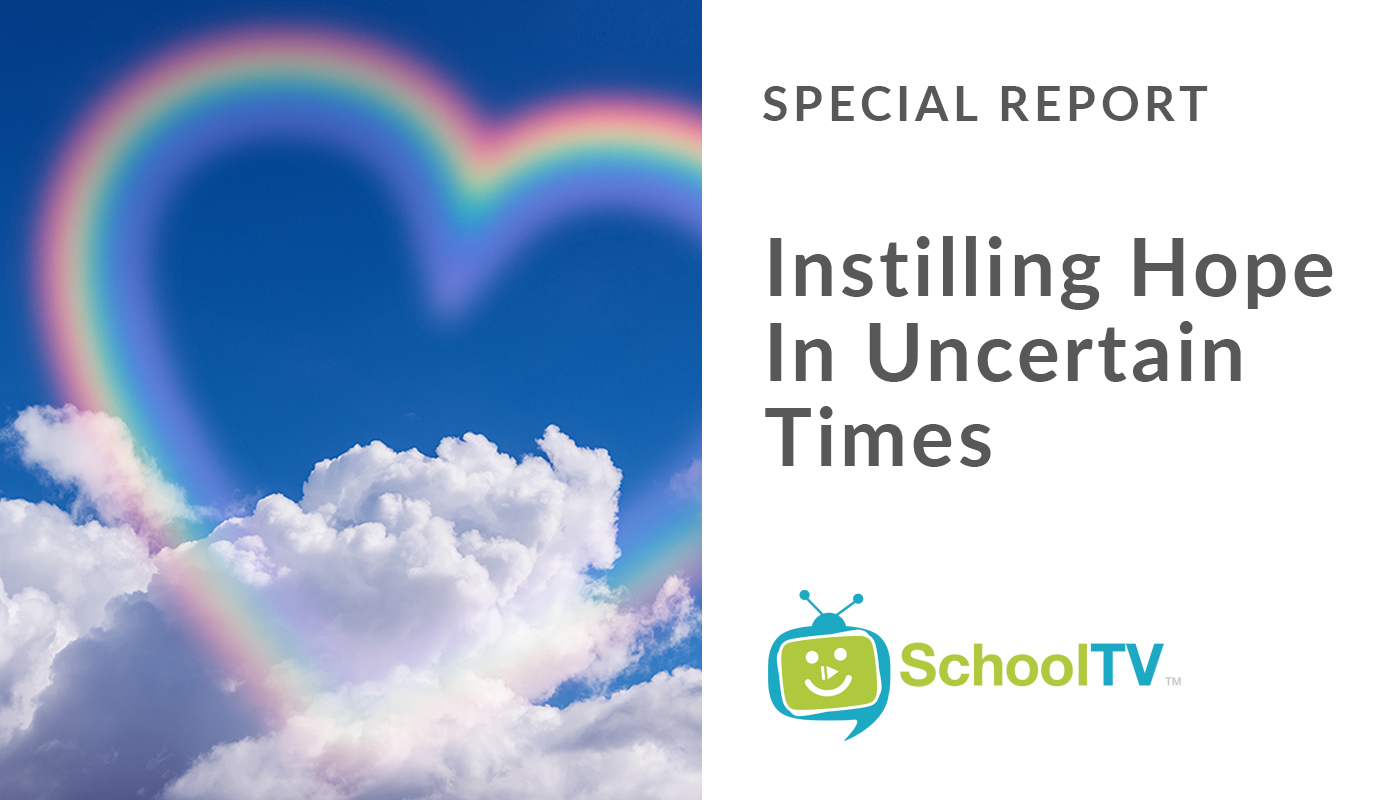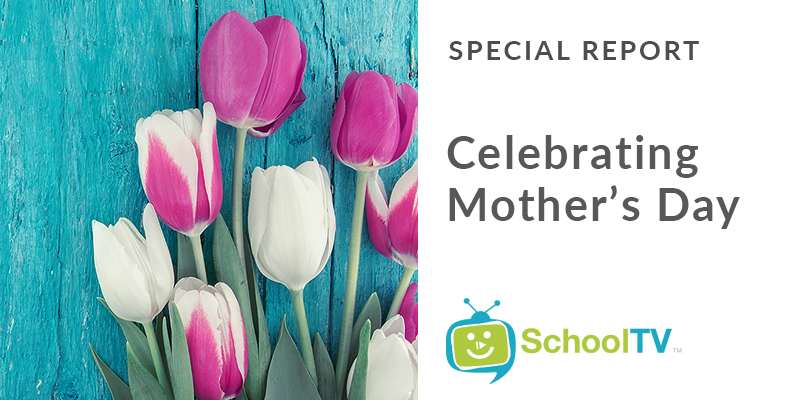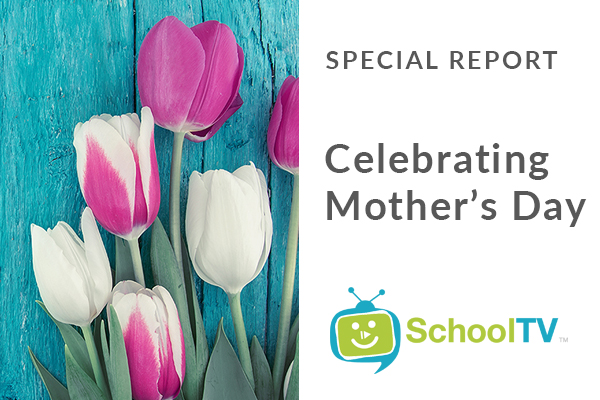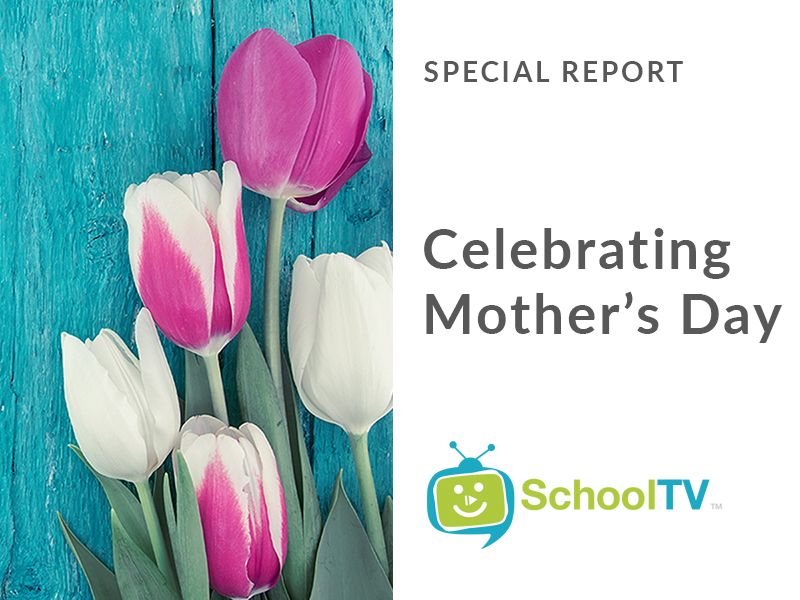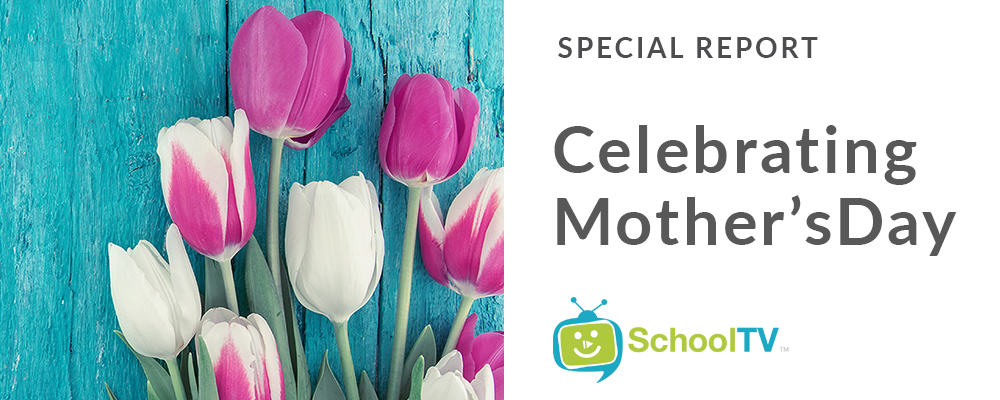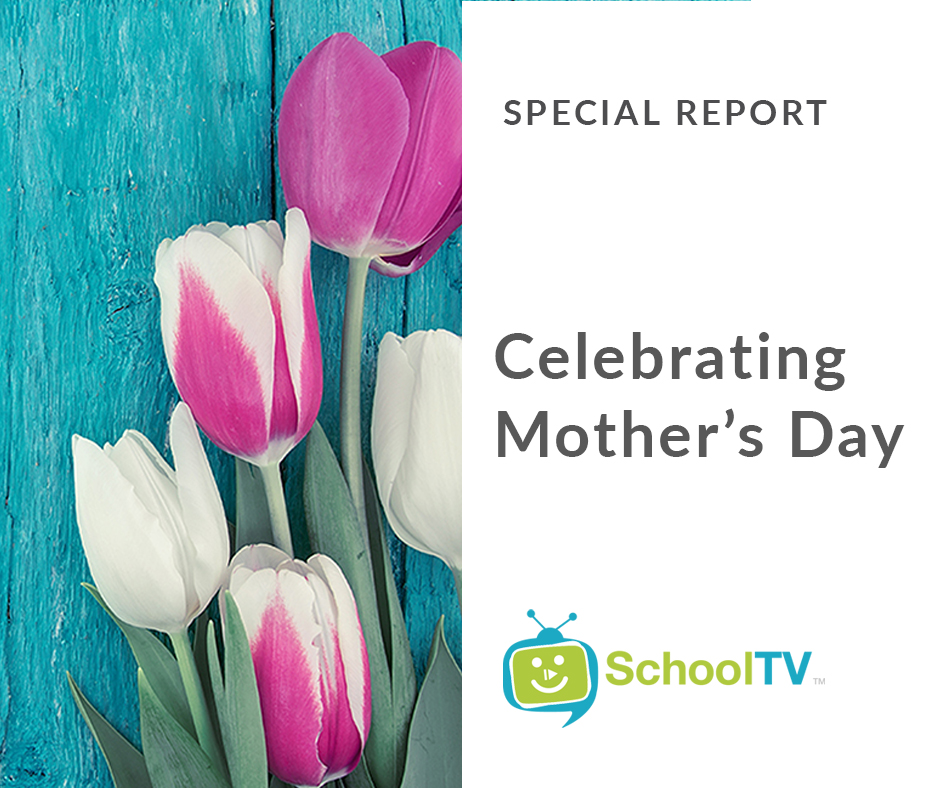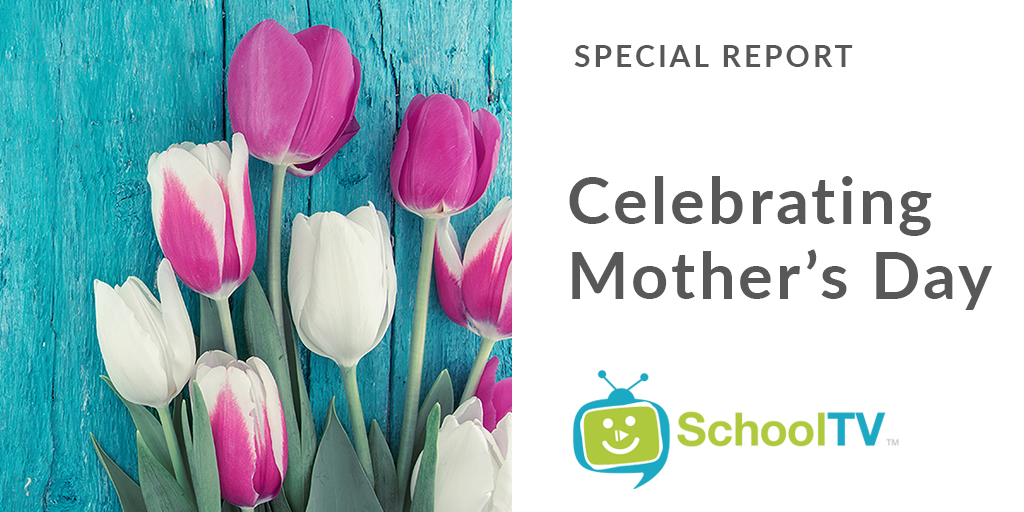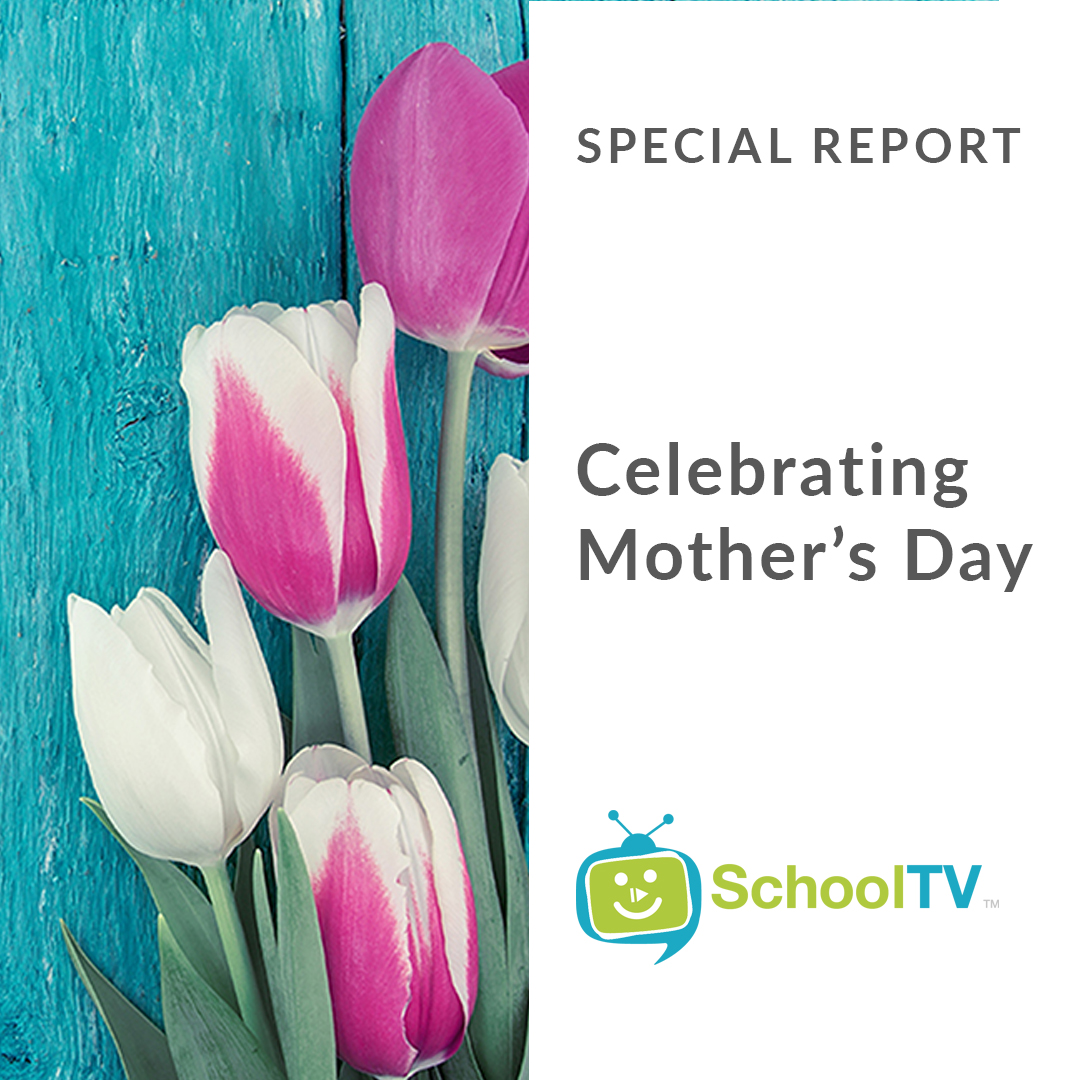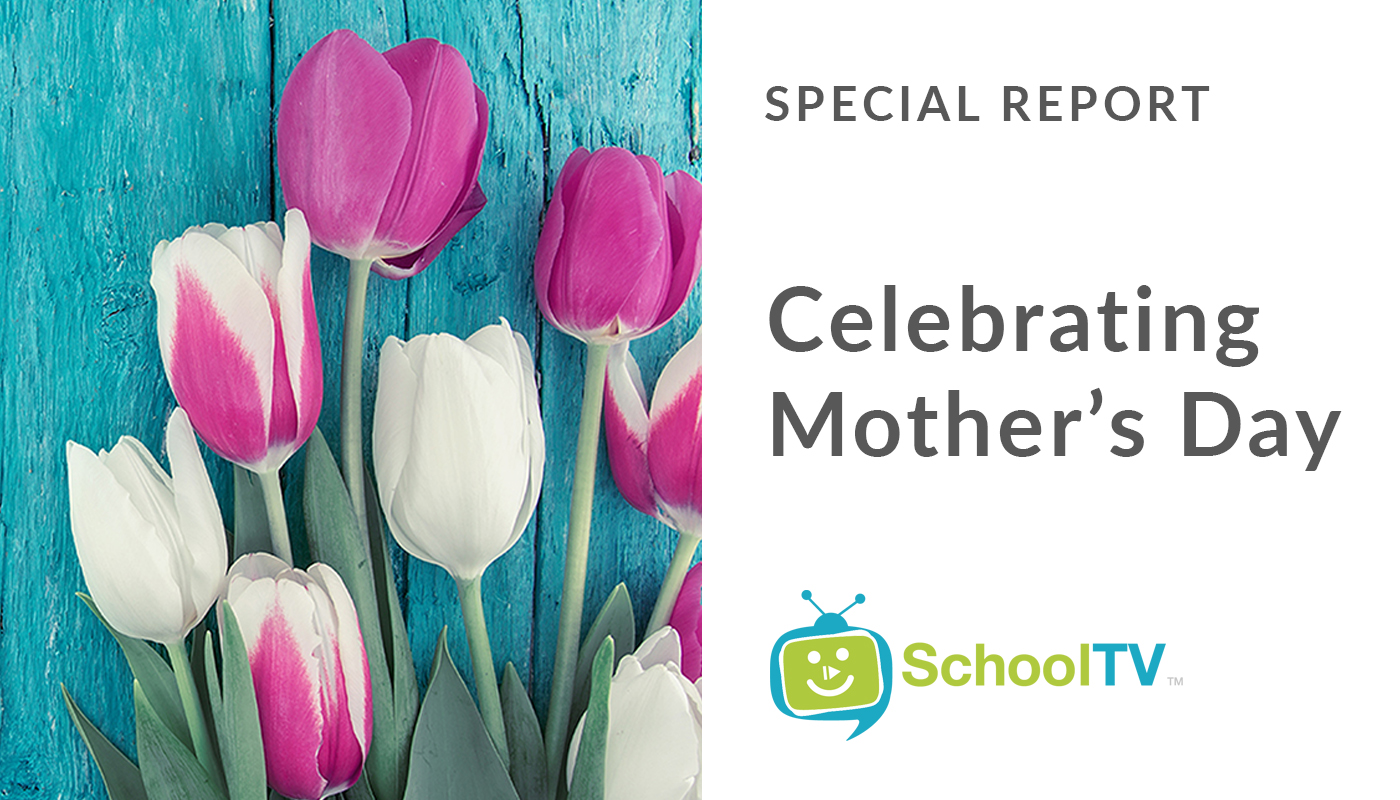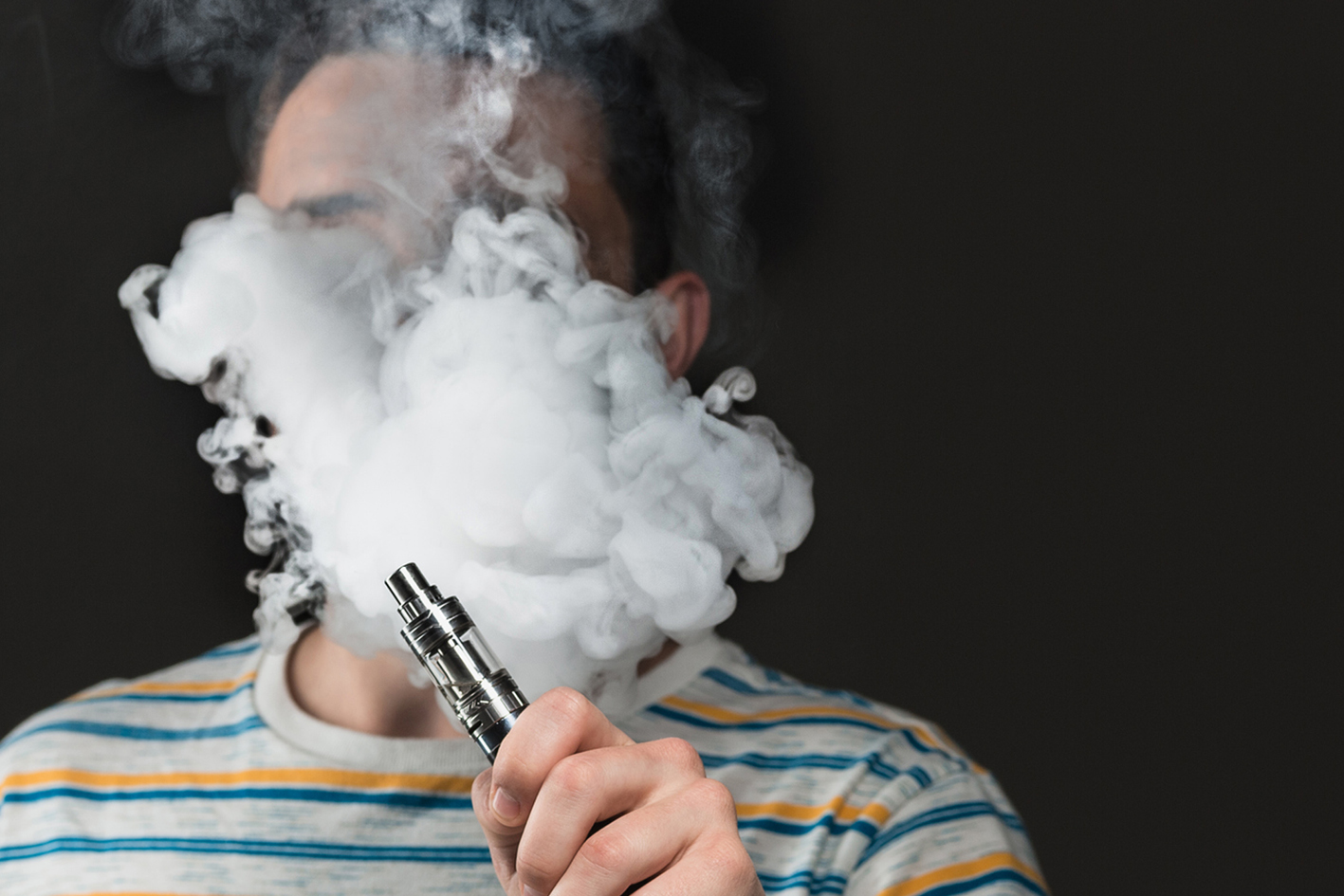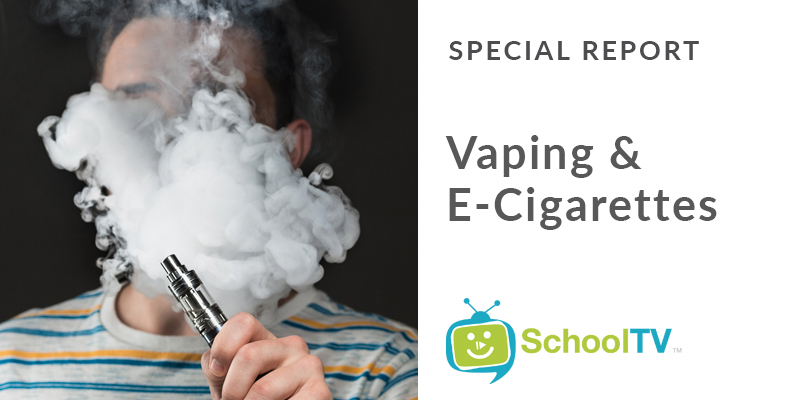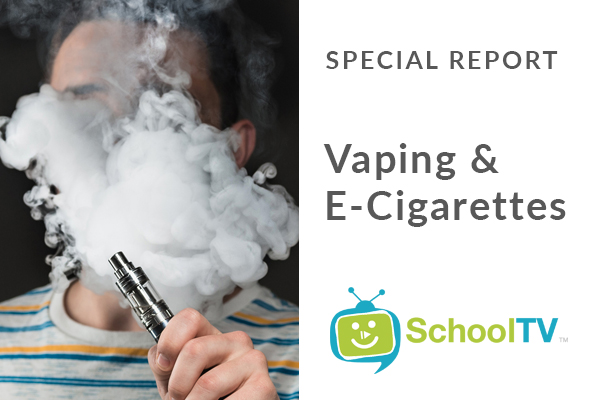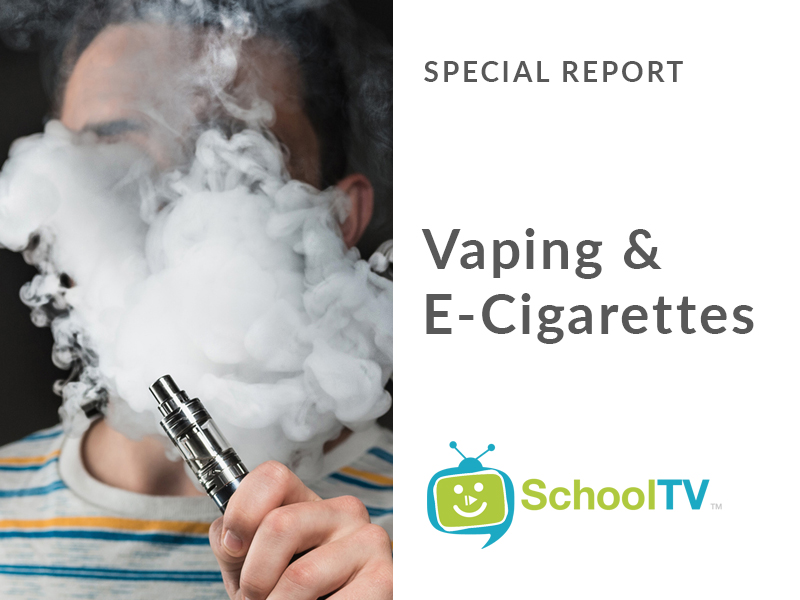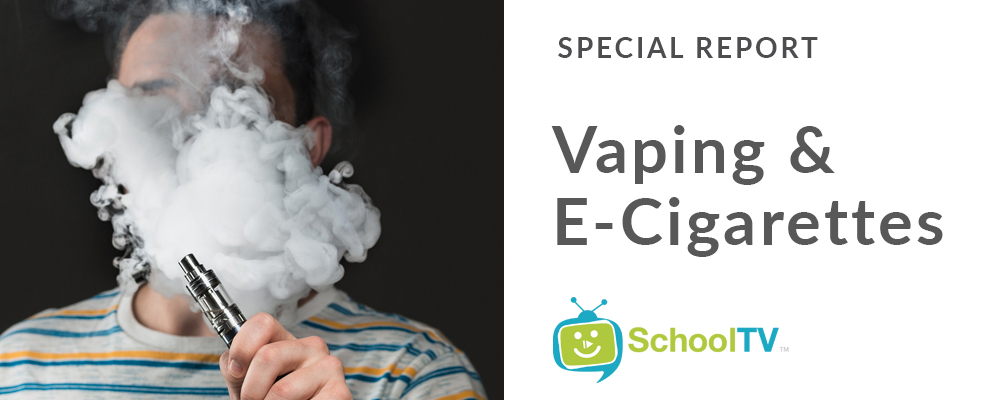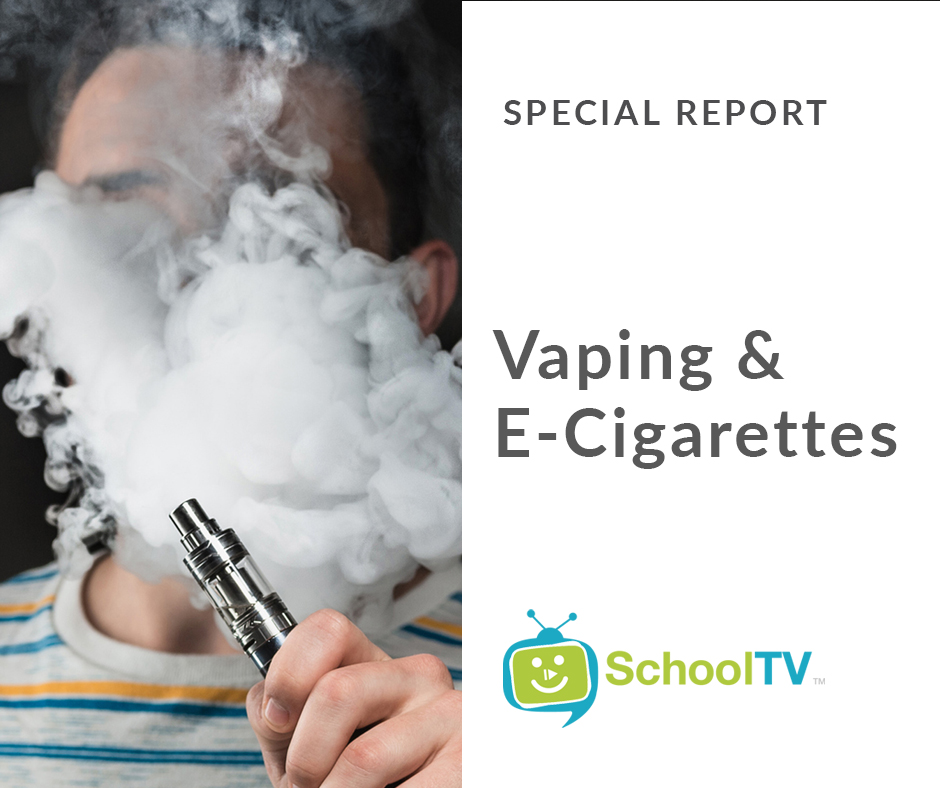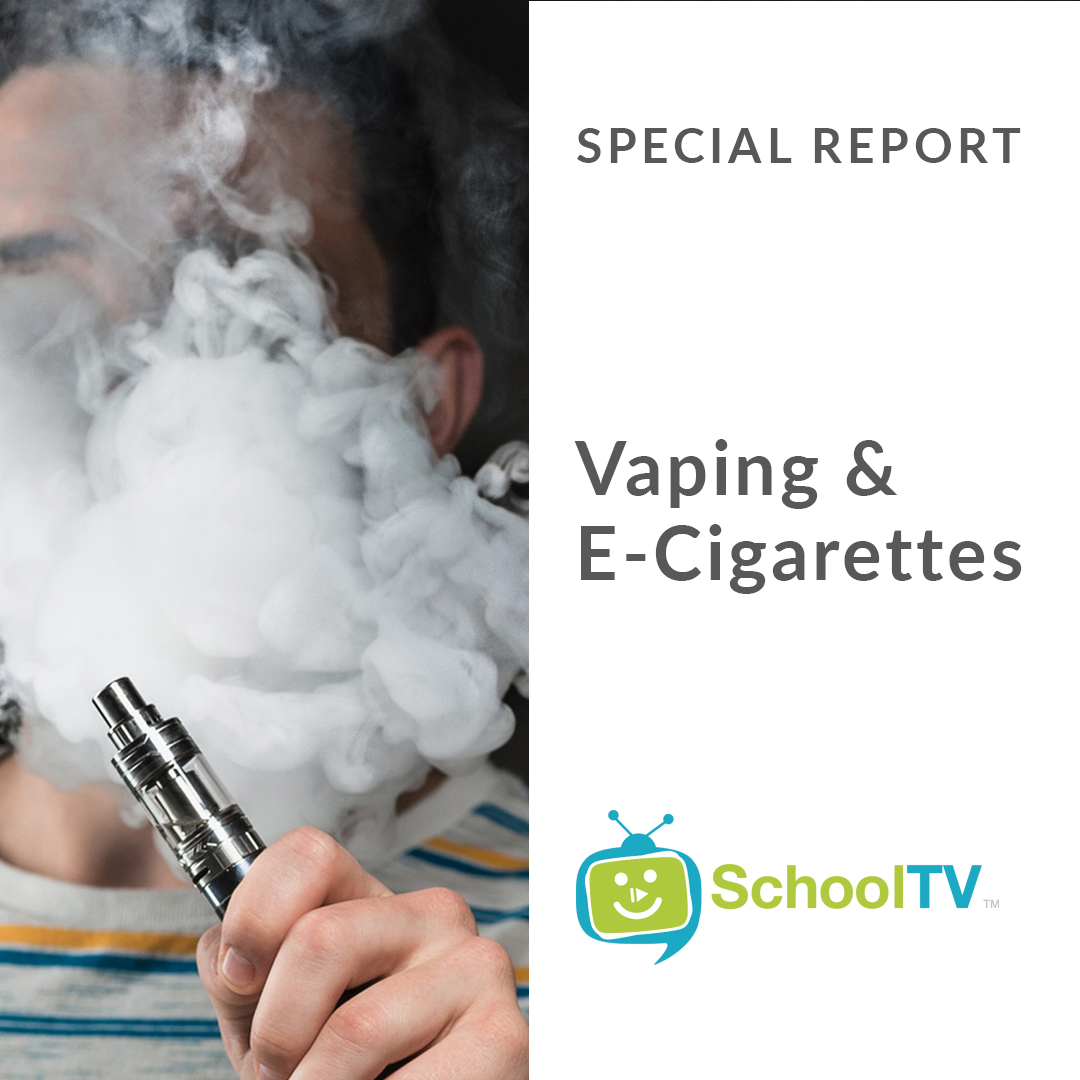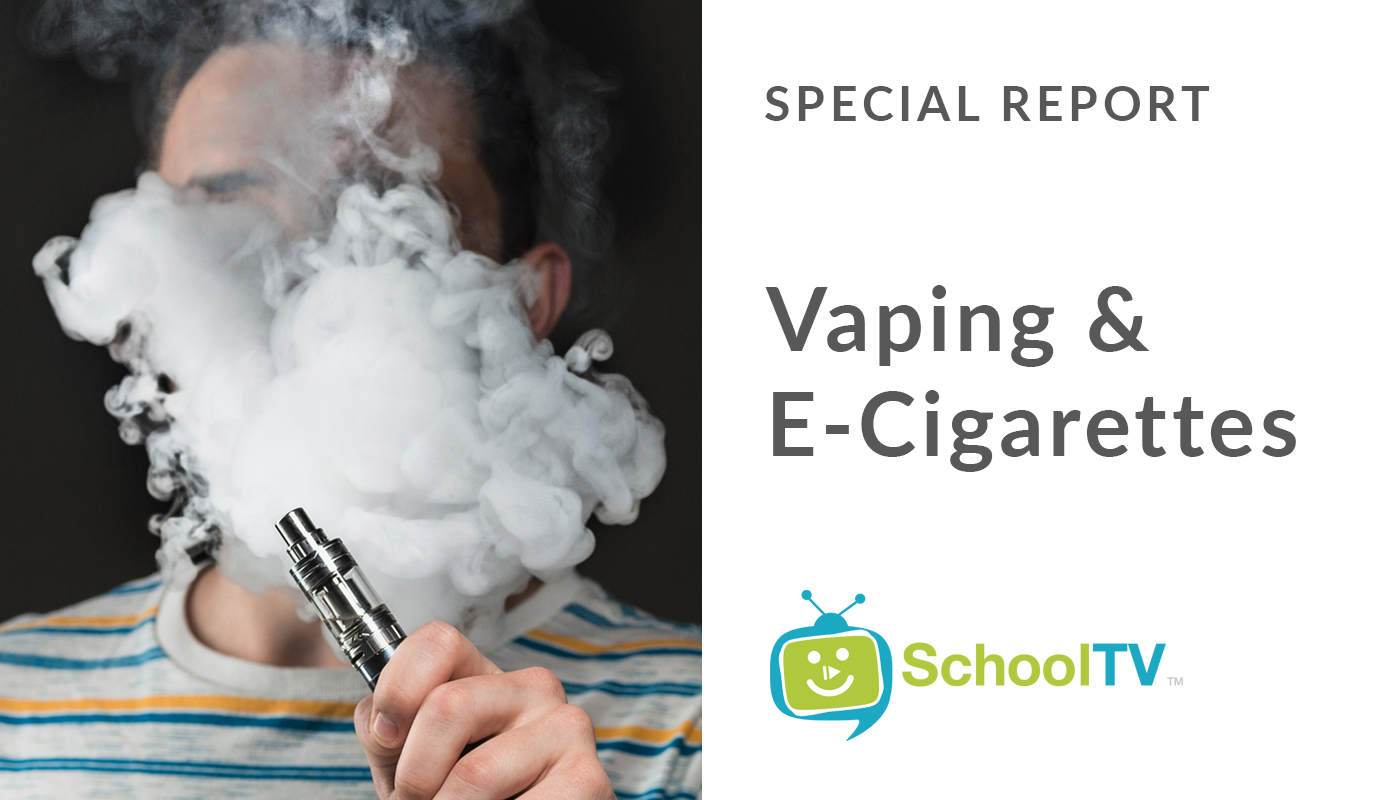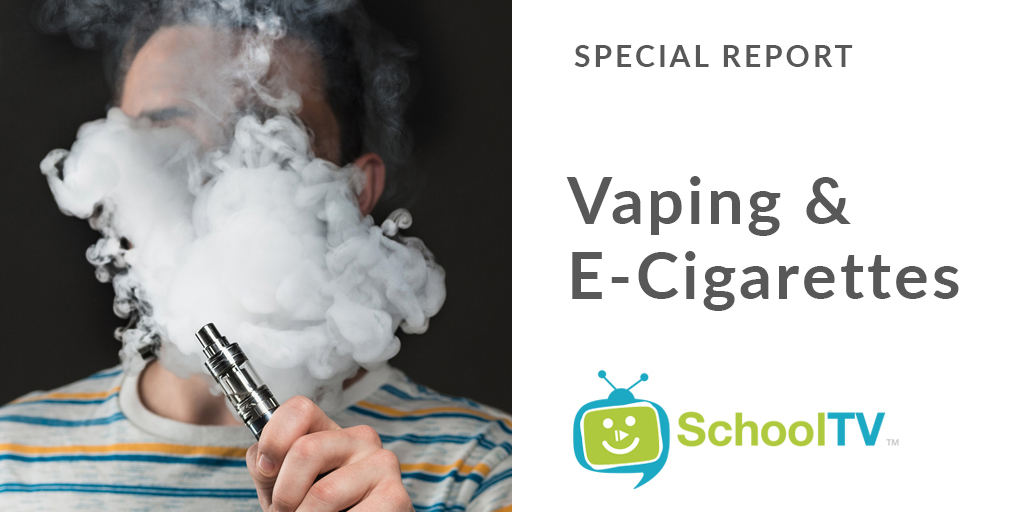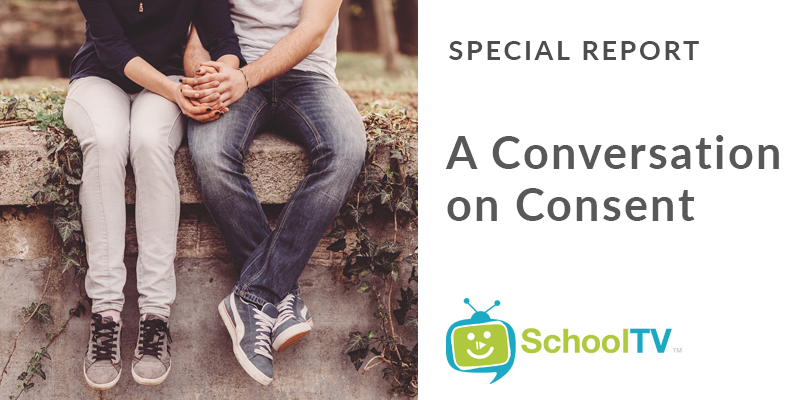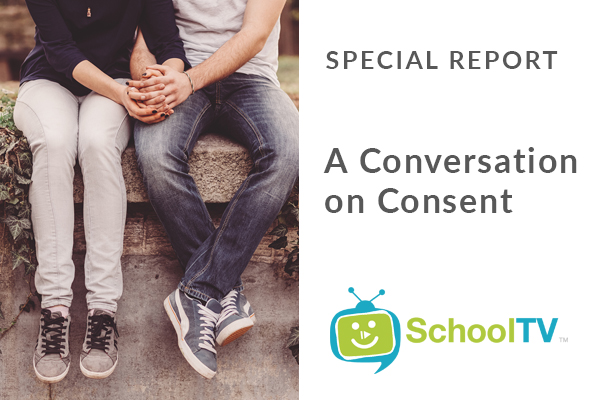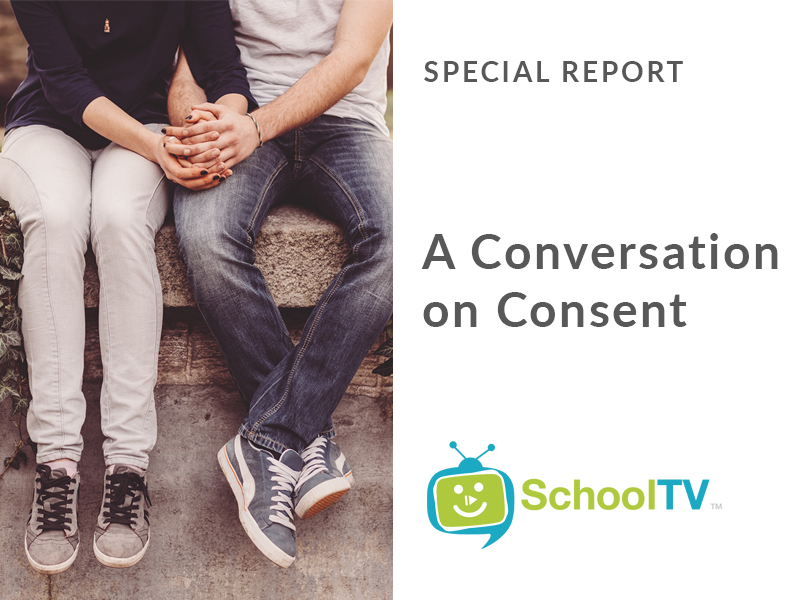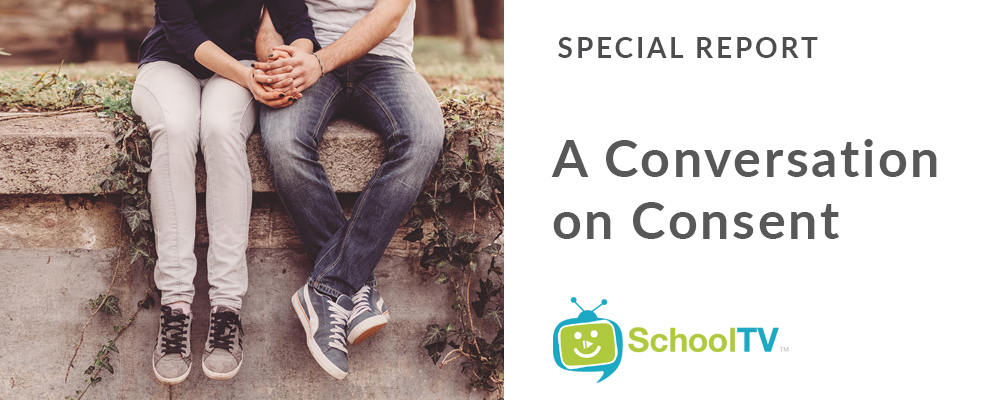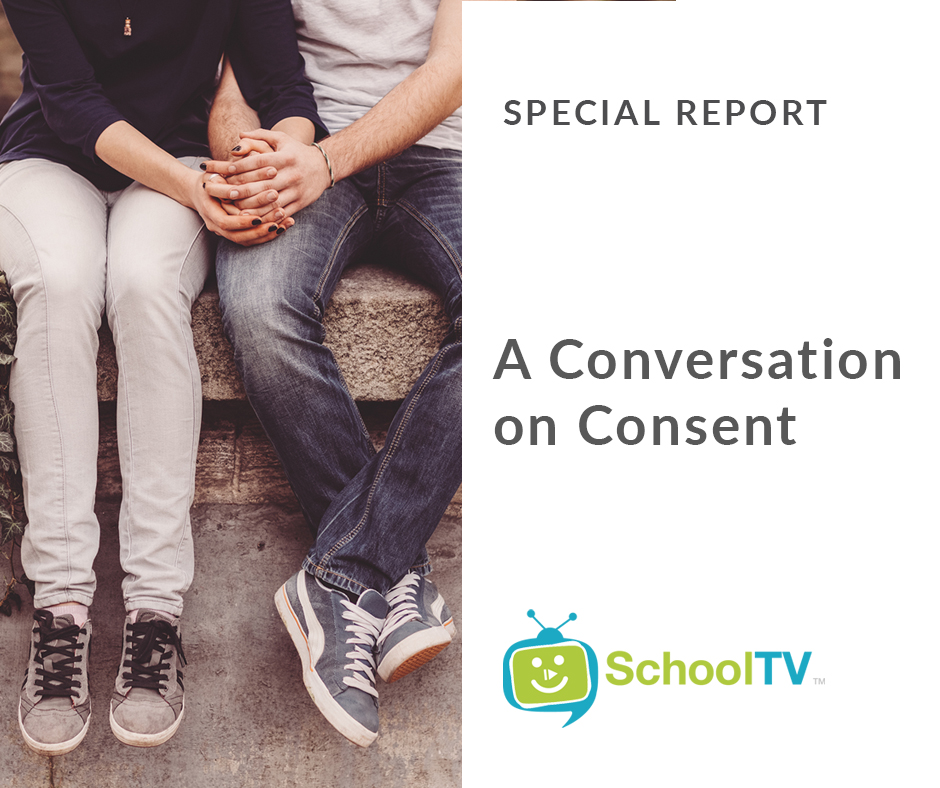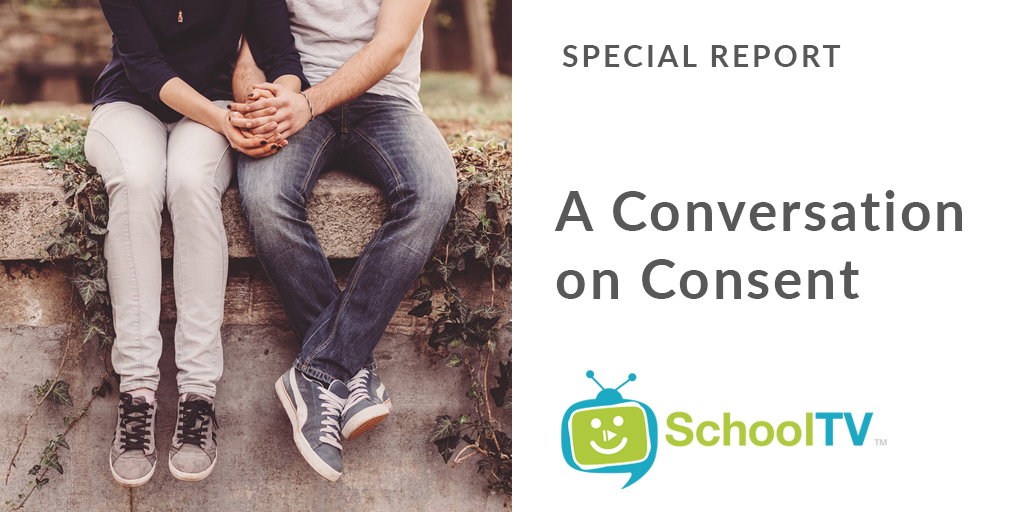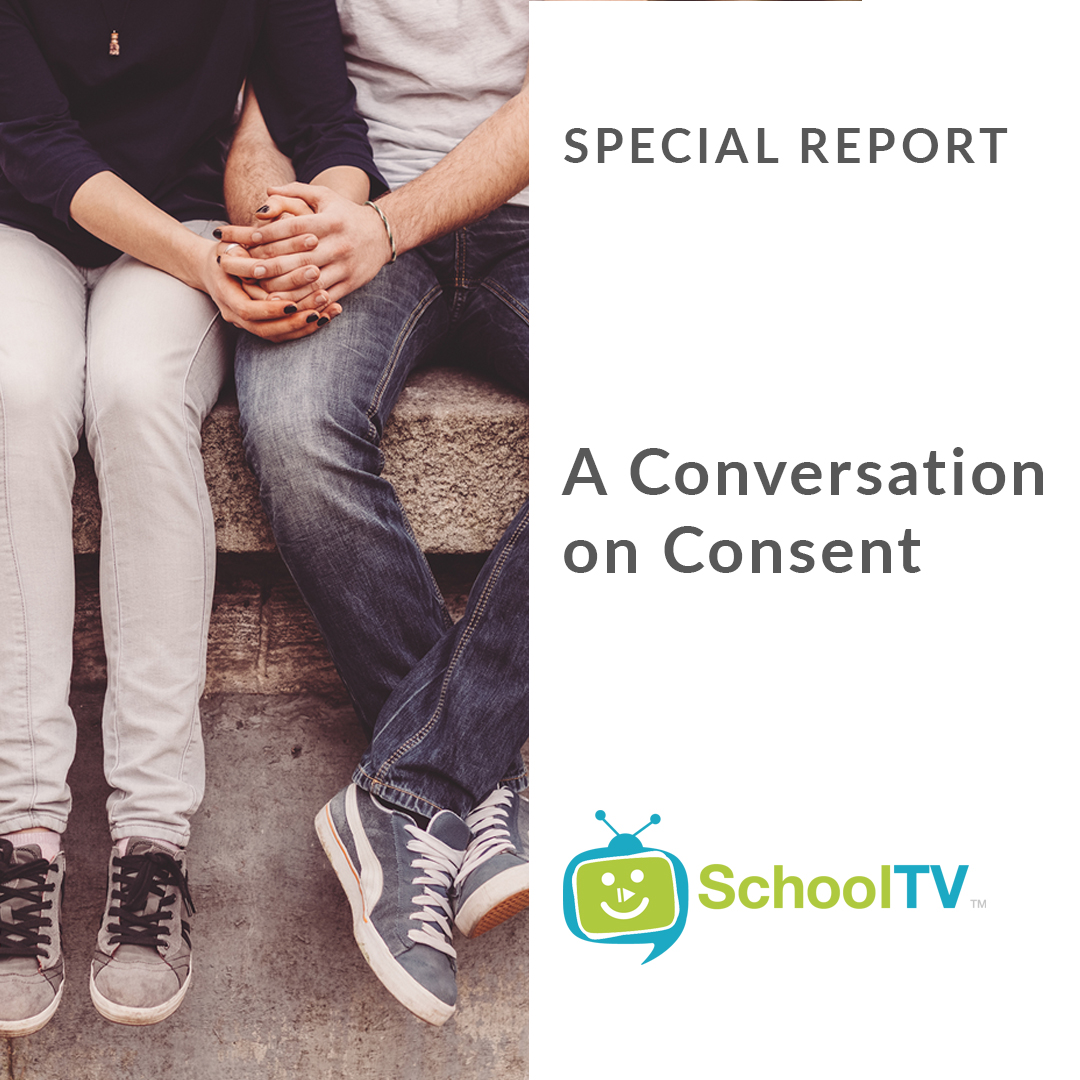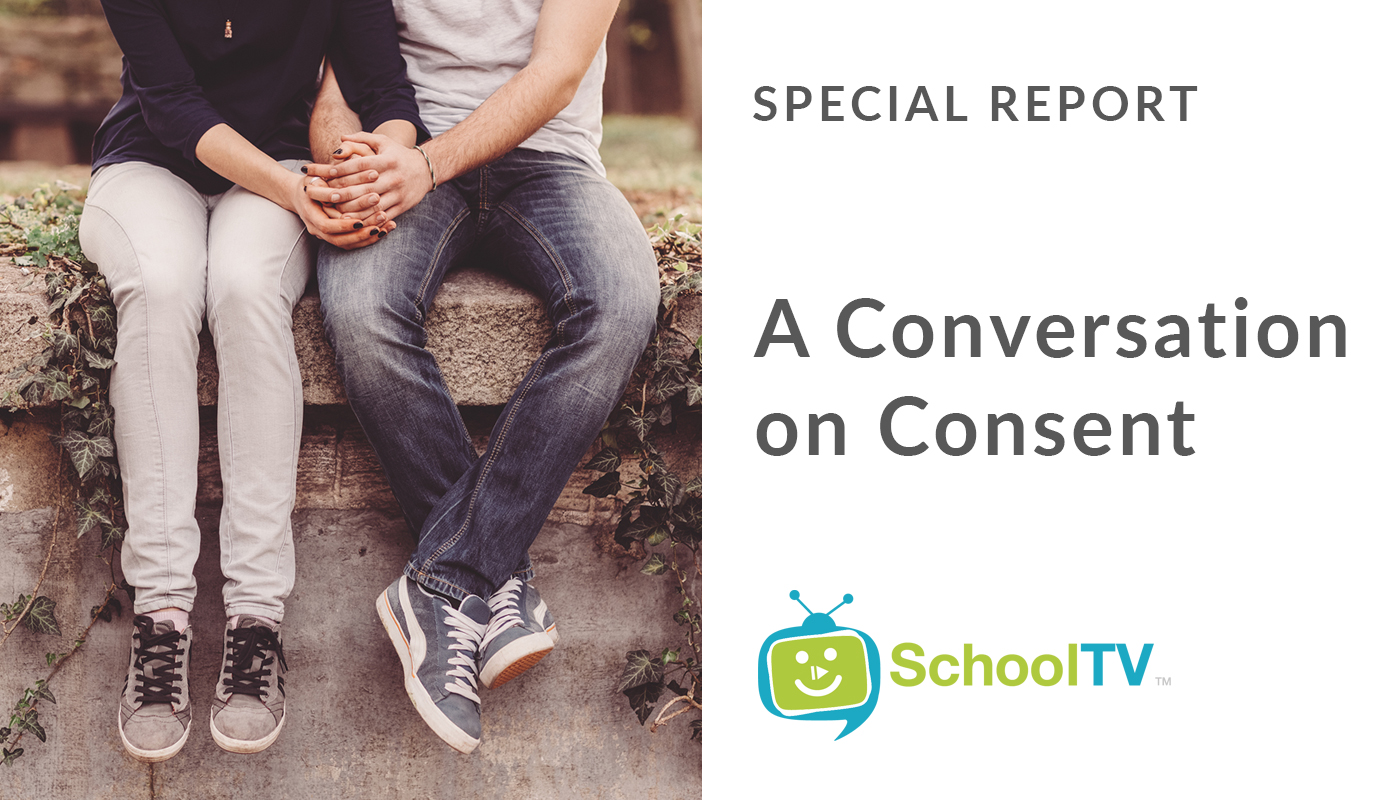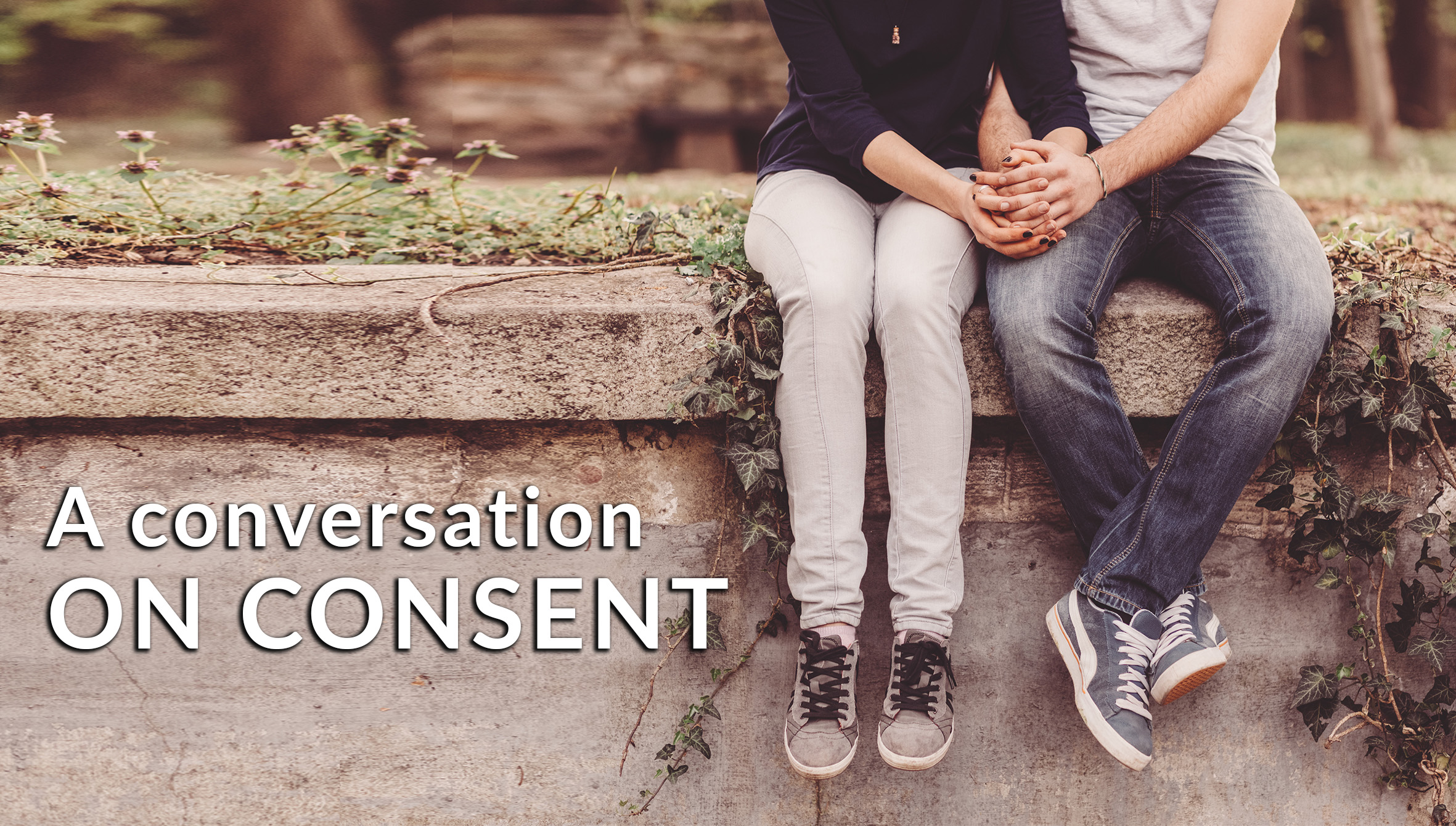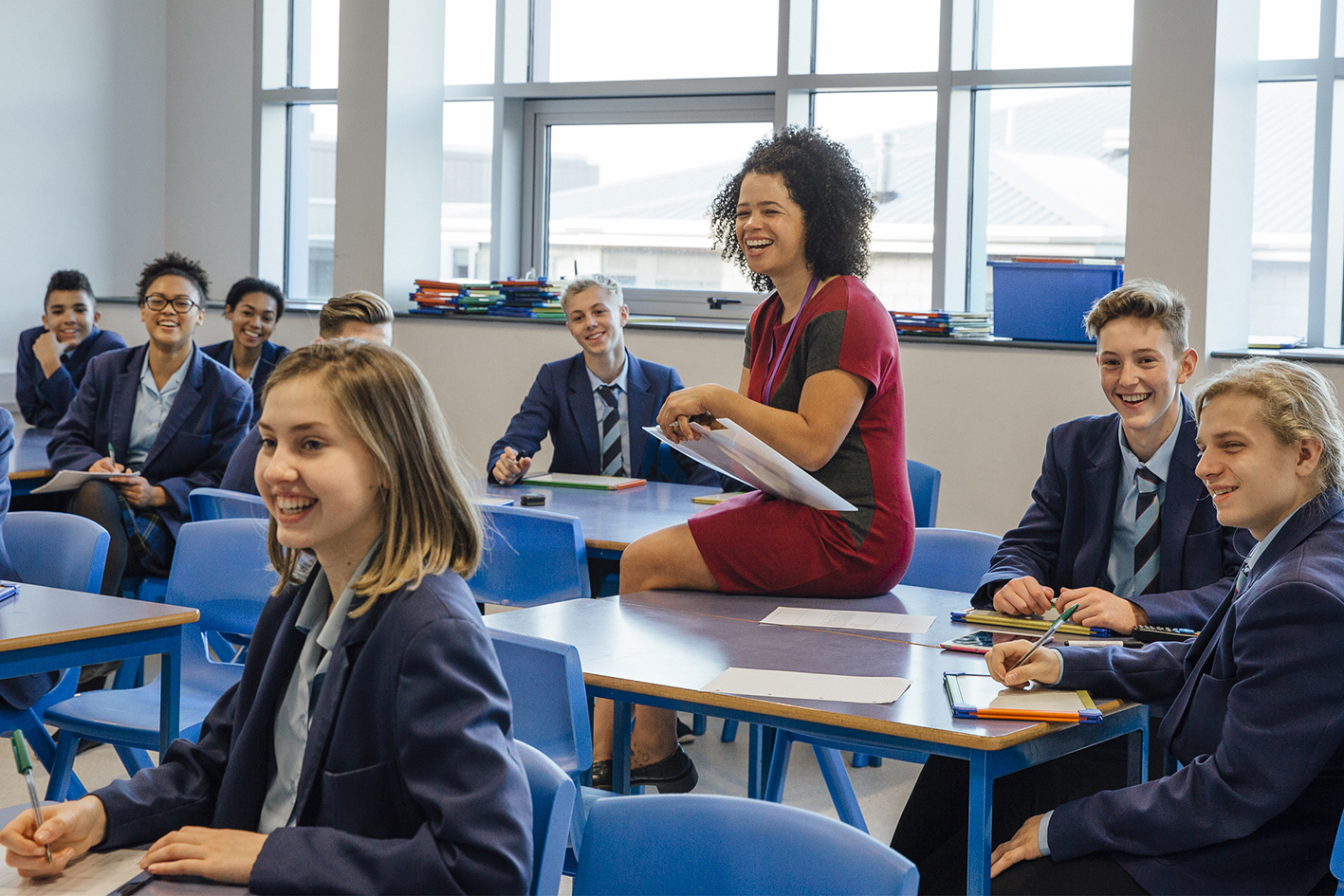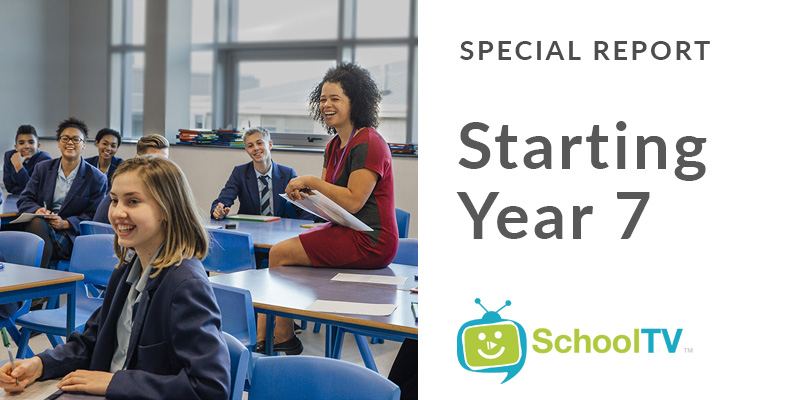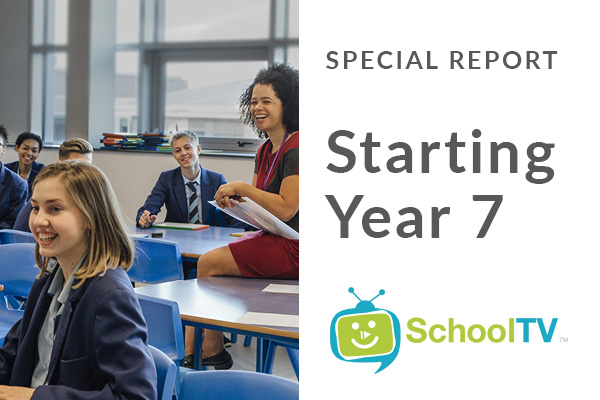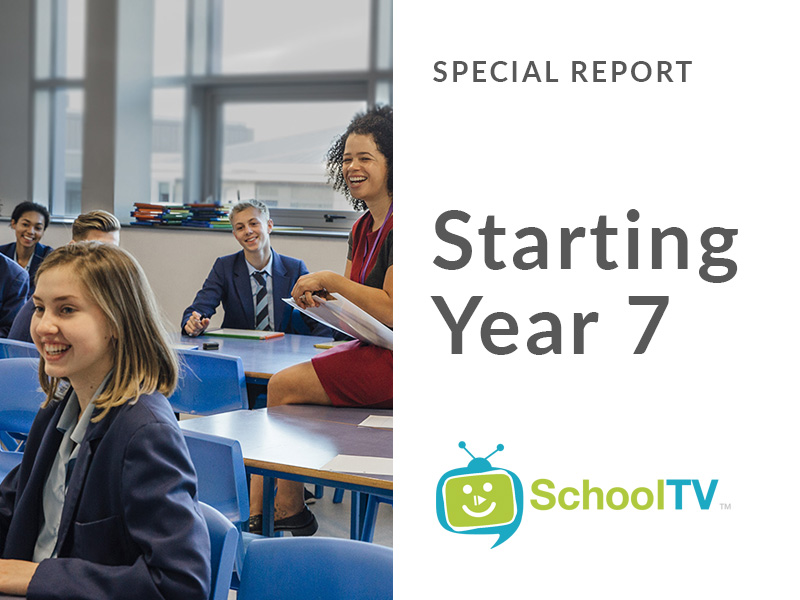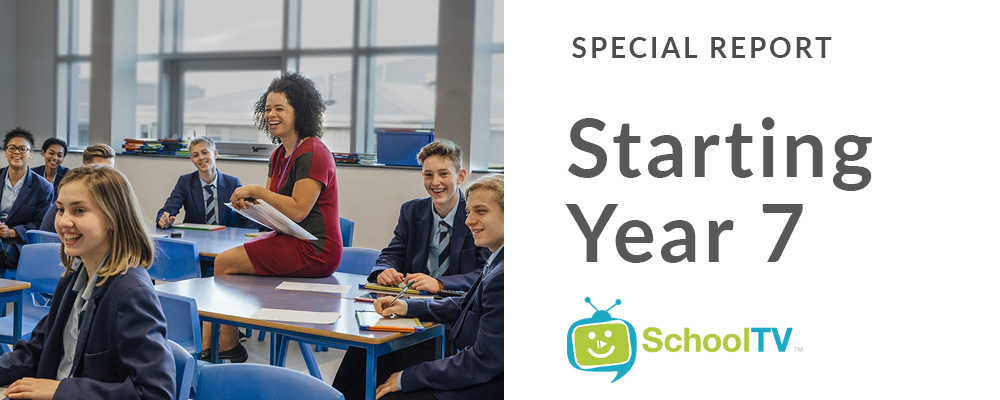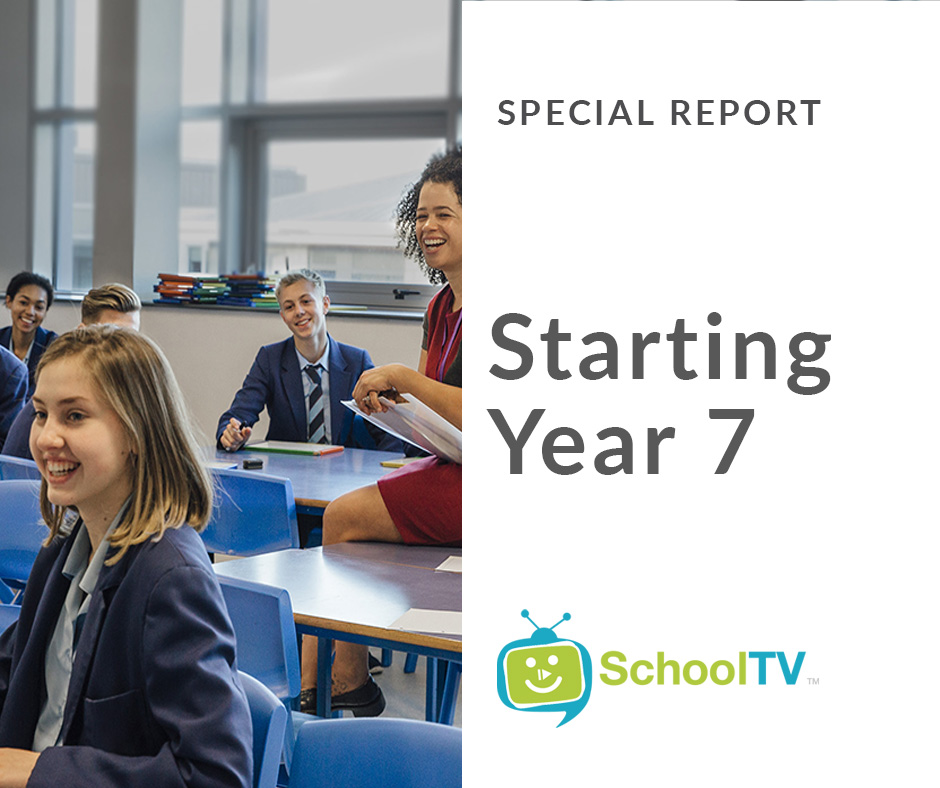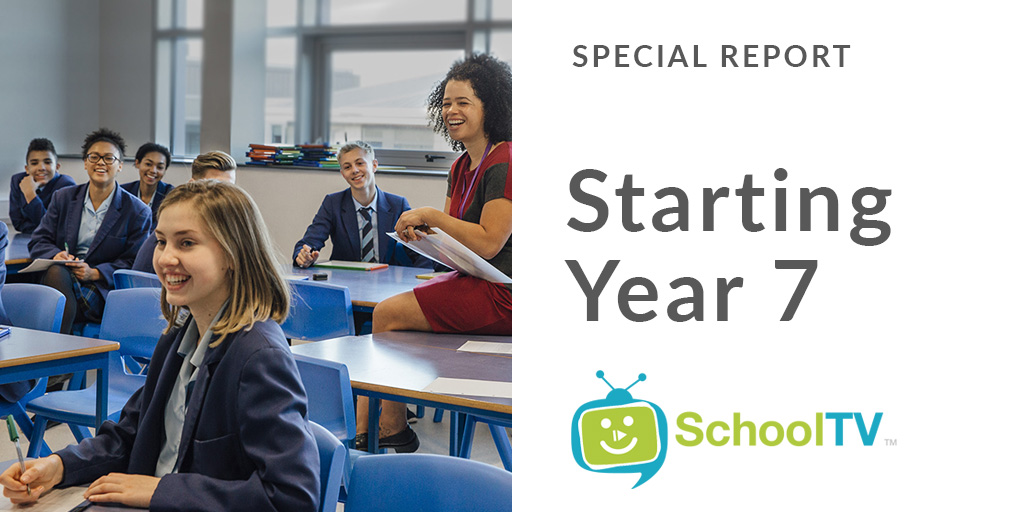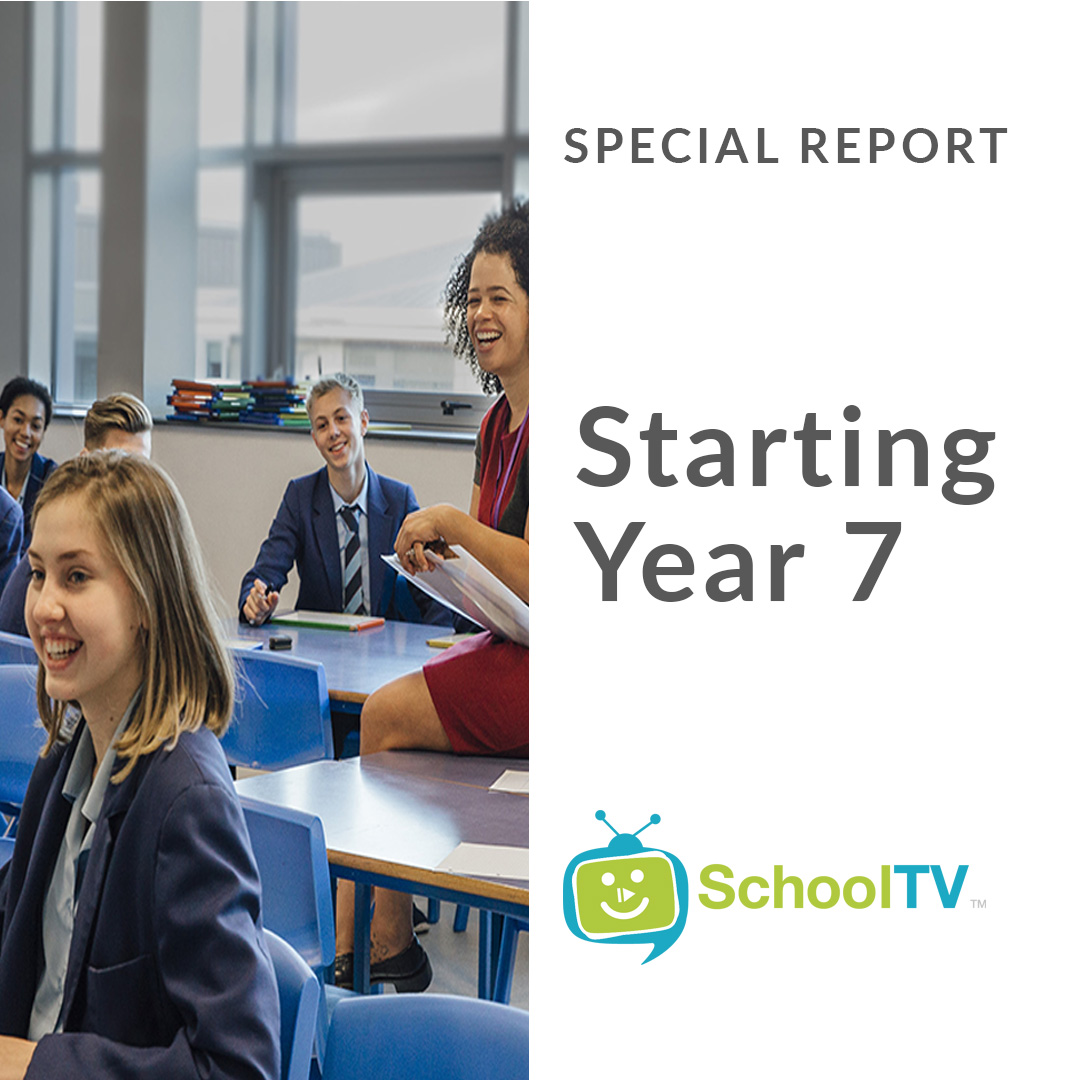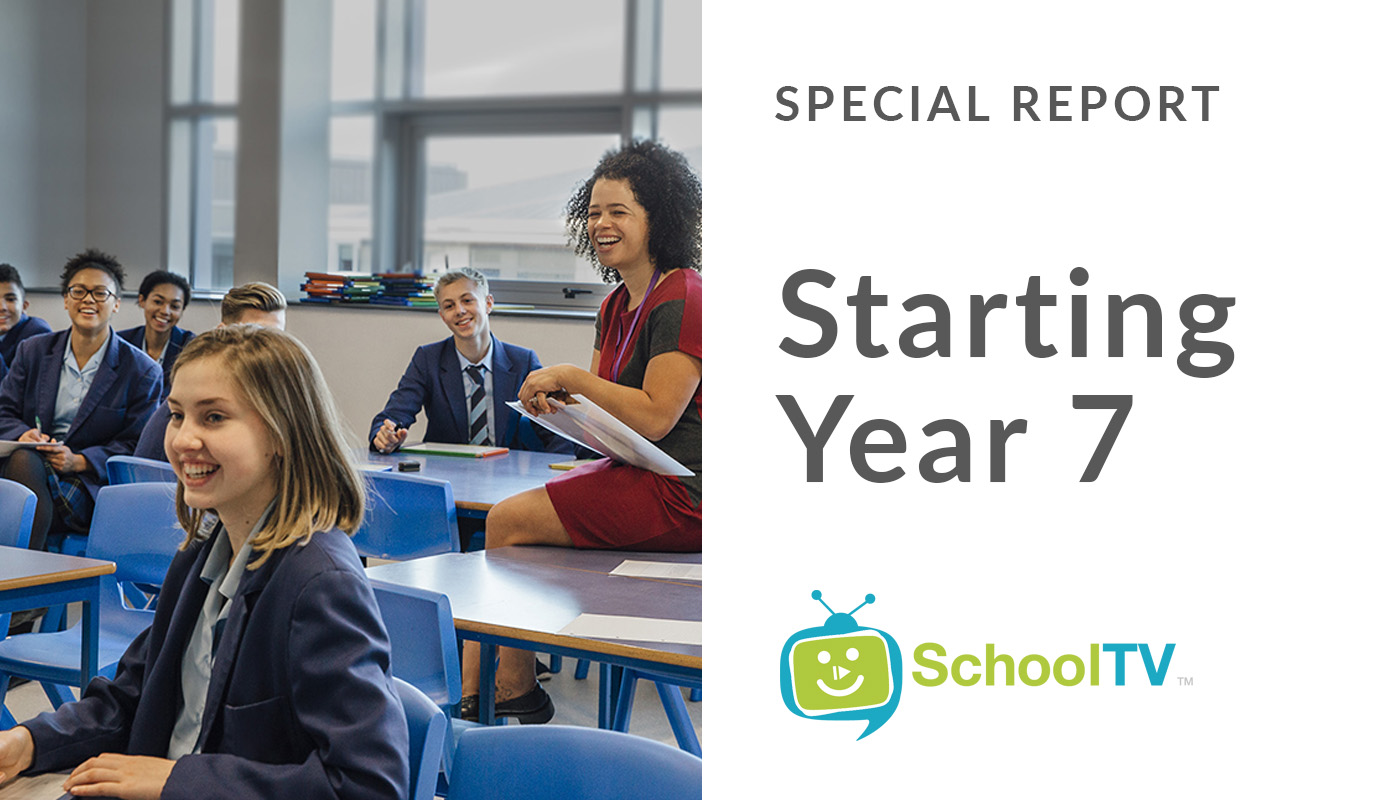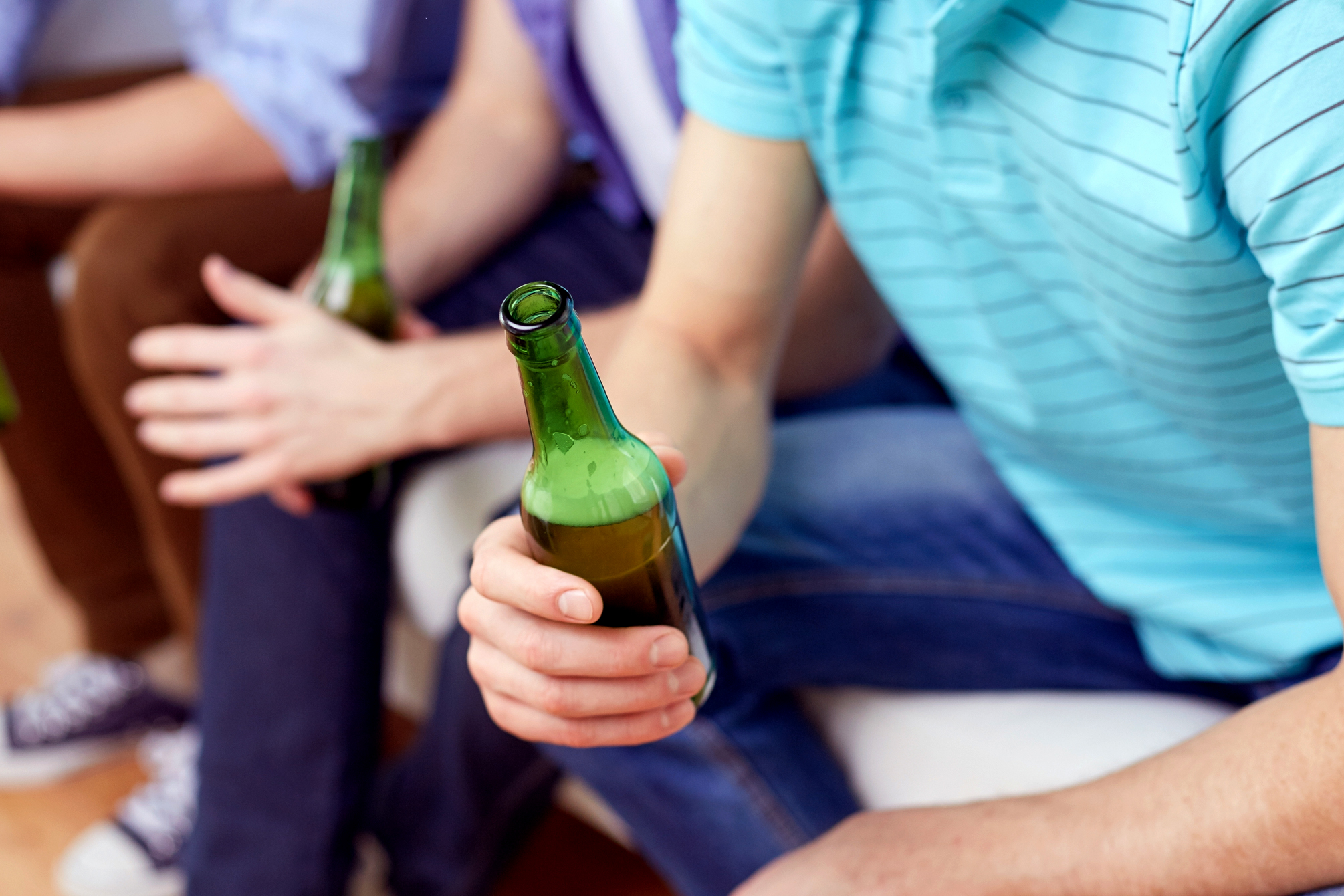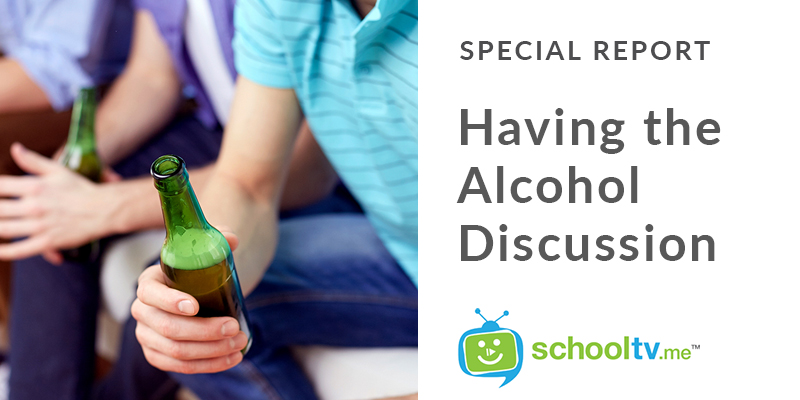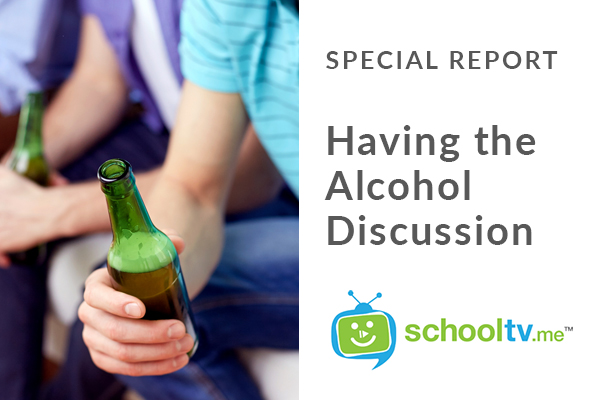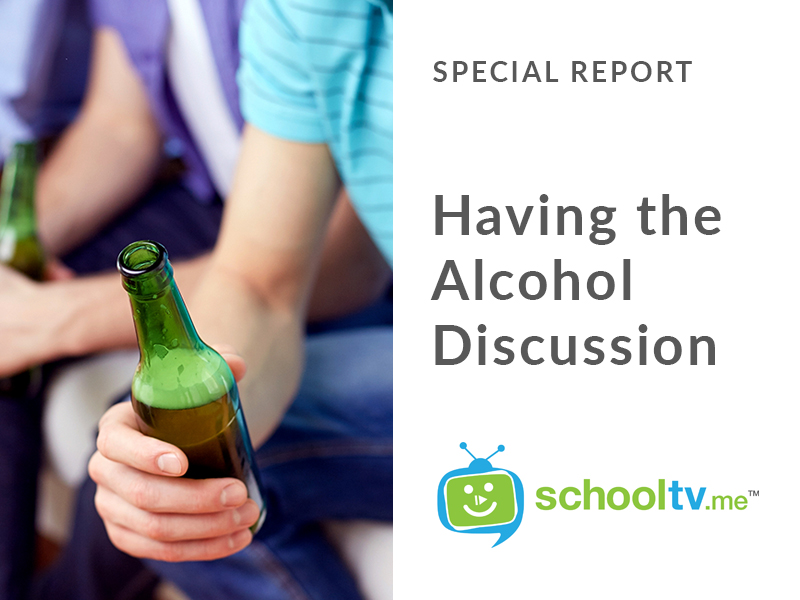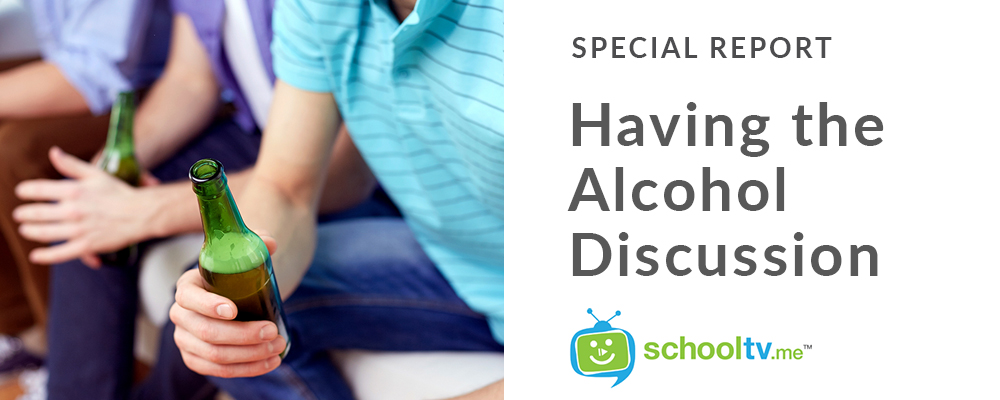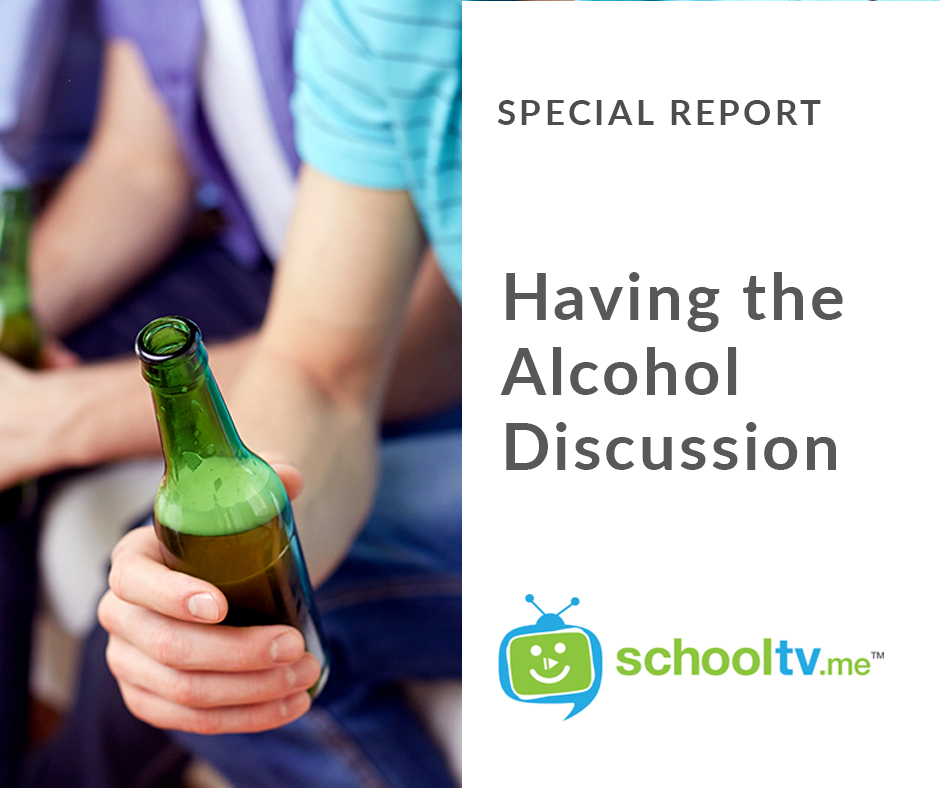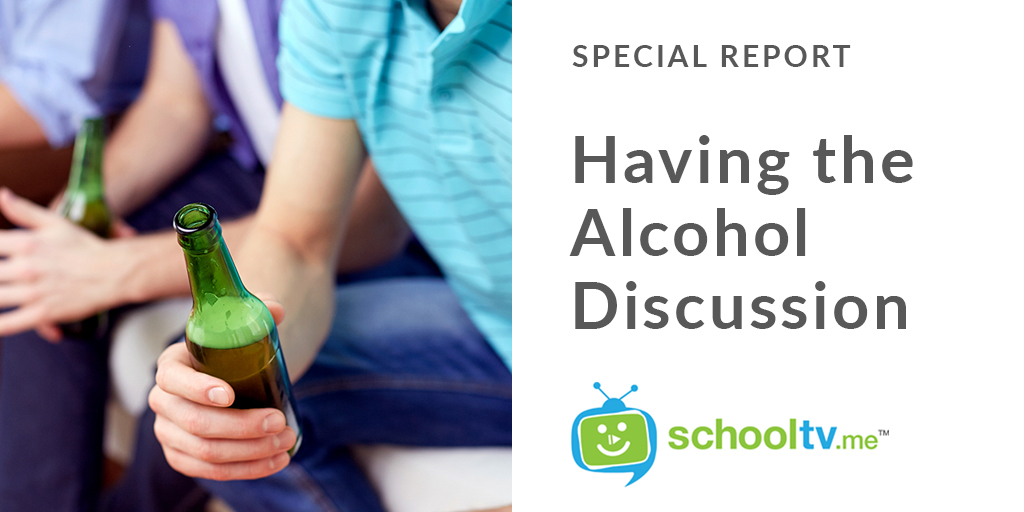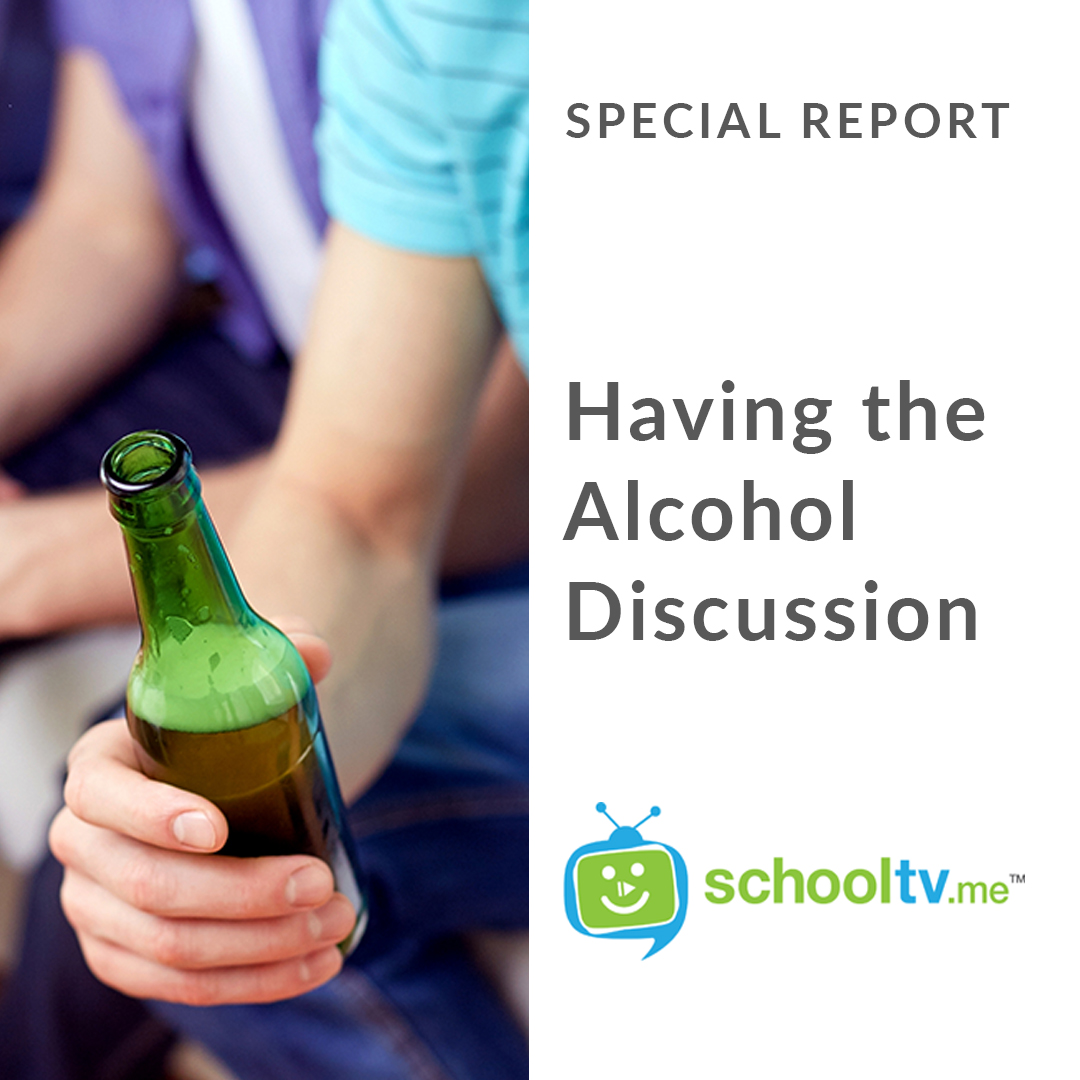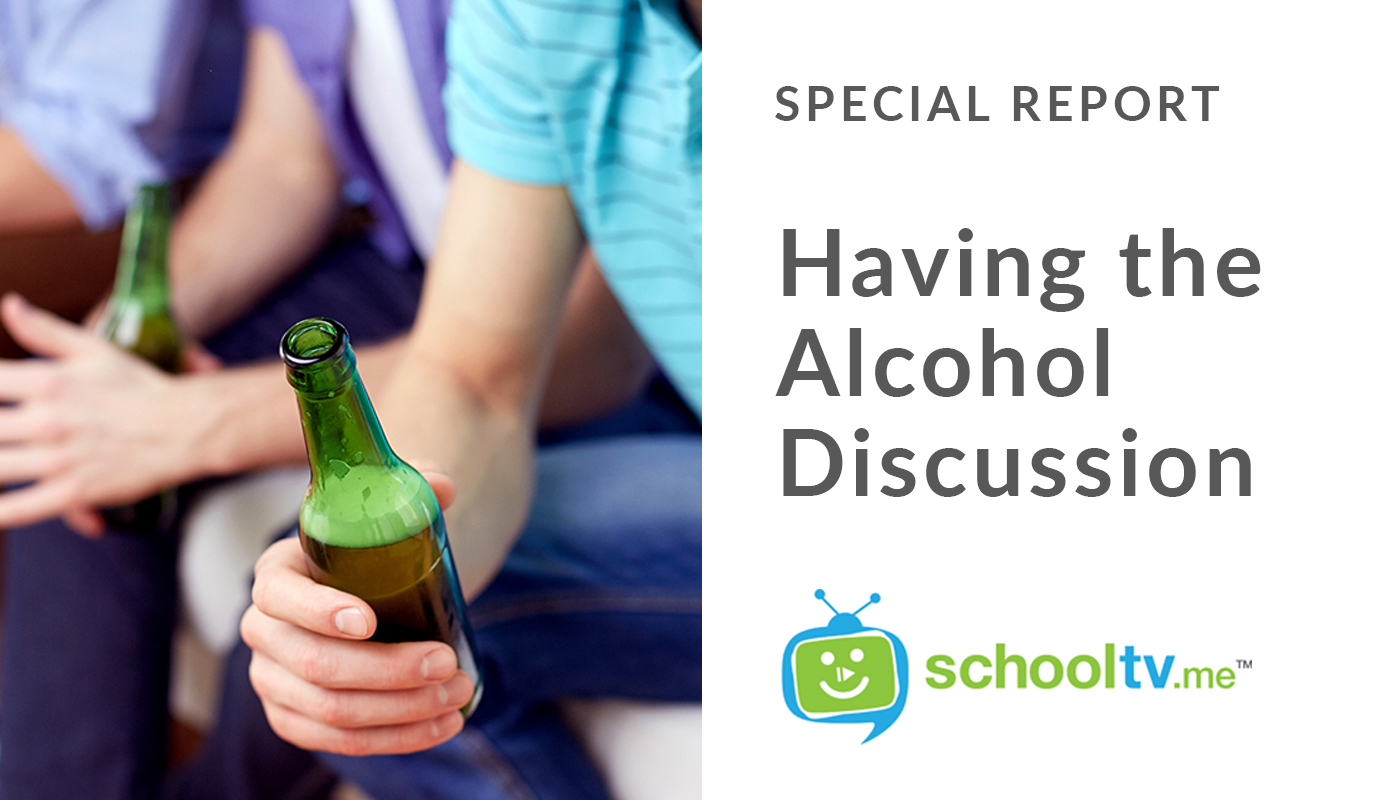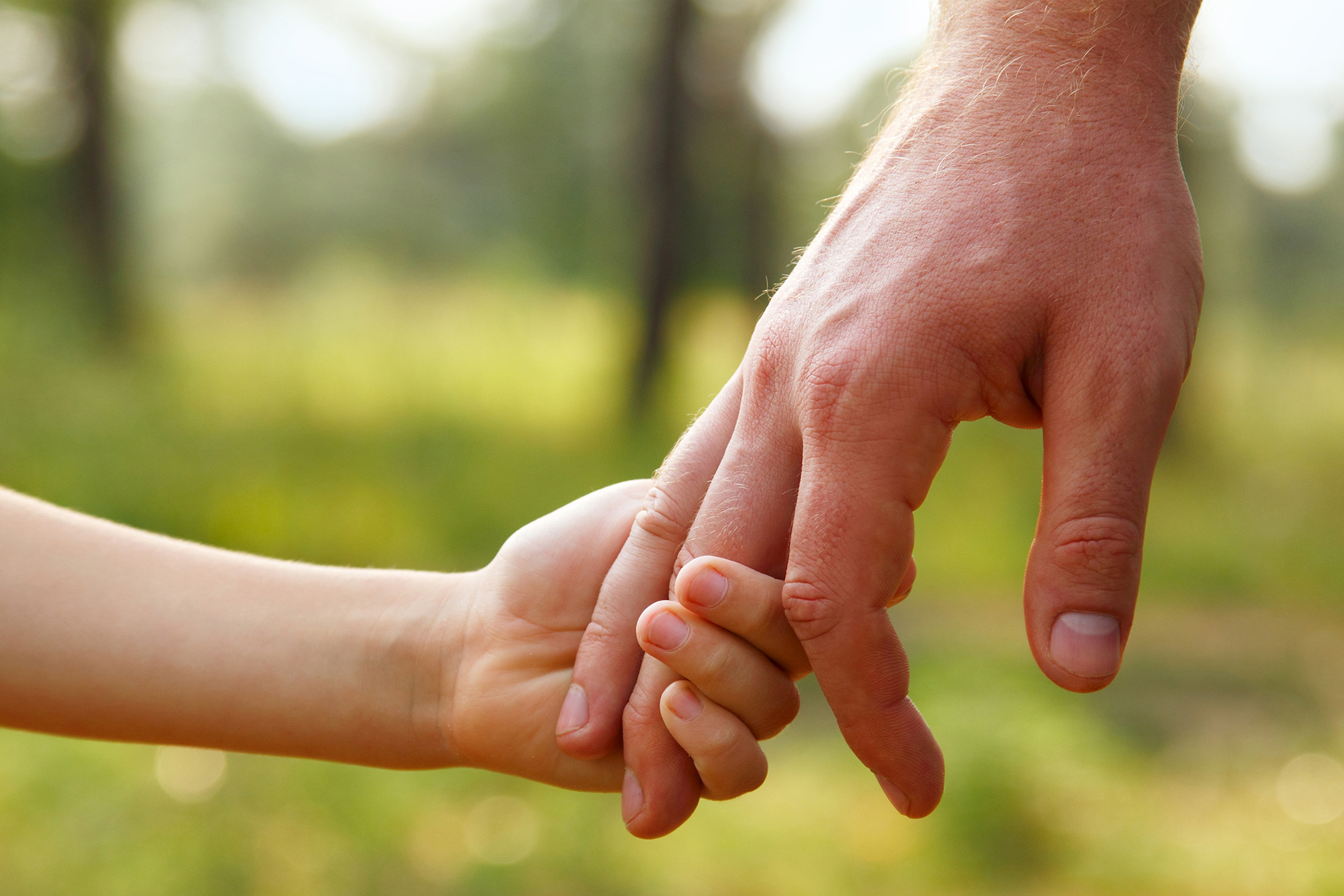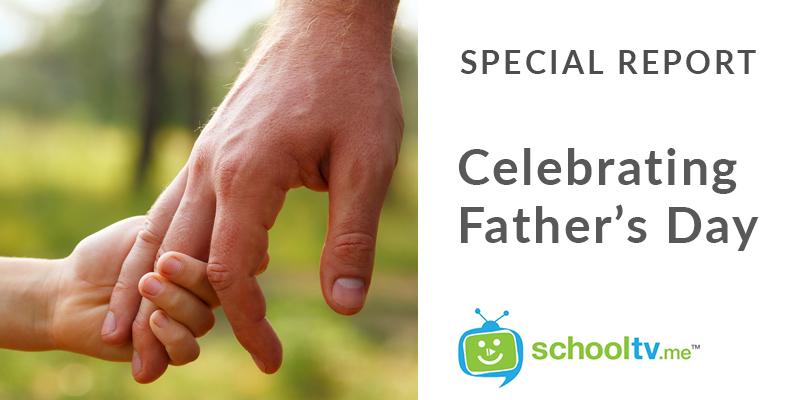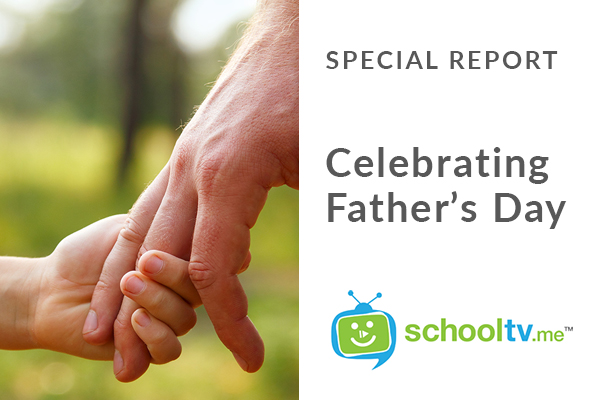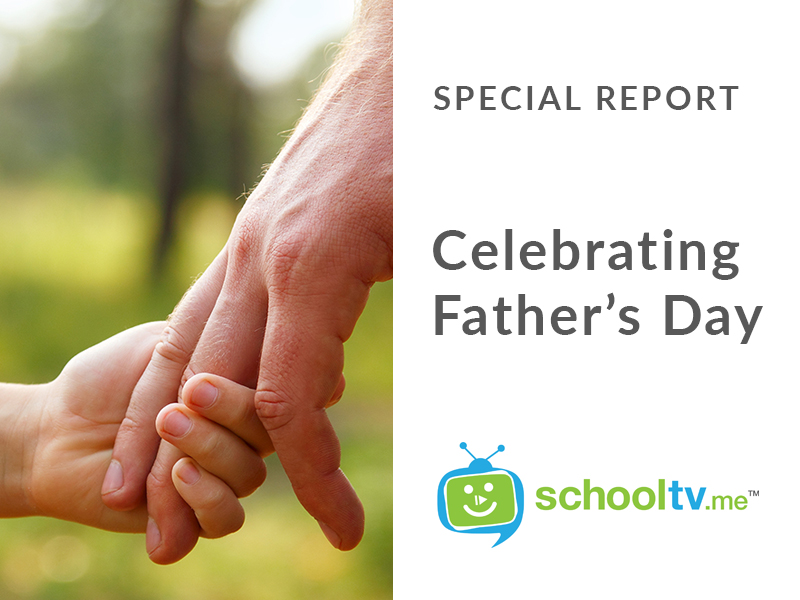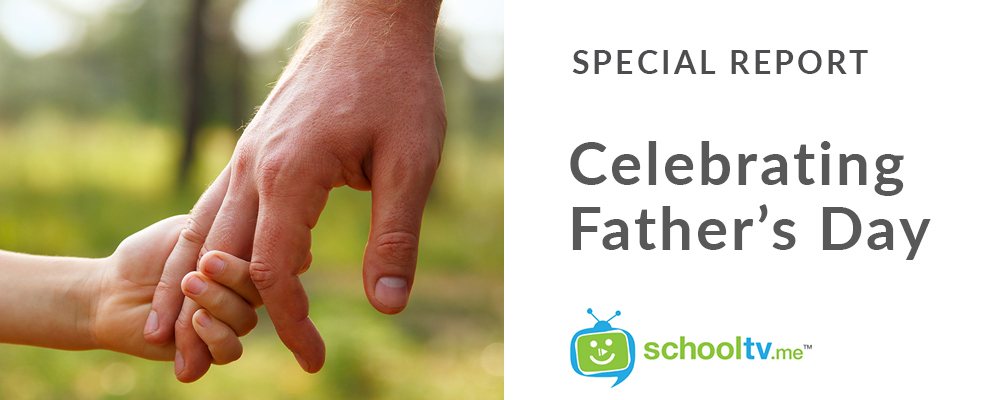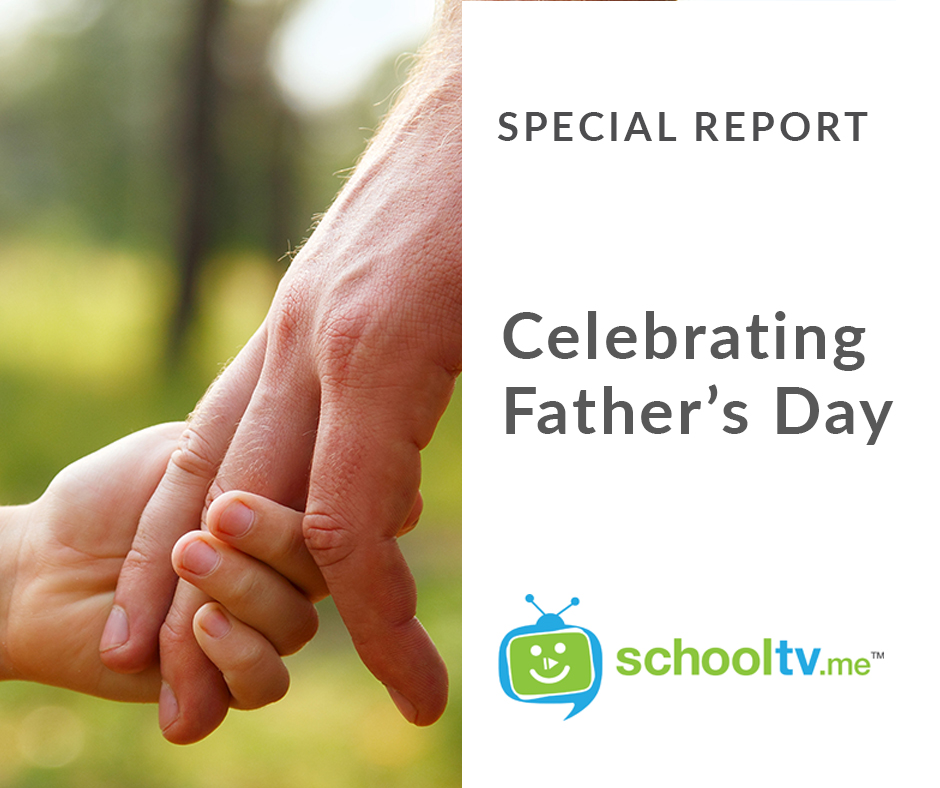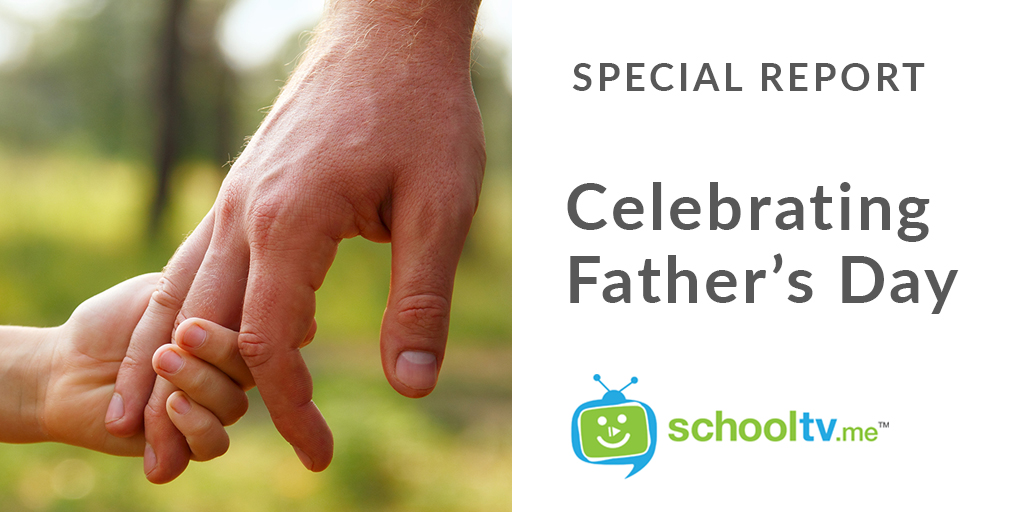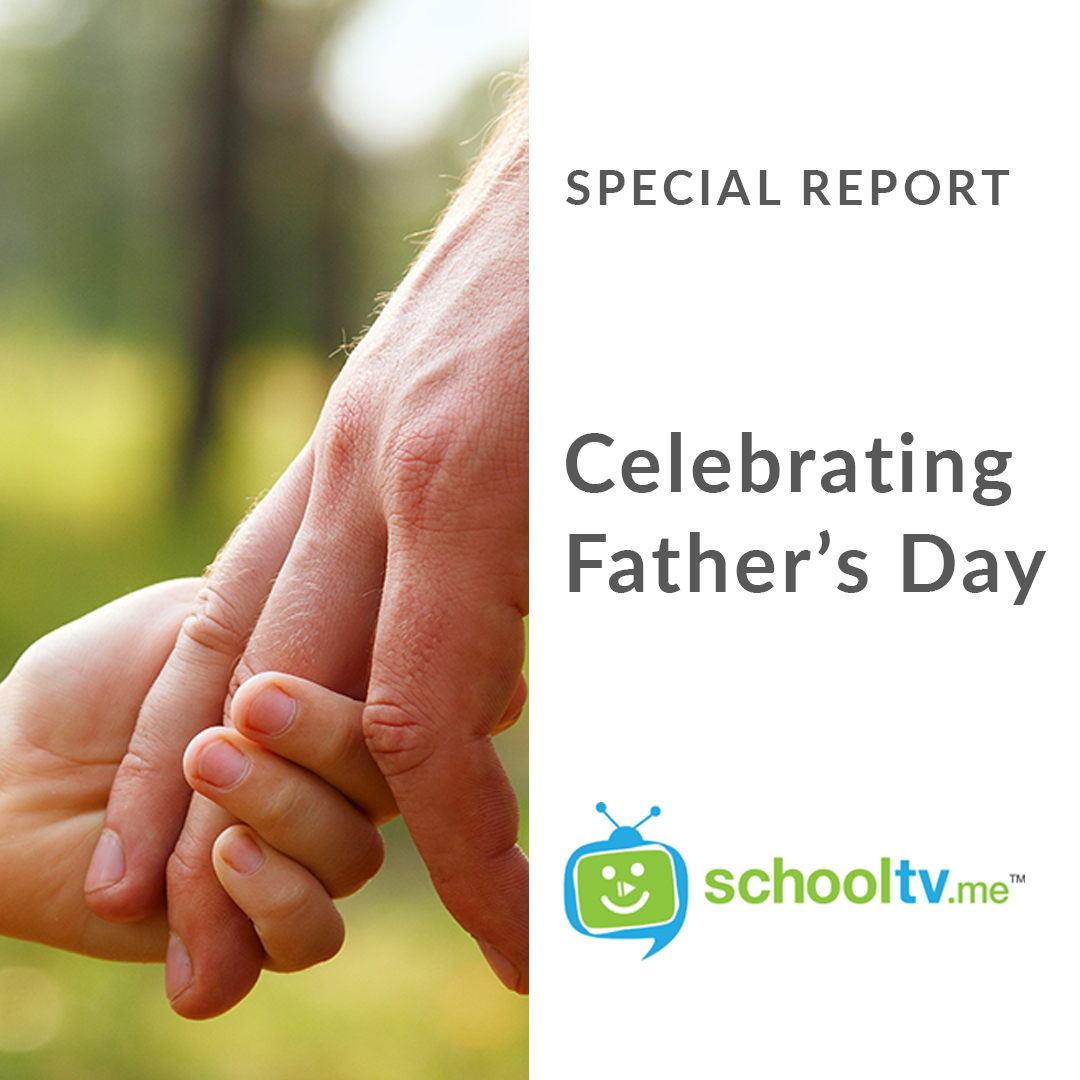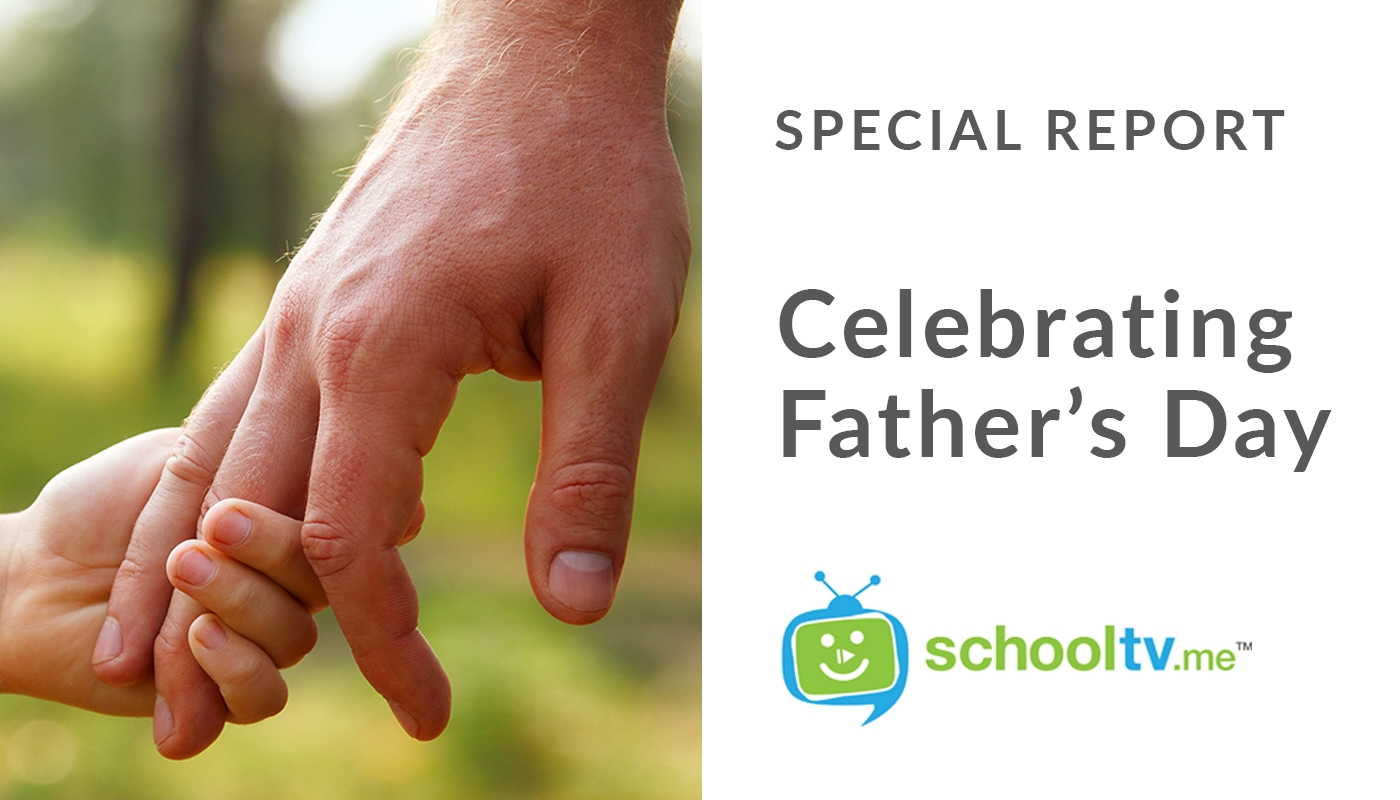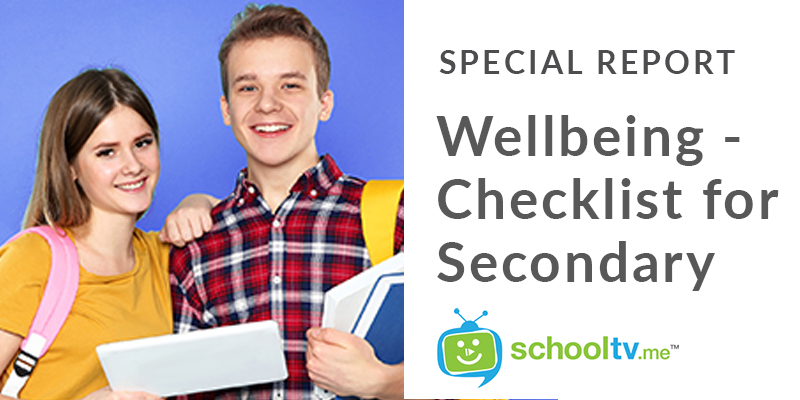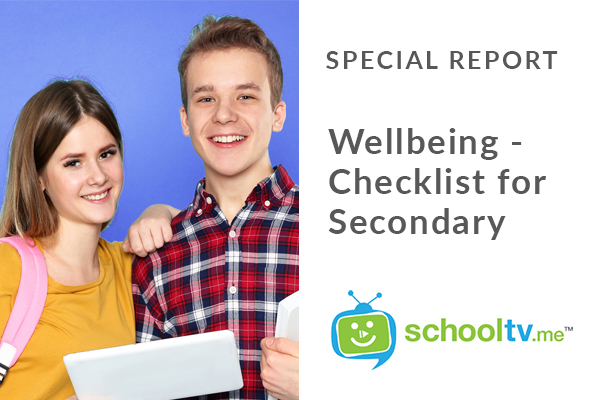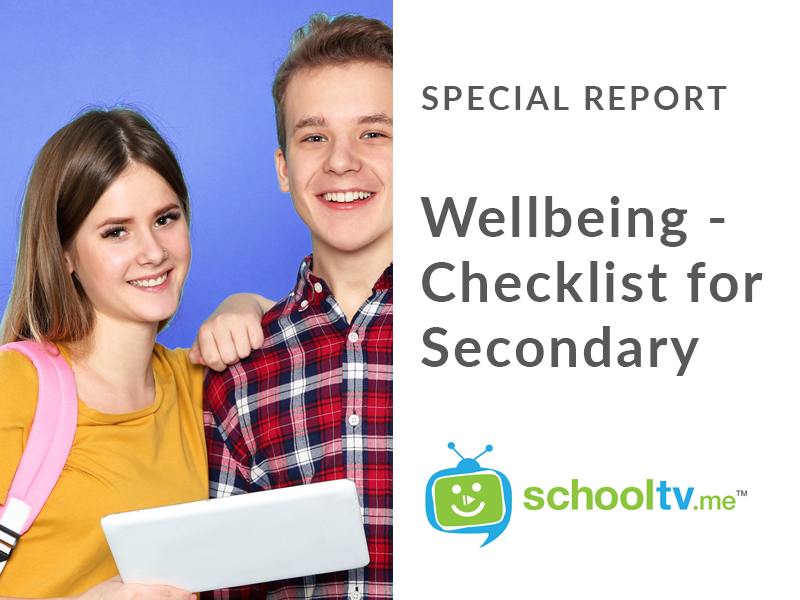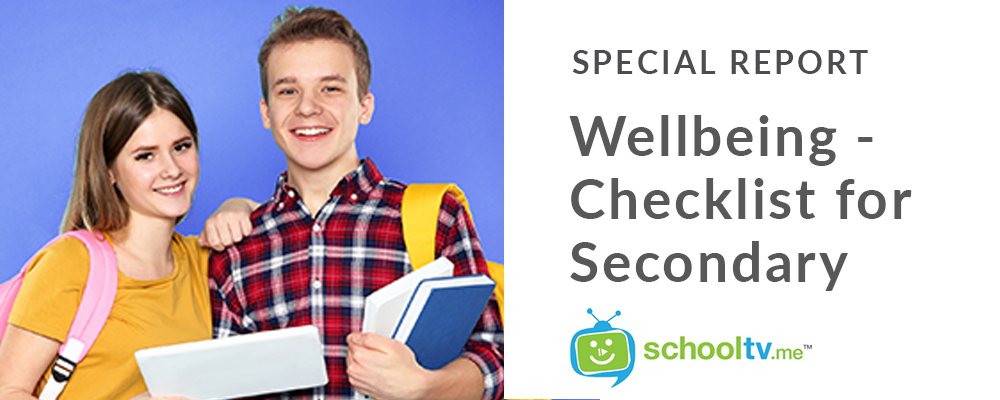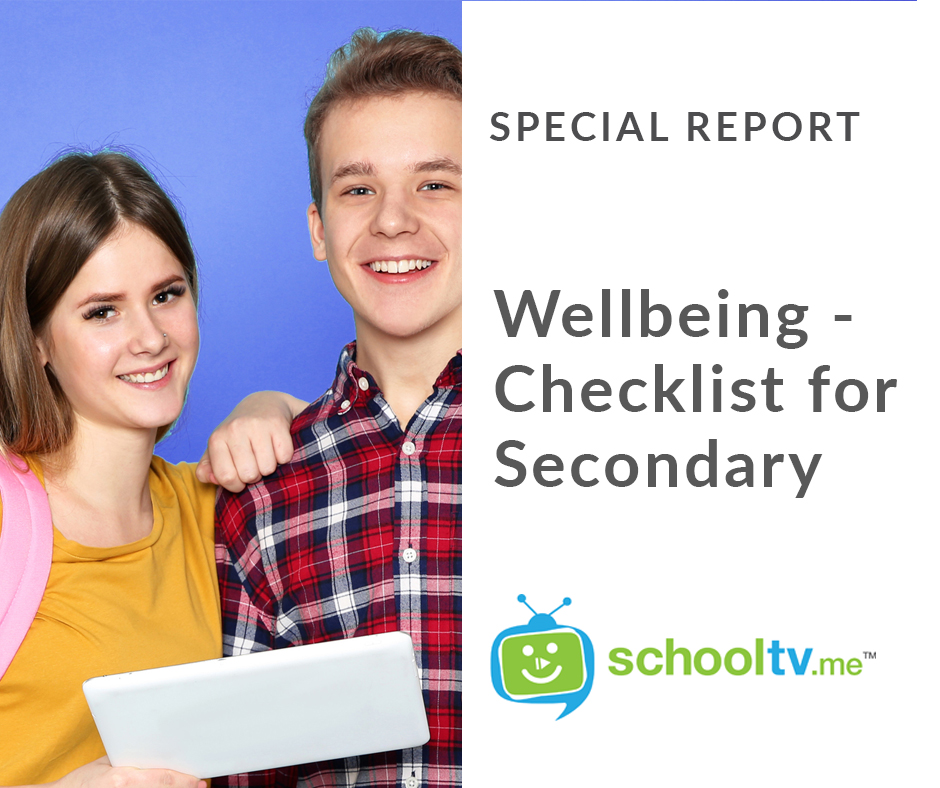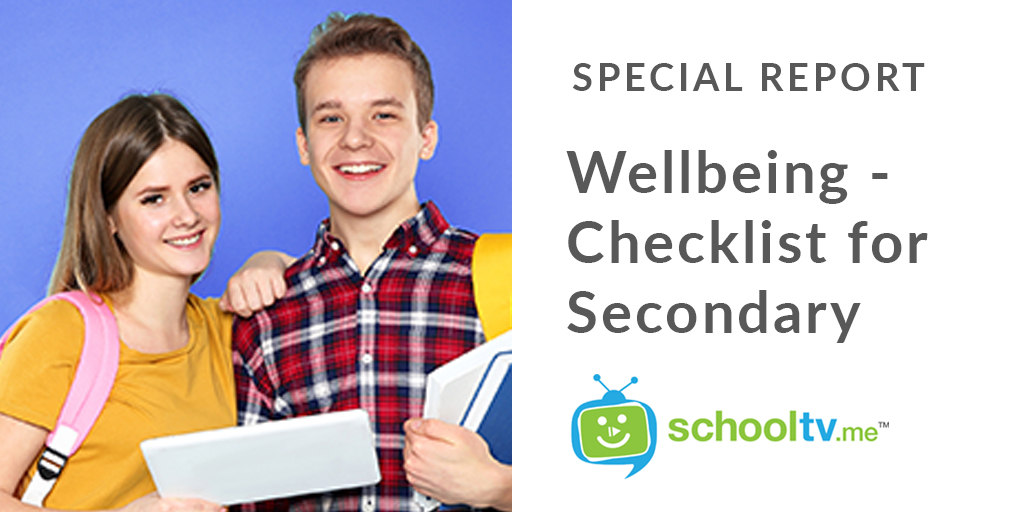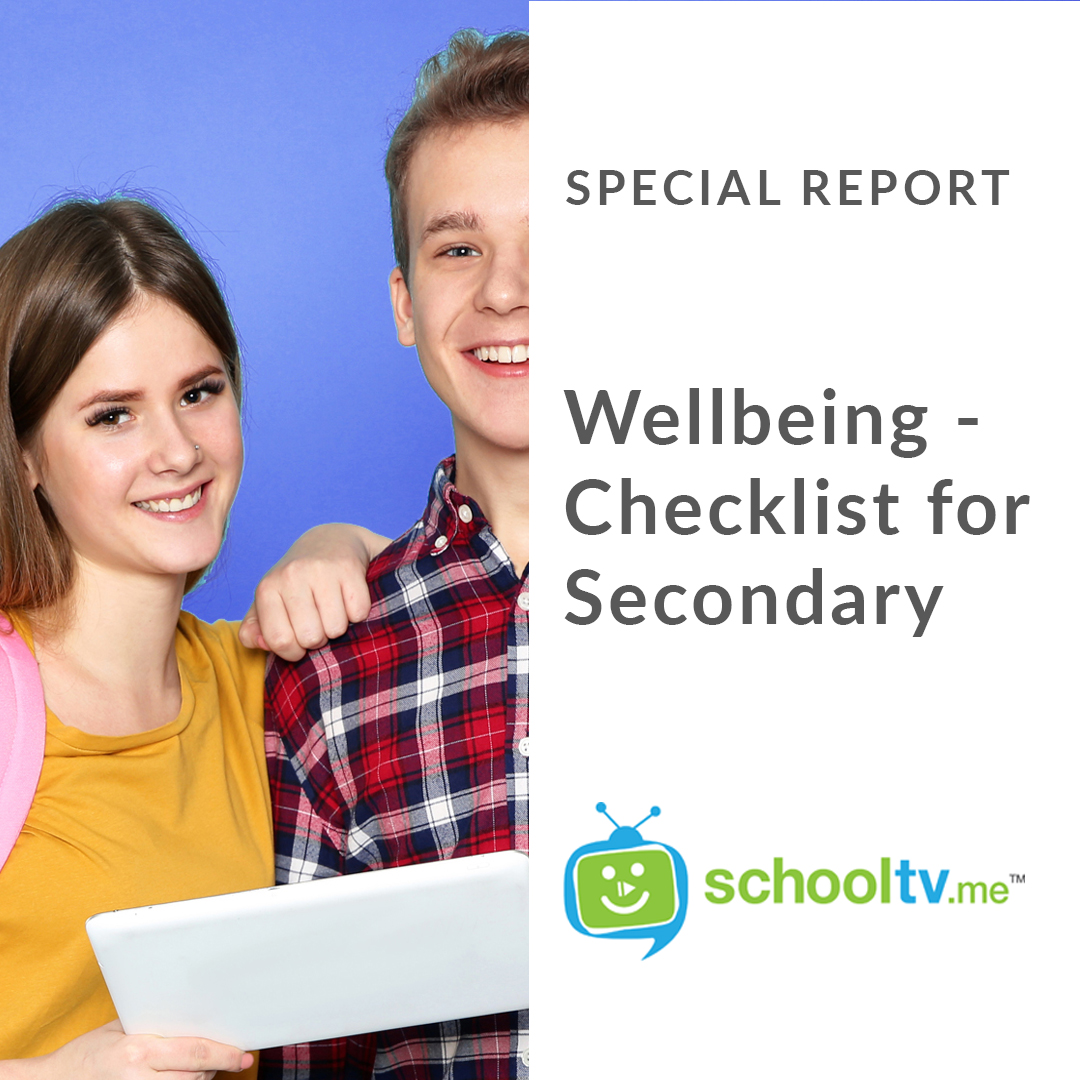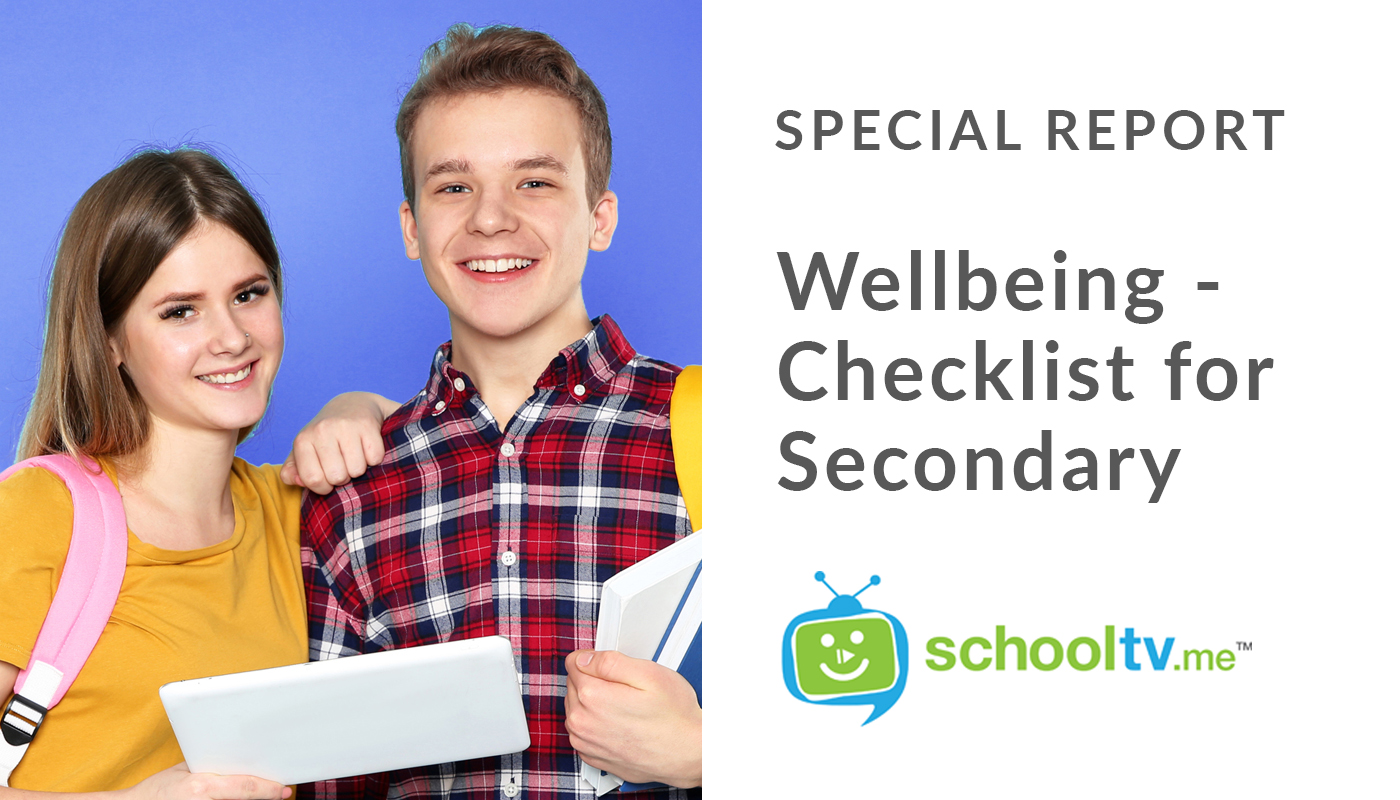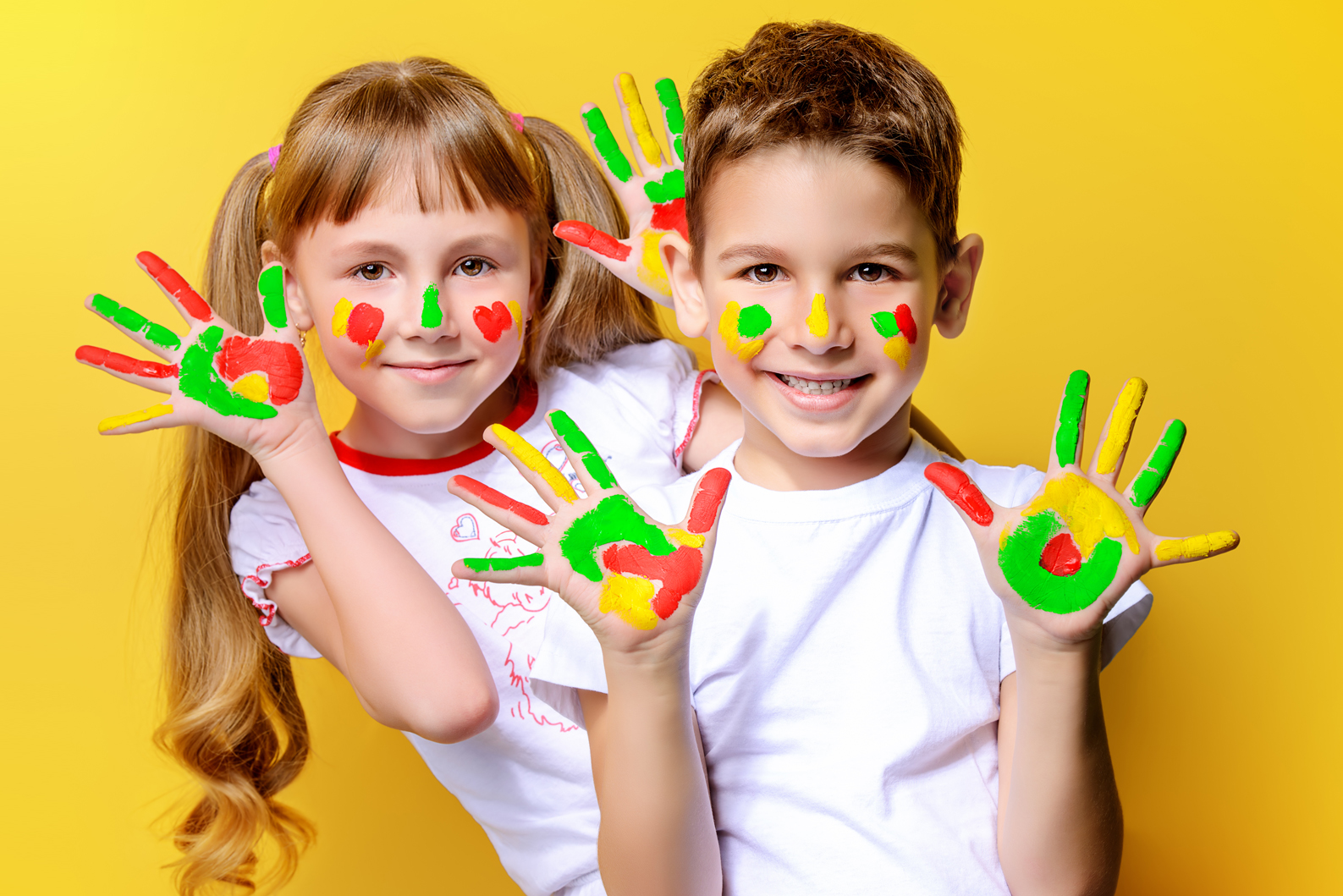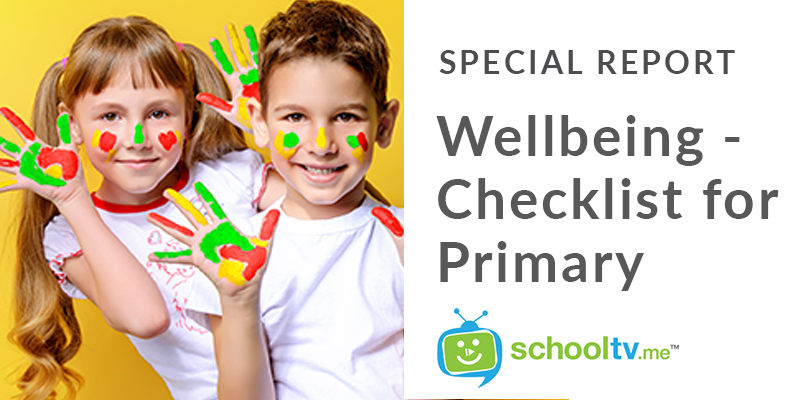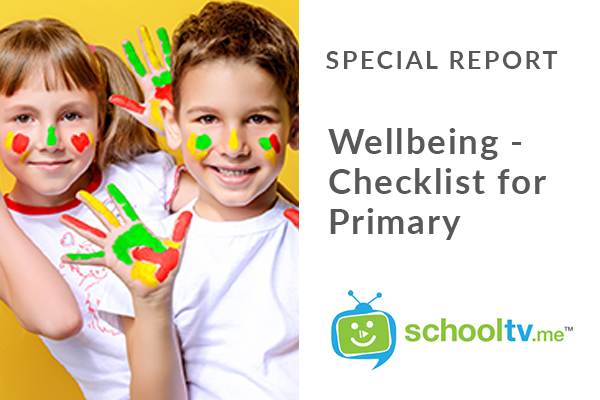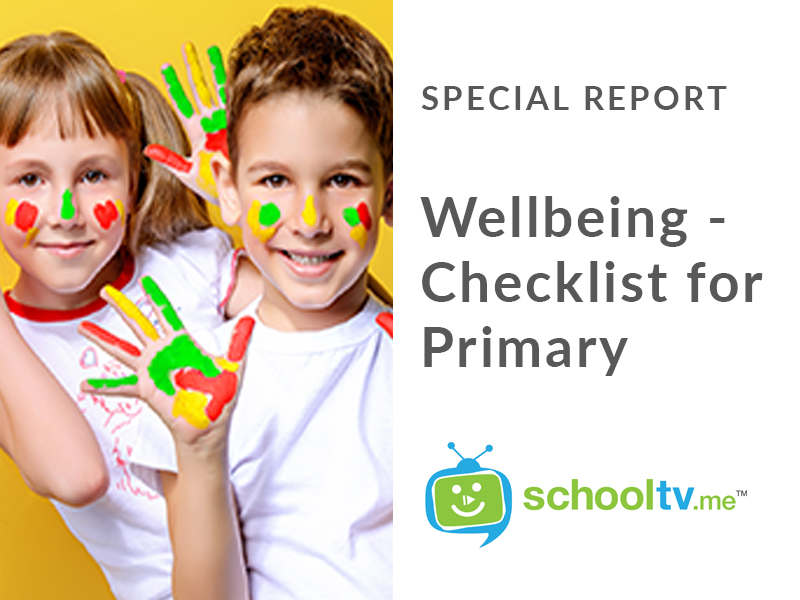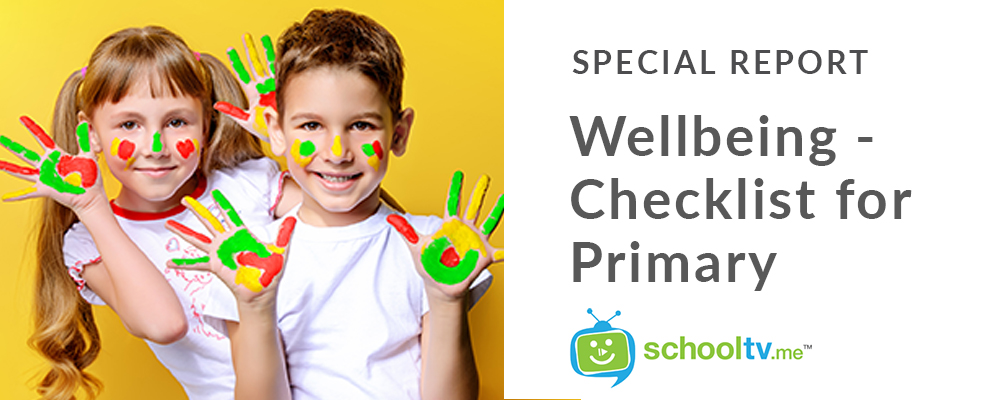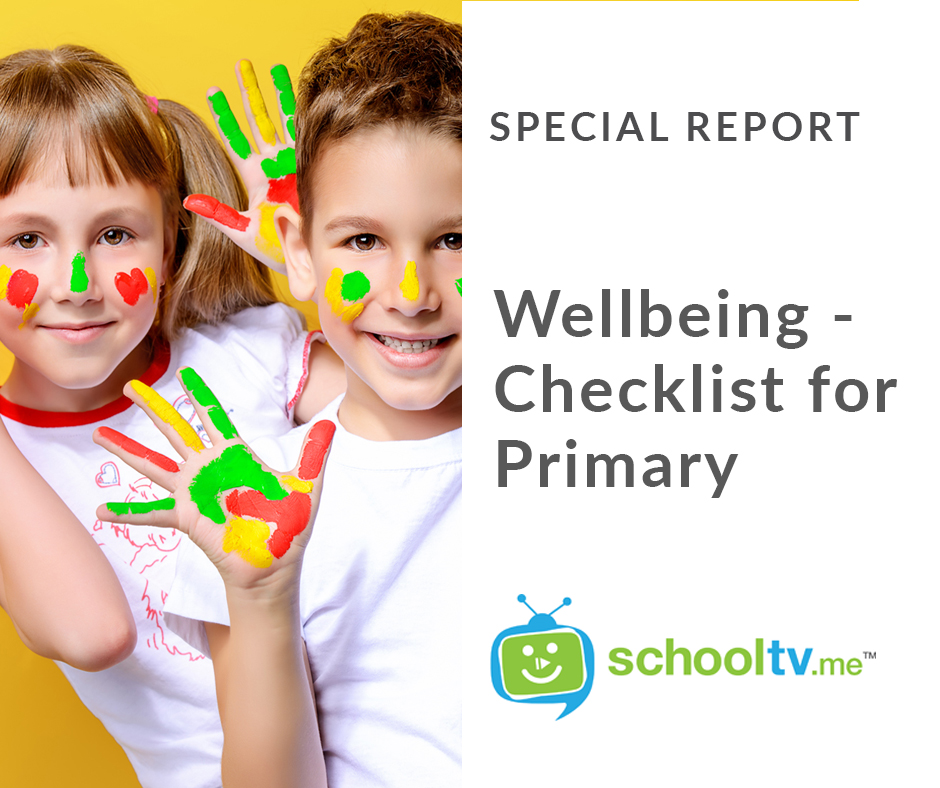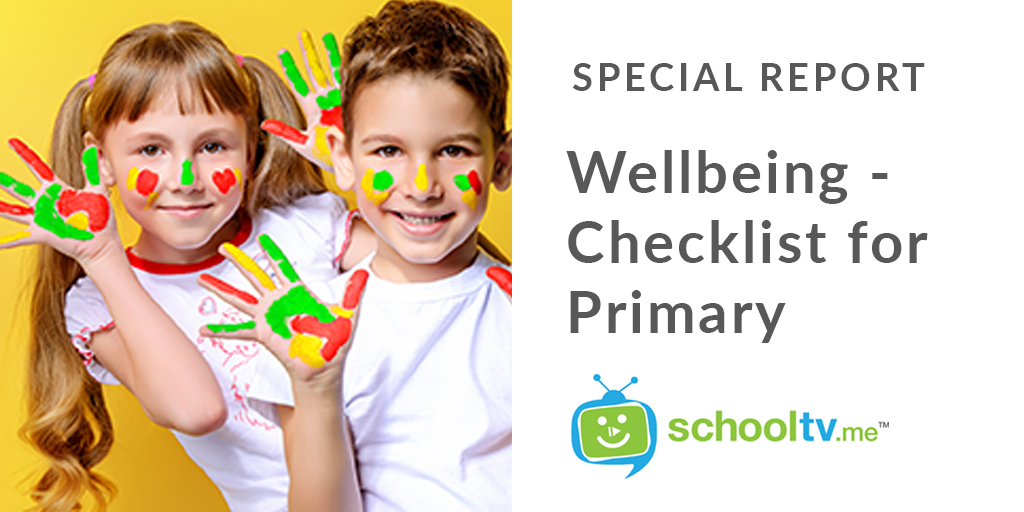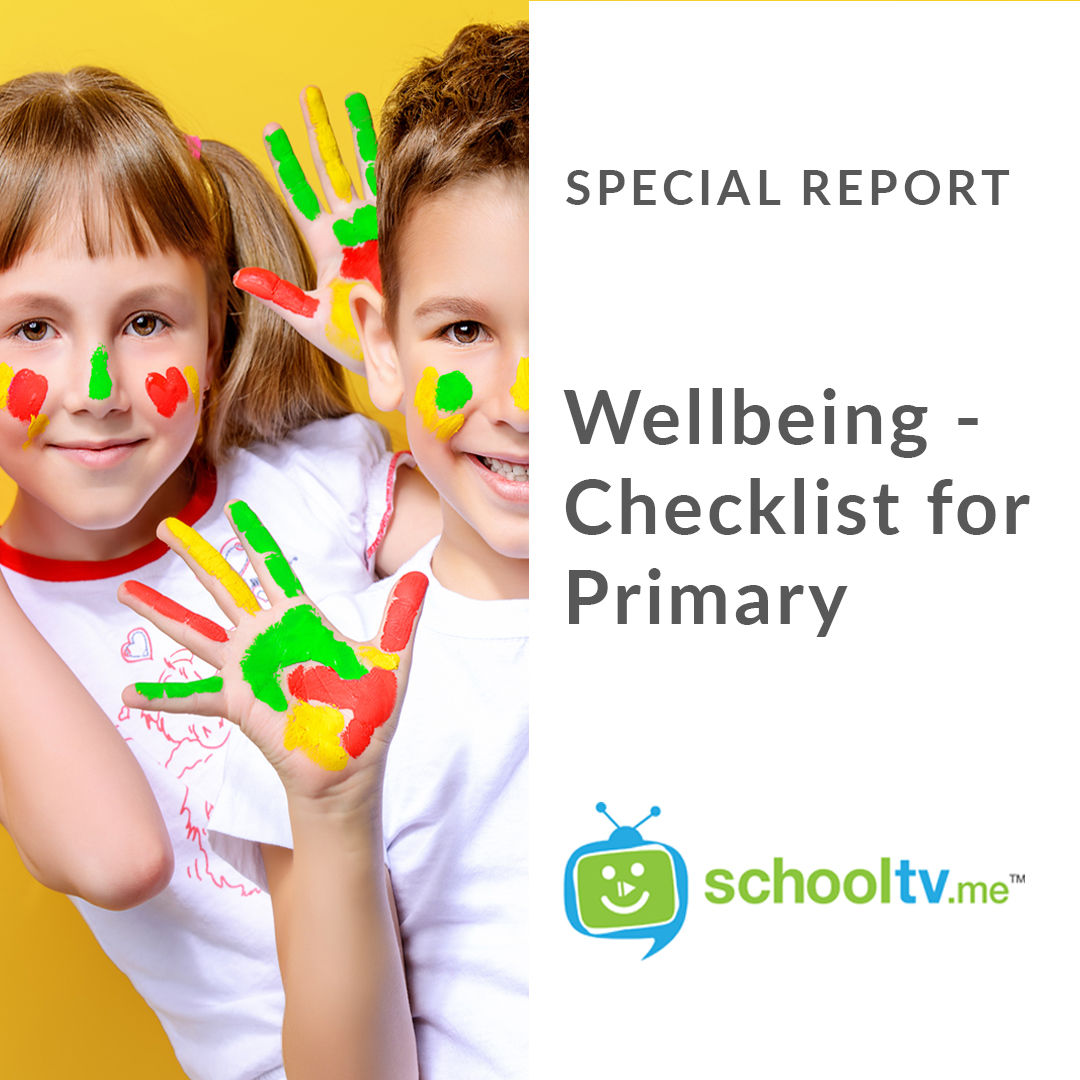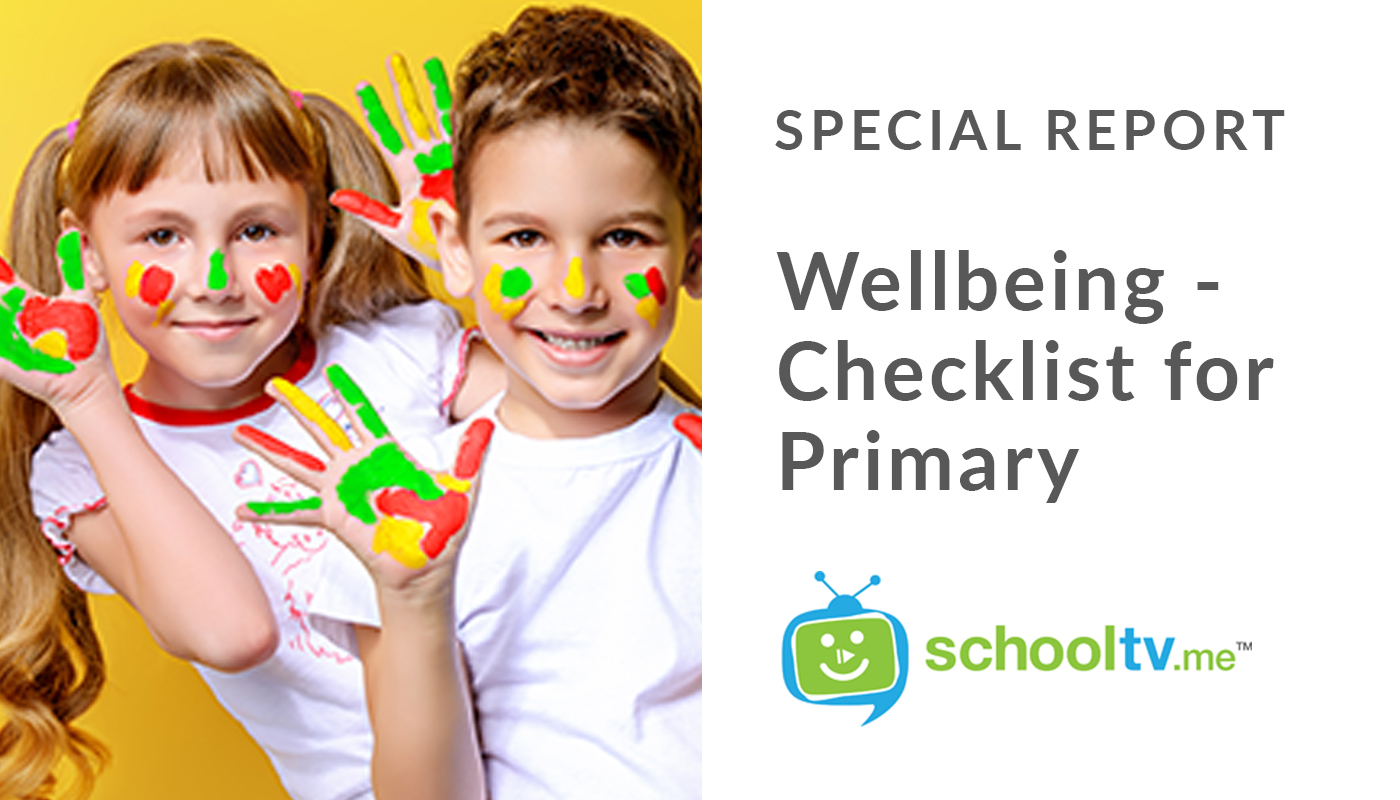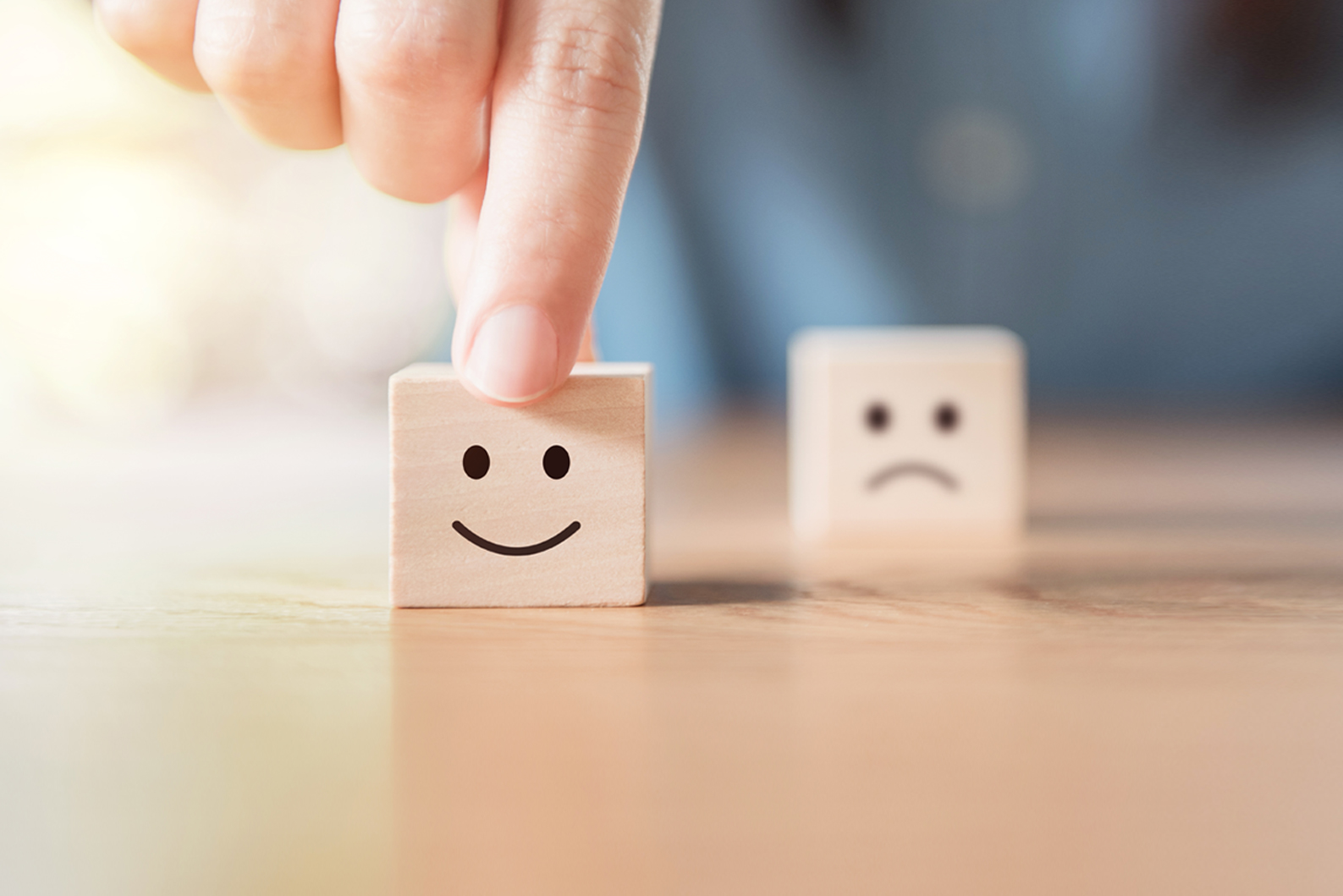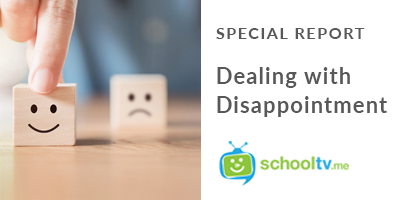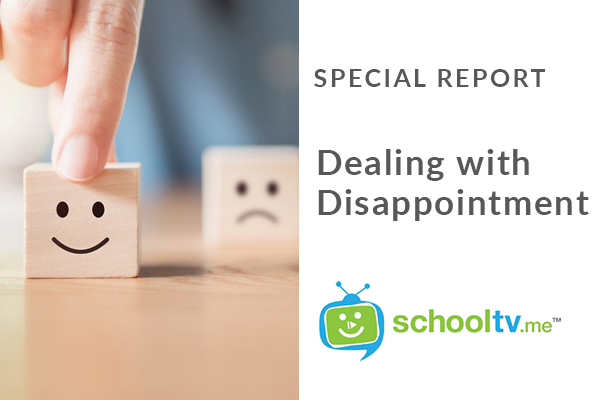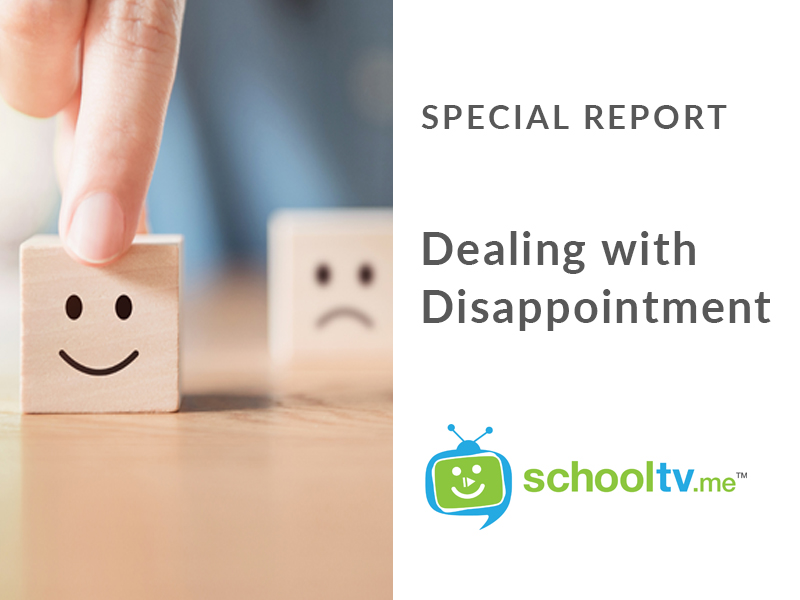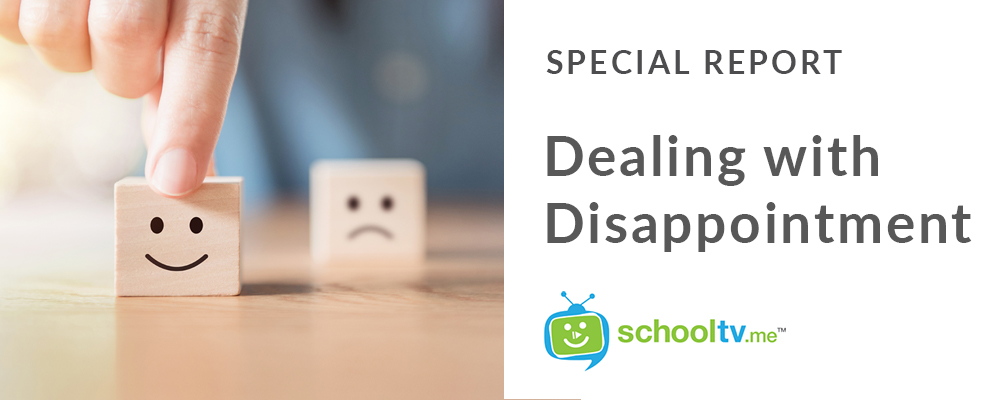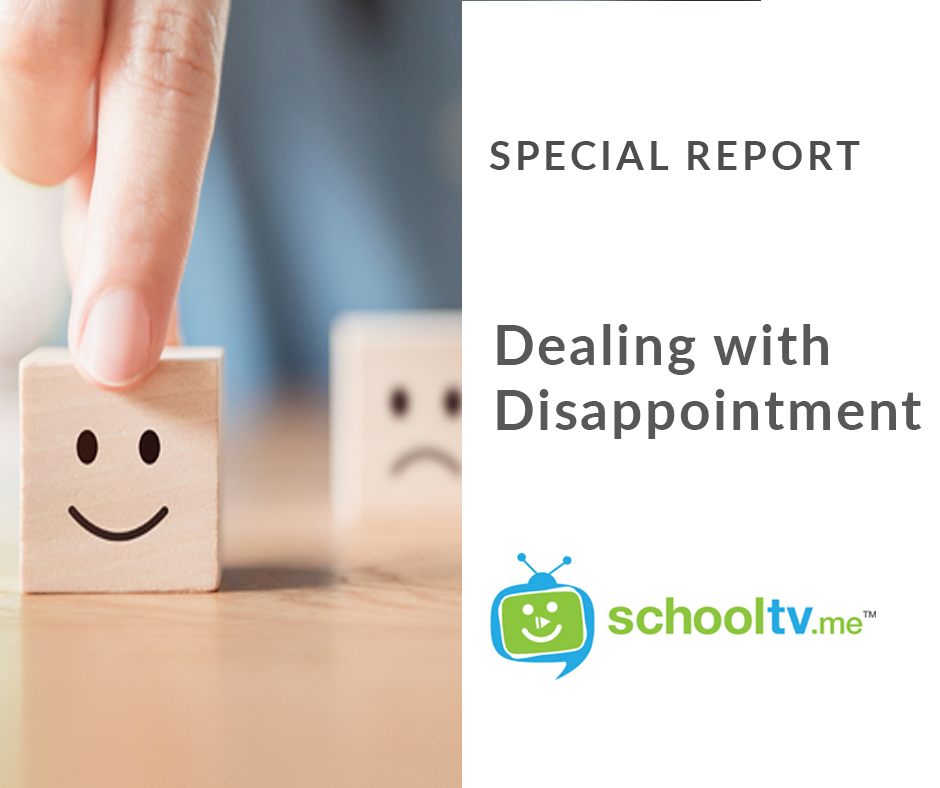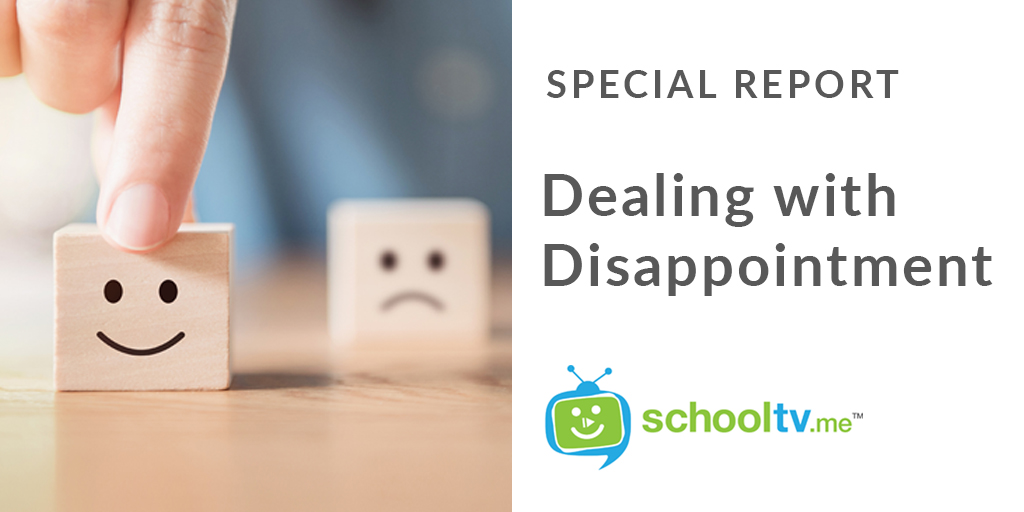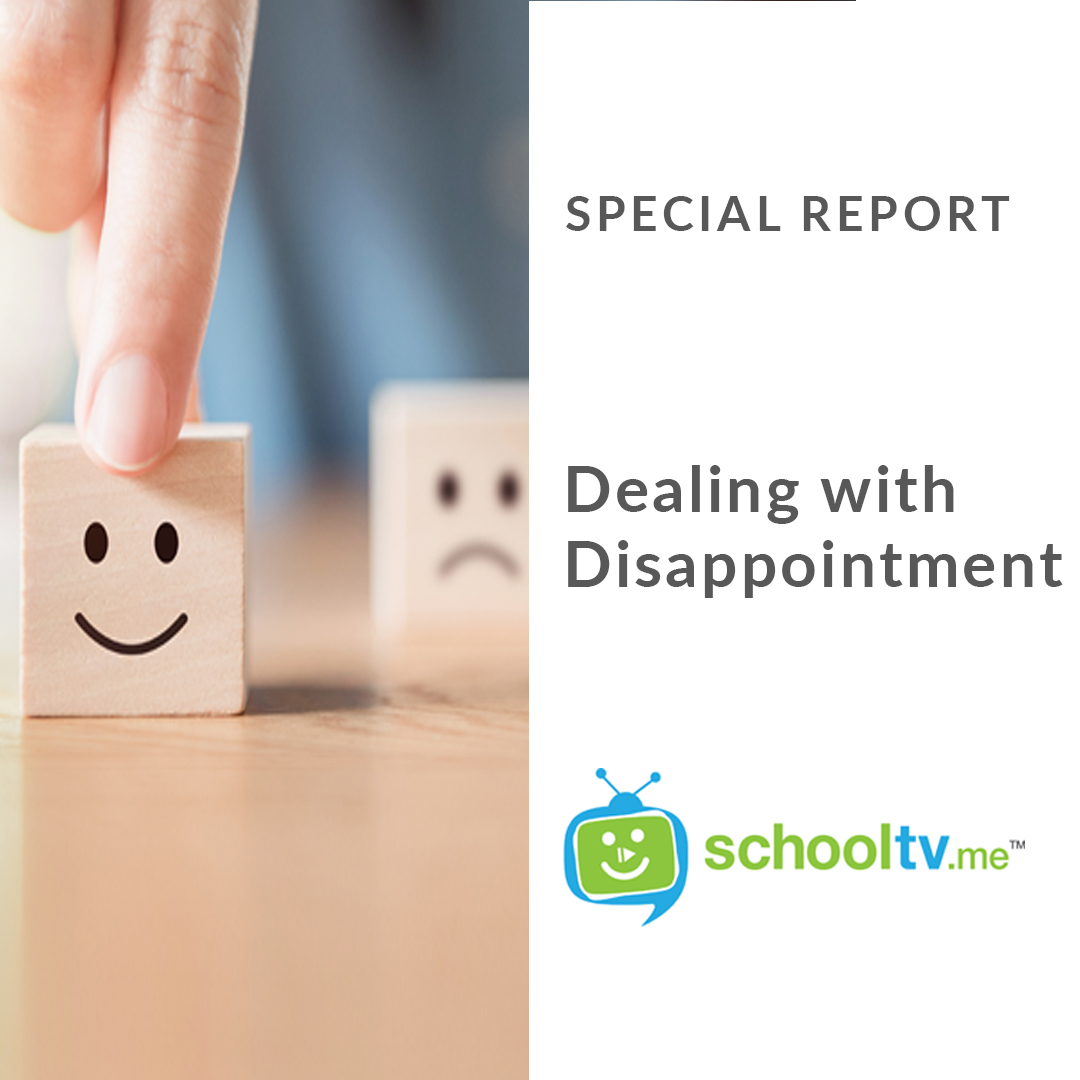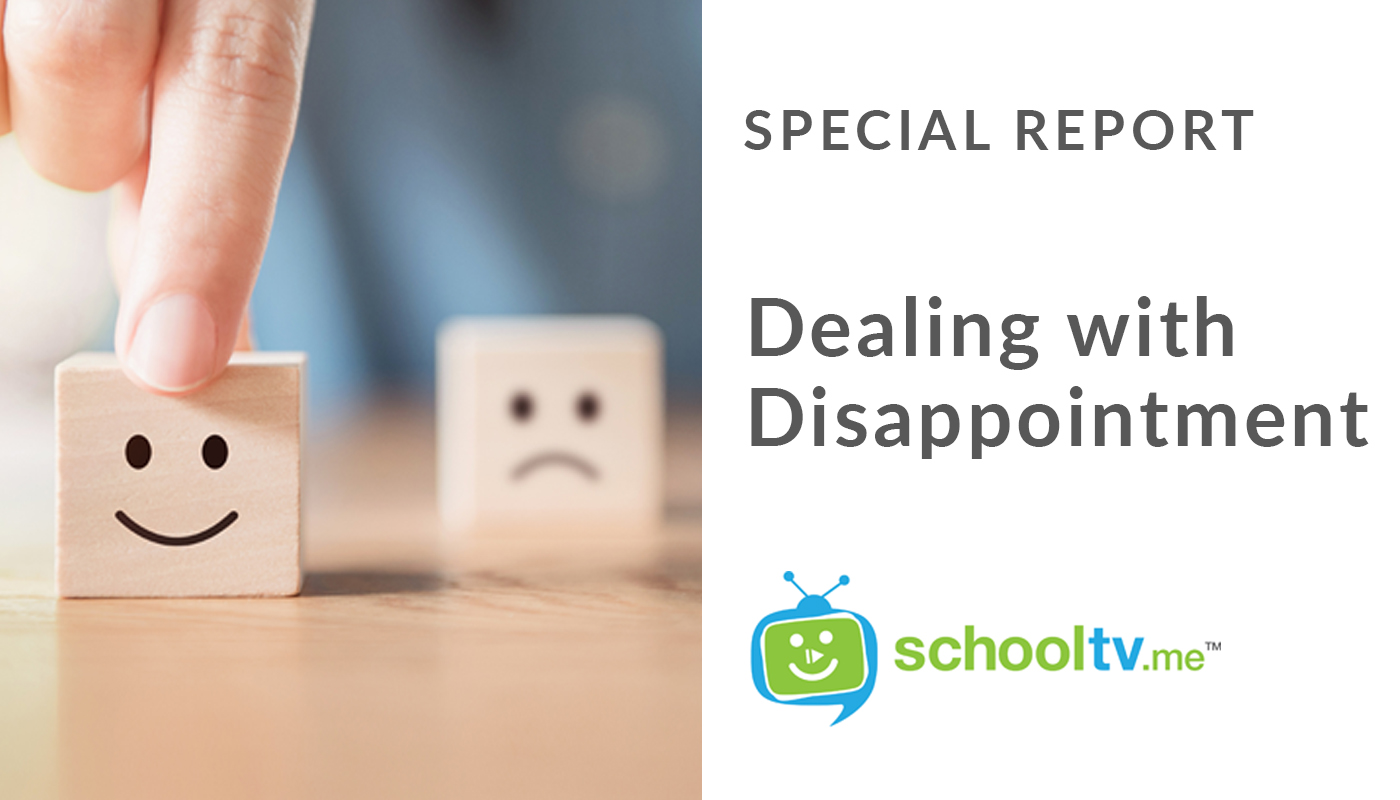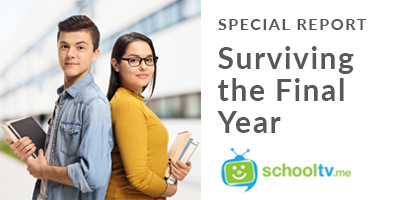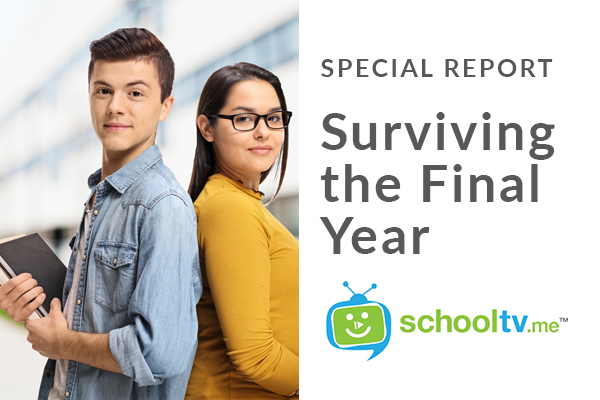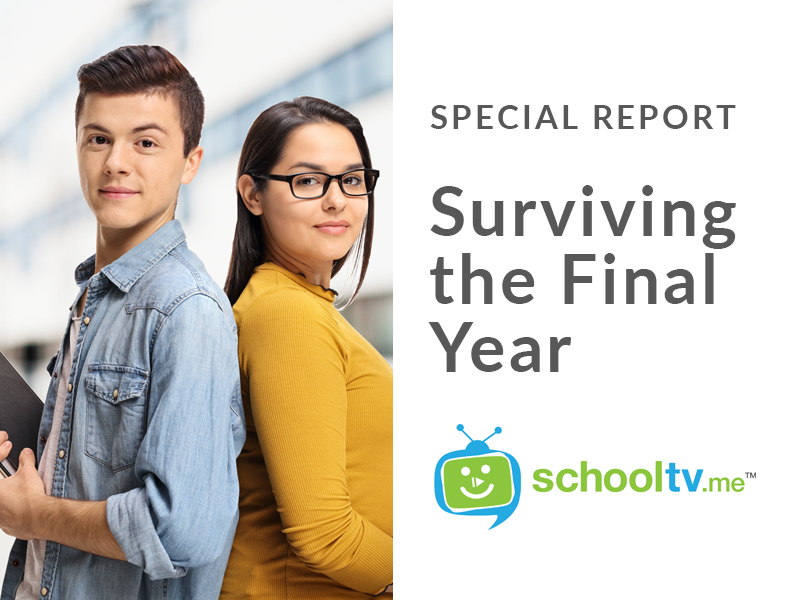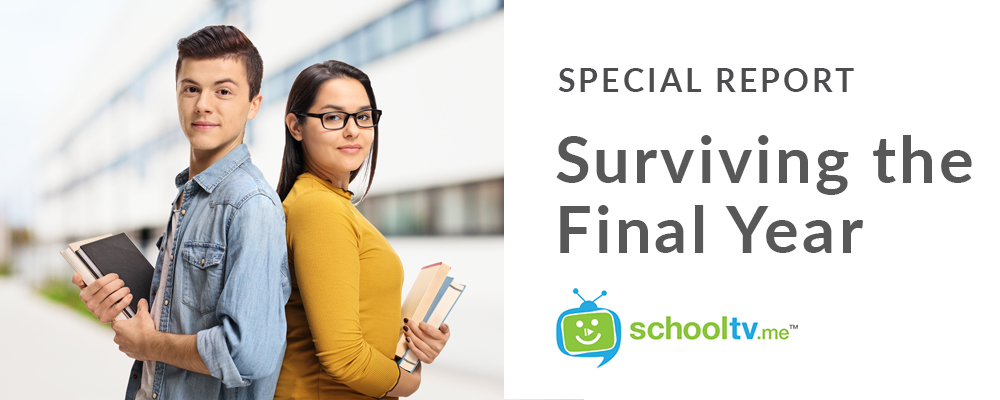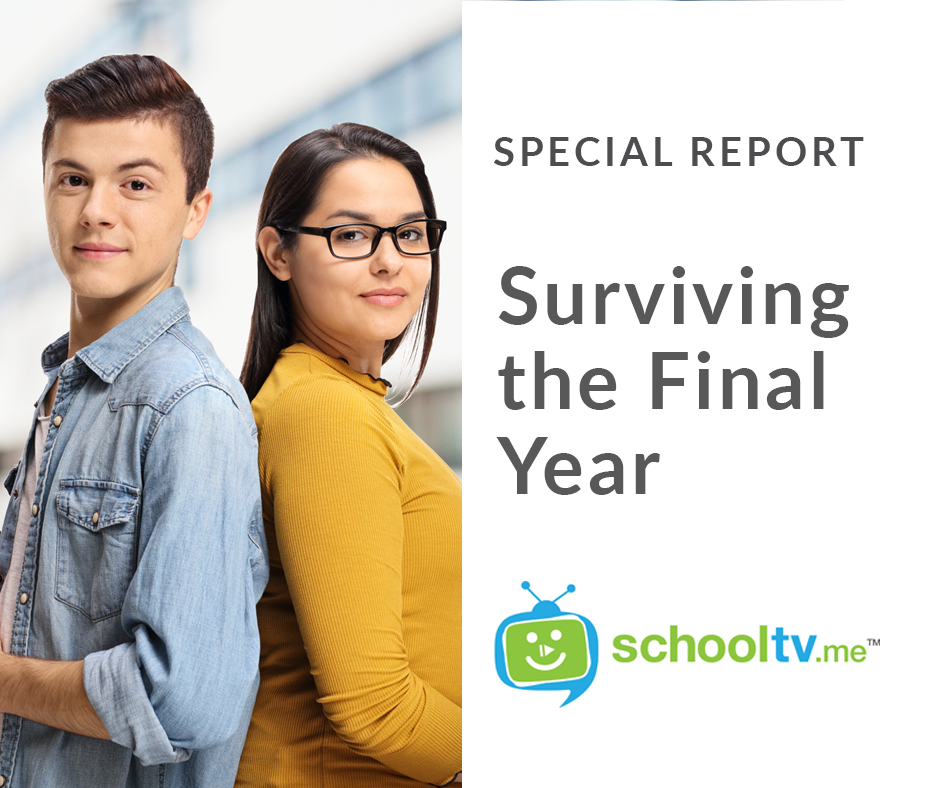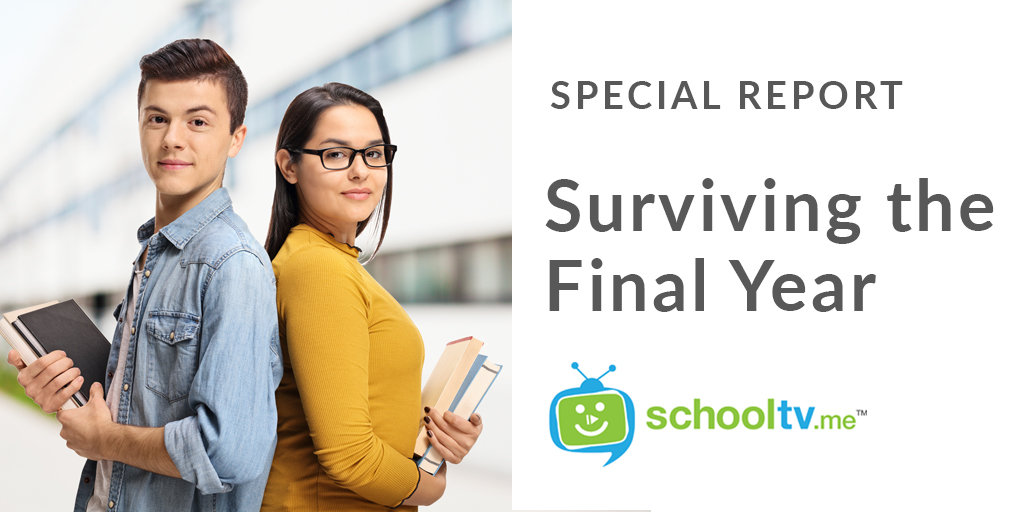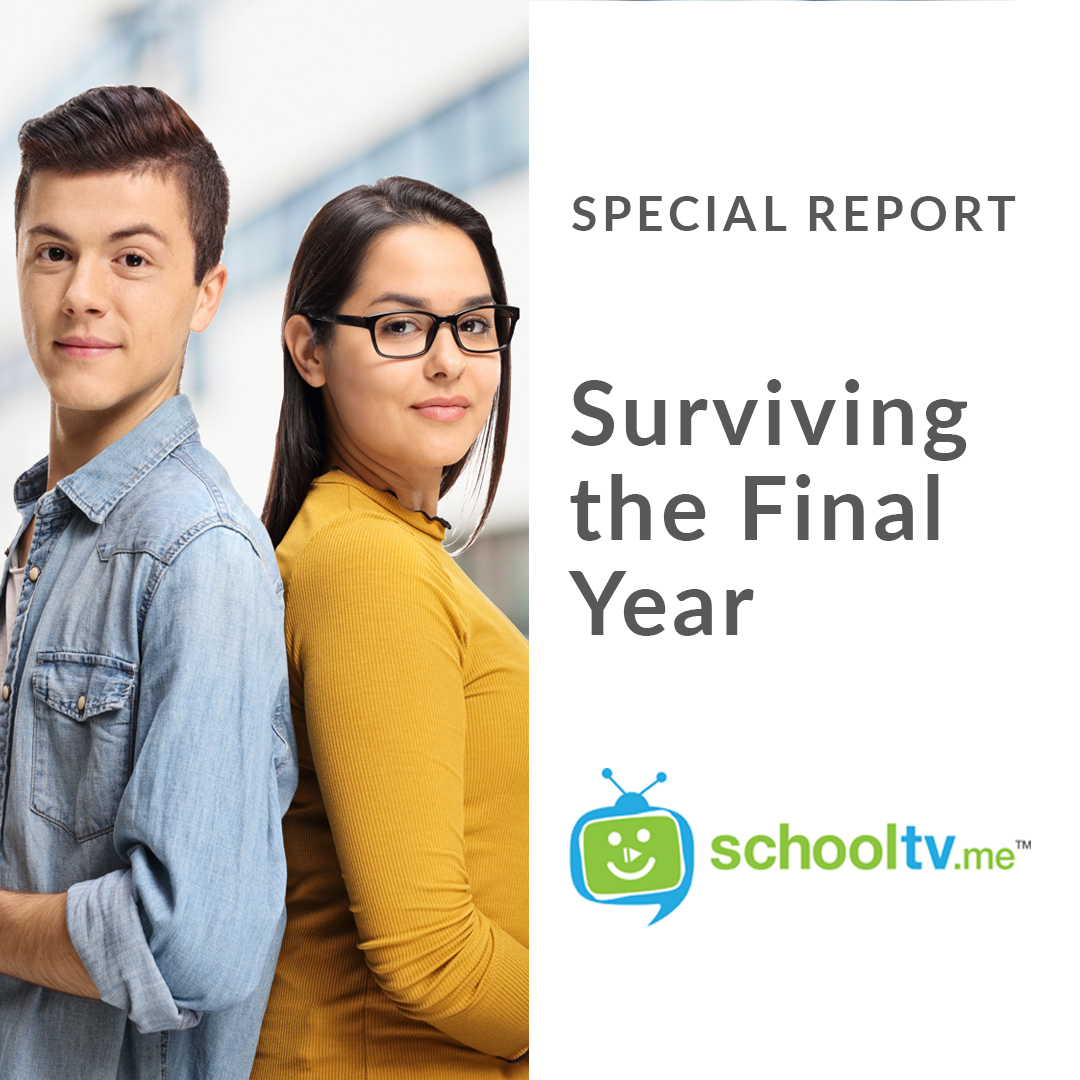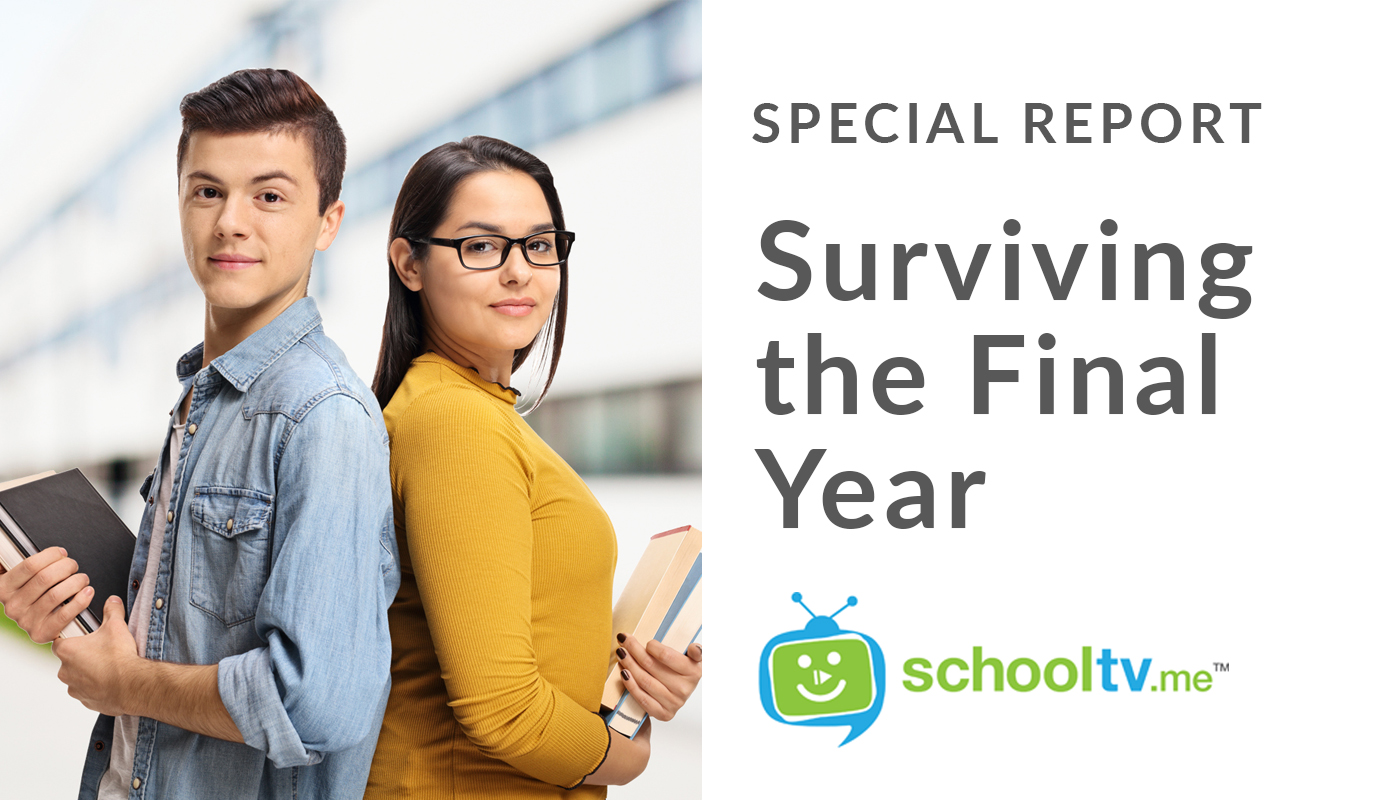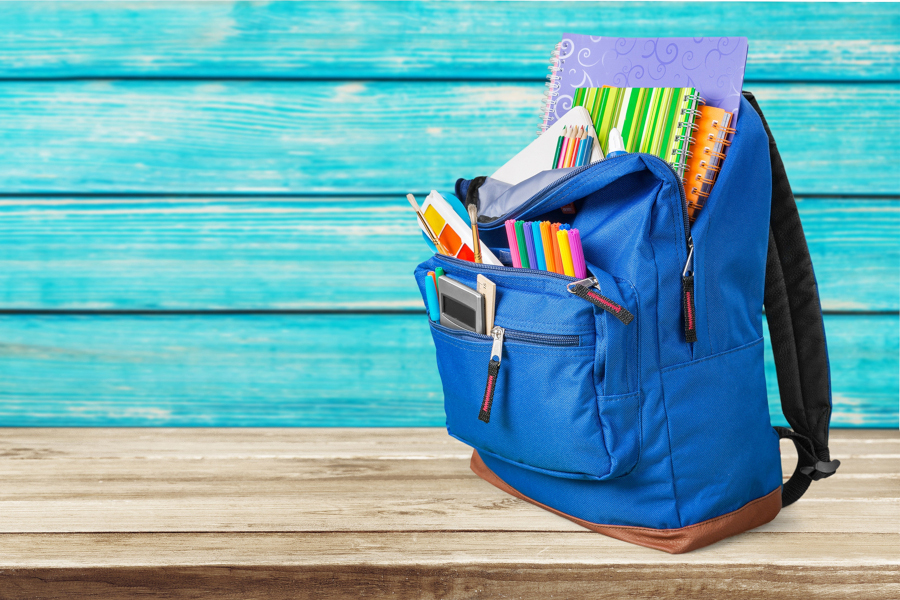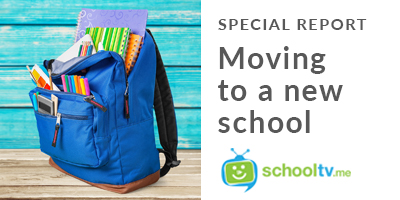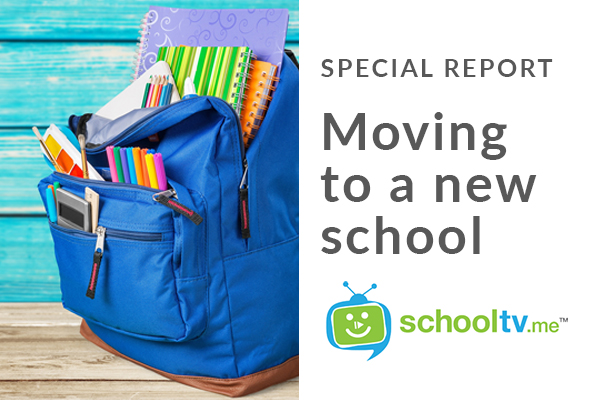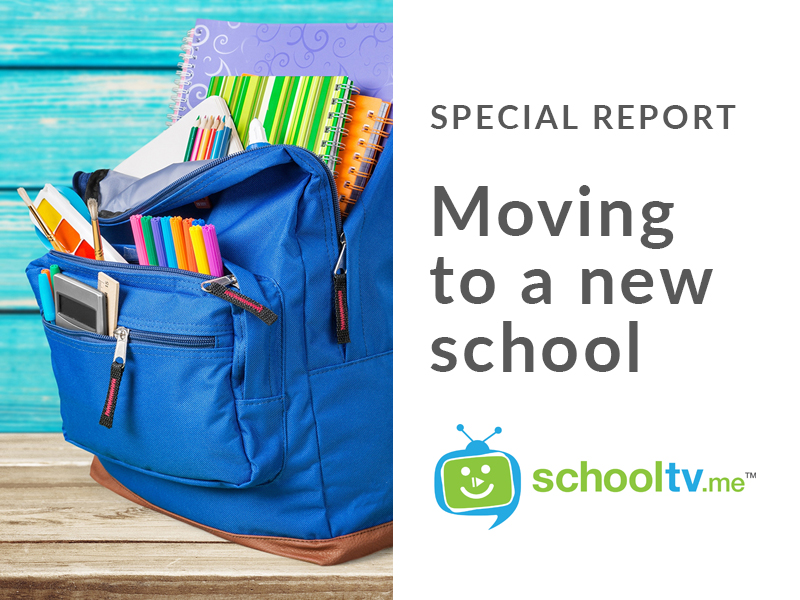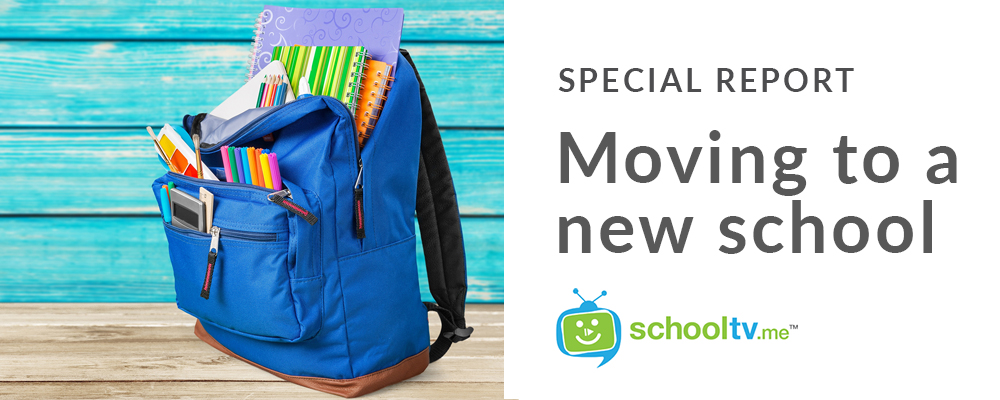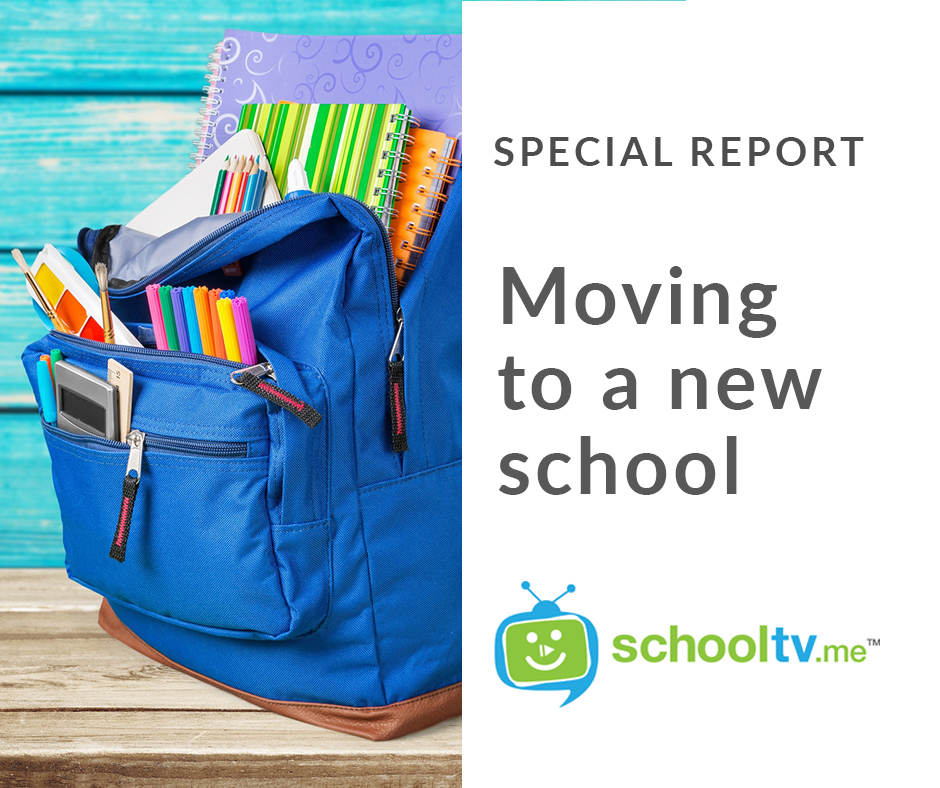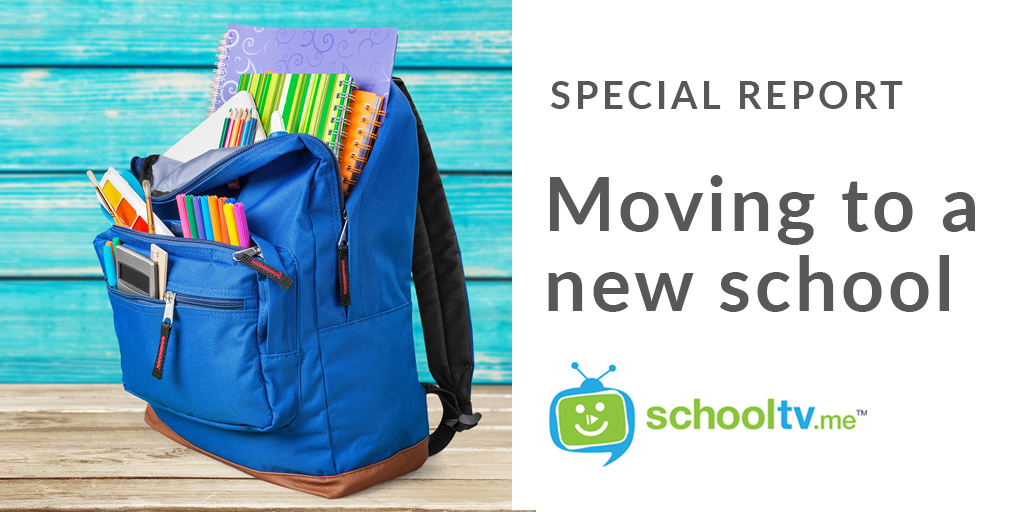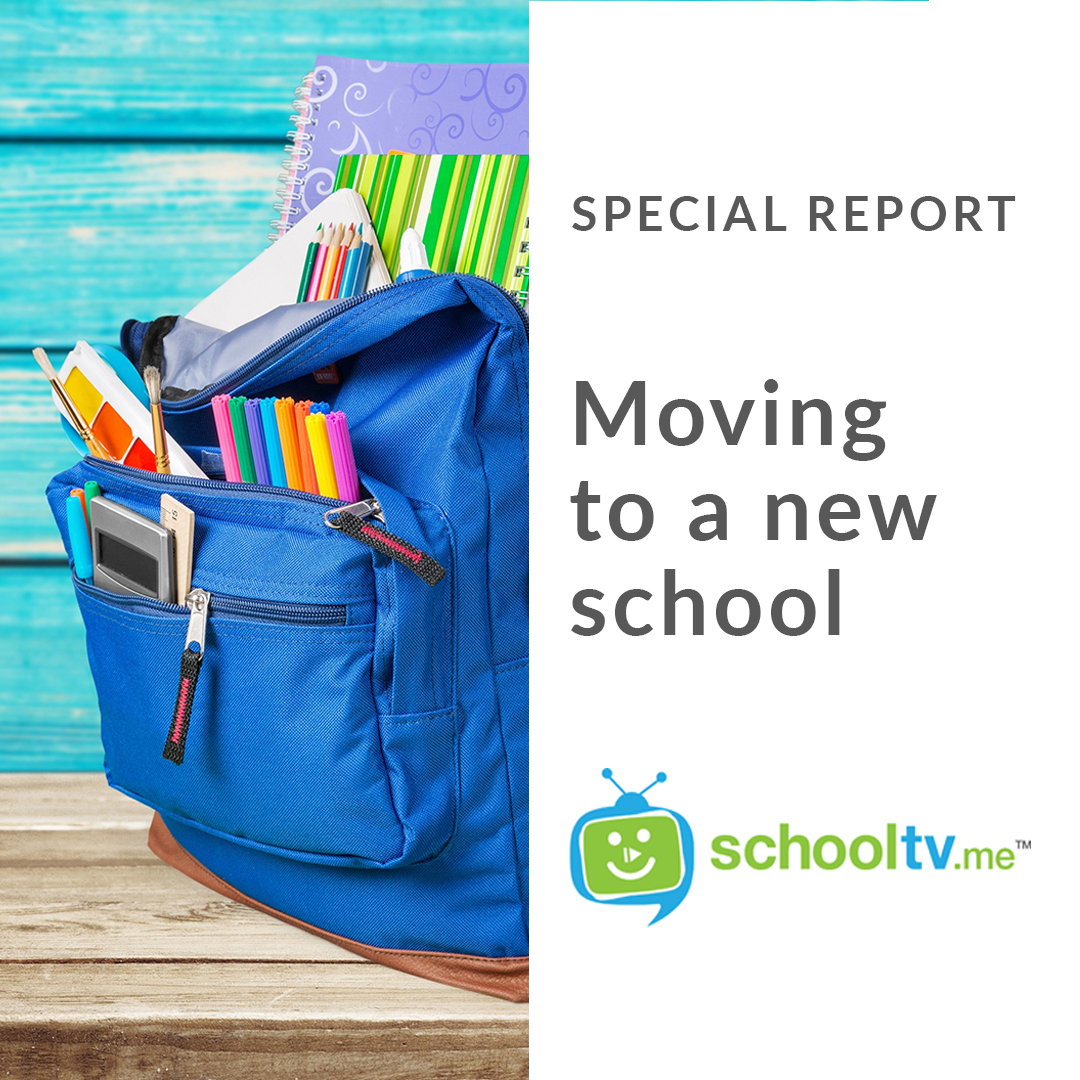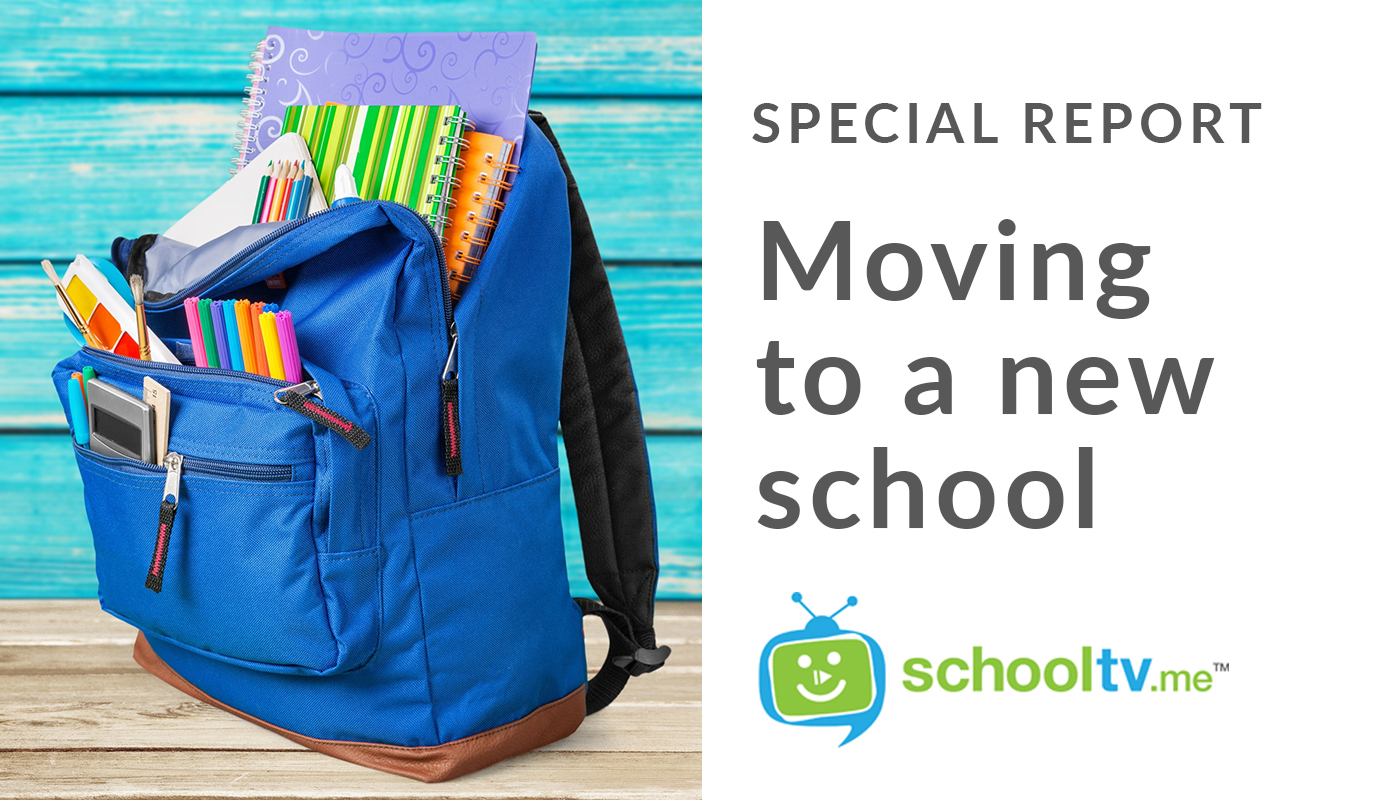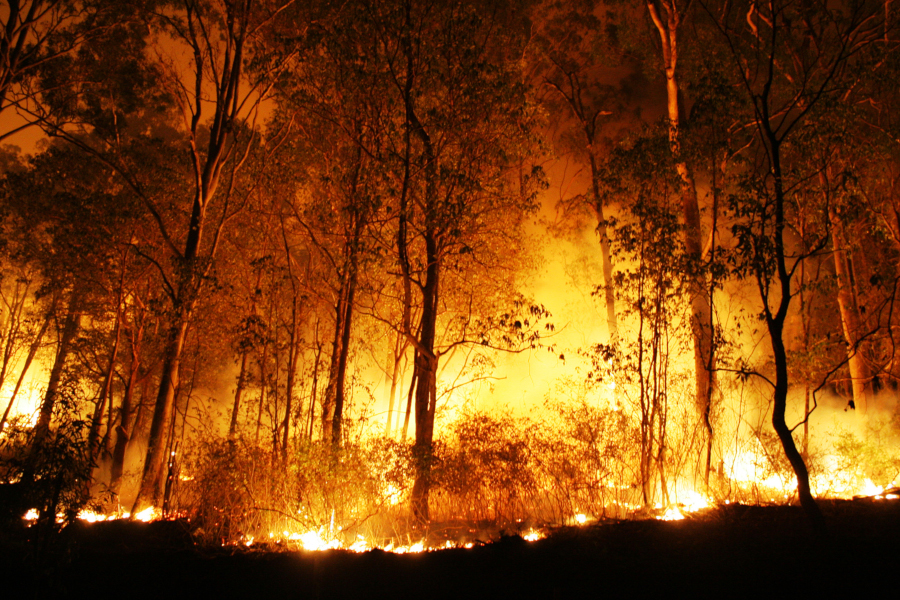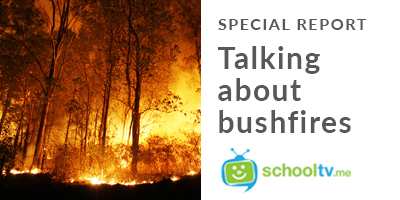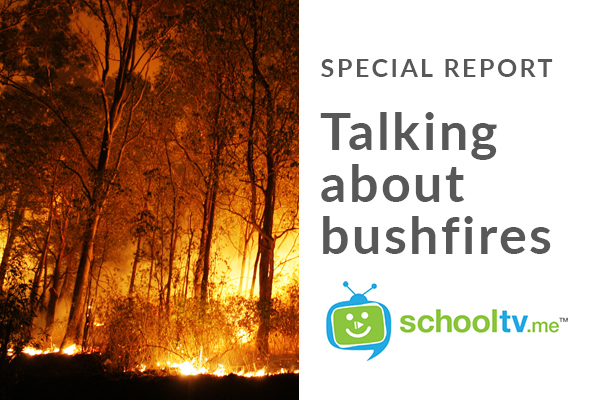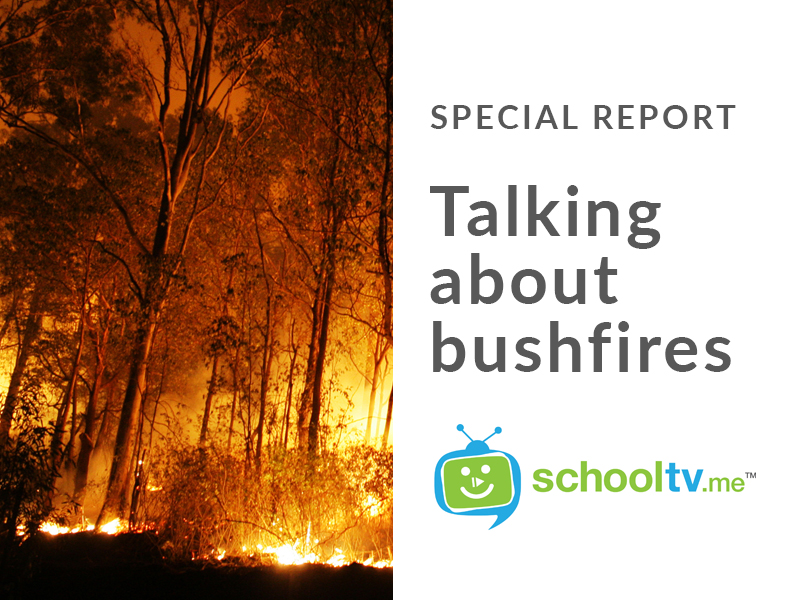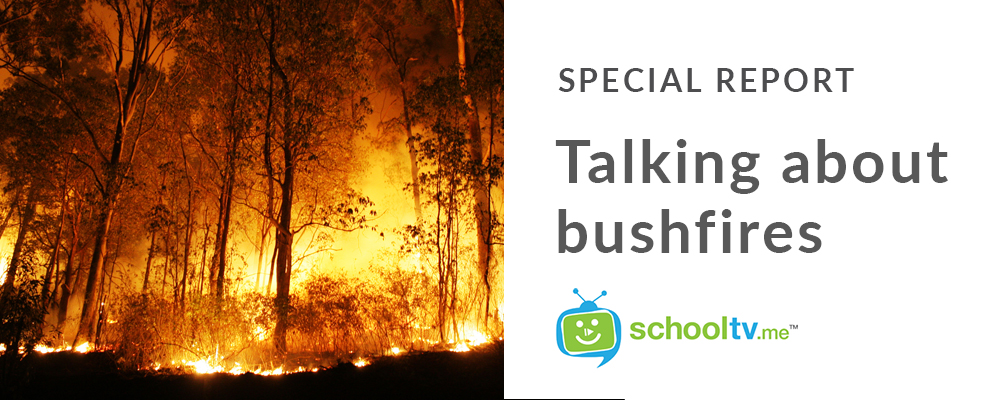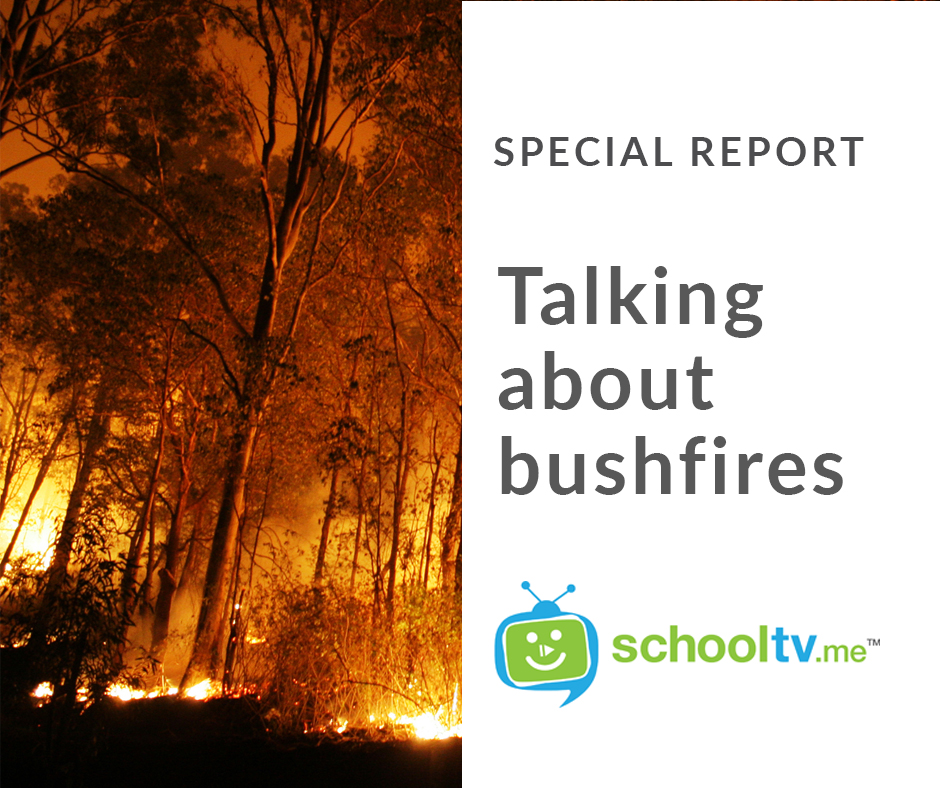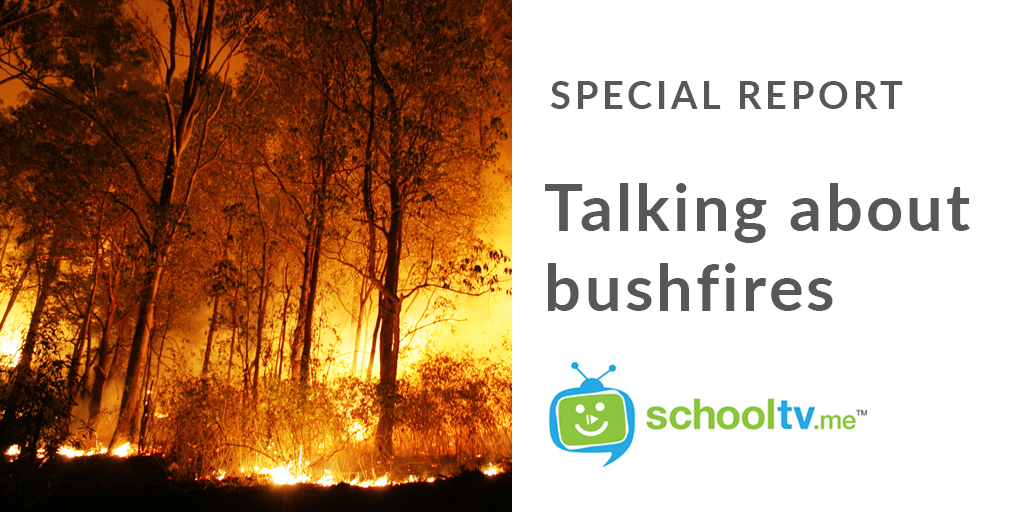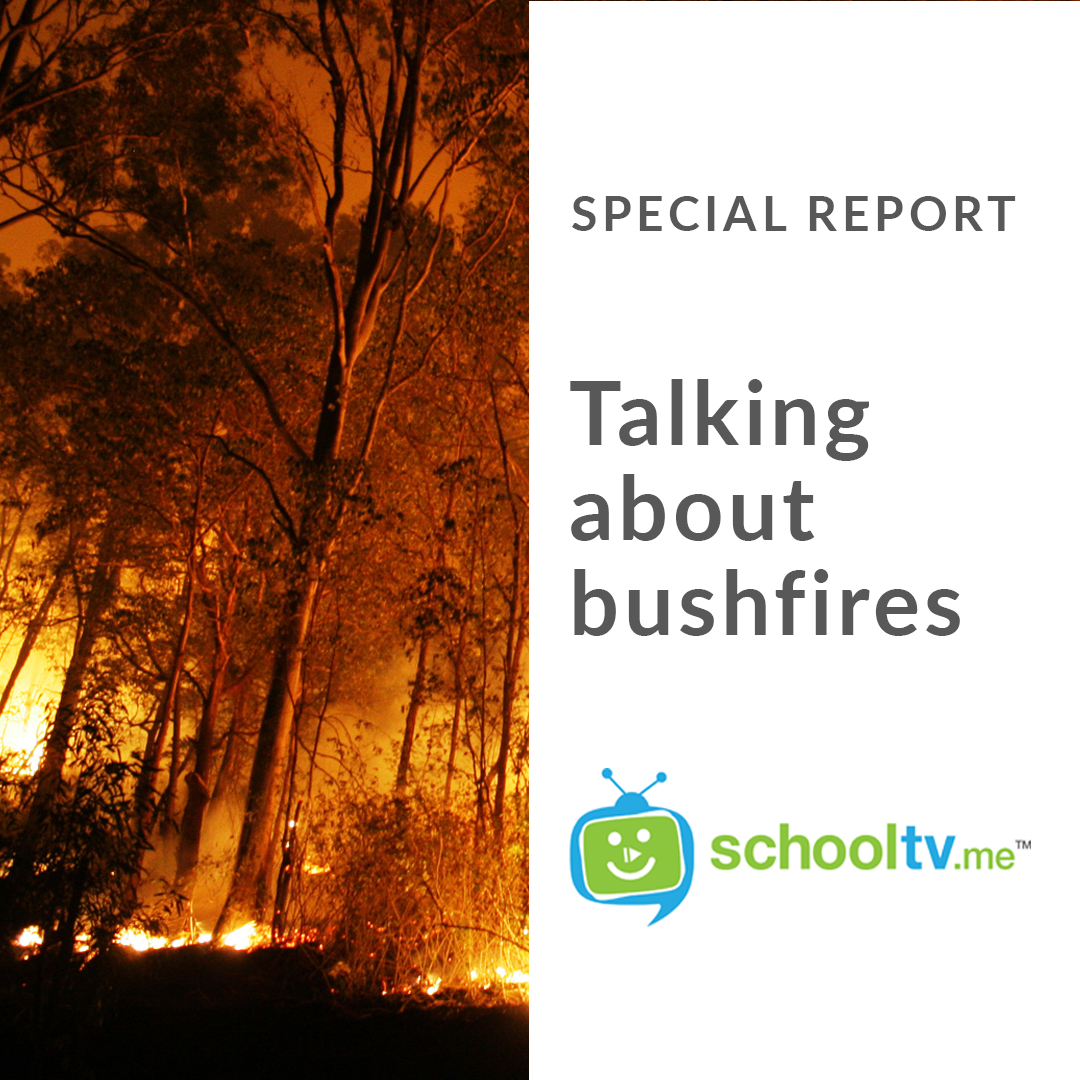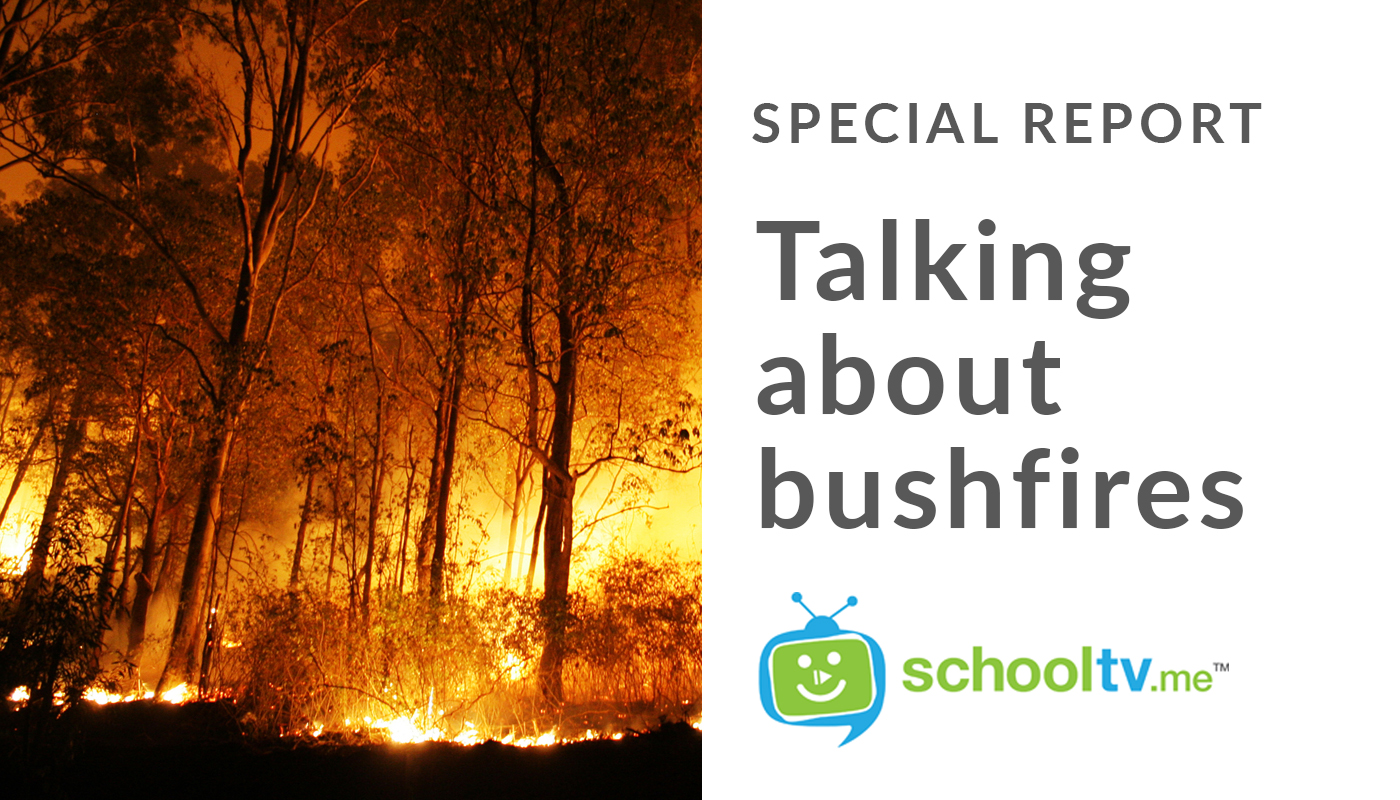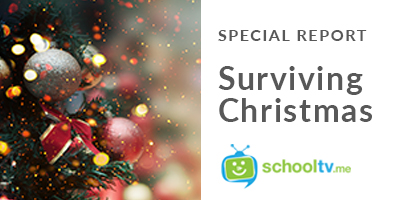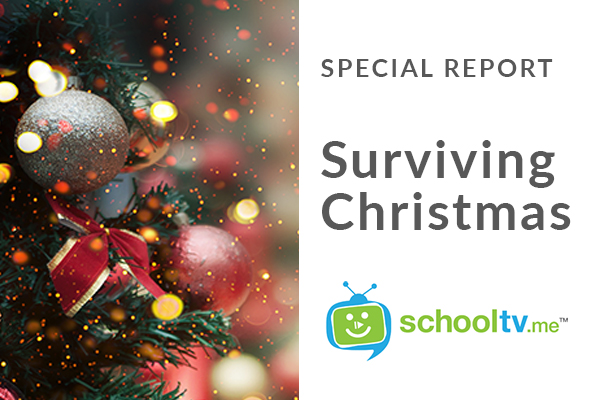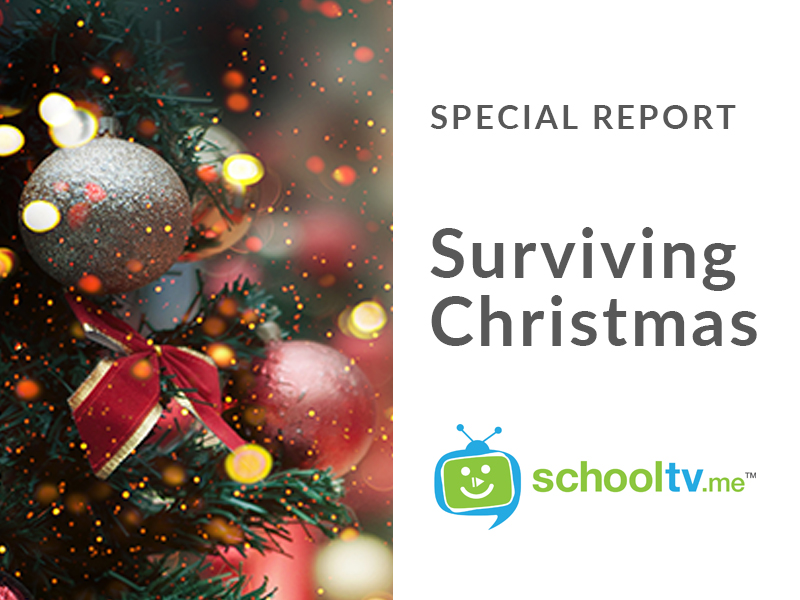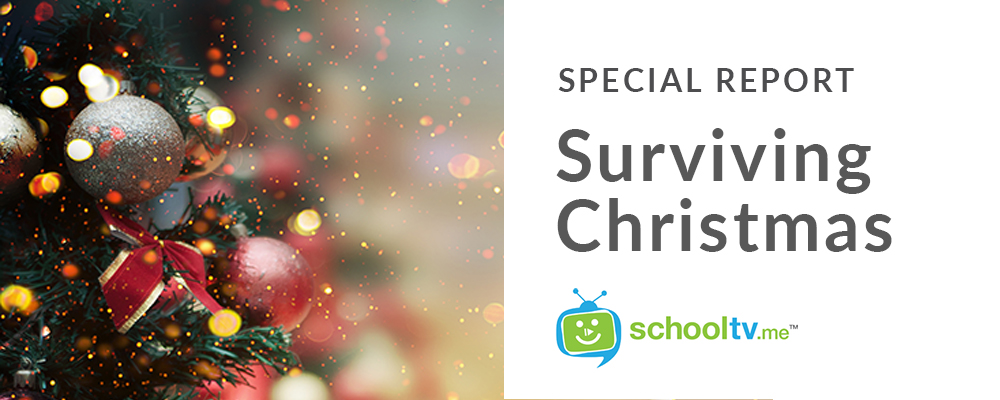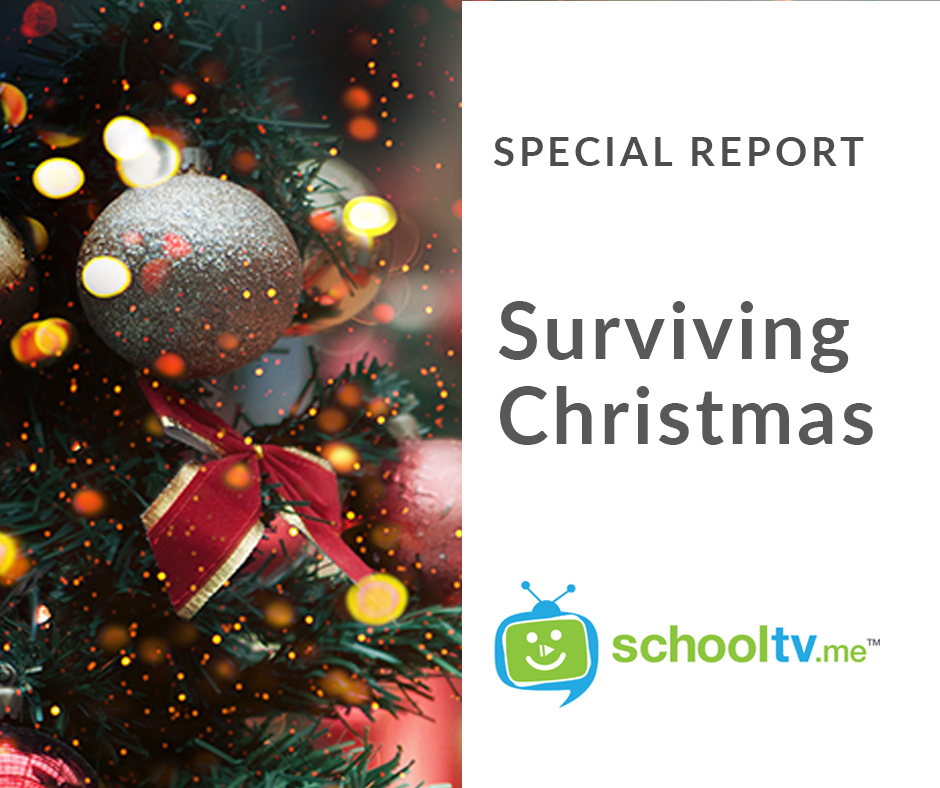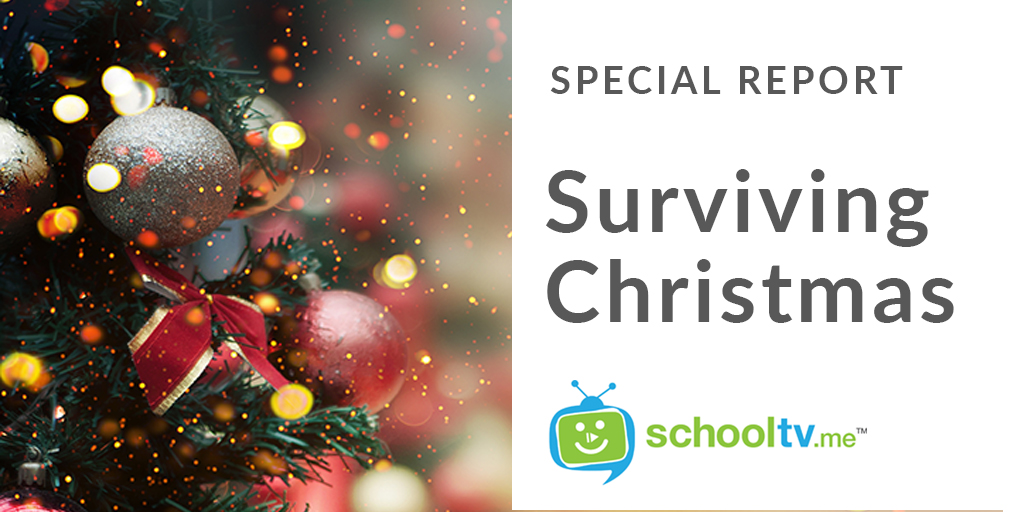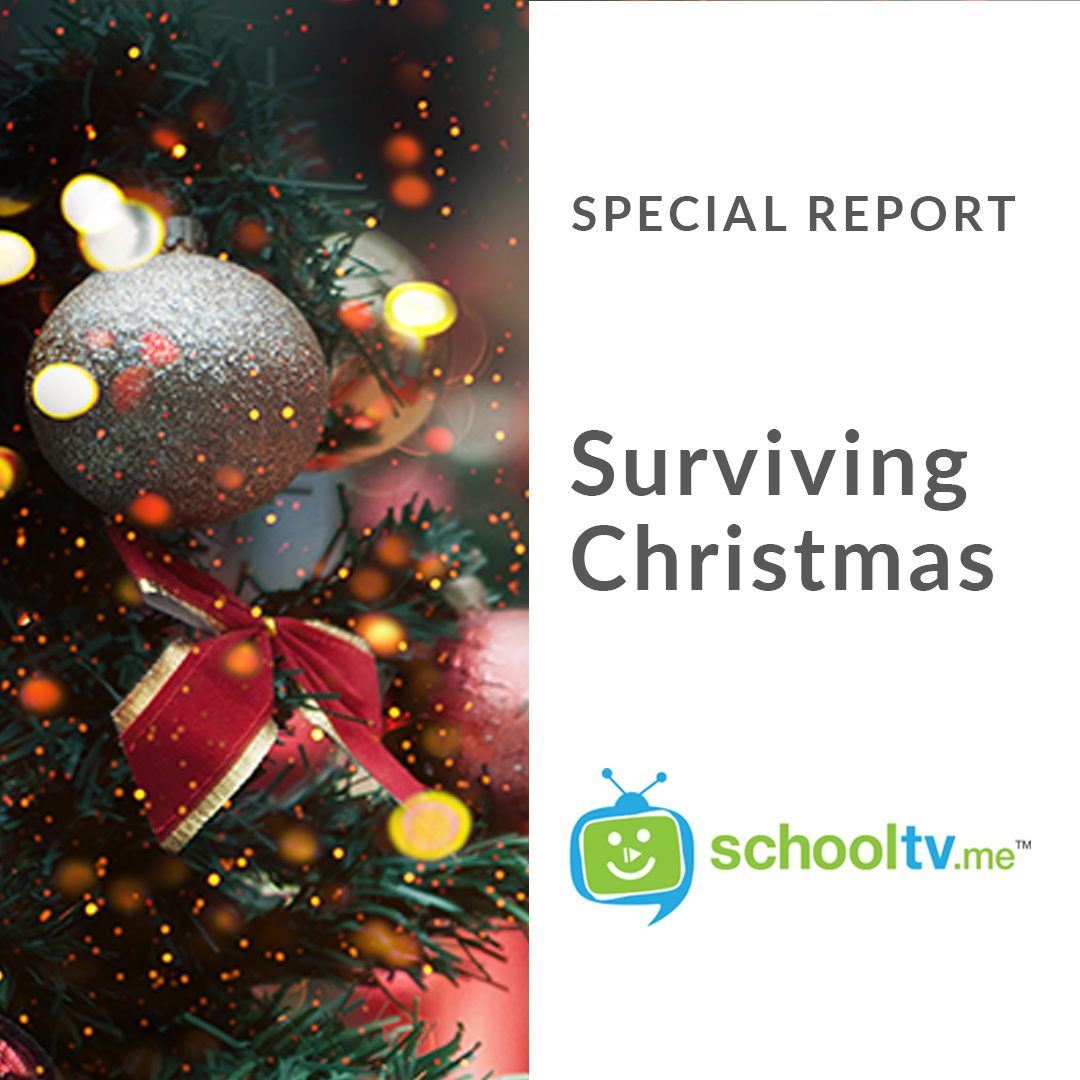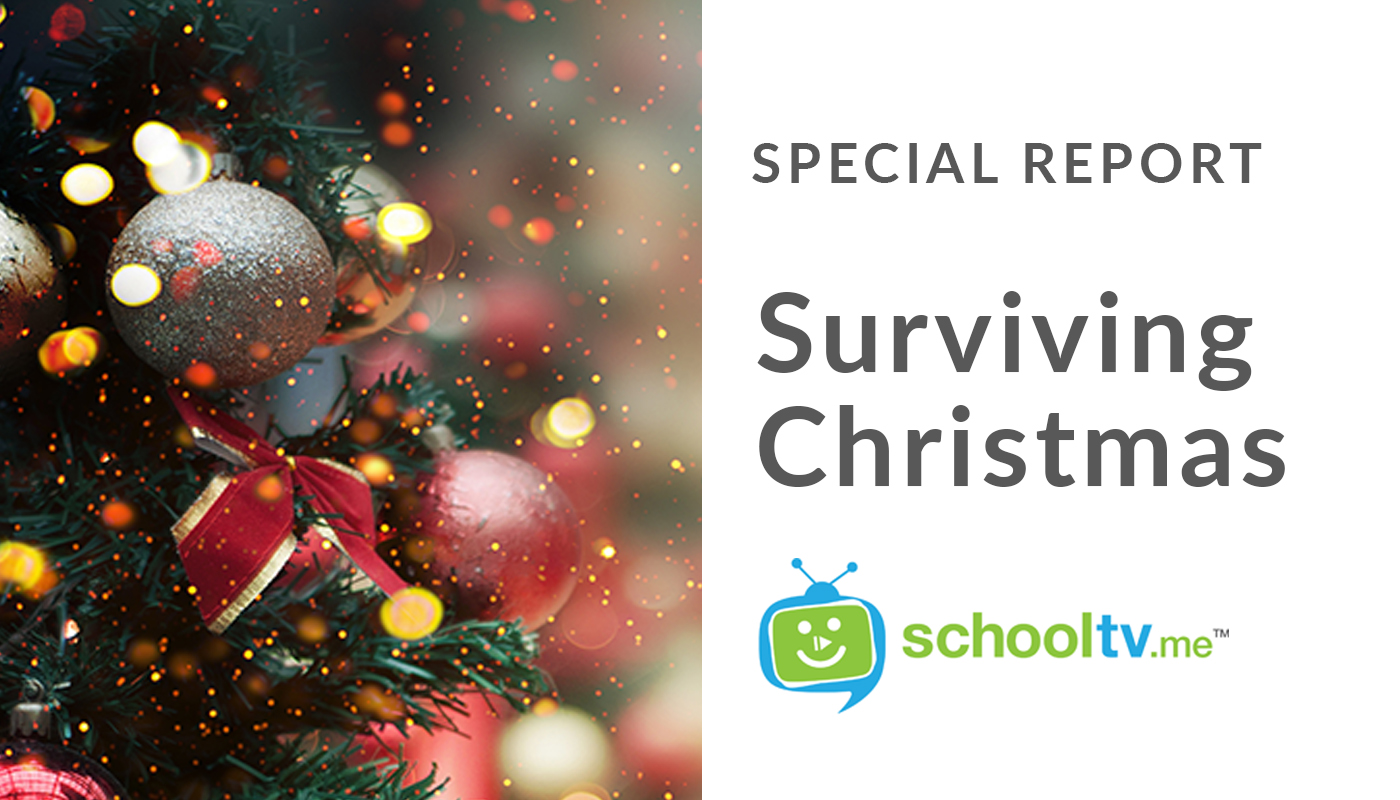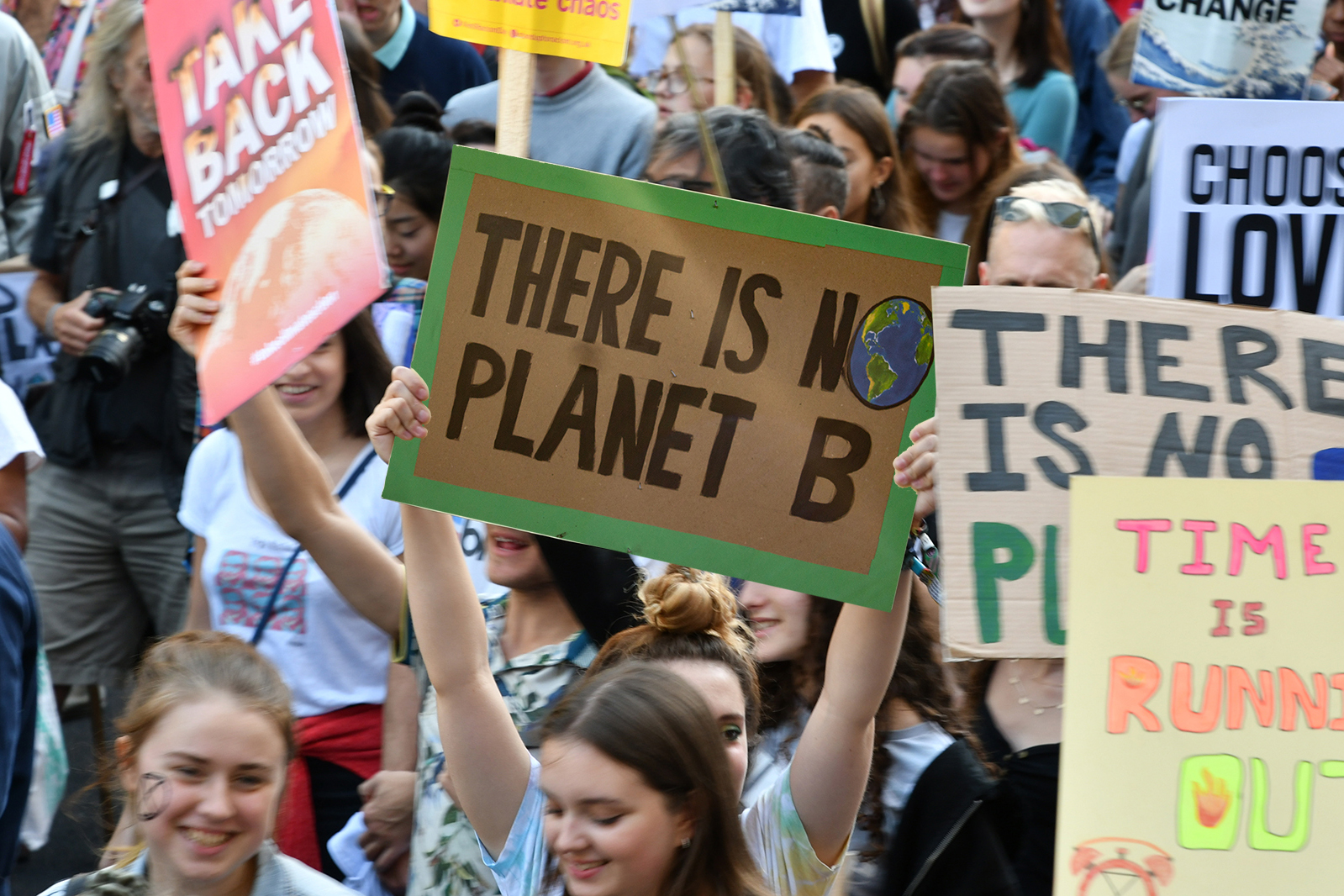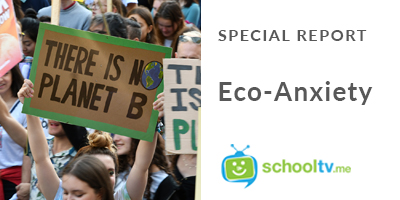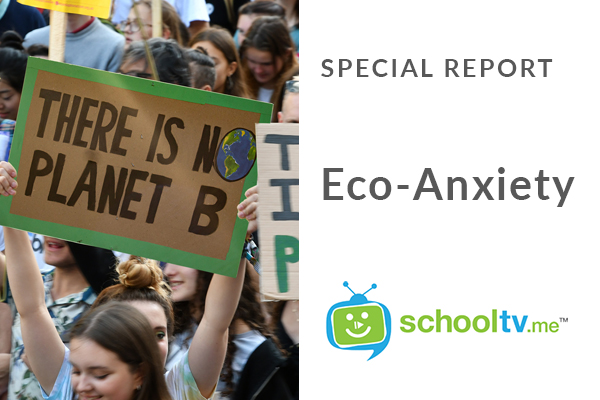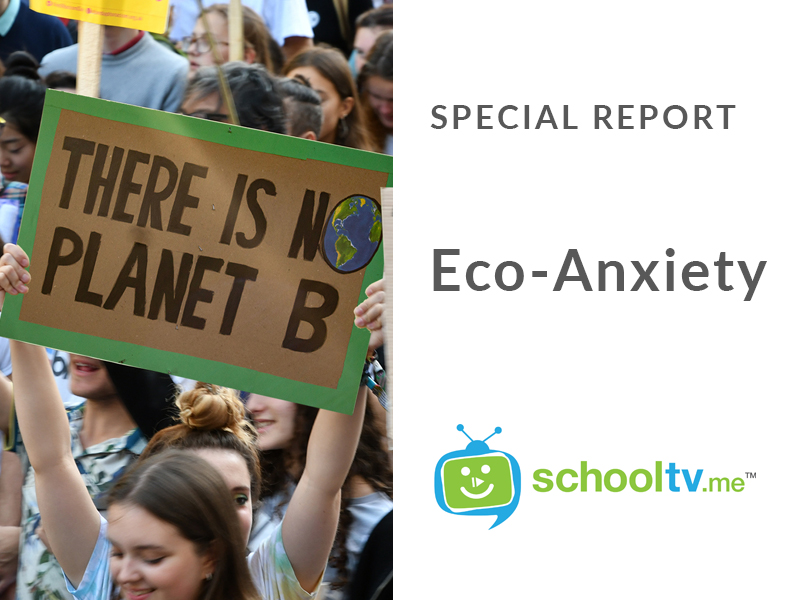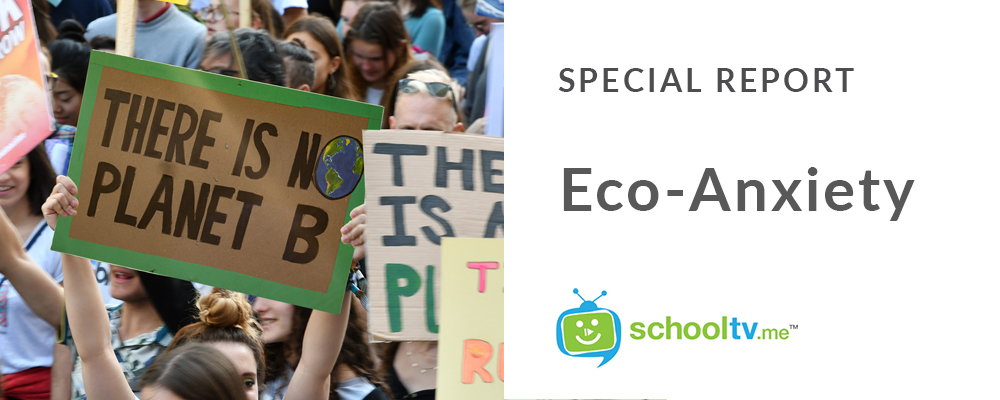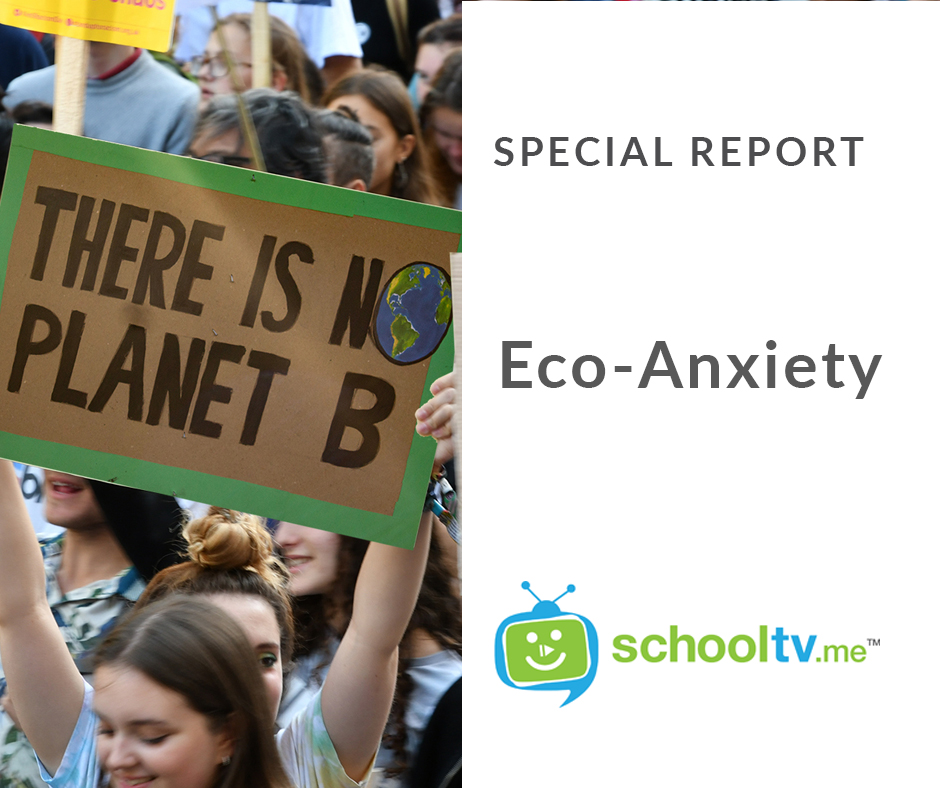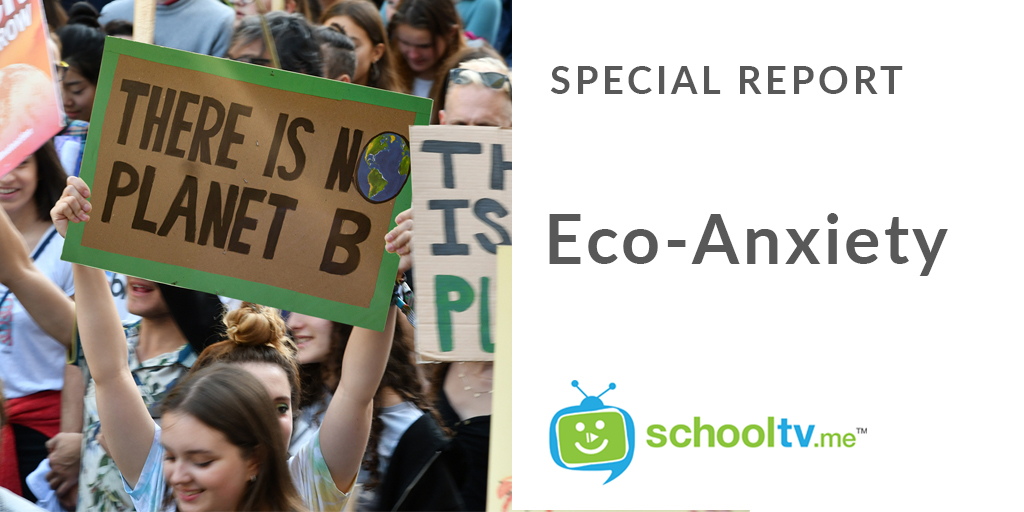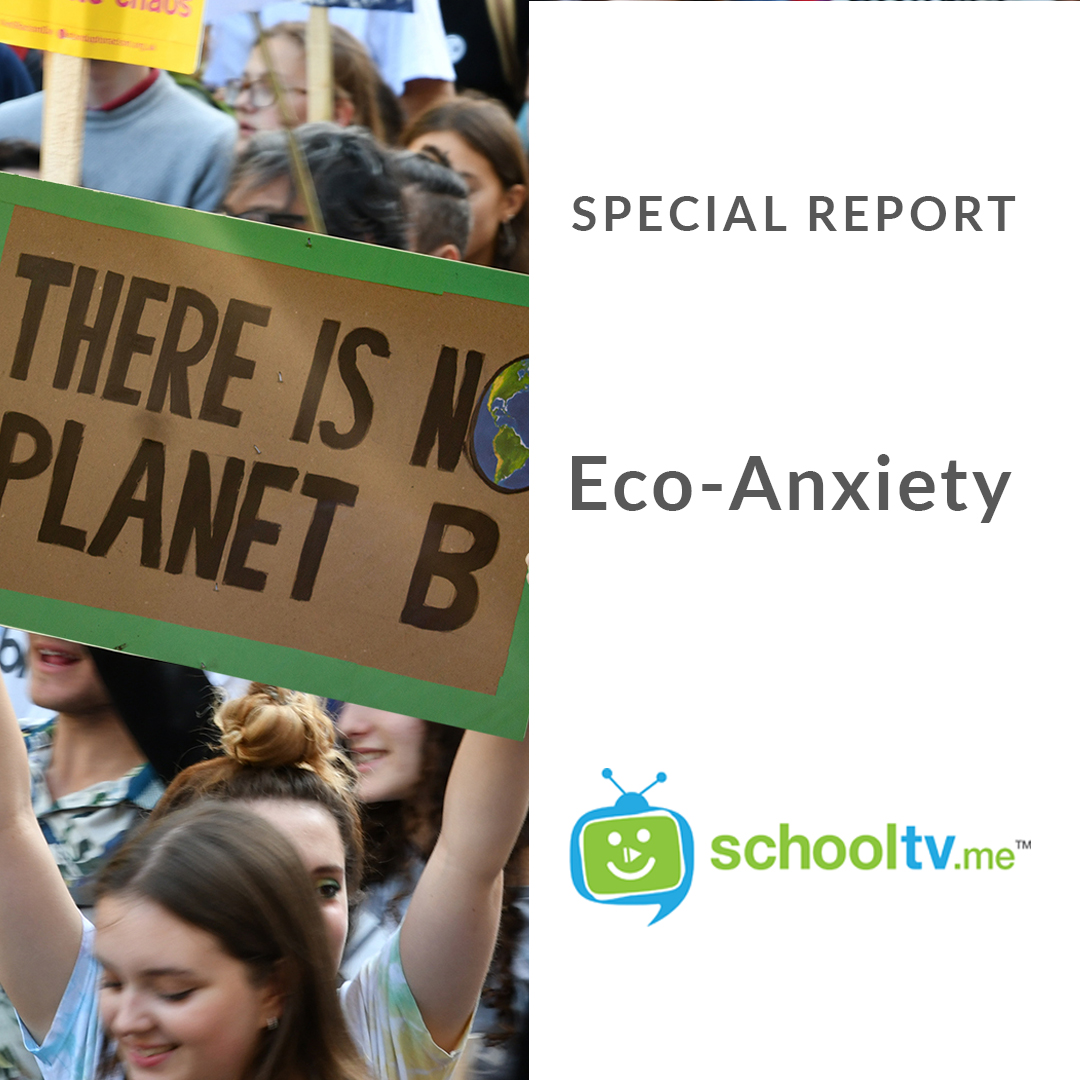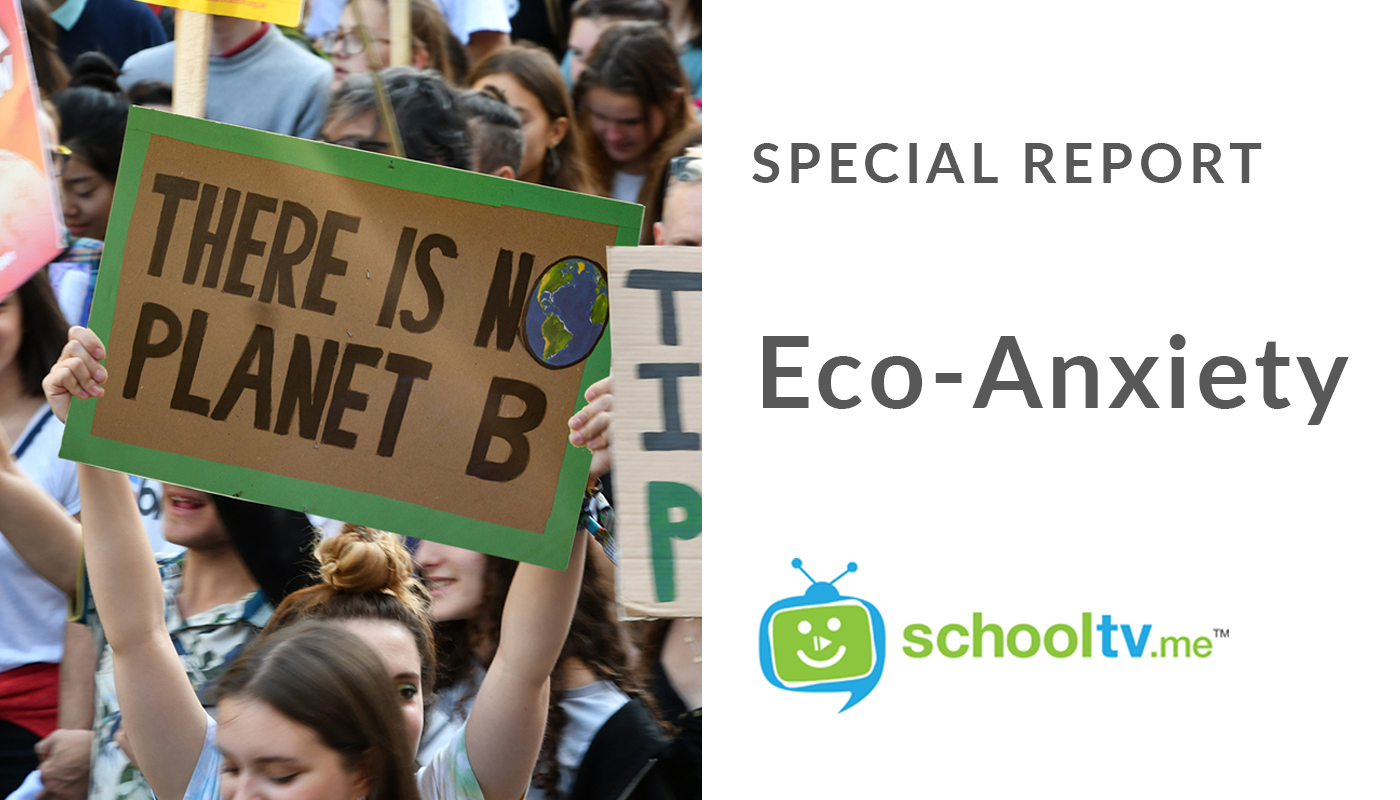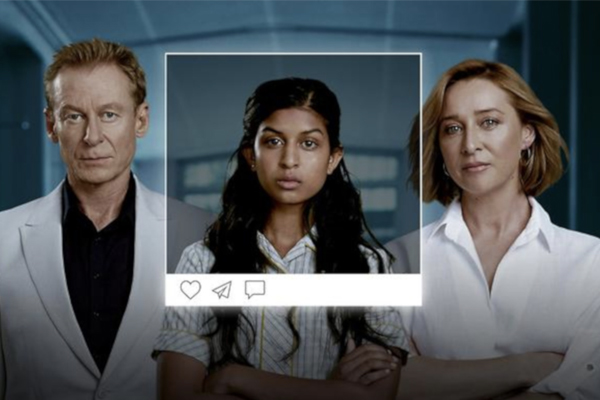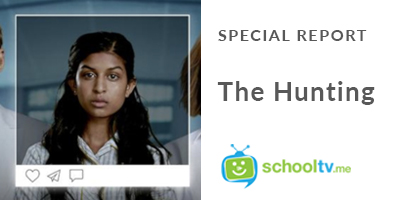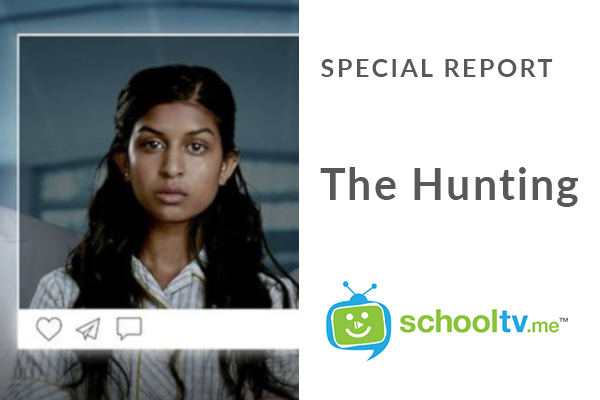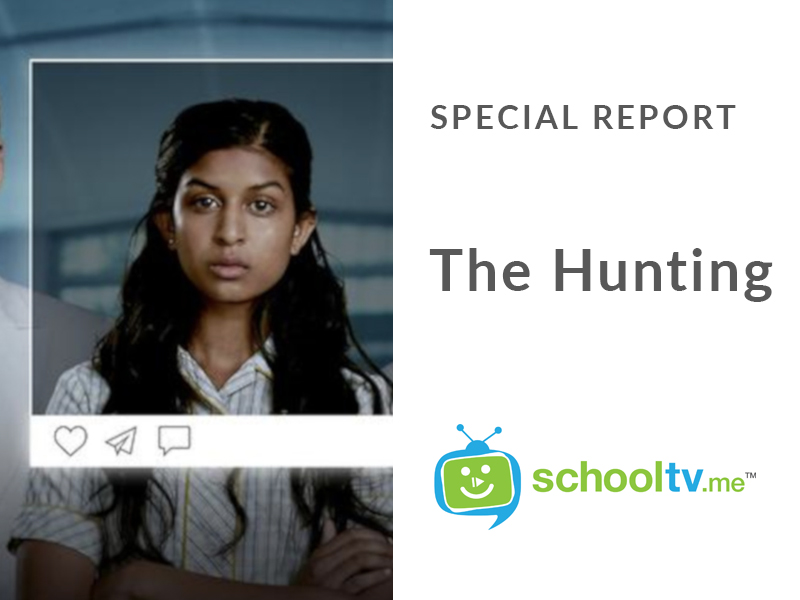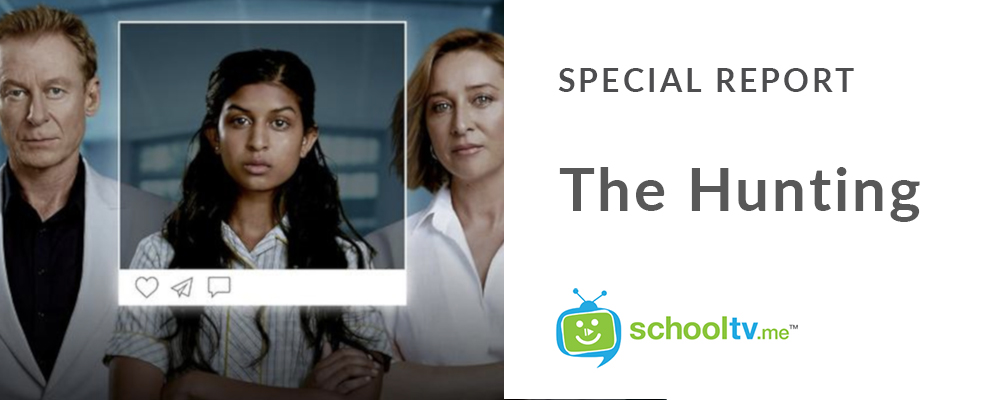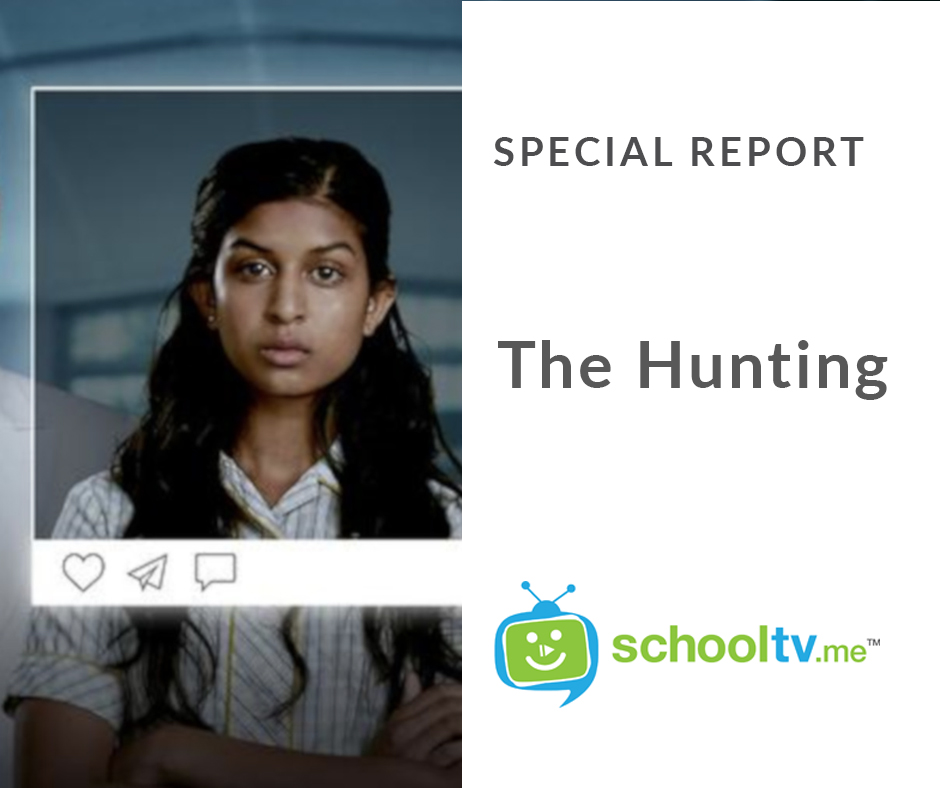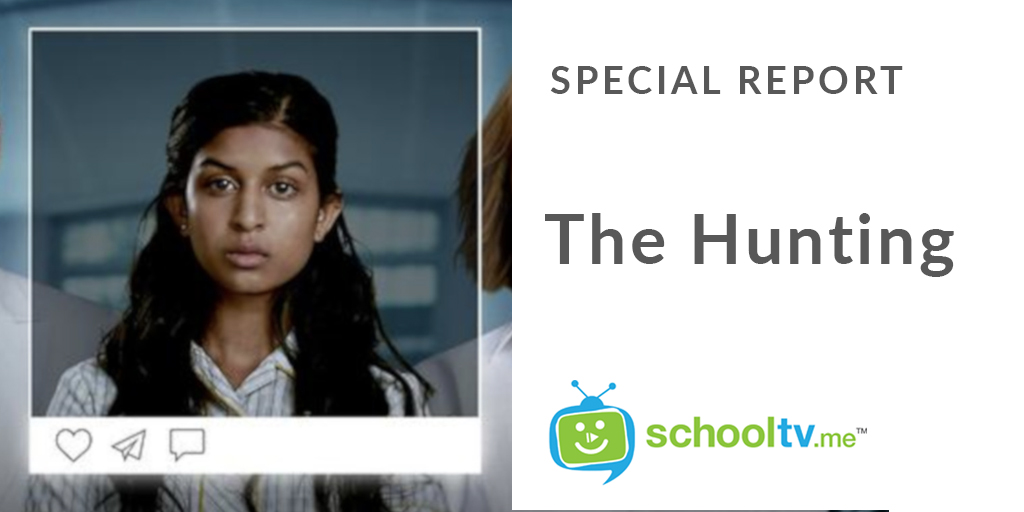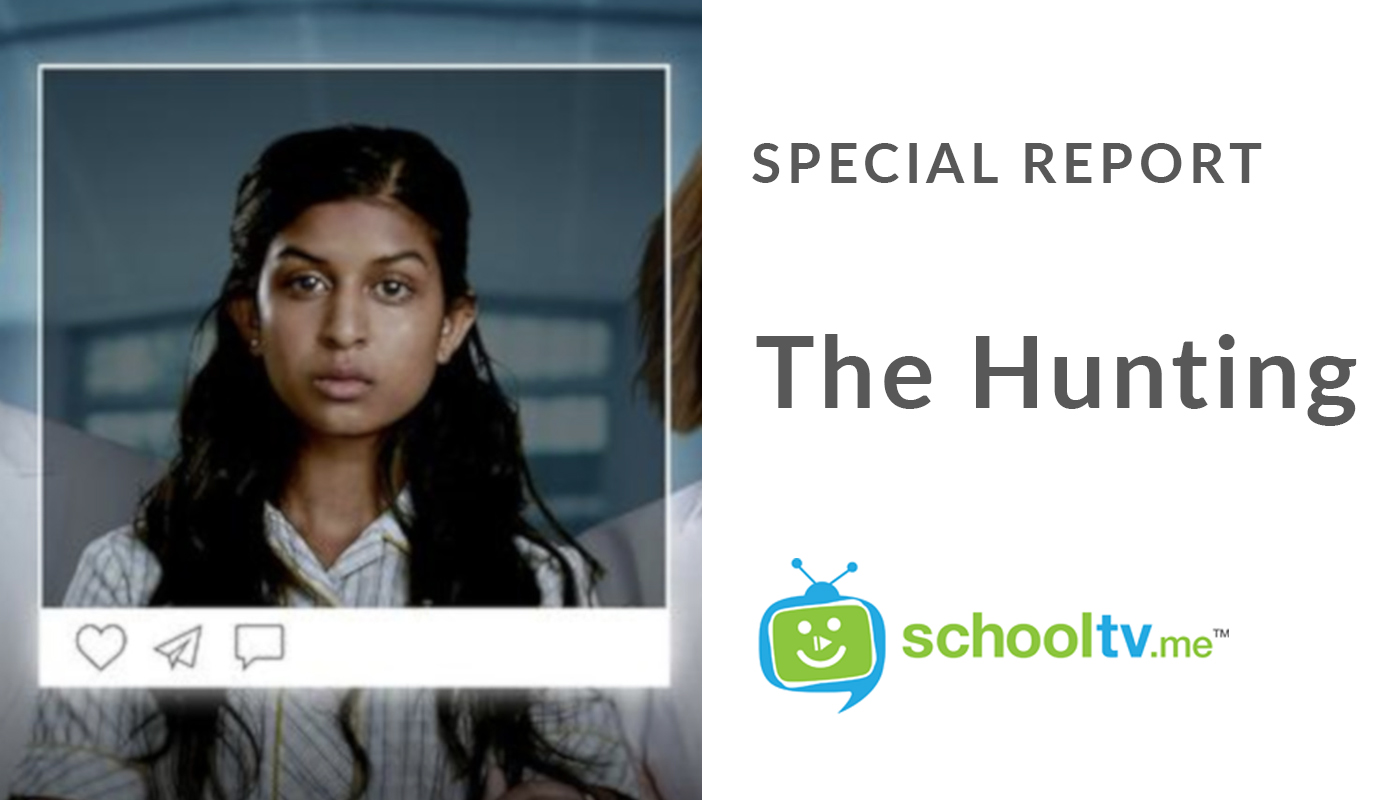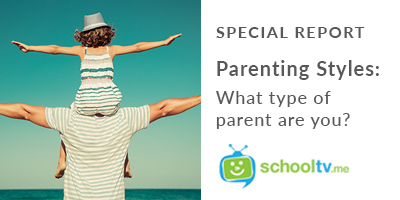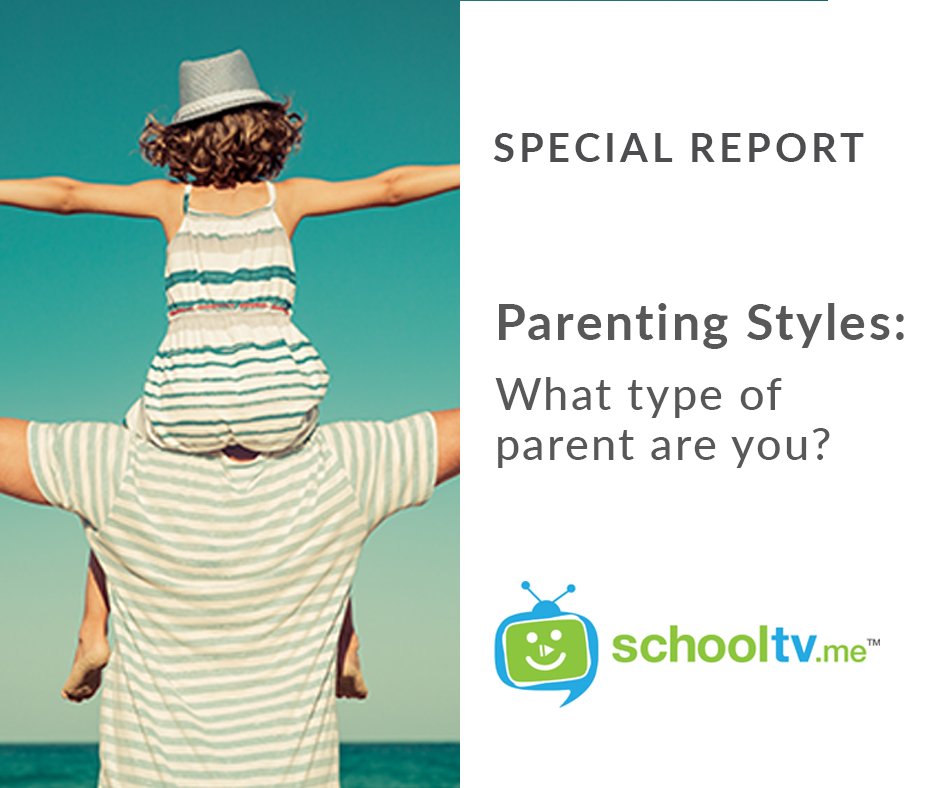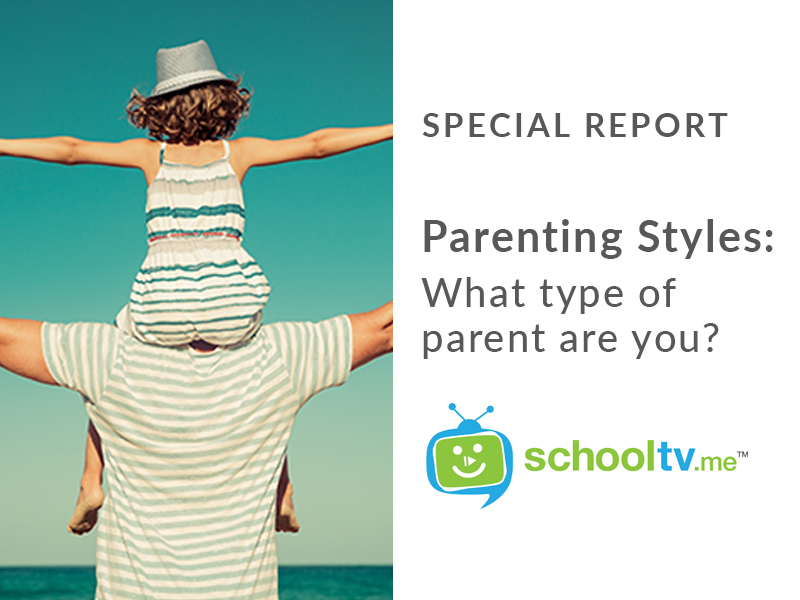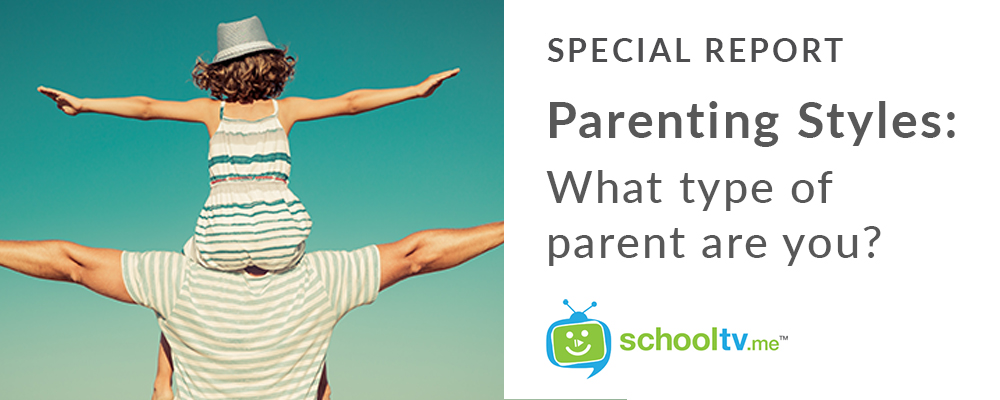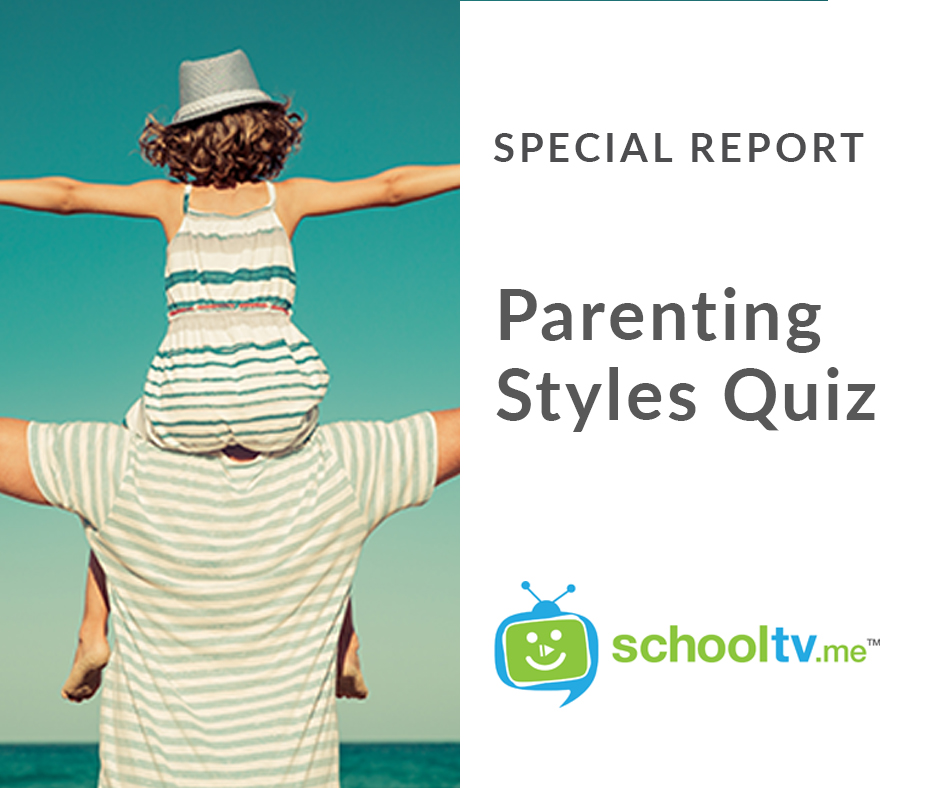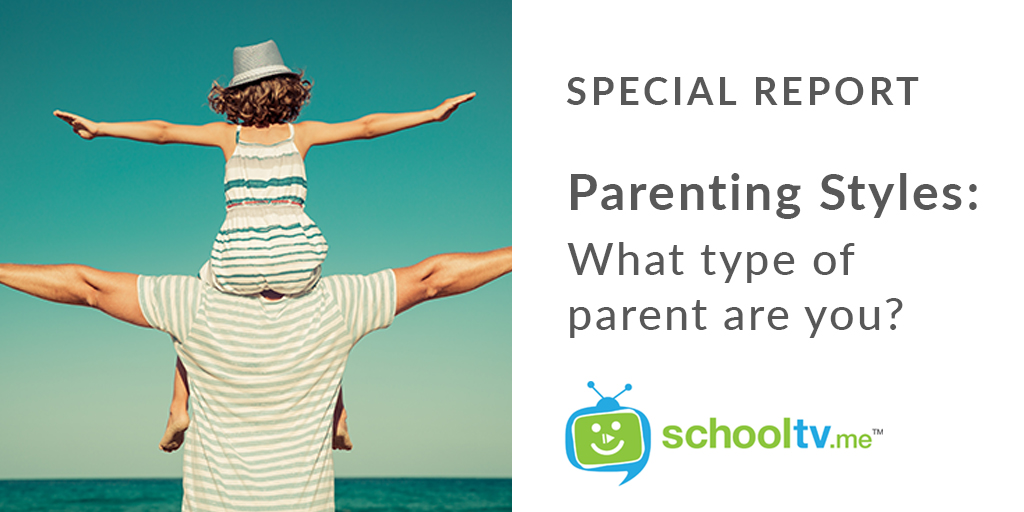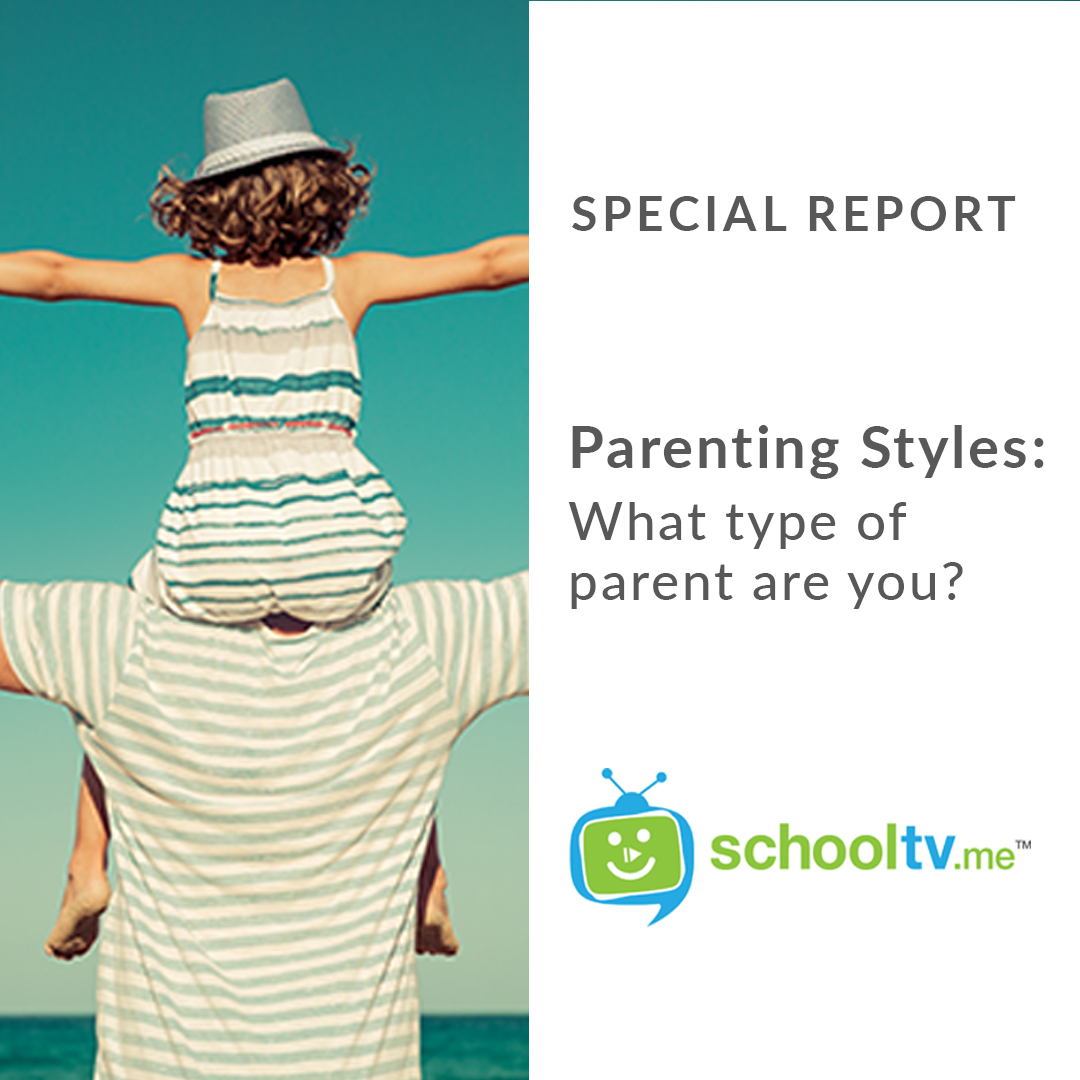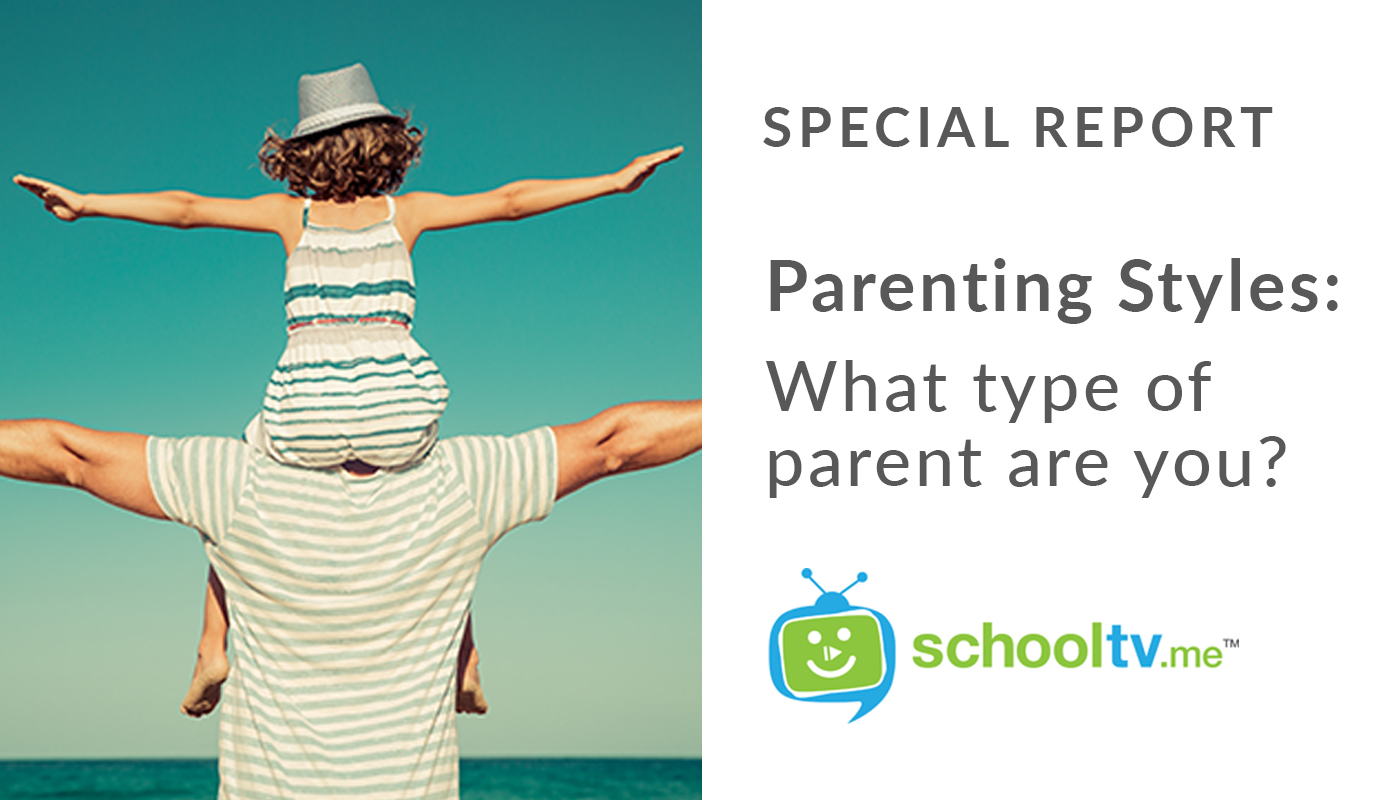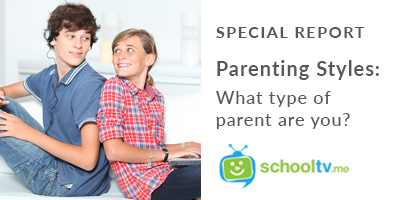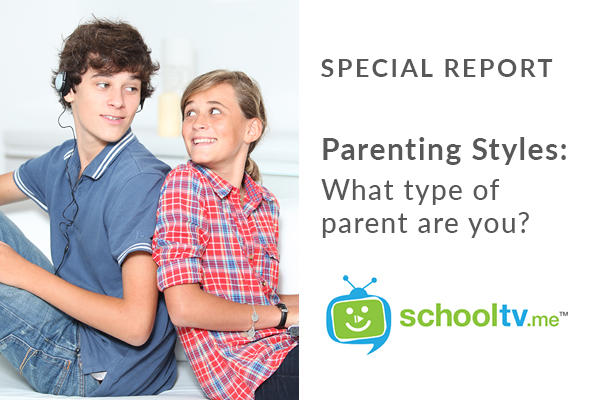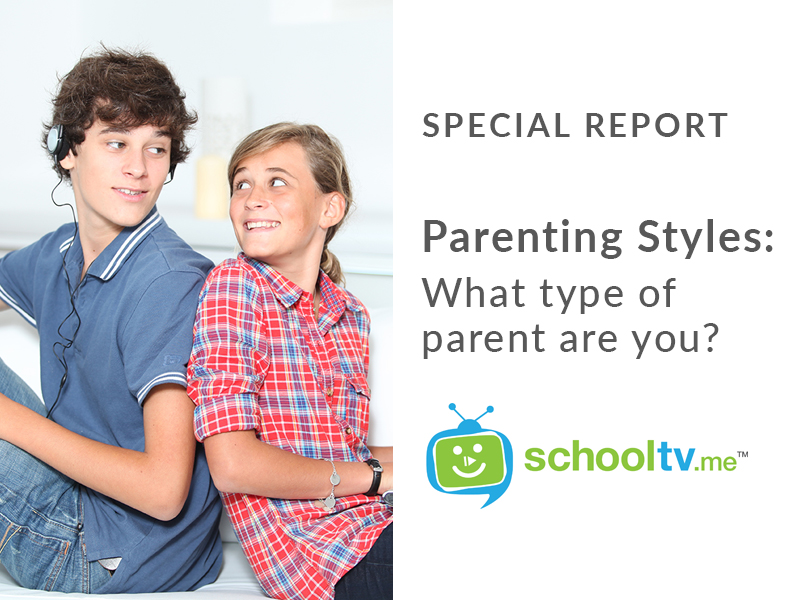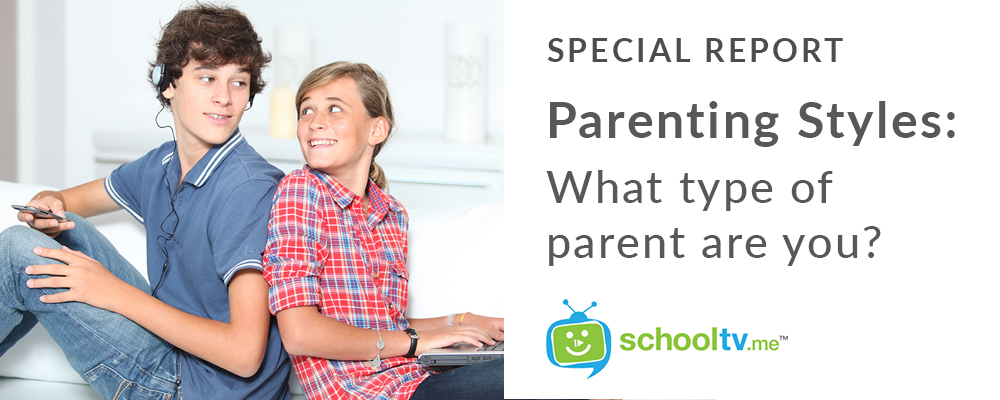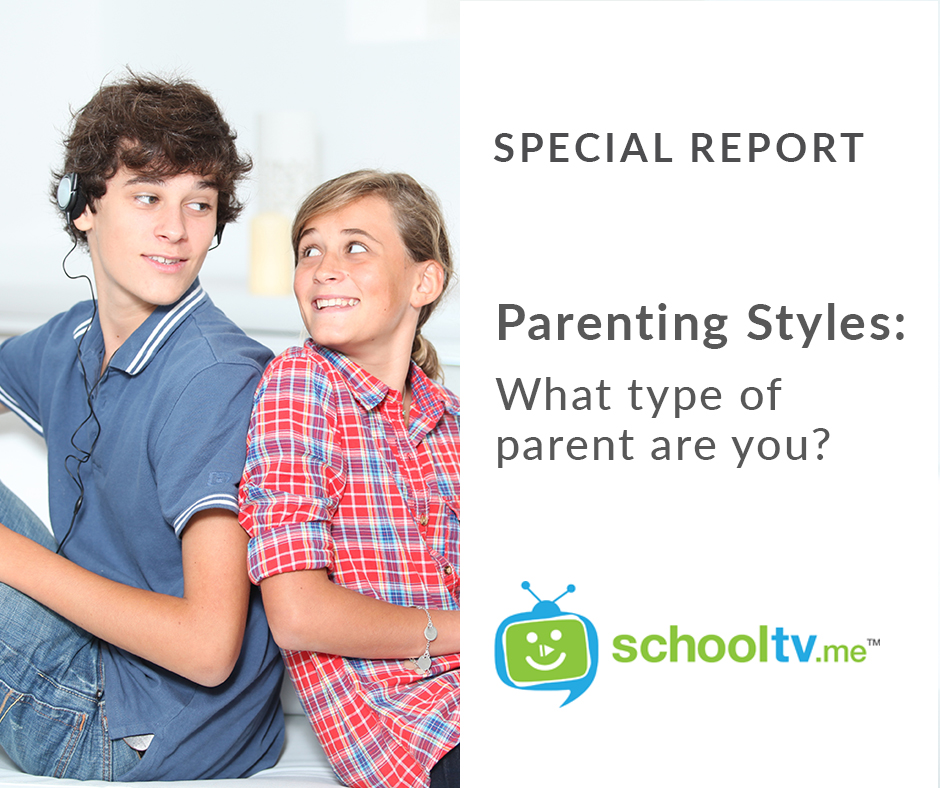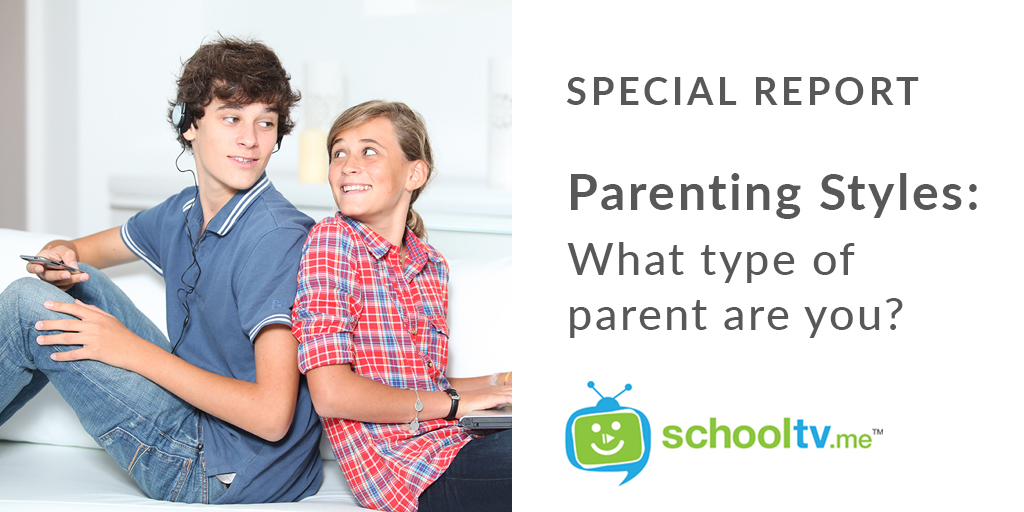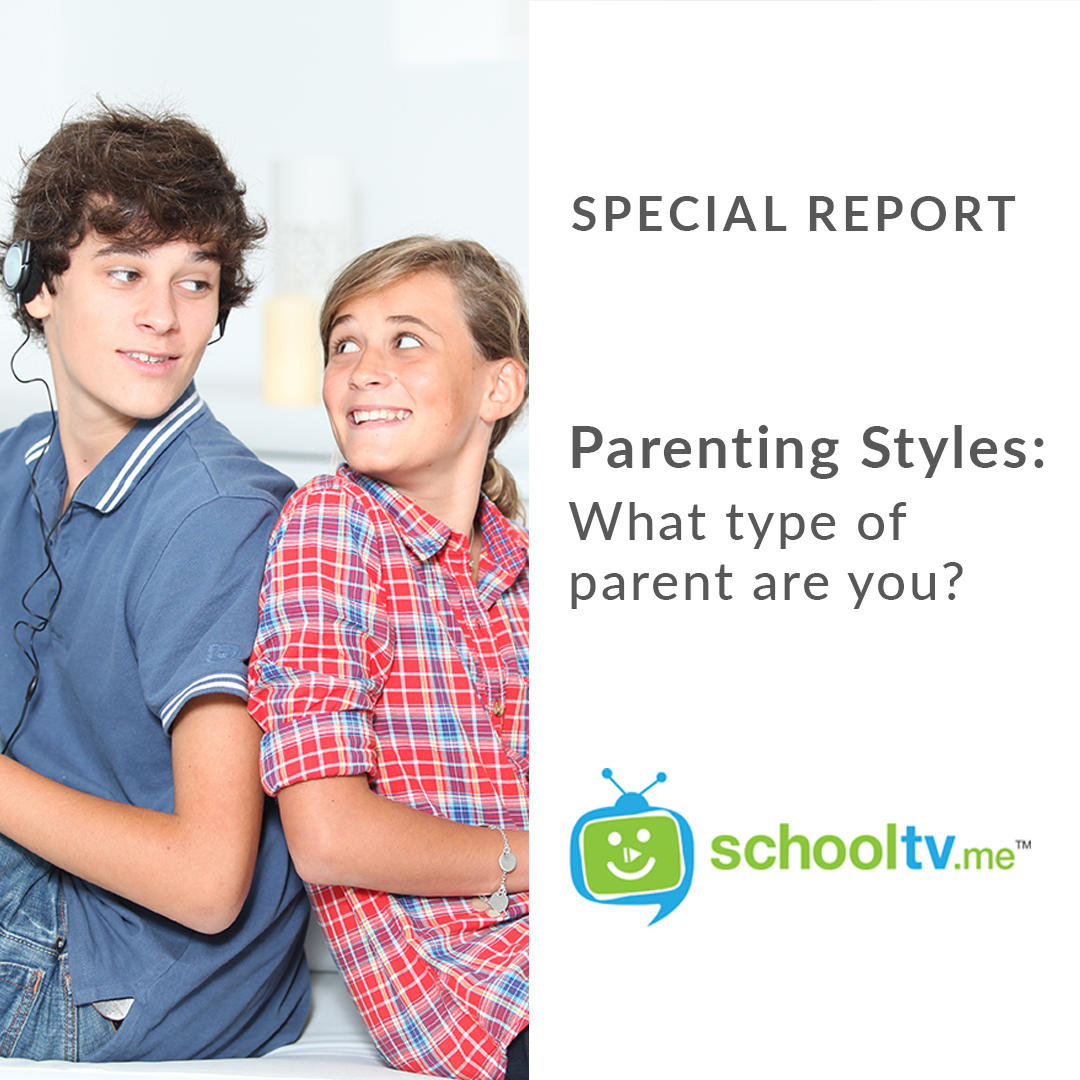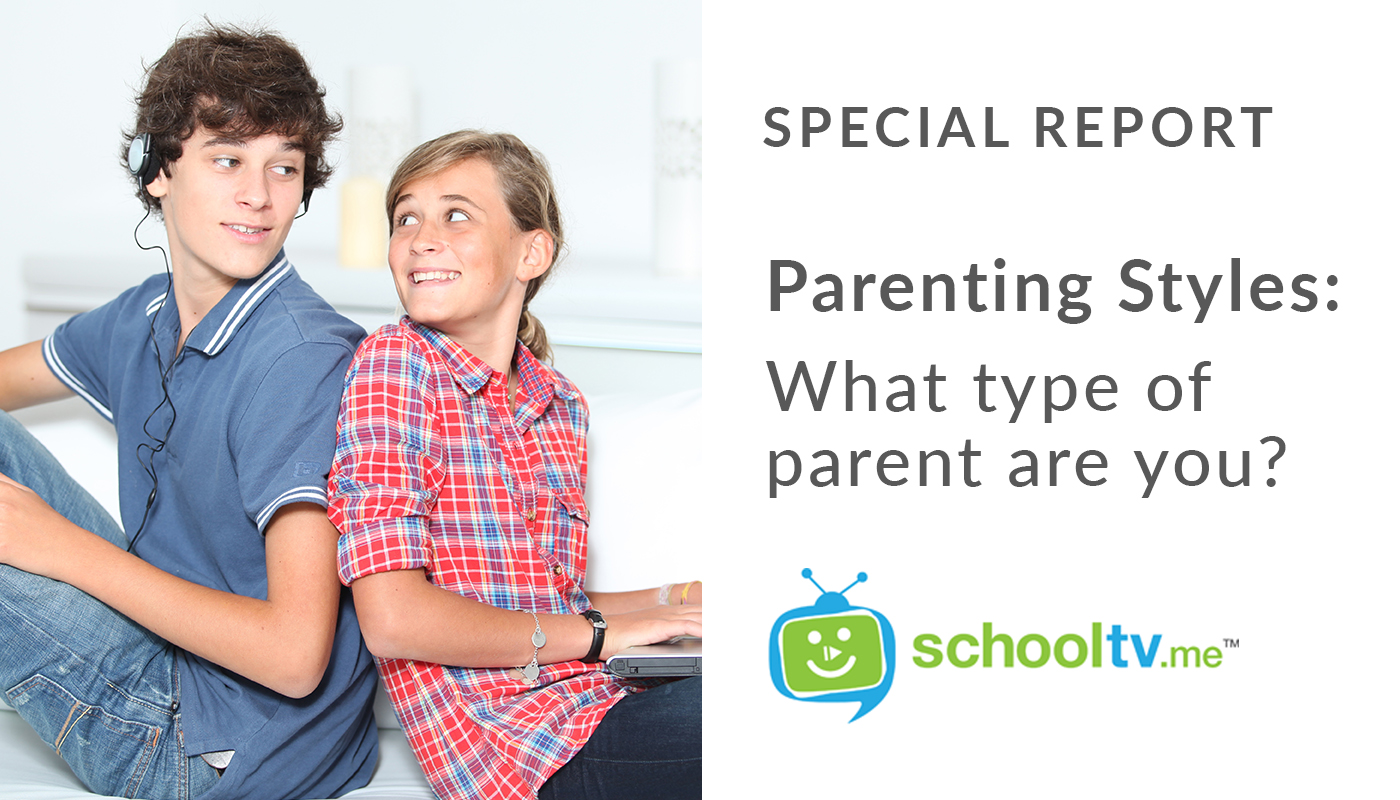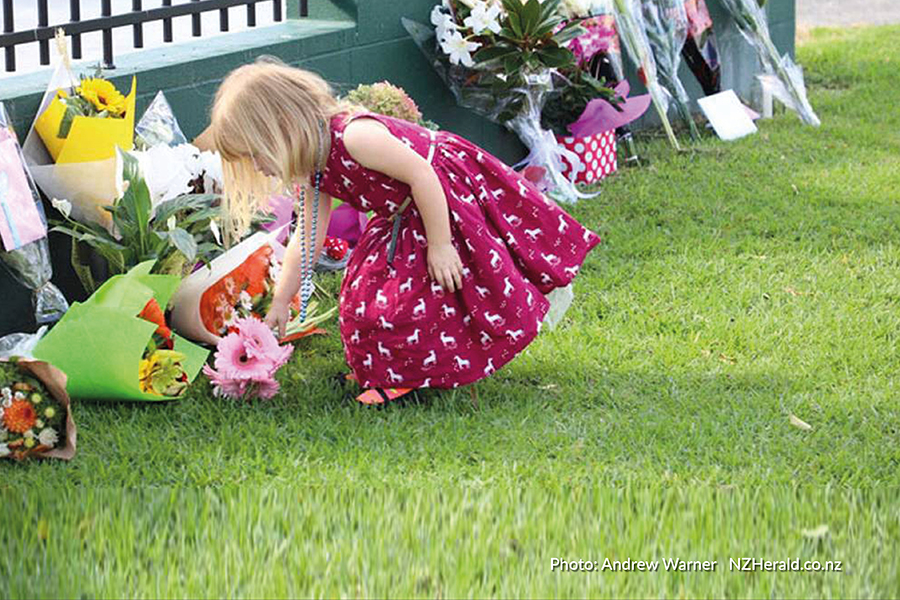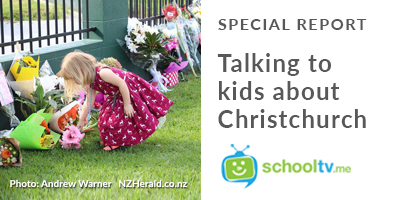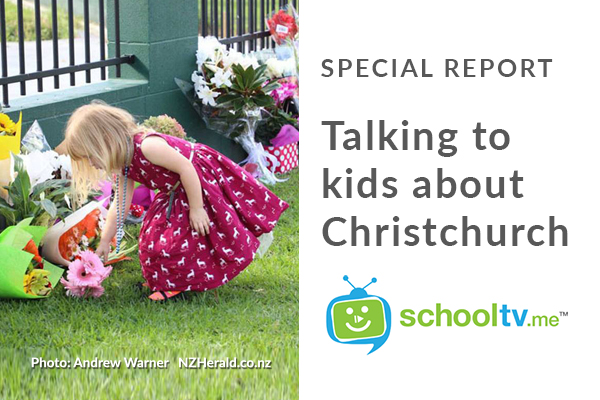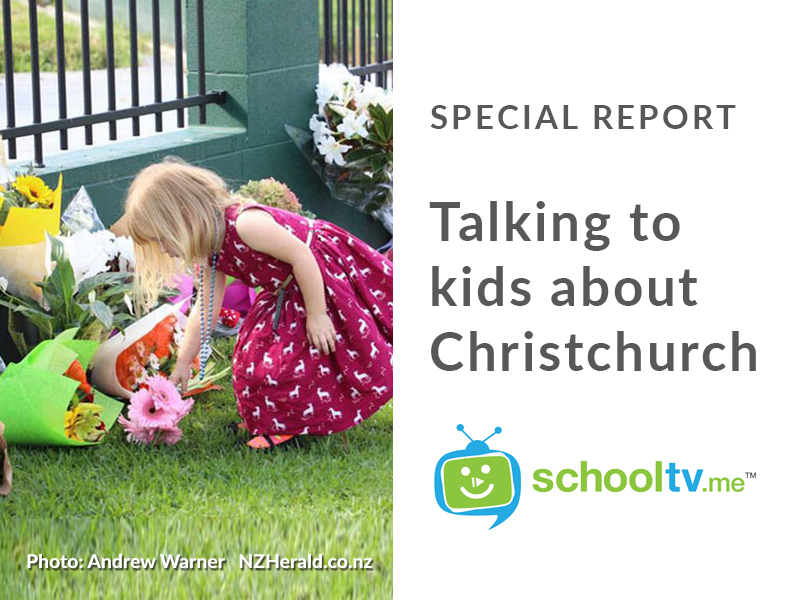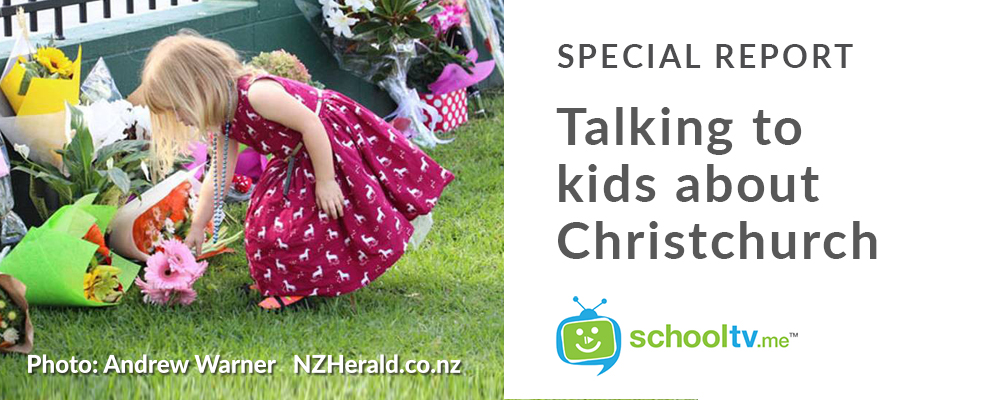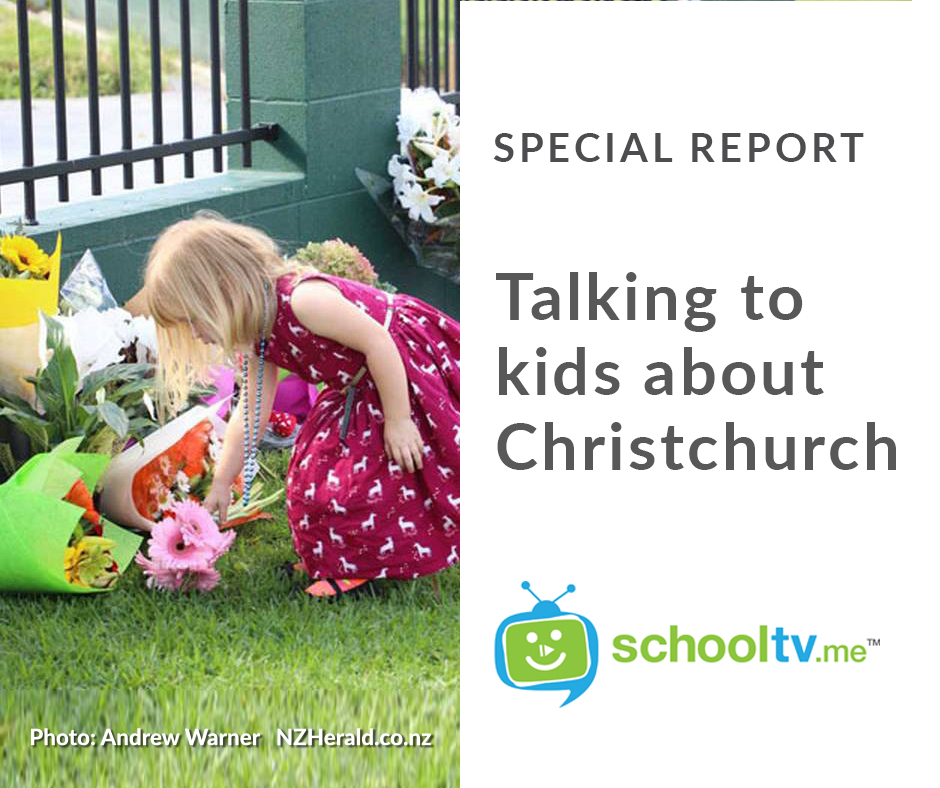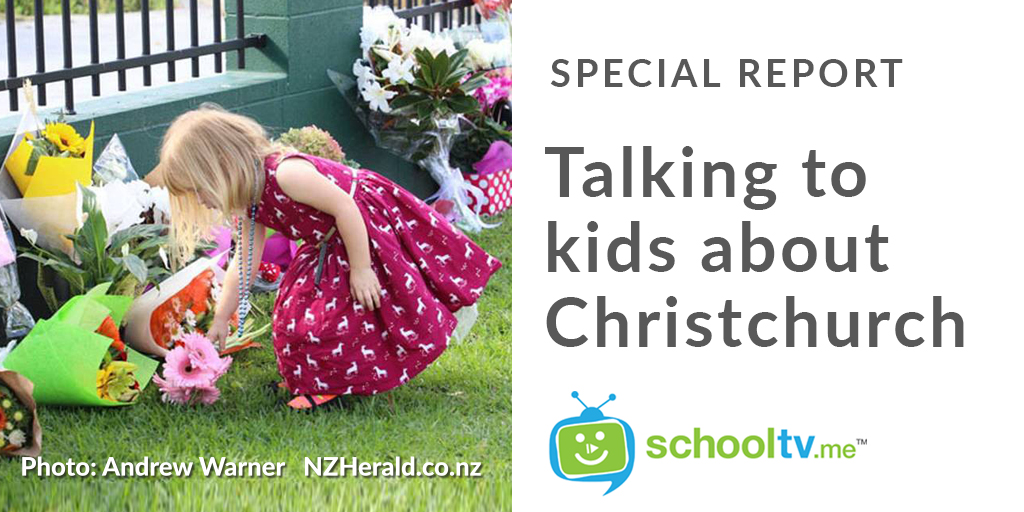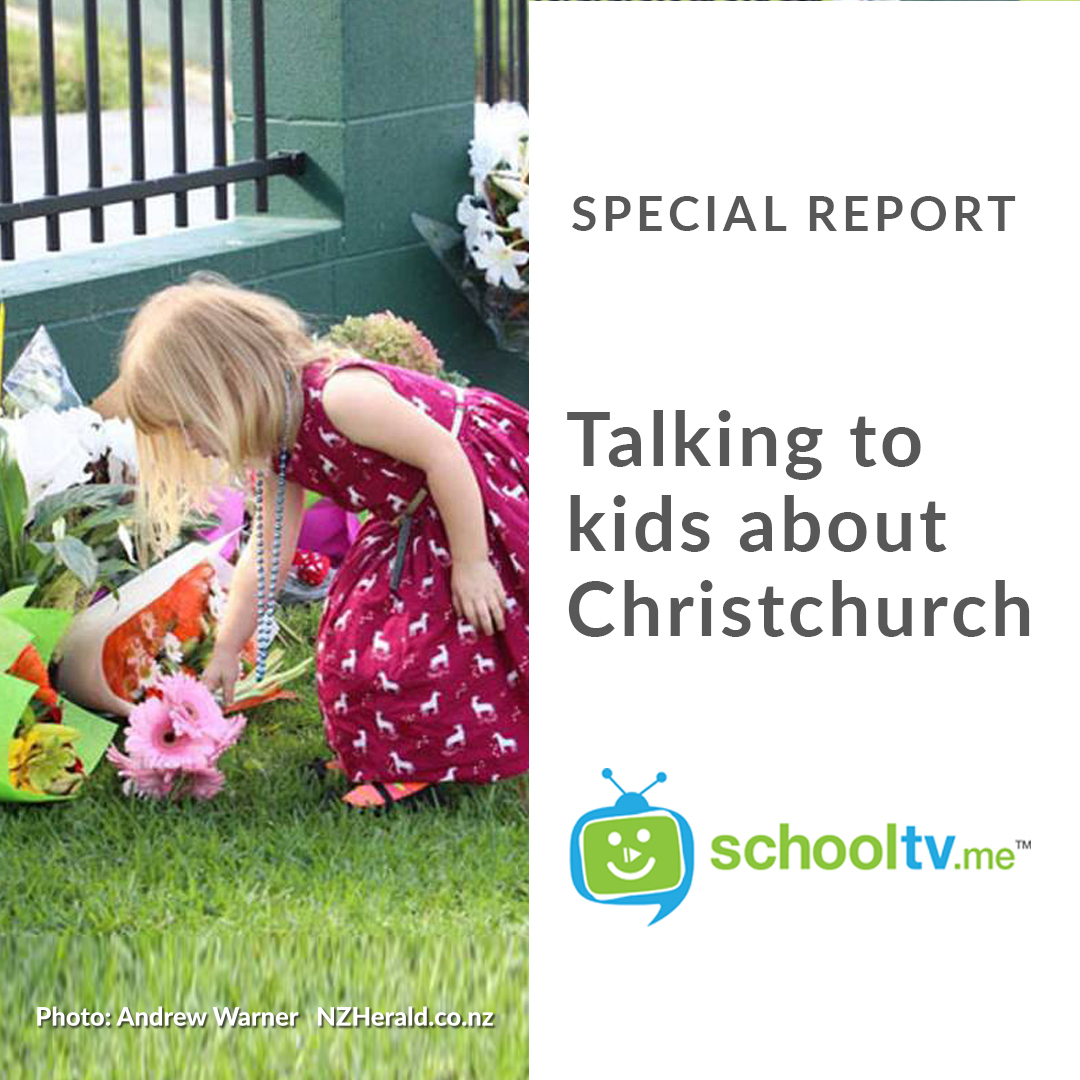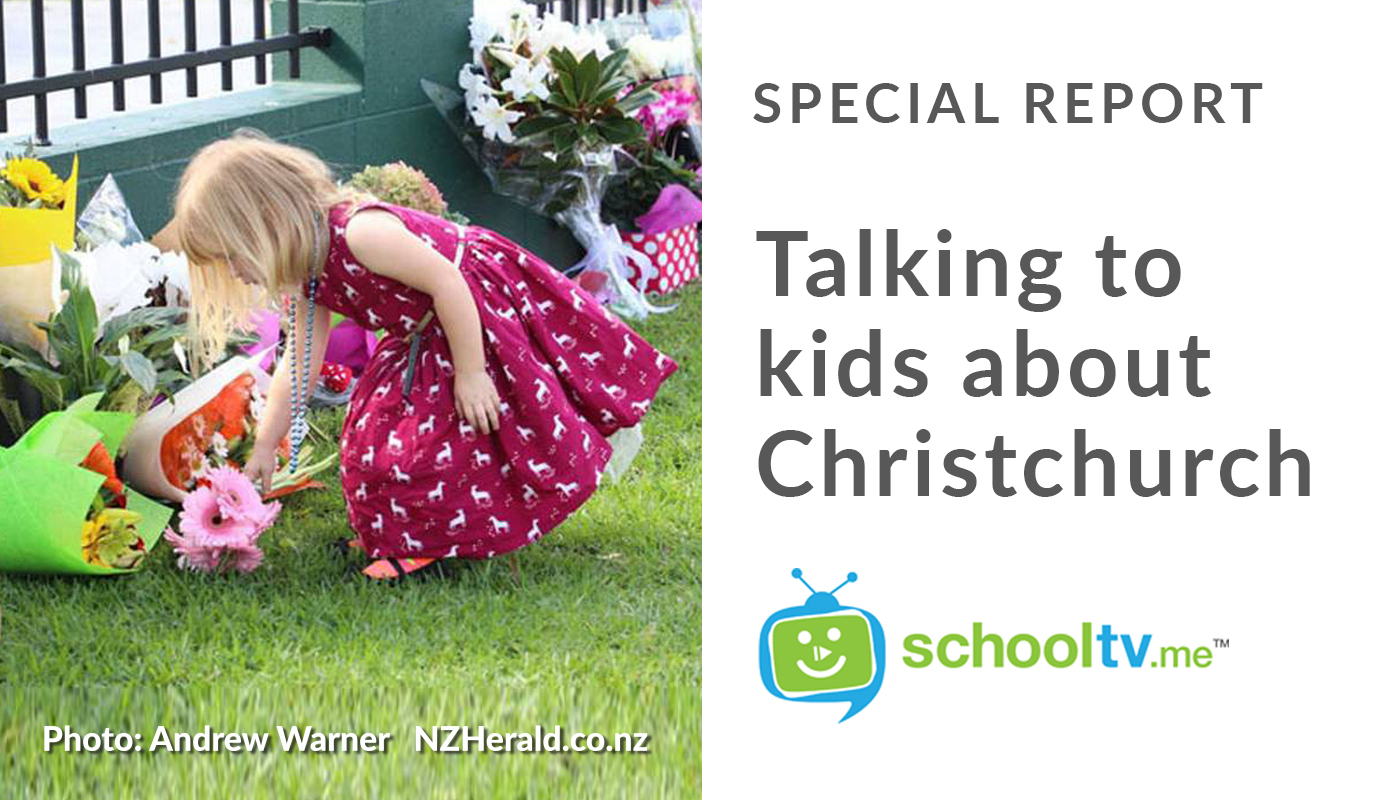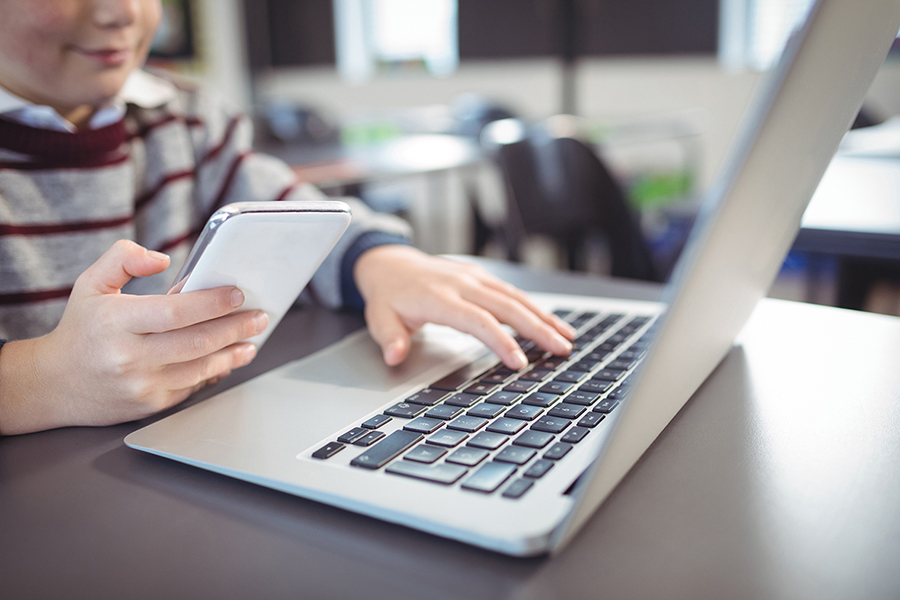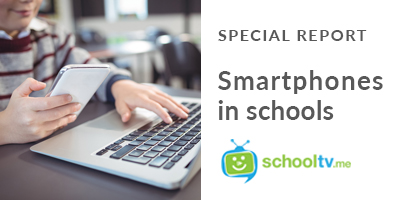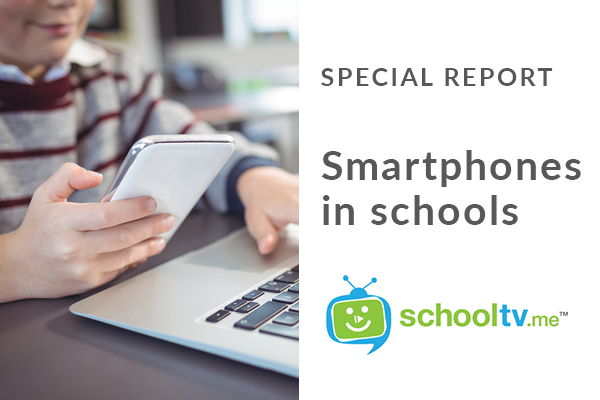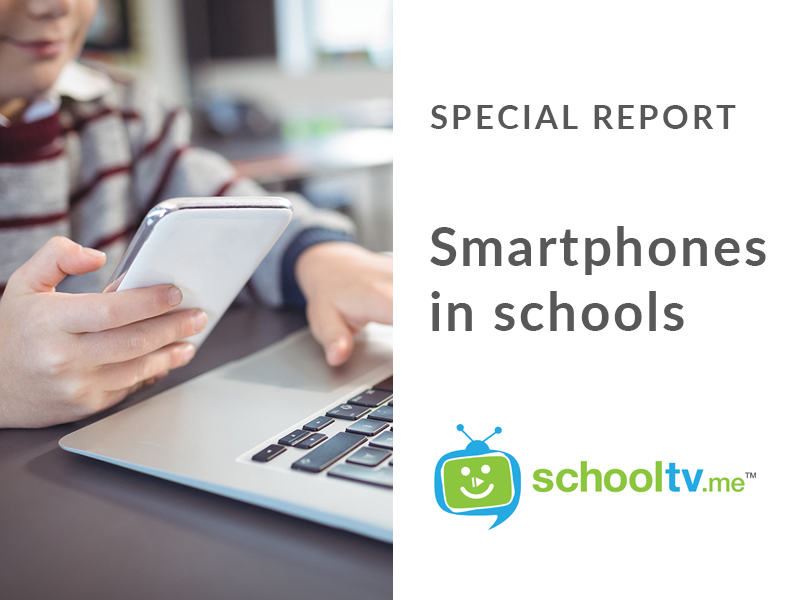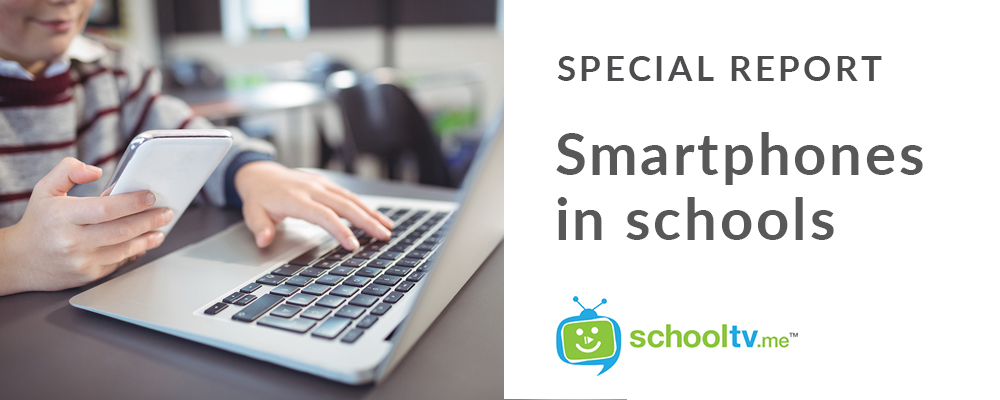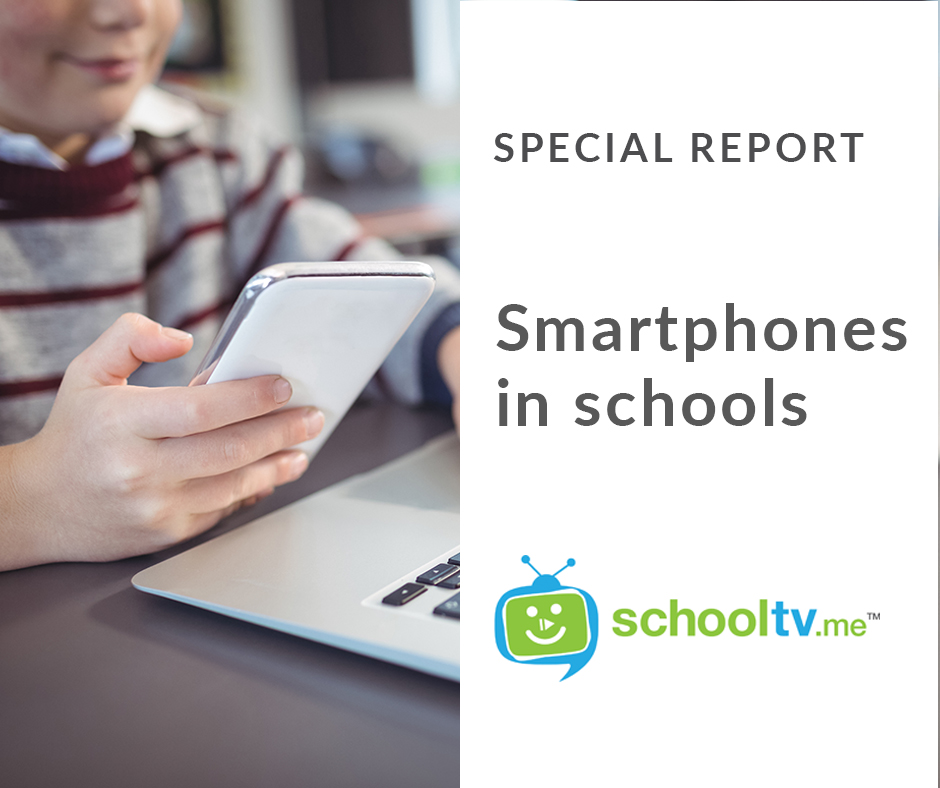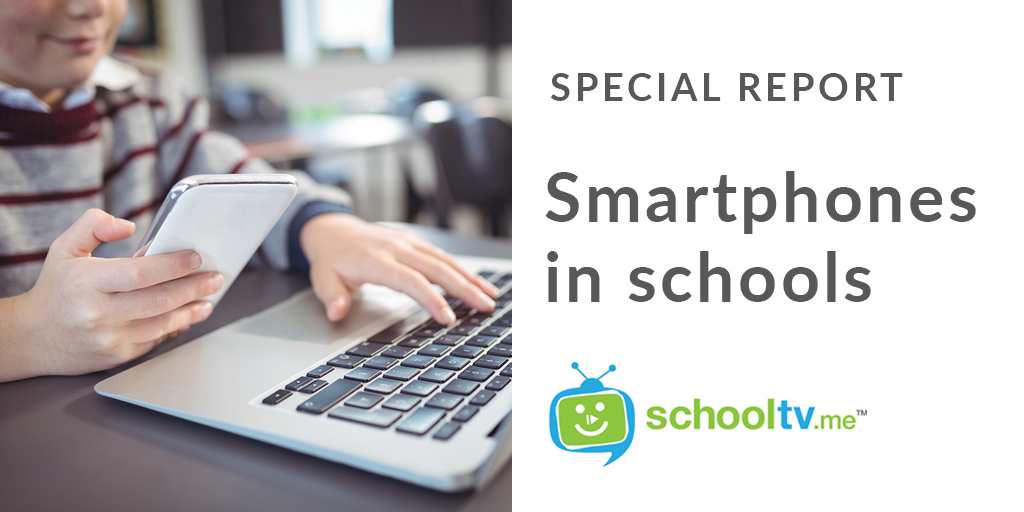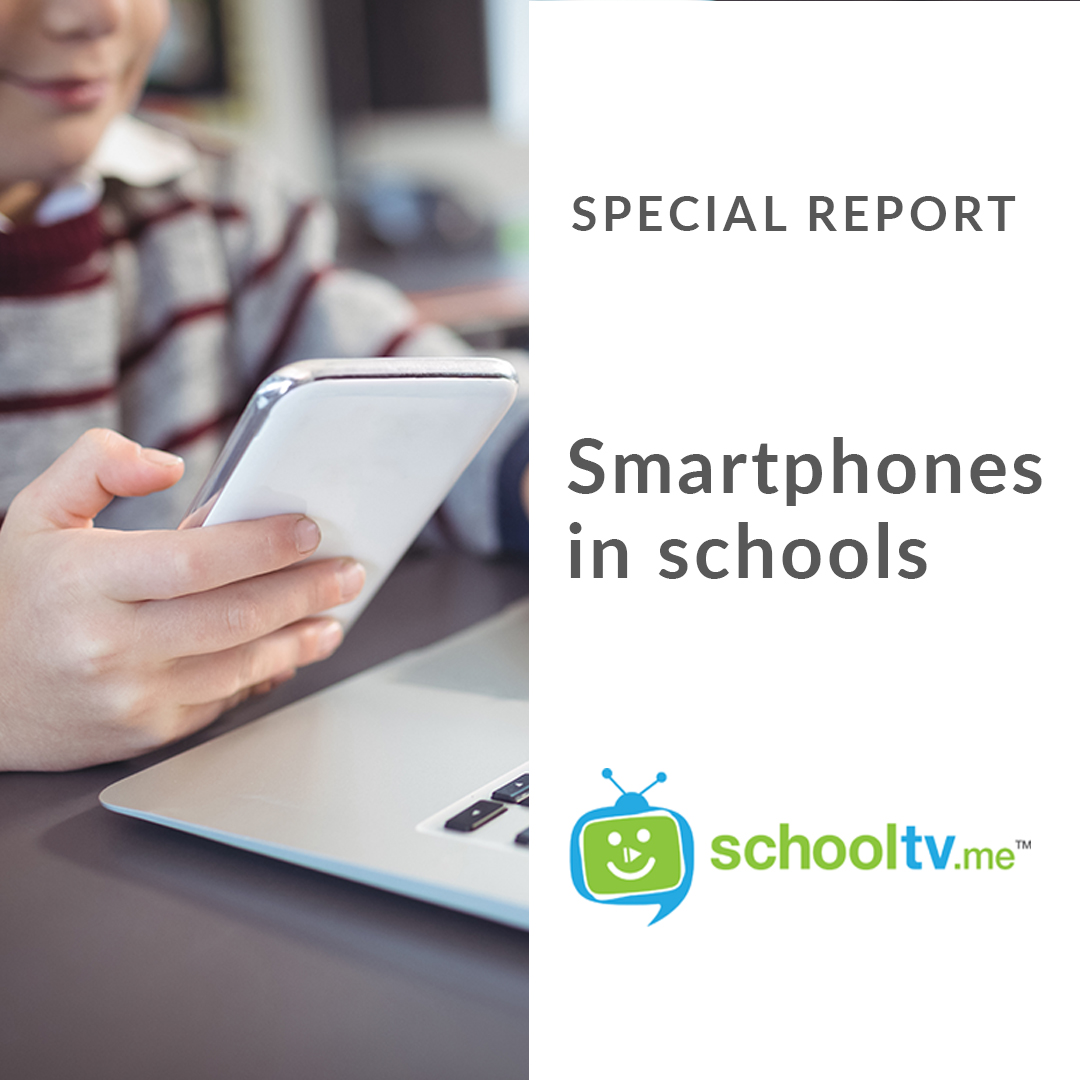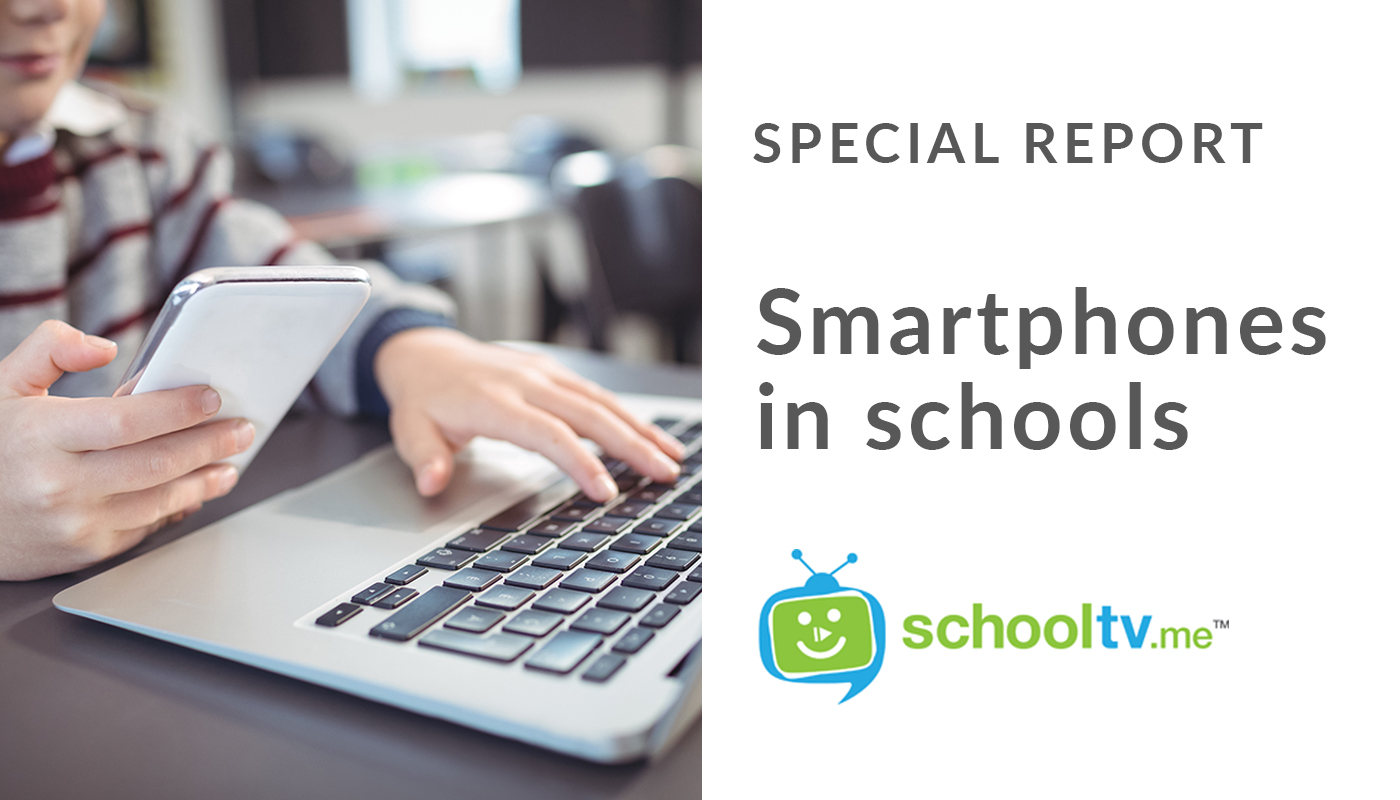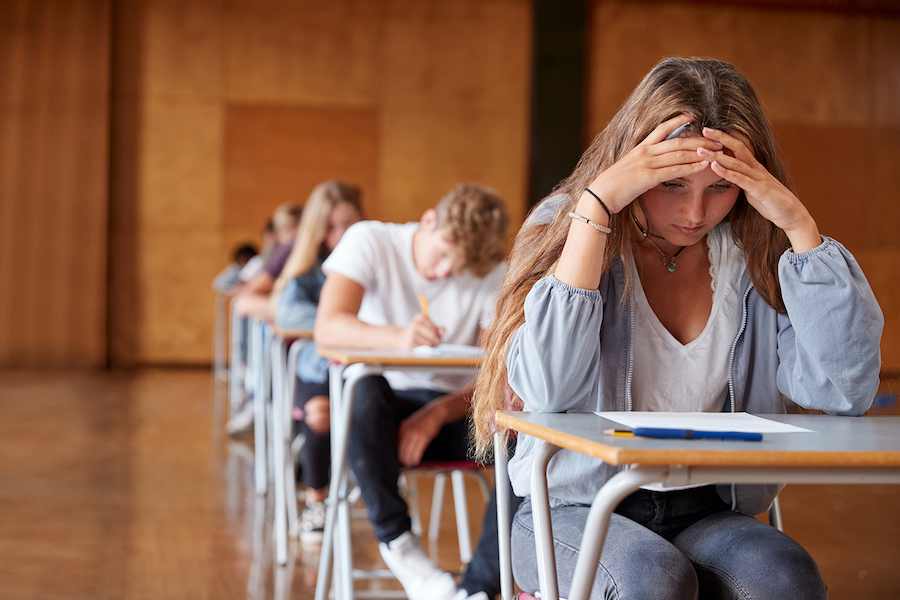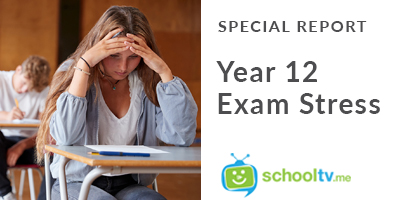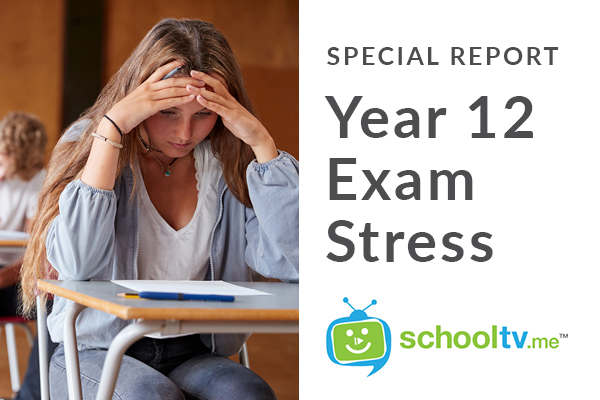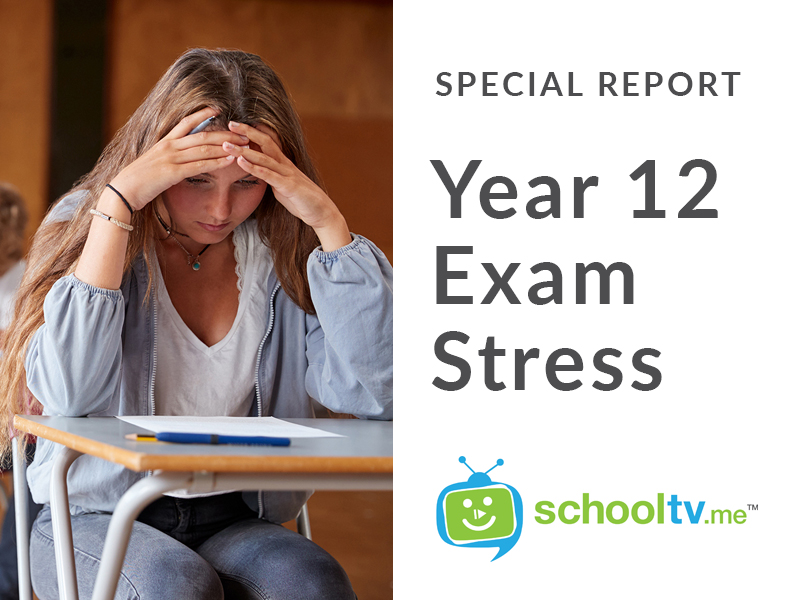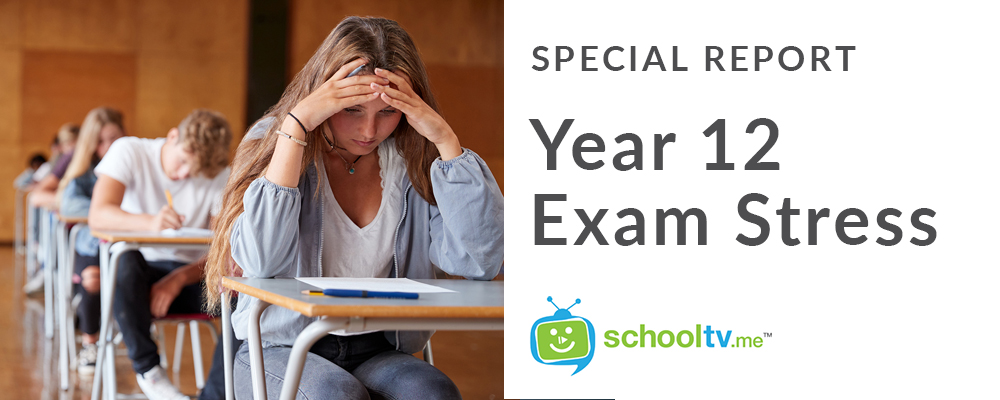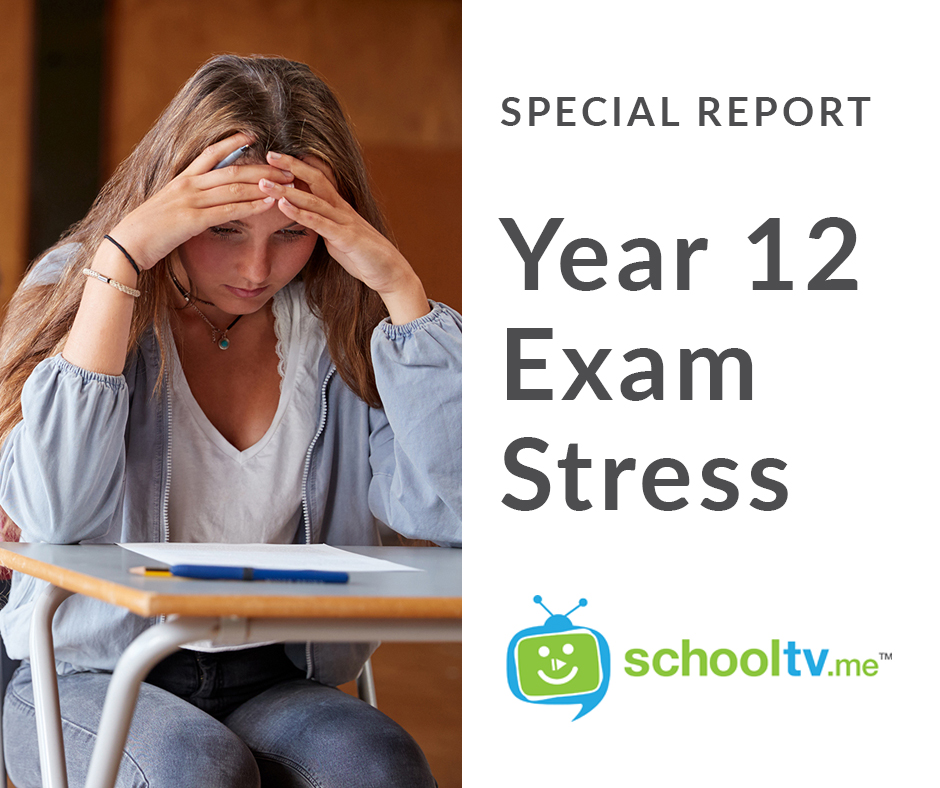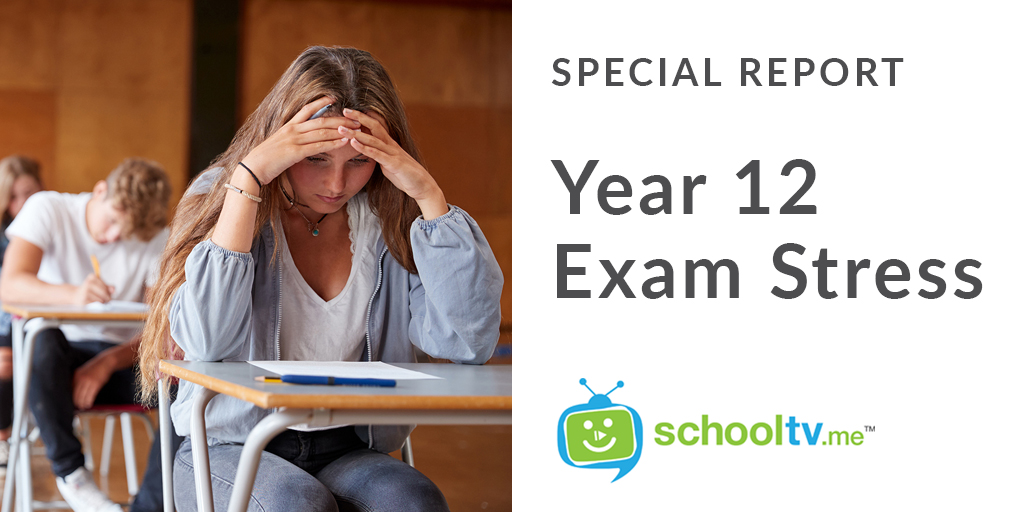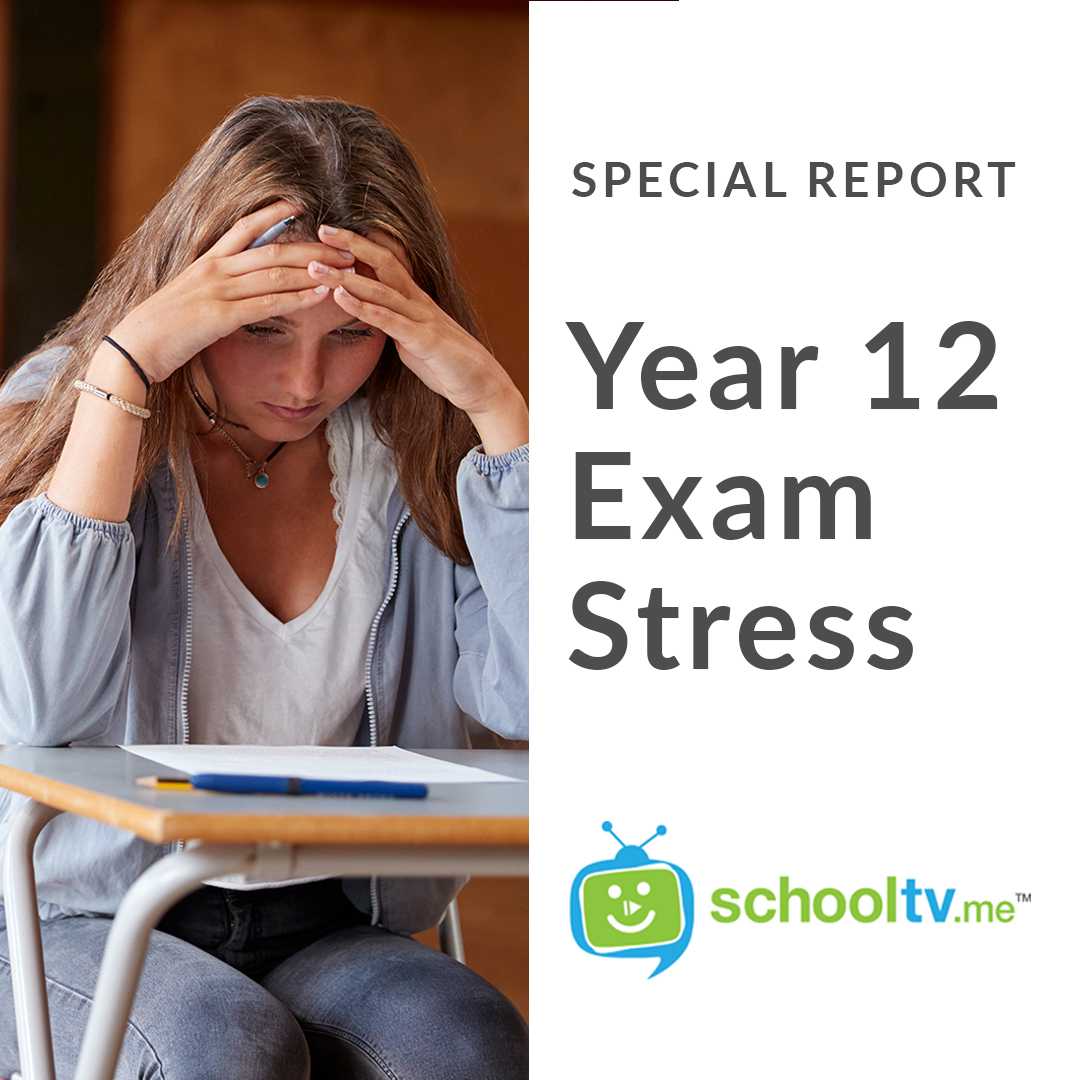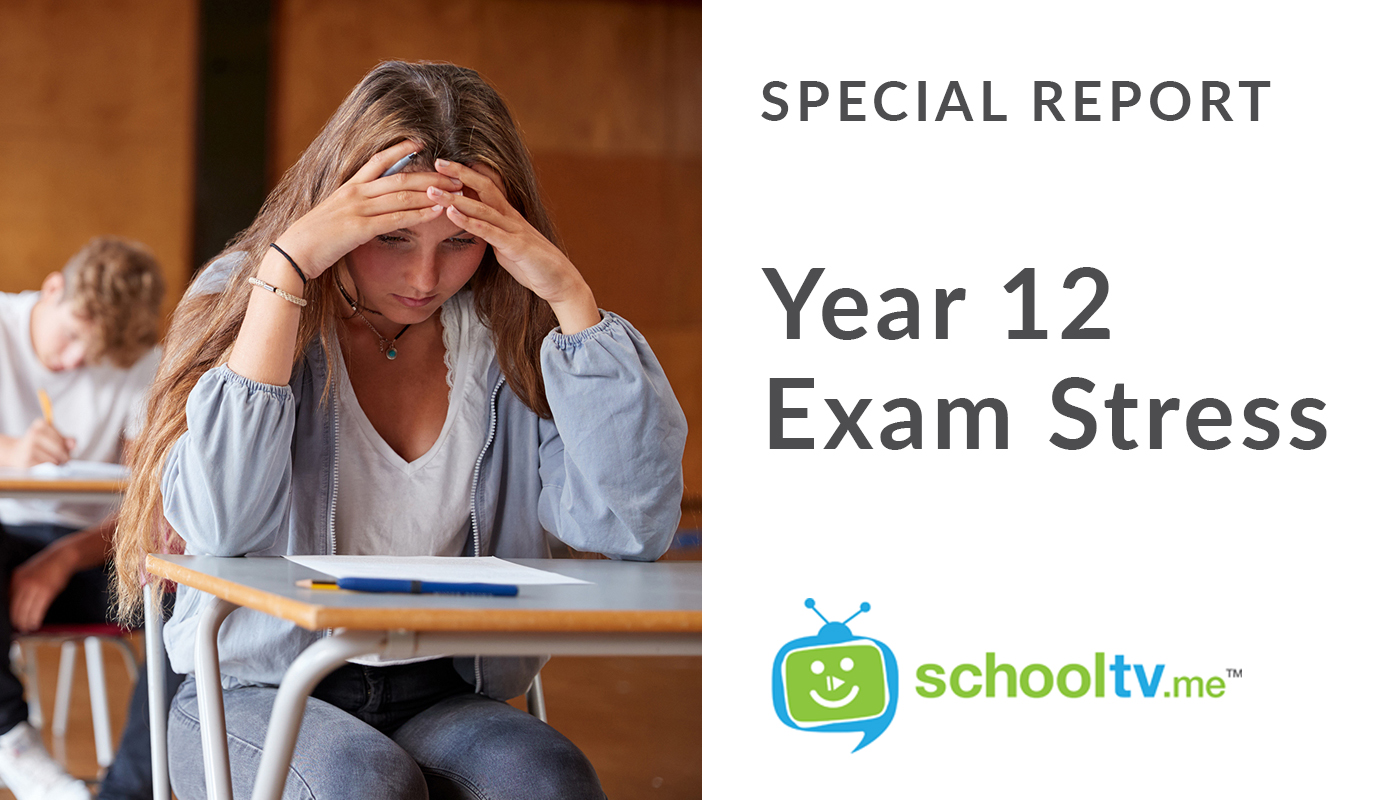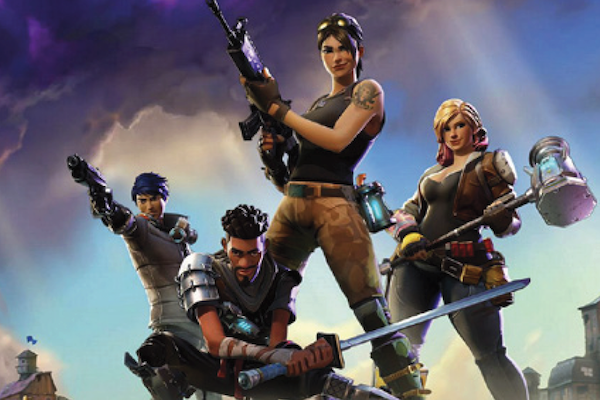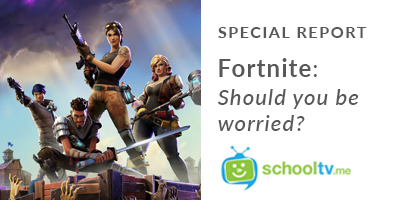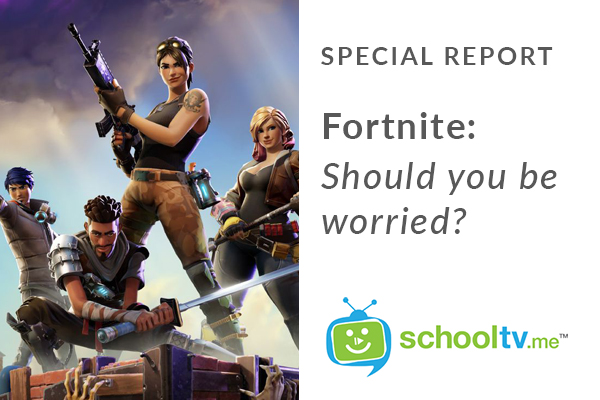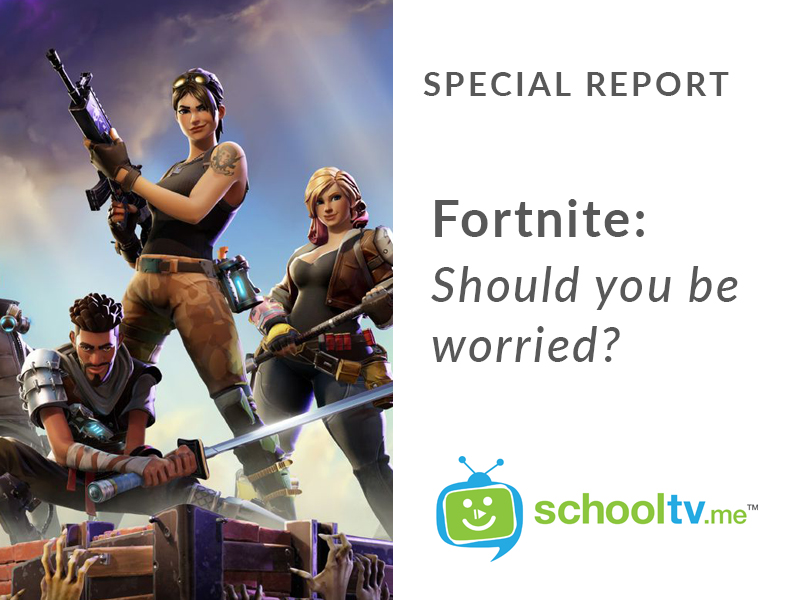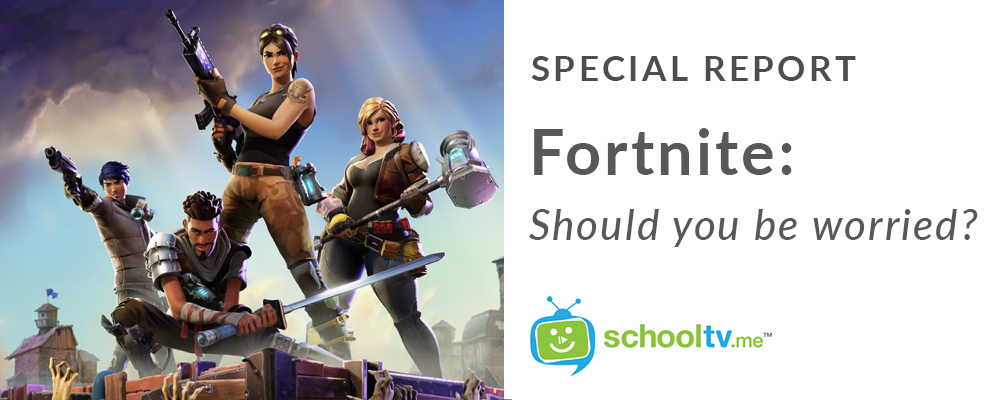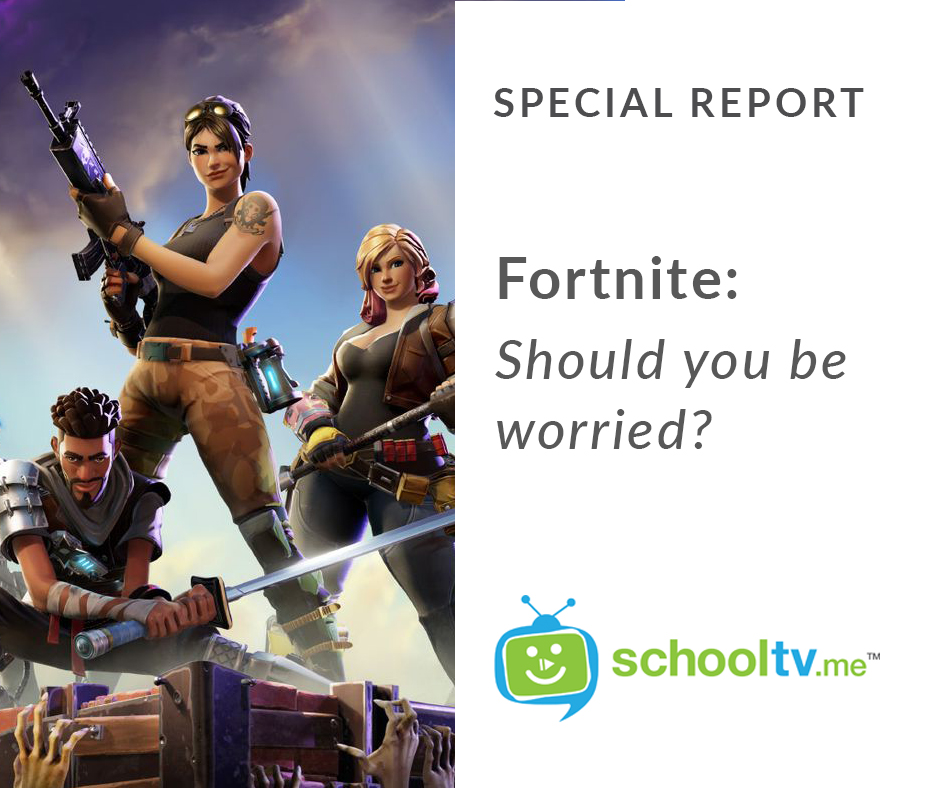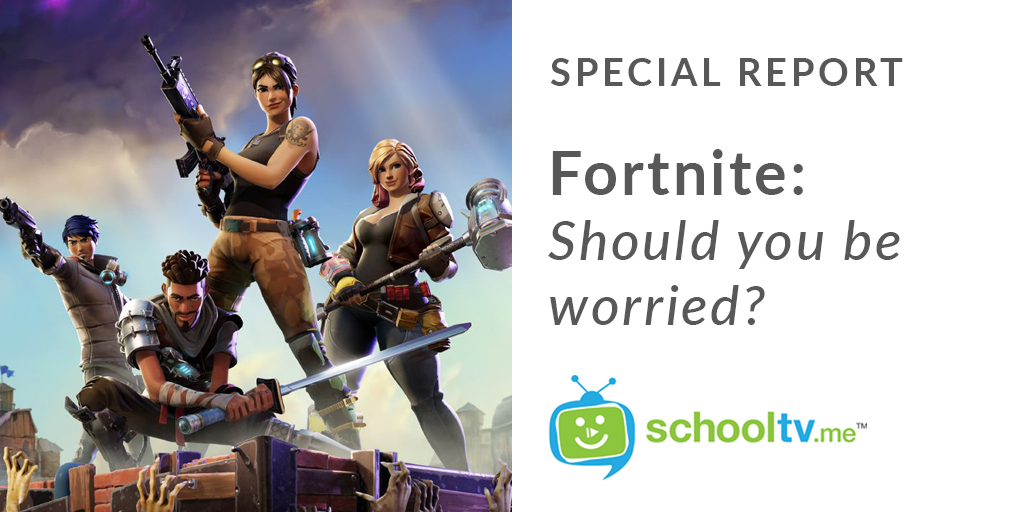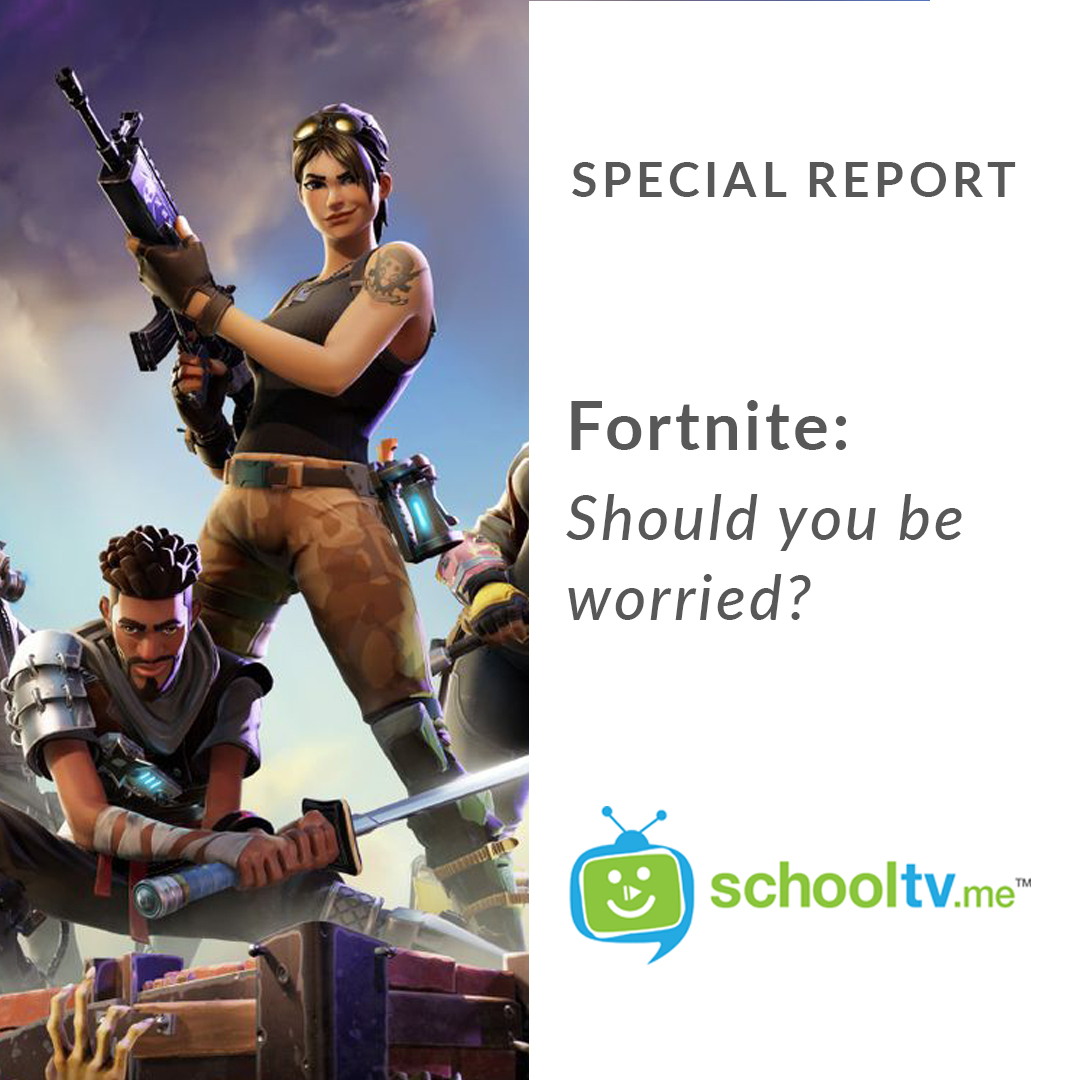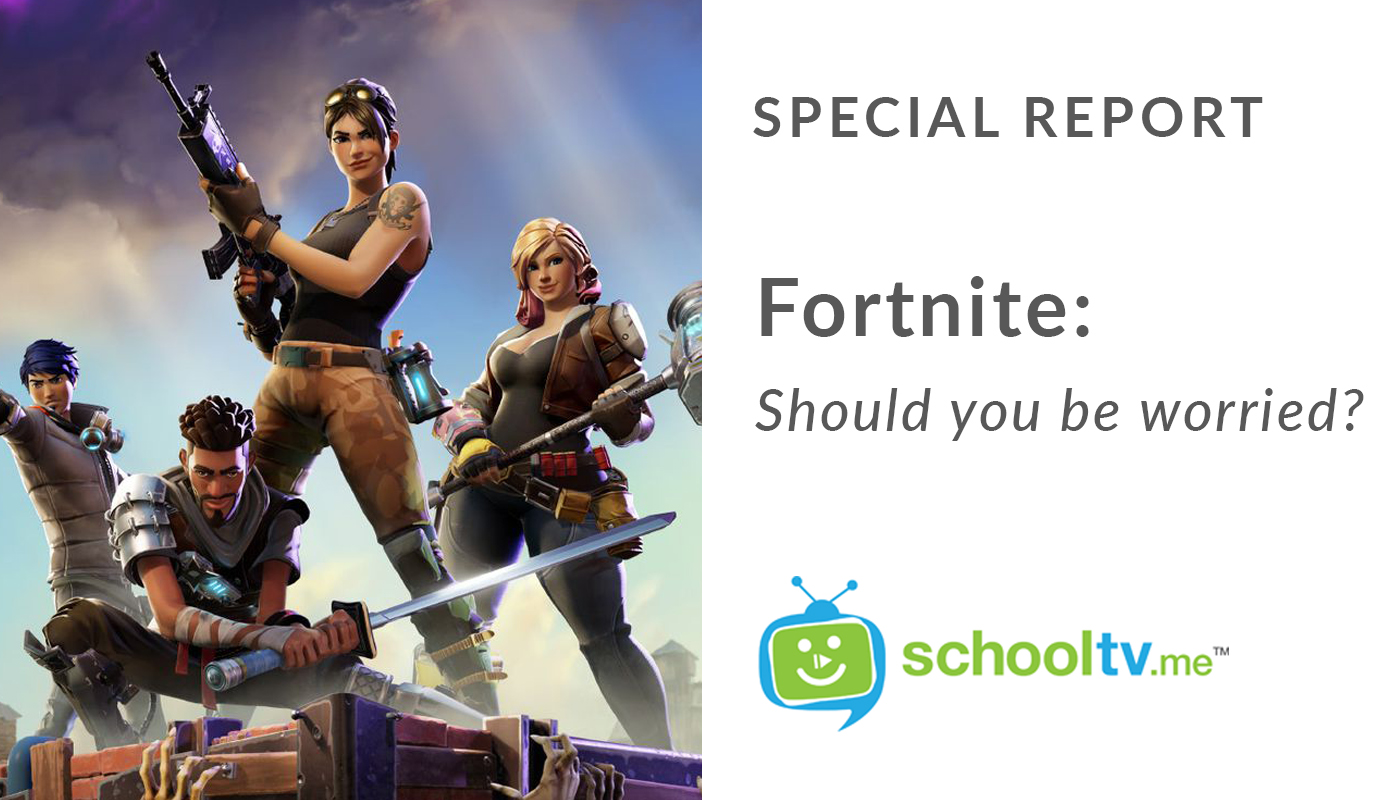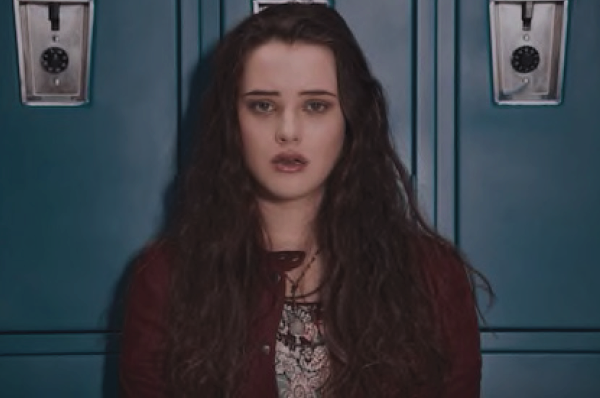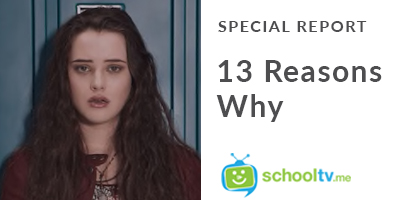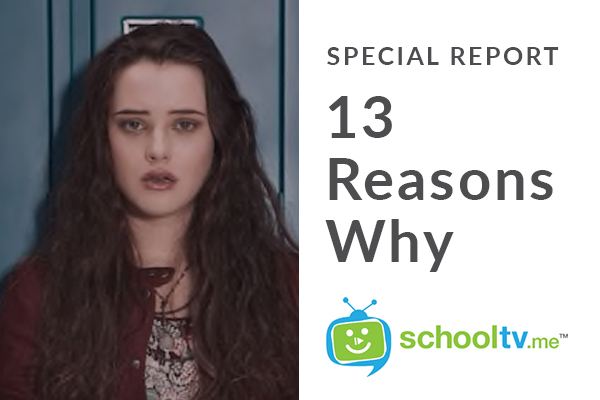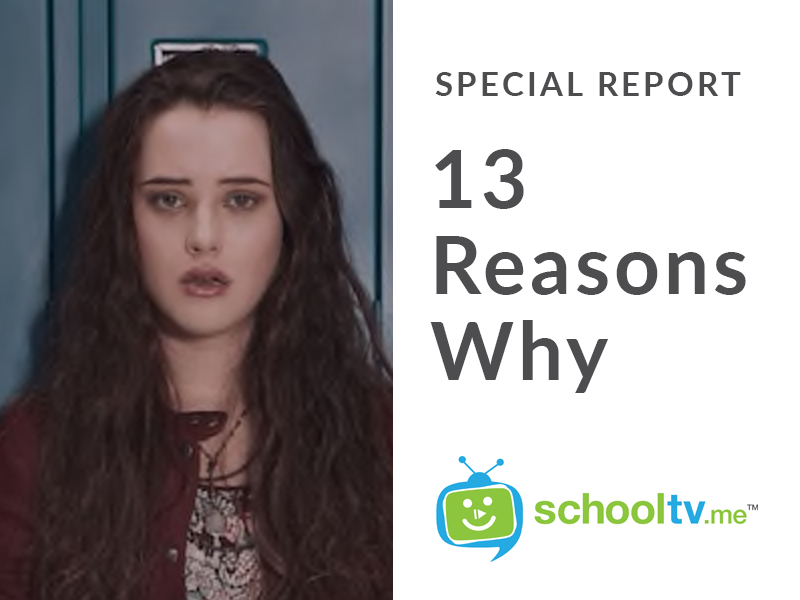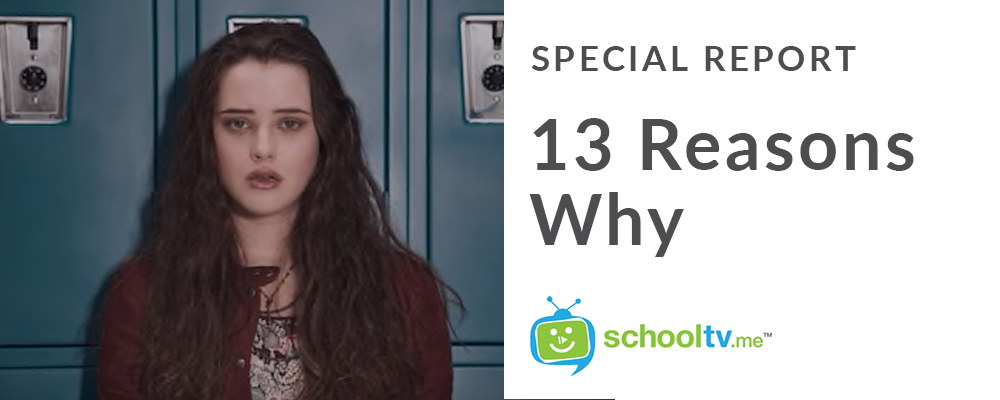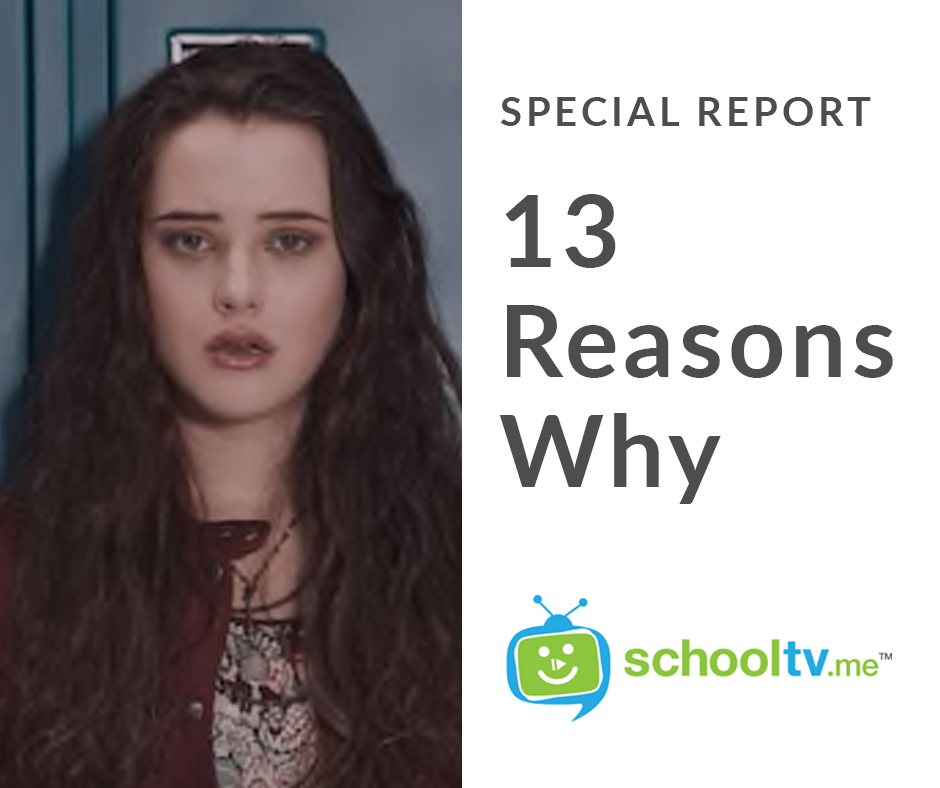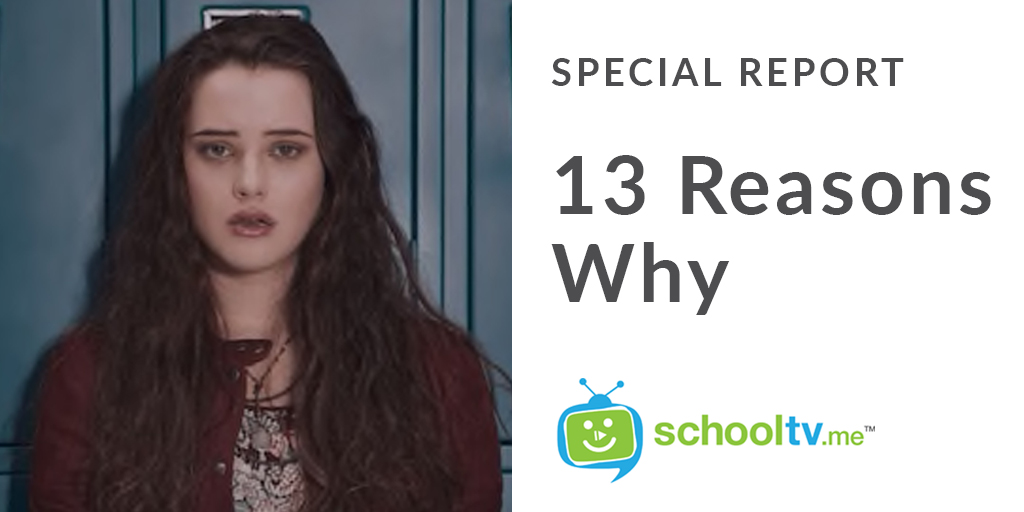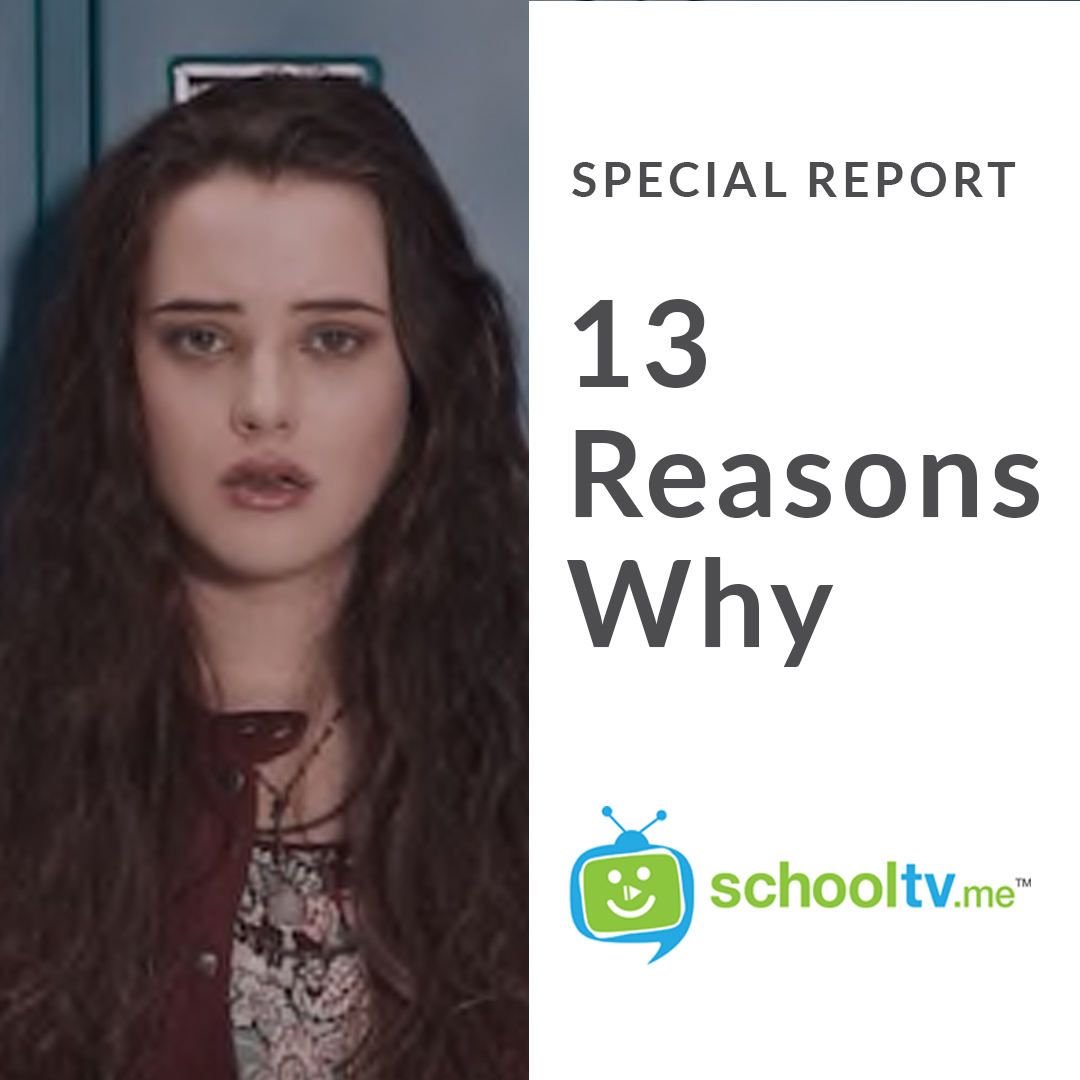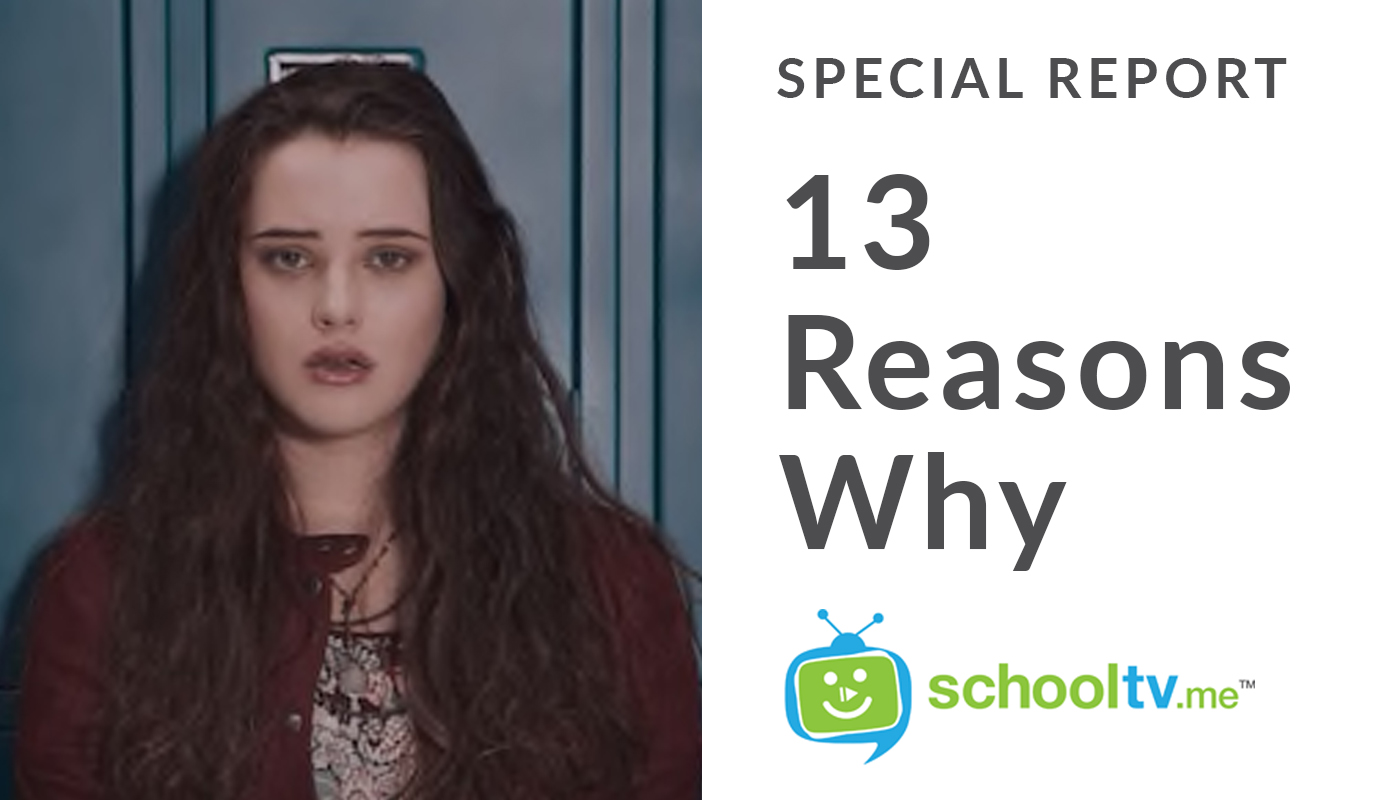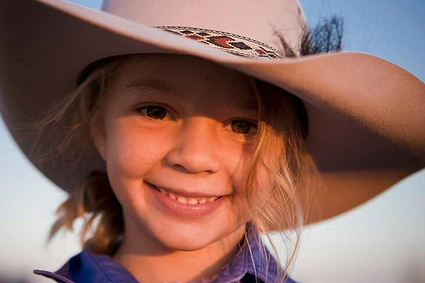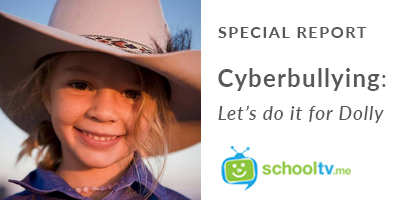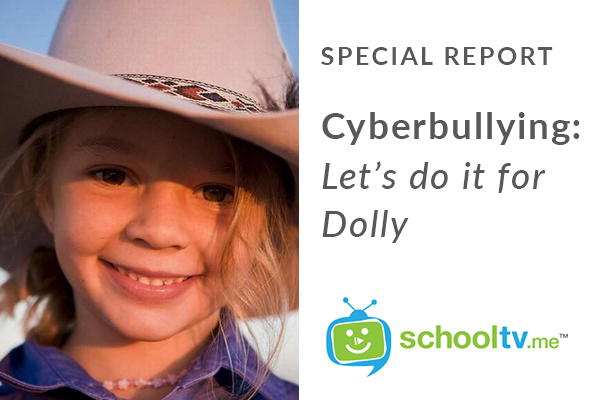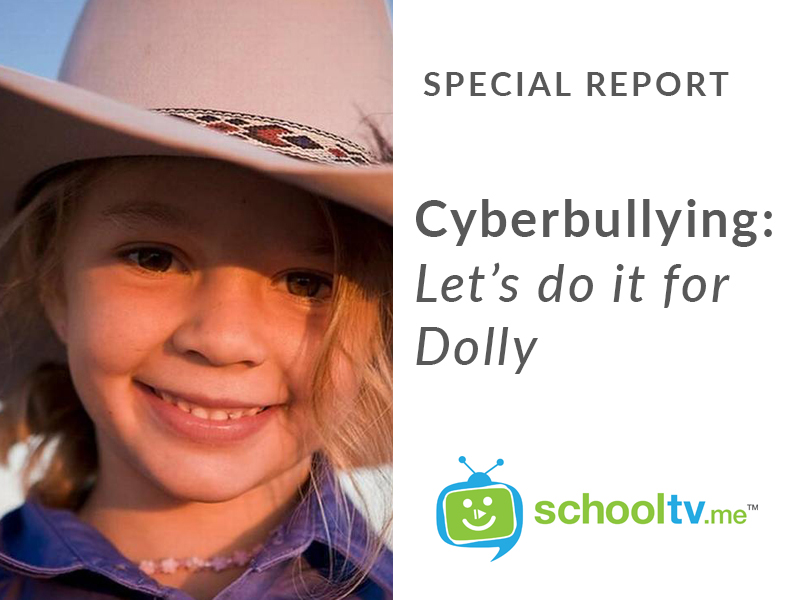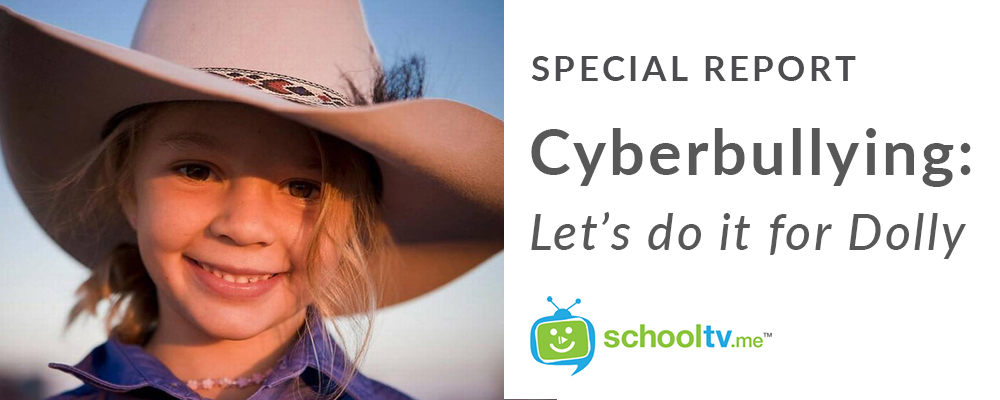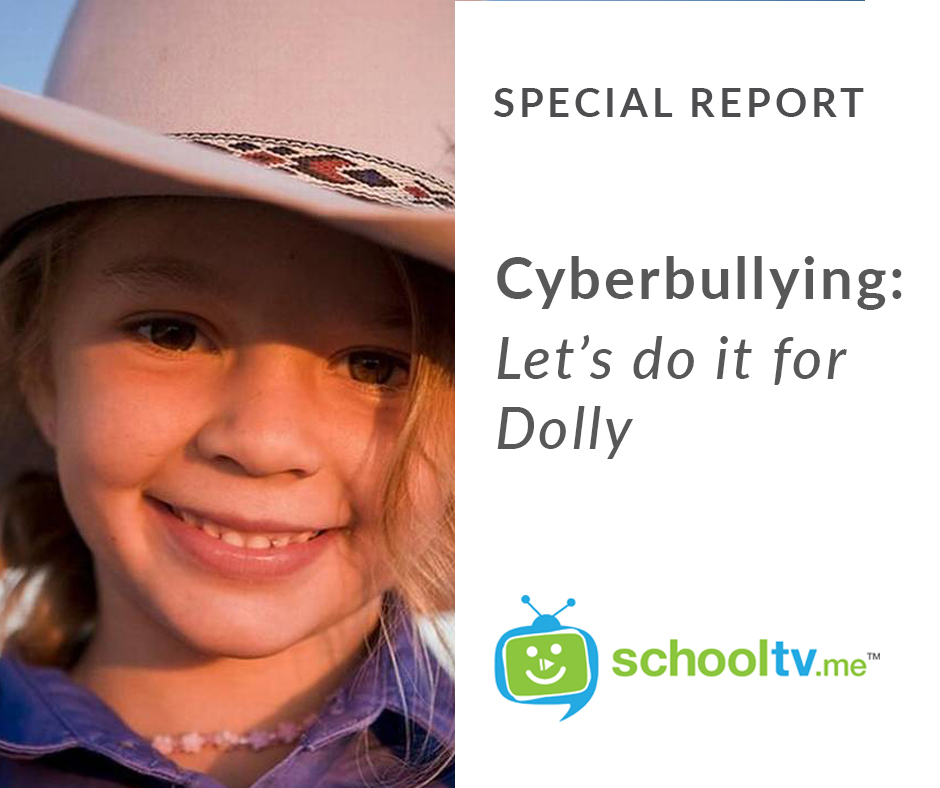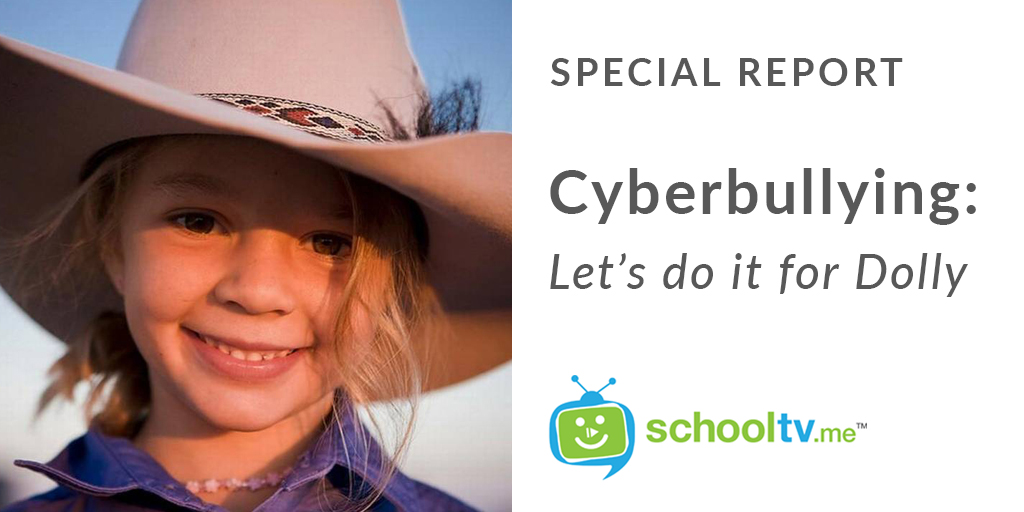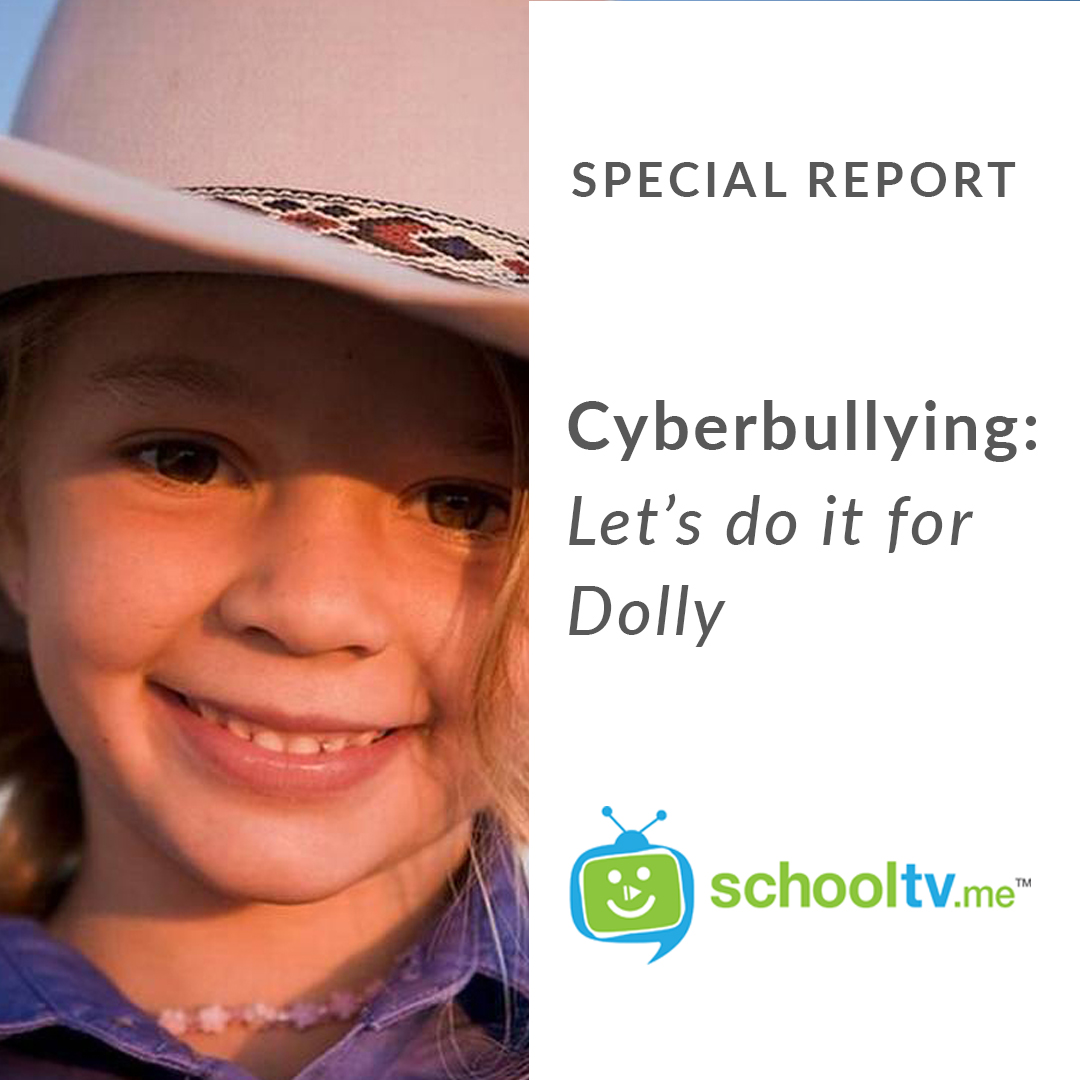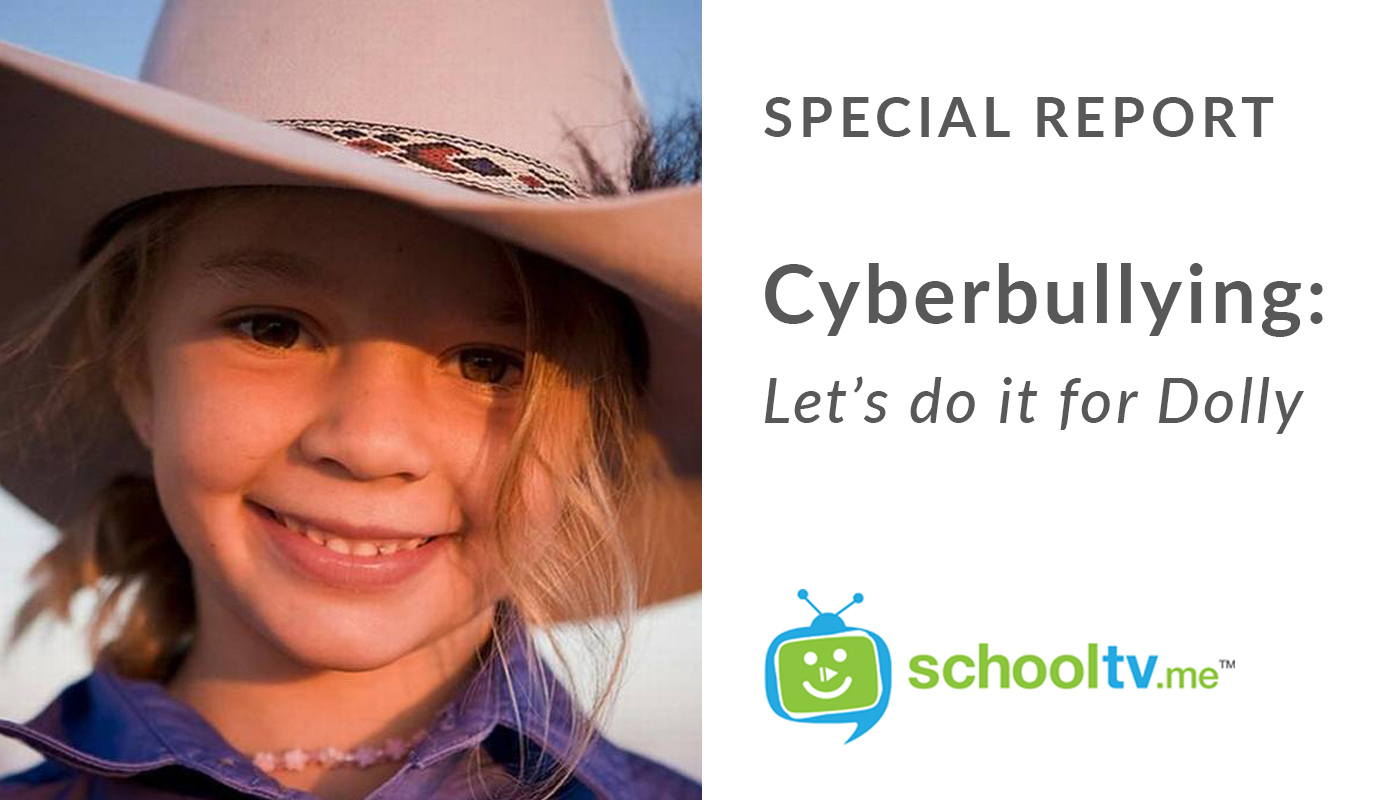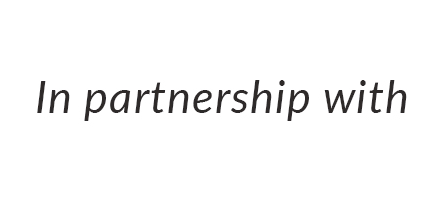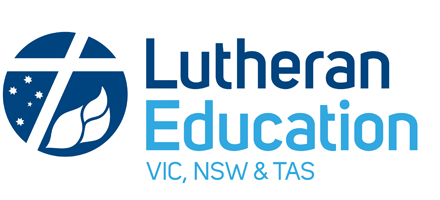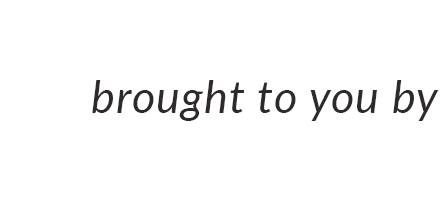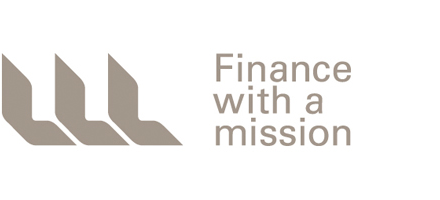Special Reports
Special Reports not only address current day issues that are of troubling to parents and schools, but they also link back to previous editions of SchoolTV. This gives parents a more well rounded approach to understanding the issues concerning today’s youth. In turn, this should then assist parents in deciding which is the best course of action to take to deal with any matters of concern.
A Special Report: Toxic Achievement Culture
Toxic achievement culture is characterised by the entanglement of self-worth, achievement and the relentless pursuit of academic or extracurricular success - at any cost! This phenomenon goes beyond the mere quest for success. it embeds a belief in students that their merit is exclusively tied to their achievements, often propelled by intense external pressures from families, schools, and society.
Some students are overfilling their schedules with activities aimed at "getting ahead". However, the consequences are proving to be detrimental on students' mental and physical health resulting in burnout and heightened levels of stress. This culture is also being aggravated by parental expectations, peer competition and a relentless comparison ethos often driven by social media.
There is nothing wrong with having ambition, but it's crucial to ensure that this desire doesn't push our young people into a toxic cycle of achievement and make them feel that they must achieve in order to matter. The relentless drive to excel is leading many students to prioritise accolades over genuine learning and personal growth, often at the expense of their own wellbeing and interpersonal relationships. As adult carers, we need to advocate for a more balanced and holistic approach to achievement, emphasising the importance of resilience, wellbeing, and the pursuit of diverse interests.
This Special Report will help you understand the signs of toxic achievement, and how to address them so as to teach students how to adopt a better work/life balance.
We hope you take time to reflect on the information offered in this Special Report, and as always, we welcome your feedback.
If you do have any concerns about the wellbeing of your child, please contact the school for further information or seek medical or professional help.
Here is the link to your special report:
https://gsc.vic.schooltv.me/wellbeing_news/special-report-toxic-achievement-culture
A Special Report: Wellbeing Barometer Survey: 2024
The Wellbeing Barometer survey has proven to be an invaluable tool for schools, providing insights into the state of youth mental health and wellbeing. Whilst last year’s results focussed the spotlight on areas of concern, there were also many highlights that demonstrated the resilience and adaptability of students and emphasised the necessity of prevention strategies.
Participating in this year's survey, will assist in identifying areas of strength and concern, as well as pinpointing opportunities for early intervention. Previously gathered information has helped support families as they navigate difficult conversations that enable understanding and foster connections to build relationships.
This survey is part of an ongoing, longitudinal study, with the results being instrumental in tailoring support for students and their families. Participation is strongly encouraged, as it provides a comprehensive view of students' experiences, challenges, and achievements over the past year. Its aim is to capture a comprehensive picture of young people's lives, allowing for a tailored approach to enhance mental and emotional wellbeing.
We encourage you to take a few moments to complete a survey for each of your children. This will help us determine the nature and extent of your concerns and how best to support families in the months ahead. Responses remain anonymous and will only be reported on an aggregated basis. You are asked to base your responses on observations made in the last 12 months.
Acquiring the skills for future independence, taking healthy risks, and giving young people the opportunity to emancipate from parents, are key developmental tasks that are essential if we are to stave off the impact of mental illness in the future.
We hope you take time to reflect on the information offered in this Special Report, and as always, we welcome your feedback.
If you do have any concerns about the wellbeing of your child, please contact the school for further information or seek medical or professional help.
Here is the link to your special report:
https://gsc.vic.schooltv.me/wellbeing_news/special-report-wellbeing-barometer-2024-au
A Special Report: Gambling & Young People
The digital era has made gambling more accessible, and certain factors are elevating the risk of problematic gambling among young people. A new grey area is emerging, with smartphones at their fingertips blurring the boundaries between gambling and entertainment, especially within the realms of video games and social media. The current generation of young people are growing up in an unprecedented time and research highlights that a significant percentage of adolescents are involved in gambling activities.
Reports of young people gambling are frequent with many experiencing adverse consequences such as diminished academic performance and strained relationships. Today’s youth are growing up in a digital age characterised by constant connectivity, and the gambling industry has evolved significantly during their formative years. Simulated gambling, such as in video games, can further increase the likelihood of teenagers transitioning to real-money gambling and developing future gambling-related problems.
It's crucial to foster open discussions about positive media choices to help children navigate through responsible online gaming and gambling. By encouraging a balanced approach to screen time and promoting alternative activities, will help set some clear boundaries to avoid potential gambling-related issues.
This Special Report provides guidance on how to empower young people to make responsible choices in this digital age.
We hope you take time to reflect on the information offered in this Special Report, and as always, we welcome your feedback.
If you do have any concerns about the wellbeing of your child, please contact the school for further information or seek medical or professional help.
Here is the link to your special report:
https://gsc.vic.schooltv.me/wellbeing_news/special-report-gambling-young-people-au
A Special Report: Discussing War & Conflict
Children are frequently exposed to distressing news through the 24-hour news cycle and social media. These experiences can provoke anxiety, especially in young minds still forming their worldviews. Parents and caregivers should be mindful of overexposure to such content as it can lead to symptoms similar to post-traumatic stress disorder. Children’s responses to trauma can vary, from being strong emotional reactions to being indifferent. It can leave an emotional imprint that can affect a child's behaviour and perception of danger.
Children need reassurance about their safety as they navigate uncertain times. Tailor conversations to your child's age and emotional maturity. Younger children benefit from simplified explanations focusing on peace, empathy, and cooperation, whilst older children can delve into historical events, root causes of conflict, and the complexities of international relations.
Before discussing these topics with your child, it is also important to assess your own emotions and comfort level. By staying calm and providing physical comfort will help your child regulate their own emotions. In challenging times, compassionate adults play a crucial role in helping children cope with anxiety and providing hope and understanding in our complex world.
This Special Report provides guidance on how to tackle this difficult topic and helping children understand there is still hope in our complex world.
We hope you take time to reflect on the information offered in this Special Report, and as always, we welcome your feedback.
If you do have any concerns about the wellbeing of your child, please contact the school for further information or seek medical or professional help.
Here is the link to your special report:
https://gsc.vic.schooltv.me/wellbeing_news/special-report-discussing-war-conflict
A Special Report: R U OK?Day
Understanding the growing challenges related to mental health among young people is an important consideration. Anxiety, depression and self-harm - are all causes for concern. Factors like academic pressure, social media, family dynamics, and societal expectations, are contributing to these issues. It's therefore crucial for parents and caregivers to take action early, remove the stigma around discussing mental health, and offer accessible support to address these issues and the wellbeing of their children.
R U OK?Day is an initiative that focuses on preventing suicide by encouraging meaningful personal connections and helping informal support networks to help recognise the signs of distress. We urge all families to take part, emphasising the value of genuine human relationships and reminding everyone to ask the important question, "Are you OK?"
Engaging in R U OK?Day activities goes beyond the classroom; it's a commitment to our students' overall development. By talking openly about mental health, schools create safe spaces where students feel understood, valued, and supported. As parents and caregivers, you can contribute by fostering open conversations, normalising feelings and breaking down mental health stigmas. Participating in R U OK?Day promotes compassion and shows our dedication to the wellbeing of the entire school community, reaffirming that together, we can truly make a difference.
This Special Report provides guidance on how to talk to your child about mental health and engage in meaningful discussions.
We hope you take time to reflect on the information offered in this Special Report, and as always, we welcome your feedback.
If you do have any concerns about the wellbeing of your child, please contact the school for further information or seek medical or professional help.
Here is the link to your special report:
https://gsc.vic.schooltv.me/wellbeing_news/special-report-r-u-ok-day
A Special Report: Social Media Influencers
Social media influencers have become powerful individuals who often shape the opinions and beliefs of others due to strong connections with their audiences. In today's fast-paced digital world, attention has become a valuable commodity.
However, the impact of social media influencers on youth mental health is a growing concern, most recently, the controversial actions and statements of Andrew Tate. His rise to fame has made him a polarising figure, amassing a significant following of mostly young males. Educators and families have raised urgent concerns about the damaging nature of Tate’s content, worried that his messages may radicalise students and create a generation of young men with regressive and harmful beliefs.
Young people often compare themselves to the idealised lives presented by influencers, leading to feelings of inadequacy, low self-worth and dissatisfaction. Social media algorithms may also expose them to inappropriate or harmful content such as explicit material, promotion of harmful behaviours, or distorted perceptions of body image or mental health.
It is important to guide a young person’s social media use and promote open communication. Be curious to comprehend why they might be drawn to radical influencers, like Andrew Tate, and actively seek understanding as part of the solution. While not all influencers have a negative impact, parents play a vital role in ensuring a balanced approach to social media. By actively modelling kindness, respect and positive values, parents can help tackle the sway of radical influencers and be part of the solution to countering unhealthy masculinity.
This Special Report provides guidance on how to respond to misinformation and disinformation, instead encouraging critical thinking and emphasising the value of real-life connections.
We hope you take time to reflect on the information offered in this Special Report, and as always, we welcome your feedback.
If you do have any concerns about the wellbeing of your child, please contact the school for further information or seek medical or professional help.
Here is the link to your special report:
https://gsc.vic.schooltv.me/wellbeing_news/special-report-social-media-influencers-au
A Special Report: Mobile Phone Separation Anxiety
The use of mobile phones and technology in schools has been a highly debated topic internationally, including in Australia. Almost all states and territories in Australia, have implemented full bans on mobile phones during class, recess, and lunch times, while allowing students to carry their phones during travel to and from school.
Critics argue that there is no evidence supporting the effectiveness of such bans, but this is a mischaracterisation. Studies have shown the positive impacts of mobile phone bans in schools. One study conducted in 2016, found that banning mobile phones led to an increase in student performance, with test scores improving by 6.4% of a standard deviation. Similar studies from Spain and Norway also supported these findings.
For parents concerned about mobile phone separation anxiety in their children, it is important to acknowledge it as a real issue and discuss the negative effects of phone addiction, such as sleep problems and mental health issues. Gradually introducing phone-free periods at home, setting clear expectations and boundaries and modelling healthy behaviours can help your child cope. It is also crucial to establish a support network and seek professional help if needed. Implementing mobile phone bans in schools allows for better focus on teaching and learning, minimising distractions and interruptions.
This Special Report will help address mobile phone separation anxiety and provide guidance on supporting your child’s wellbeing during this transition period.
We hope you take time to reflect on the information offered in this Special Report, and as always, we welcome your feedback.
If you do have any concerns about the wellbeing of your child, please contact the school for further information or seek medical or professional help.
Here is the link to your special report:
https://gsc.vic.schooltv.me/wellbeing_news/special-report-mobile-phone-separation-anxiety
A Special Report: Celebrating Harmony Week
Harmony Week is celebration held annually in March across Australia. It’s aimed at promoting diversity, respect and inclusiveness. This event is an excellent opportunity for parents to teach their children about different cultures, traditions and customs. The goal is to encourage everyone to appreciate and celebrate differences and promote a sense of community and belonging for everyone.
During Harmony Week, there are a number of events and activities held to bring people from different cultures together. These activities include multicultural food festivals, cultural performances, art exhibitions and workshops. Participating in these events helps children to gain a deeper understanding and appreciation of the diverse communities that make up Australia.
As a parent, you can engage your children in discussions about multiculturalism and encouraging them to ask questions. Promoting a more harmonious and inclusive society, can help children grow up with a greater appreciation for the richness and diversity of Australia's cultural landscape.
This Special Report hopes to instil positive values and create an opportunity to start a conversation with your child about understanding diversity and multiculturalism.
We hope you take time to reflect on the information offered in this Special Report, and as always, we welcome your feedback.
If you do have any concerns about the wellbeing of your child, please contact the school for further information or seek medical or professional help.
Here is the link to your special report:
https://gsc.vic.schooltv.me/wellbeing_news/special-report-celebrating-harmony-week-au
A Special Report: A Guide to Safe Partying
Teenage gatherings provide young people with important opportunities to interact and build on their social skills and experiences. Celebrations, partying and socialising are a fundamental rite of passage and one of the most important aspects of a young person’s life. However, it is possible for the best young person to get carried away by their peers and the euphoria of the moment.
For parents and caregivers, keeping your young person safe can at times feel daunting and is often a compromise and a challenge. Most teenagers try to do the right thing most of the time, but your leadership as a role model is crucial. Your child may appear to be physically large and mature, but this is not necessarily matched by their emotional maturity and responsibility in behaviour.
Every party has the potential to get out-of-hand as sometimes it’s hard for young partygoers to make good decisions. Communication and regular discussions are vital, particularly because young people are often faced with peer pressure to do things they prefer not to engage in. Hosting a celebration at home or at a venue can be a fun and memorable event but it is important to agree on the ground rules well before your event is announced to ensure there are no misunderstandings later on.
If hosting an event, you owe your guests a ‘duty-of-care’ and should ensure all reasonable steps are taken to keep partygoers safe. This Special Report provides caregivers with list of things to consider when planning a celebration.
We hope you take time to reflect on the information offered in this Special Report, and as always, we welcome your feedback.
If you do have any concerns about the wellbeing of your child, please contact the school for further information or seek medical or professional help.
Here is the link to your special report:
https://gsc.vic.schooltv.me/wellbeing_news/special-report-guide-safe-partying
A Special Report: Sextortion
You may not be familiar with the term, but ‘sextortion' is a form of blackmail where someone threatens to share intimate images of you unless you give in to their demands. It has been an issue for more than a decade, with many adults falling victim to this type of online crime. More recently though, it has been reported that there has been a higher rate of adolescent males falling victim, but that is not to say that young females are not also targeted.
Across the globe, organised criminal gangs are using social media, chat apps, instant messaging platforms and online games to target and connect with their victims. Recently, there has been a 400% increase in this type of crime being reported to police in Australia alone with these figures being replicated in most western countries. Any child that uses an online account to connect on social media, chat apps, instant messaging platforms or online games needs to understand the dangers associated with engaging with random people that they don’t know personally. Therefore, it is vitally important for adult carers to be aware of this serious issue and to start having an age appropriate conversation with their young person as early as possible to help protect them from online offenders making demands.
Even though your young person’s online account may be set to private, random people can still message your child. Managing devices can be difficult especially with older teens, but it is important to weigh up the risks and dangers. Sadly, even good kids who never make a poor decision elsewhere in their life, can and do make poor choices online.
This Special Report explains how your young person can fall victim to such a crime and what action to take to support them.
We hope you take time to reflect on the information offered in this Special Report, and as always, we welcome your feedback.
If you do have any concerns about the wellbeing of your child, please contact the school for further information or seek medical or professional help.
Here is the link to your special report:
https://gsc.vic.schooltv.me/wellbeing_news/special-report-sextortion
A Special Report: Celebrating NAIDOC Week
NAIDOC week celebrates the history, culture and achievements of Aboriginal and Torres Strait Islander people. It is celebrated by all Australians and is a great opportunity to recognise and learn more about the history and culture of indigenous communities.
NAIDOC stands for National Aborigines and Islanders Day Observance Committee. Its origins can be traced back to the Aboriginal rights movement, when on Australia Day 1938, protestors marched through the streets of Sydney to highlight the status and treatment of Aboriginal and Torres Strait Islander Australians. Today, it is a week-long celebration held in July that consists of range of traditional and contemporary activities.
NAIDOC Week is an important event that helps build positive relationships between Aboriginal and non-Aboriginal people. It enables a deeper understanding of our differences and similarities. NAIDOC week is an opportunity for all Australians to eliminate bias and discrimination by reflecting and reconciling the wrongs of the past to facilitate hope and build a fairer future. Families are encouraged to join in and support young people in learning the significance of NAIDOC Week.
This Special Report offers suggestions on how families can celebrate NAIDOC Week together.
We hope you take time to reflect on the information offered in this Special Report, and as always, we welcome your feedback.
If you do have any concerns about the wellbeing of your child, please contact the school for further information or seek medical or professional help.
Here is the link to your special report:
https://gsc.vic.schooltv.me/wellbeing_news/special-report-celebrating-naidoc-week
A Special Report: The Conflict in Ukraine
Around the world, people are saddened and devastated by the events unfolding in Ukraine. Both adults and young people alike are feeling the stresses of war from afar as they experience fear, frustration and helplessness. The 24 hour news cycle has shown us upsetting images raising many questions, especially for our young people, about what is happening.
Parents and caregivers need to be guided by their child’s curiosity. There is strong evidence to suggest that having a supportive discussion about a stressful event in a developmentally appropriate way, can actually decrease distress. It’s best to “name it, to tame it.” This will also combat any misinformation to which they have most likely already been exposed to through social media, pictures or video clips.
Children need to know that they are being taken seriously. So it is recommended that you don’t avoid the difficult questions. Ensure you address their questions honestly and sensitively. With less life experience than adults, young people may need help navigating news about this crisis. Use this is as an opportunity to model and encourage compassionate views towards fellow humans, regardless of distance or circumstance.
This Special Report offers guidance on how best to discuss the conflict in Ukraine.
We hope you take time to reflect on the information offered in this Special Report, and as always, we welcome your feedback.
If you do have any concerns about the wellbeing of your child, please contact the school for further information or seek medical or professional help.
Here is the link to your special report:
https://gsc.vic.schooltv.me/wellbeing_news/special-report-conflict-ukraine-au
A Special Report: Flood Support & Recovery
Being exposed to a natural disaster, either directly through lived experience or indirectly through the media, stirs up various feelings of sadness, depression, anxiety and frustration. Communities and families around Australia have been touched by the recent floods in NSW and Queensland with many still coming to terms with what has happened. While others are rallying together to provide much needed moral and financial support.
As the clean-up continues, families are faced with the real presence of the disaster. Dealing with their emotions and providing support to their children and teenagers. How well young people cope, or manage any trauma, will depend on specific risk factors in existence before, during and after the event. It is vital to talk and listen to them to help them process their feelings.
Parents and caregivers need to remain vigilant in monitoring their children during this time and check in with them regularly. They may be distressed by images they have seen either physically or through social media and news reports. Young people may exhibit or experience a wide range of emotional reactions and it is therefore important to reassure them that what they are feeling is considered normal.
This Special Report offers a number of strategies to help support families during this time of recovery.
We hope you take time to reflect on the information offered in this Special Report, and as always, we welcome your feedback.
If you do have any concerns about the wellbeing of your child, please contact the school for further information or seek medical or professional help.
Here is the link to your special report:
https://gsc.vic.schooltv.me/wellbeing_news/special-report-flood-support-recovery
A Special Report: Respectful Language
In today’s world, it is common to hear socially offensive language on the streets, on social media channels, streaming services and in some forms of modern music. While swearing is becoming more common and less taboo, the use of derogatory language or the act of swearing at someone, or about someone, is a form of verbal violence. It transgresses the usual rules of social interaction by impinging on an individual’s self-image and sense of dignity.
It is becoming apparent that some young people are being influenced by the language they hear. Proliferating the use of swear words can sometimes normalise, glamorise and desensitise their impact for kids who may misunderstand the true meaning of some derogatory terms. Whilst some students may use swearing or derogatory terms as a misguided attempt at belonging, others may use it simply because they are still learning how to moderate their language and are not accustomed to making adjustments to suit different situations.
Although many schools enforce a zero-tolerance policy when it comes to swearing and derogatory language, parents need to also play an important part in enforcing this approach. Parents and carers can be proactive in monitoring what their children are viewing or being exposed to. Discussing the use of words or the origin of some derogatory terms and gaining insight into the reason behind their child’s use of such language can help prevent inappropriate or disrespectful language filtering into the classroom or the school yard, which is turn helps to build more tolerant, safe and connected communities.
This Special Report offers a number of guidelines to help manage a suitable approach when discussing the importance of respectful language.
We hope you take time to reflect on the information offered in this Special Report, and as always, we welcome your feedback.
If you do have any concerns about the wellbeing of your child, please contact the school for further information or seek medical or professional help.
Here is the link to your special report:
https://gsc.vic.schooltv.me/wellbeing_news/special-report-respectful-language
A Special Report: Managing Overwhelm
Due to the pandemic, the world we now live in is a very different place. The hyperconnected nature of our current environment means that we are constantly being reminded of the challenges we face via numerous media and social media channels. Our connectivity to the digital world exposes us to a barrage of messages that can leave us feeling overwhelmed. As a result, many children and their parents are reporting higher levels of stress and anxiety.
Our brains have not evolved fast enough to adapt to this digital landscape. The combination of constant access to information and having little control over the situations presented, can be stressful and overwhelming. It is therefore important for adult carers to check in with their children and be aware of what information they may have been exposed to. It may not necessarily be the information itself that is harmful, but more their inability to process and make sense of it. Providing children with the skills and strategies to cope will enable them to flourish and thrive, socially, emotionally and academically.
The blueprint for parenting, based on our own experiences, is no longer fit for purpose in raising kids as citizens of tomorrow. This can be inherently stressful and overwhelming, not only for parents and carers, but children alike. If left untreated or unmanaged, constant stress and anxiety can lead to a number of behavioural issues or health consequences.
This Special Report suggests a number of strategies to help manage any feelings of overwhelm that you or your child may be experiencing.
We hope you take time to reflect on the information offered in this Special Report, and as always, we welcome your feedback.
If you do have any concerns about the wellbeing of your child, please contact the school for further information or seek medical or professional help.
Here is the link to your special report:
https://gsc.vic.schooltv.me/wellbeing_news/special-report-managing-overwhelm
A Special Report: Wellbeing Barometer Survey for Primary
SchoolTV has been supporting families and schools for quite some time now by providing guidance and information to help alleviate some of the challenges faced by young people, especially during the pandemic. Over recent months, many people have been impacted and it has proven to be a difficult time for some more than others.
However, irrespective of whether your family has experienced many lockdowns or not, the social, economic and psychological impacts over the coming months remain uncertain. There is substantial evidence to show that mental health concerns are on the rise, especially in relation to our young people who may require some extra support. Parents will need to play a vital role in providing this support, helping their kids reframe their worries and focus more on the things they can control in their life. Ensuring the mental health and wellbeing of our young people is important for many reasons, one of which is the direct impact it can have on educational outcomes.
In this Special Report, we are seeking parent participation through a short survey. The survey is designed to assist the school to provide a barometer on the state of wellbeing within the community. The information gathered will assist in focussing on the key issues affecting students and discovering where further assistance may be required. Responses will remain anonymous and are applicable to all school-aged children across primary and secondary levels.
We encourage all parents and carers to spend a few moments to complete the survey. This will help with understanding the nature and extent of your concerns and determine how best to support our community.
We hope you take time to reflect on the information offered in this Special Report, and as always, we welcome your feedback.
If you do have any concerns about the wellbeing of your child, please contact the school for further information or seek medical or professional help.
Here is the link to your special report:
https://gsc.vic.schooltv.me/wellbeing_news/special-report-wellbeing-barometer-levnt-primary
A Special Report: Wellbeing Barometer Survey for Secondary
SchoolTV has been supporting families and schools for quite some time now by providing guidance and information to help alleviate some of the challenges faced by young people, especially during the pandemic. Over recent months, many people have been impacted and it has proven to be a difficult time for some more than others.
However, irrespective of whether your family has experienced many lockdowns or not, the social, economic and psychological impacts over the coming months remain uncertain. There is substantial evidence to show that mental health concerns are on the rise, especially in relation to our young people who may require some extra support. Parents will need to play a vital role in providing this support, helping their kids reframe their worries and focus more on the things they can control in their life. Ensuring the mental health and wellbeing of our young people is important for many reasons, one of which is the direct impact it can have on educational outcomes.
In this Special Report, we are seeking parent participation through a short survey. The survey is designed to assist the school to provide a barometer on the state of wellbeing within the community. The information gathered will assist in focussing on the key issues affecting students and discovering where further assistance may be required. Responses will remain anonymous and are applicable to all school-aged children across primary and secondary levels.
We encourage all parents and carers to spend a few moments to complete the survey. This will help with understanding the nature and extent of your concerns and determine how best to support our community.
We hope you take time to reflect on the information offered in this Special Report, and as always, we welcome your feedback.
If you do have any concerns about the wellbeing of your child, please contact the school for further information or seek medical or professional help.
Here is the link to your special report:
https://gsc.vic.schooltv.me/wellbeing_news/special-report-wellbeing-barometer-levnt-secondary
A Special Report: Instilling Hope In Uncertain Times
Although life is always filled with uncertainty, the levels we are currently experiencing are unprecedented and it is becoming evident that this is taking a toll on our young people. The most recent research from Mission Australia makes clear the breadth and depth the pandemic is having on our youth across the nation.
It appears that lockdowns and tighter restrictions will be with us for some time, but it is important in such times of uncertainty to instil hope and remain optimistic. Adult carers can play a vital role in helping young people reframe their worries, encouraging them to see life as it is and helping them to focus more on the things they can control, rather than those they can’t.
It’s important young people remain connected with their social networks during these times as often their natural response to uncertainty is to exhibit varying degrees of fear and anxiety. With the continued disruptions, mental health concerns are on the rise and it is evident that many students may need some extra support to achieve their goals. Parents can help their kids focus more on the good bits in their life, rather than fill in the blanks with catastrophic narratives.
This Special Report outlines how adult carers can help instil hope and offer support in such times of uncertainty.
We hope you take time to reflect on the information offered in this Special Report, and as always, we welcome your feedback.
If you do have any concerns about the wellbeing of your child, please contact the school for further information or seek medical or professional help.
Here is the link to your special report:
https://gsc.vic.schooltv.me/wellbeing_news/special-report-instilling-hope-uncertain-times
A Special Report: Celebrating Mother's Day
Mother's Day originated from humble beginnings in 1908 as a simple tradition to honour all mothers, living and deceased. However, it did not take long for florists, confectioners and card companies to jump onboard and commercialise the day, much to the disappointment of its founder, Ann Jarvis.
Today, Mother's Day is an annual reminder to say thanks to our mum, or other motherly figure, who plays an important role in our lives. It is a day to express our gratitude and love towards the women who have dedicated their time, energy, and love to raise and support us. Whether it's a simple gesture like a card, a bunch of flowers, or a heartfelt message, Mother's Day is an opportunity to show our mothers how much we cherish and admire them. It's a time to reflect on the love, sacrifices, and unwavering support that our mothers provide unconditionally.
Mothers will often put the needs of others above their own, so it is paramount to remind them to take care of themselves, especially when it comes to their mental health. Research has shown that women experience some mental health conditions more so than men and at much higher rates. There are many factors that can impact a woman's wellbeing physically and emotionally. Seeking effective treatment can enable her to engage more readily in everyday activities and fulfil the needs of her children and family.
This Special Report highlights that Mother's Day is not only a celebration, but also a reminder of the vital role mothers play in the developmental growth of her children and the impact this has on shaping our society.
We hope you take time to reflect on the information offered in this Special Report, and as always, we welcome your feedback.
If you do have any concerns about the wellbeing of your child, please contact the school for further information or seek medical or professional help.
Here is the link to your special report:
https://gsc.vic.schooltv.me/wellbeing_news/celebrating-mothers-day
A Special Report: Vaping
Vaping is becoming a trendy pastime that is growing in popularity across Australia, especially amongst teenagers. It is the act of inhaling a vapour created by an electronic cigarette, or e-cigarette. Many teenagers are succumbing to peer pressure around this risk-taking activity due to the ease of accessing and hiding vapes. They are often cheaper than conventional cigarettes, making it more cost-effective and attractive to young people.
Although under 18s are not legally allowed to purchase any type of e-cigarette or vaping product in Australia, teenagers are finding ways to access them online. Australia has strict regulations in place for nicotine-containing products, and attempts are being made to regulate vaping and ban the importation of them. Many of the flavoured liquids associated with vaping, contain not only high levels of nicotine, but other potentially harmful additives. Many of these “e-liquids” contain chemicals that are likely to be toxic, that when inhaled or vaped repeatedly, can cause severe damage to the lungs.
Vaping is often marketed as being the “healthy” alternative to smoking. However, doctors strongly advise that if you do not smoke, then you should not start vaping. Most teenagers are unaware of the associated risks and potential impact vaping can have on their development and overall health. Parents are encouraged to discuss the dangers of nicotine addiction and include e-cigarettes in the discussion alongside alcohol and drugs.
This Special Report highlights the facts around vaping and e-cigarettes and what are the potential risks.
We hope you take time to reflect on the information offered in this Special Report, and as always, we welcome your feedback.
If you do have any concerns about the wellbeing of your child, please contact the school for further information or seek medical or professional help.
Here is the link to your special report:
https://gsc.vic.schooltv.me/wellbeing_news/special-report-vaping-au
A Special Report: A Conversation on Consent
A recent petition, instigated by a former school girl from Sydney, calls for young women to come forward if they have been subjected to sexual assault whilst still at school. It has since gone viral with thousands of young women signing the petition or sharing their stories which are often graphic, disturbing and upsetting.
The petition calls for sex education, in particular consent, to be taught at a younger age in schools. The observation being that consent is being taught too late, with many young people not understanding the boundaries of consent resulting in sexual assault or rape. This call for change has made many schools reassess their curriculum around sex and life education to help protect young people across the nation.
Parents also need to start having conversations around consent sooner rather than later, as some teens experience their first sexual encounter well before the subject matter is delivered. It is not enough for parents or carers to assume that your teenager knows or understands what consent means and the implications surrounding it. It is important for them to learn about boundaries to enable them to respect themselves and their partners.
This Special Report offers parents guidance around normalising the topic of consent to ensure your teenager experiences healthy and respectful relationships.
We hope you take time to reflect on the information offered in this Special Report, and as always, we welcome your feedback.
If you do have any concerns about the wellbeing of your child, please contact the school for further information or seek medical or professional help.
Here is the link to your special report:
https://gsc.vic.schooltv.me/wellbeing_news/special-report-conversation-consent
A Special Report: Starting Year 7
When a child starts high school, they suddenly become one of the youngest and newest kids at school all over again - a small fish in a big pond! The transition between Year 6 and Year 7 is one of the biggest jumps in a child's life and is a very important milestone. This can easily become a daunting time for students and parents alike.
Starting Year 7 poses many new challenges, but also exciting opportunities. It comes with a number of mixed feelings. Some students may be feeling a little anxious about their expectations of starting Year 7 and finding their place in the “big pond”. As your child grasps new skills and engages in new study practices, it is important for parents to be supportive, but also realistic in their expectations. Parents and students can easily become overwhelmed during this time of transition but, there are a number of strategies that can be implemented to start things off on the right foot!
We hope you take time to reflect on the information offered in this Special Report, and as always, we welcome your feedback.
If you do have any concerns about the wellbeing of your child, please contact the school for further information or seek medical or professional help.
Here is the link to your special report:
https://gsc.vic.schooltv.me/wellbeing_news/special-report-starting-year-7
A Special Report: Having the Alcohol Discussion
With the impending festive season and end of school celebrations, some teenagers may be feeling ready to party, wanting to put the disruptions, frustrations and disappointments of this past year, behind them.
To ensure our young people stay safe during this time, parents and carers are encouraged to have the alcohol discussion - no matter how difficult or overwhelming it may be. It is important to outline the rules and boundaries around age-appropriate alcohol consumption and what the legal implications may be.
Young people are at greater risk of alcohol-related harm than adults because their brains continue to develop until their mid-twenties. The safest level of alcohol consumption for teenagers, is no alcohol at all, but this may be difficult to enforce and may not prevent them from experimenting. However, parents and carers can influence sensible drinking habits and help minimise the risks.
In this Special Report, a series of discussion points are offered to help make the conversation about alcohol consumption a little easier.
We hope you take time to reflect on the information offered in this Special Report, and as always, we welcome your feedback.
If you do have any concerns about the wellbeing of your child, please contact the school for further information or seek medical or professional help.
Here is the link to your special report:
https://gsc.vic.schooltv.me/wellbeing_news/special-report-having-alcohol-discussion-au
A Special Report: Celebrating Father’s Day
For many years now, the role of fathers has changed and evolved. During the industrial revolution, fathers were often considered detached and distant due to working long hours in factories. However, today things have changed dramatically with many dads being celebrated for being sensitive, caring and more hands-on.
Recent studies have shown that children benefit greatly from having fathers who are present and interacting in everyday activities. This has transformed the understanding of how fathers shape children’s lives from the start, challenging conventional ideas of parenthood and gender.
Research also suggests that fathers influence their sons and daughters in different ways, which is especially true during their transition to adolescence. Engaging in regular physical activities can play a key role in influencing children to learn self-control, face challenges, regulate emotions and take manageable risks.
In this Special Report, fathers will learn about the positive impact they can have on their child’s mental health and wellbeing, whilst also ensuring they indulge in a little self-care.
We hope you take time to reflect on the information offered in this Special Report, and as always, we welcome your feedback.
If you do have any concerns about the wellbeing of your child, please contact the school for further information or seek medical or professional help.
Here is the link to your special report:
https://gsc.vic.schooltv.me/wellbeing_news/celebrating-fathers-day
A Special Report: Wellbeing - Checklist for Secondary
The global pandemic is having a profound impact on our adolescents with many being forced to miss out on so many rites of passage. Some are becoming more anxious or depressed which is completely understandable given the current situation. However, should your teen display any unusual behaviour that lasts for more than 2-3 weeks, it may be a cause for concern.
Research shows there are specific risk factors that increase the likelihood of teenagers developing a mental health problem. Some are set in stone, whilst others are modifiable. Adolescents are considered to be more at risk of anxiety and depression disorders which may affect their mood, thinking and behaviour. It can impact their ability to function and perform normal activities.
It is therefore vitally important for adult carers to remain vigilant during this time for any signs of distress, even though your adolescent may not have any prior history of a mental health disorder. Early intervention, diagnosis and treatment is more important than ever. In the current climate, one useful thing you can do is help your teen focus on the things that they can control – such as their learning, diet, exercise and sleep.
In this Special Report, adult carers will be provided with a checklist that can be used a guide in determining if there is any cause for concern.
We hope you take time to reflect on the information offered in this Special Report, and as always, we welcome your feedback.
If you do have any concerns about the wellbeing of your child, please contact the school for further information or seek medical or professional help.
Here is the link to your special report:
https://gsc.vic.schooltv.me/wellbeing_news/special-report-wellbeing-checklist-secondary
A Special Report: Wellbeing - Checklist for Primary
Whilst most children are resilient and seem to be demonstrating a remarkable capacity to manage during this challenging time, others are not faring as well. Some are experiencing a variety of emotions ranging from fear to anxiety, all of which are considered normal or natural responses to this current situation.
However despite this, it is still important for adult carers to remain vigilant for any signs of unusual distress or behaviour, even though your child may not have any prior history of a mental health disorder.
It was estimated that one in seven Australasian children experienced a mental health issue before the Coronavirus pandemic, therefore early intervention, diagnosis and treatment is even more important now. In the current climate, one useful thing you can do is help your child focus on the things that they can control - such as their learning, diet, exercise and sleep.
In this Special Report, adult carers will be provided with a checklist that can be used a guide in determining if there is any cause for concern.
We hope you take time to reflect on the information offered in this Special Report, and as always, we welcome your feedback.
If you do have any concerns about the wellbeing of your child, please contact the school for further information or seek medical or professional help.
Here is the link to your special report:
https://gsc.vic.schooltv.me/wellbeing_news/special-report-wellbeing-checklist-primary
A Special Report: Dealing with Disappointment
As young people learn to navigate through various aspects of their life, they may face disappointment due to unfulfilled expectations, shattered dreams, or unexpected setbacks. Yet, with the appropriate tools, strategies, and a positive mindset, young people can learn to cope with disappointment and use it as an opportunity for personal growth and success.
Disappointment can be a tricky emotion to deal with at any age. It is a normal part of growing up. However, children sometimes need reminding that they have a choice in how they respond to disappointment and their response will determine the impact it has on their future happiness. Overall, disappointment is a healthy and positive emotion and plays an integral part in a child’s emotional, intellectual and social development.
Helping young people manage their disappointment is important in order to avoid stronger emotions such as anxiety and depression. Although a parent’s first reaction may be to fix the problem, it is better to encourage your child to find the words to express how they feel.
In this Special Report, parents and caregivers are provided with strategies on how to help their child process disappointment and look at the problem objectively.
We hope you take time to reflect on the information offered in this Special Report, and as always, we welcome your feedback.
If you do have any concerns about the wellbeing of your child, please contact the school for further information or seek medical or professional help.
Here is the link to your special report:
https://gsc.vic.schooltv.me/wellbeing_news/special-report-dealing-disappointment
A Special Report: Surviving the Final Year
It’s no secret that the end of school can be a huge source of anxiety for both students and parents alike. Studies have shown that over 40% of final year students suffer from high-level anxiety or stress, with some even suffering from depression.
It is important to prepare a student’s brain for success. Studies show there is a clear link between students taking care of their health, and their overall productivity during the final year of school. Understanding how best to support your child’s health and wellbeing during this time will help them perform at their best. The student brain has a lot going on, so understanding how it works will help them get the most out their brain power. Acknowledge that not all stress is bad. The art is in finding the right balance. Having the right amount of stress can encourage students to be at their optimal level of alertness, and improve behavioural and cognitive performance. It helps tune their brain and focus.
In this Special Report, parents and care givers will be presented with a number of strategies on how best to support their child during the final year at school.
We hope you take time to reflect on the information offered in this Special Report, and as always, we welcome your feedback.
If you do have any concerns about the wellbeing of your child, please contact the school for further information or seek medical or professional help.
Here is the link to your special report:
https://gsc.vic.schooltv.me/wellbeing_news/surviving-final-year
A Special Report: Moving to a New School
Moving to a new school is a big deal! Your child is going to meet lots of new people and be thrown into new situations. That’s bound to make them feel lots of different emotions. They may feel worried and anxious, but also excited and happy – all at the same time!
It is considered to be one of the most important transition periods of a student’s life and can present some significant psychological challenges for both students and parents.
Making new friends, learning new routines, discovering new environments, accepting new cultures and adjusting to new learning practices is all part of the process. Some children will sail through this period of change, whilst others may need a bit more guidance. It is important to give your child the chance to feel comfortable in their new space. This may take a few months, but ensure you keep the lines of communication open and check in regularly with your child to see how they are settling in.
In this Special Report, parents and care givers will be presented with a number of strategies that can be deployed to help ensure a smooth transition.
We hope you take time to reflect on the information offered in this Special Report, and as always, we welcome your feedback.
If you do have any concerns about the wellbeing of your child, please contact the school for further information or seek medical or professional help.
Here is the link to your special report:
https://gsc.vic.schooltv.me/wellbeing_news/moving-new-school
A Special Report: Talking About Bushfires
The recent bushfire season in Australia has been catastrophic. It left in its wake a tragic loss of human life, native animals, livestock as well as many homes. Families have been either exposed or affected directly or indirectly, leaving many feeling overwhelmed and devastated. During such a traumatic event, children and teenagers are the most vulnerable. It is important to understand that they may not fully comprehend what they have seen either first-hand or in the media coverage. It can make them feel sad, anxious and even stressed.
Whilst most will recover and resume normal functioning, there will be some young people that will be deeply affected and require psychological support. The University of Melbourne's 'Beyond Bushfire Project' found that mental health problems doubled in recovering communities up to 3 or 4 years after a bushfire. In order to support our young people during this time, it is also important for adults to manage their own shock, grief, anxiety and anger before talking to kids about this tragedy.
In this Special Report, parents and caregivers will be given some key strategies that can be implemented to support kids who feel scared or worried as a result of this traumatic event.
We hope you take time to reflect on the information offered in this Special Report, and as always, we welcome your feedback.
If you do have any concerns about the wellbeing of your child, please contact the school for further information or seek medical or professional help.
Here is the link to your special report:
https://gsc.vic.schooltv.me/wellbeing_news/special-report-talking-about-bushfires
A Special Report: Surviving Christmas
Many people see Christmas as a wonderful time of celebration and an opportunity to spend time with family and friends. However, there are some that view it as a time of stress and hardship. This may be due to a combination of things: financial pressures, relationship issues and, quite often, loneliness, making it a very challenging time.
Often the true meaning of Christmas can be lost due to commercial exploitation, but there are a number of things you can do to create a magical Christmas, without the financial burden. Creating or maintaining traditions can contribute to a sense of comfort and belonging.
Unfortunately for some, there is also an ugly side to Christmas. Support organisations often report an increase in the number of calls from people seeking help due to their inability to cope during this time. If you, or a loved one, is finding that it is all too much, then it is important to reach out to a trusted friend, family member or medical professional.
In this Special Report, parents and care givers will be presented with a number of ideas on how to achieve a stress-free Christmas and where to seek help should you need it.
We hope you take time to reflect on the information offered in this Special Report, and as always, we welcome your feedback.
If you do have any concerns about the wellbeing of your child, please contact the school for further information or seek medical or professional help.
Here is the link to your special report:
https://gsc.vic.schooltv.me/wellbeing_news/surviving-christmas-au
A Special Report: Eco-Anxiety
Recent media coverage of climate change activist, Greta Thunberg, has not only helped raise awareness of this issue, but has also instilled fear in many young people. Around the world, there are some children left feeling overwhelmed by the magnitude of the issue. This anxiety, related to ecological disasters or threats to the natural environment, is resulting in a psychological phenomenon termed as 'eco-anxiety'.
Anecdotal reports suggest that children of all ages, even pre-schoolers, are being treated for eco-anxiety by healthcare professionals and psychologists fear that this may lead to a learned helplessness or hopelessness.
As parents and care-givers, it is important to understand how best to diffuse a child's anxiety relating to impending environmental disasters. Discussing the known facts and instilling hope will give children a clear vision for a positive future. Reassurance about what countries and individuals are doing, and what you can do as a family, will go towards helping curb the effects of eco-anxiety.
In this Special Report, parents and care givers will be provided with strategies on how to approach conversations on environmental issues that are age appropriate.
We hope you take time to reflect on the information offered in this Special Report, and as always, we welcome your feedback.
If you do have any concerns about the wellbeing of your child, please contact the school for further information or seek medical or professional help.
Here is the link to your special report:
https://gsc.vic.schooltv.me/wellbeing_news/eco-anxiety
A Special Report: The Hunting
‘The Hunting’ is a drama series following the lives of four young Australians as they explore the complexities of relationships, identity and sexuality via technology. The series follows the lead up, revelation and aftermath of an inappropriate teen photo scandal and the impact it has on the students, teachers and families involved.
Research shows that young people are increasingly exploring their sexuality online. A report from La Trobe University states that 26% of teens have sent a nude or sexual image, or video, of themselves to someone else.
The aim of this series is to promote discussion and awareness in an attempt to minimise harm. Experts suggest that conversations about online safety should start in the home and should occur as soon as a parent hands over a mobile device to a child. This should be then constantly reinforced throughout their educational journey.
In this Special Report, parents and care givers will be encouraged to have conversations with their children about the issues of online safety and the potential harm of image sharing and cyberbullying.
We hope you take time to reflect on the information offered in this Special Report, and as always, we welcome your feedback.
If you do have any concerns about the wellbeing of your child, please contact the school for further information or seek medical or professional help.
Here is the link to your special report:
https://gsc.vic.schooltv.me/wellbeing_news/special-report-hunting
A Special Report: Parenting Styles
There are so many different opinions offered on how best to parent. New parents will often have firm beliefs about how they wish to balance love and discipline, but this ideal often goes out the window when a toddler throws their first tantrum in the supermarket!
Raising children can bring parents and caregivers great joy despite many learning ‘on the job’ and growing into the role through experience and understanding. Children will always flourish in a warm and loving environment, supported by clear guidance.
In this Special Report, parents and caregivers can gain a greater understanding of the four defined parenting styles by taking part in the quiz. It can guide parents towards deciding which style they wish to adopt and the effects it may have on their children.
We hope you take time to reflect on the information offered in this Special Report, and as always, we welcome your feedback.
If you do have any concerns about the wellbeing of your child, please contact the school for further information or seek medical or professional help.
Here is the link to your special report:
https://gsc.vic.schooltv.me/wellbeing_news/special-report-parenting-styles
A Special Report: Christchurch
The Christchurch massacre is one of the most extreme acts of terrorism the world has seen in recent times. For New Zealand, it was a loss of innocence. SchoolTV was actually filming in Auckland when news broke of the harrowing events unfolding in Christchurch.
Unfortunately, this will impact on many kids throughout Australia and New Zealand. Some parents and care givers may struggle to explain this tragedy to their young people, many of whom are already struggling with high levels of anxiety about the state of their world.
It is important to put this event into context for children of all ages. Although we cannot control what happens in our world, we can choose the way we respond. The distressing nature of this event will never be forgotten, but at the same time we should not allow it to permanently disturb or destroy our future generations.
In this Special Report, parents and care givers will be provided with practical strategies on how to talk their children in a reassuring manner. It will also highlight the necessity to be aware of the signs of trauma, should a child be adversely affected.
We hope you take time to reflect on the information offered in this Special Report, and as always, we welcome your feedback.
If you do have any concerns about the wellbeing of your child, please contact the school for further information or seek medical or professional help.
Here is the link to your special report:
https://gsc.vic.schooltv.me/wellbeing_news/christchurch
A Special Report: Smartphones in Schools
In June 2018, the NSW Minister for Education, commissioned an independent review into the non-educational use of mobile devices in NSW schools.
The review was led by Dr Michael Carr-Gregg, and supported by other independent experts as well as many students, parents and guardians, teachers and principals who were consulted in the process. As a result, the use of mobile devices during school hours will now be restricted in NSW public primary schools.
Currently, school policies around the use of electronic devices during school hours vary widely. Technology does have a role to play in the classroom, but this needs to be facilitated. Personal smartphones, on the other hand, are proving to be a distraction for students in terms of their access to social media sites, as well as potentially being a source of bullying activities.
In this Special Report, parents and guardians will learn about the importance of helping their kids find a balance to get the good parts out of technology.
We hope you take time to reflect on the information offered in this Special Report, and as always, we welcome your feedback.
If you do have any concerns about the wellbeing of your child, please contact the school for further information or seek medical or professional help.
Here is the link to your special report:
https://gsc.vic.schooltv.me/wellbeing_news/special-report-smartphones-schools
A Special Report: Year 12 Exam Stress
Students in their final year of school are considered a high-risk group for depression and anxiety. Sleep deprivation, diet and social media are some of the biggest issues faced by this group of teens. Therefore it is vitally important that a student’s mental health is looked after as well as their physical health.
Keeping things in perspective for students and parents alike, can help prevent everyone getting overwhelmed. Although this final year is important, it will not be the most important year of your child’s life.
There are many strategies that students can implement to help themselves. Parents can provide support, not only emotionally, but also practically by keeping their child well-nourished and encouraging physical activity.
In this special report, parents will find useful tips to support their child during this often stressful time.
We hope you take time to reflect on the information offered in this Special Report, and as always, we welcome your feedback.
If you do have any concerns about the wellbeing of your child, please contact the school for further information or seek medical or professional help.
Here is the link to your special report:
https://gsc.vic.schooltv.me/wellbeing_news/year-12-exam-stress-special-report
A Special Report: Fortnite
Most parents of adolescent children would be aware of the online game, ‘Fortnite’. The addictive nature of this game is having adverse effects on children’s behaviour and affecting their mental health. With over 125 million registered players worldwide, this game encourages players to battle each other to death using a variety of weaponry.
With an age rating of 12, this game raises many cybersafety concerns. Unfortunately, it allows unmoderated chat between players, leaving children exposed to be contactable by “randomers’ online. This function alone makes it unsuitable for primary aged children.
In light of last week’s announcement from the World Health Organisation now recognising “gaming disorder” as a mental health issue, this special report will help parents gain a greater insight into Fortnite and the concerns surrounding it. Parents are encouraged to reassess their gaming allowances and better manage technology usage at home.
We hope you take time to reflect on the information offered in this Special Report, and as always, we welcome your feedback.
If you do have any concerns about the wellbeing of your child, please contact the school for further information or seek medical or professional help.
Here is the link to your special report:
https://gsc.vic.schooltv.me/wellbeing_news/online-game-fortnite-special-report
A Special Report: 13 Reasons Why
As many of you may be aware, Netflix has produced two seasons of the TV series, ’13 Reasons Why’.
This show is graphic and propagates ideas that could put young viewers at risk. The portrayal of characters is problematic and information is inaccurate and unhelpful. The creators of this show did not adequately consult suicide prevention groups, despite the second series displaying warning signs on the advice of metal illness organisations.
Parents need to be made aware of the content of this show and the dangerous implications it can have on young people. Unfortunately, the show romanticises suicide by portraying the main character as living on after death through narration, written notes and recorded messages.
In this Special Report, Dr Carr-Gregg highlights the areas of the show that concern the mental health community. He hopes that parents will have a conversation with their teenagers about the content, should they choose to watch it.
We hope you take time to reflect on the information offered in this Special Report, and as always, we welcome your feedback.
If you do have any concerns about the wellbeing of your child, please contact the school for further information or seek medical or professional help.
Here is the link to your special report:
https://gsc.vic.schooltv.me/wellbeing_news/13-reasons-why-special-report
A Special Report: Cyberbullying
In response to the media publicity surrounding the devastating death of Amy 'Dolly' Everett due to cyberbullying, SchoolTV responded by creating this special report. Her death highlighted the tragic number of teen suicides as a result of cyberbullying and how serious an issue it has become due to the digital world we now live in.
Dolly, as she was affectionately known, has since become the face of a campaign to raise the awareness of bullying, teen anxiety and depression as well as youth suicide. A legacy that Dolly’s bereaved family fully support in the hope of sparing other families from the same grief.
In this Special Report, Dr Michael Carr-Gregg highlights the dangers associated with social media and outlines what parents can do to protect their children. Preventing such a tragedy from reoccurring again, needs to have the support of parents, schools and the wider community. All must work together towards reducing the risks associated with it. Parents especially, need to be aware of dangers and be proactive in not accepting bullying behaviour of any sort.
Let’s do it for Dolly.
We hope you take time to reflect on the information offered in this Special Report, and as always, we welcome your feedback.
If you do have any concerns about the wellbeing of your child, please contact the school for further information or seek medical or professional help.
Here is the link to your special report:
https://gsc.vic.schooltv.me/wellbeing_news/cyberbullying-special-report

